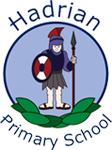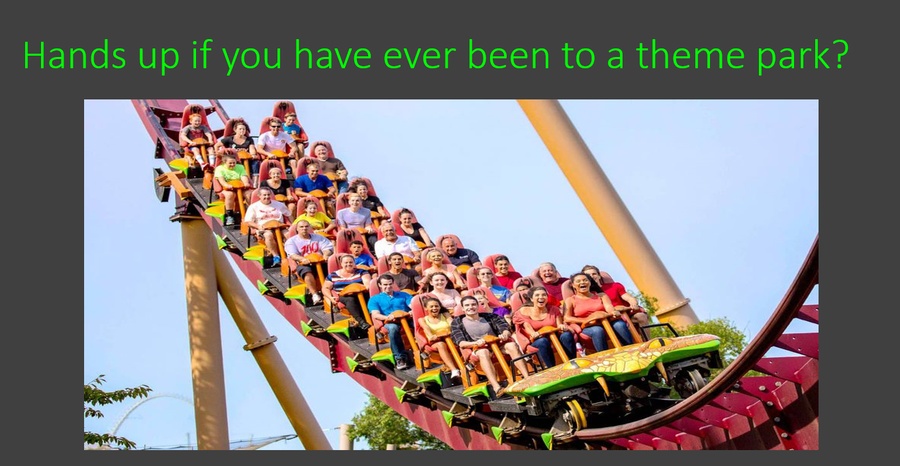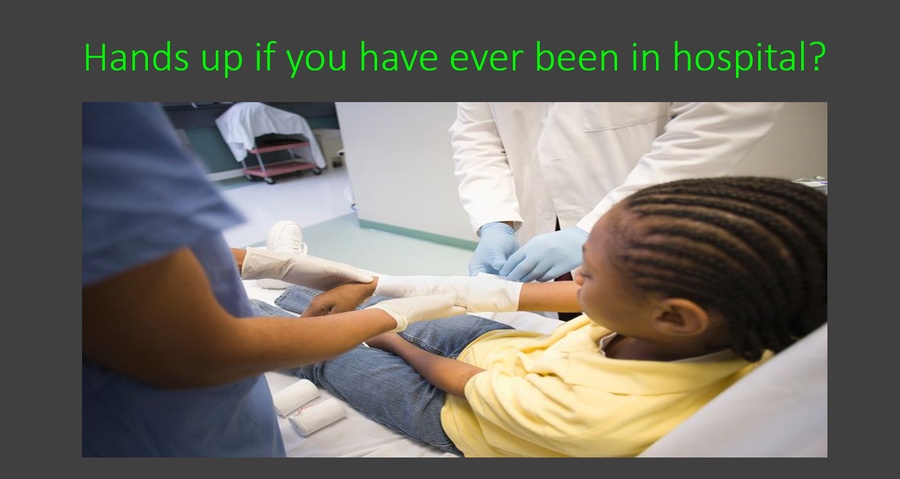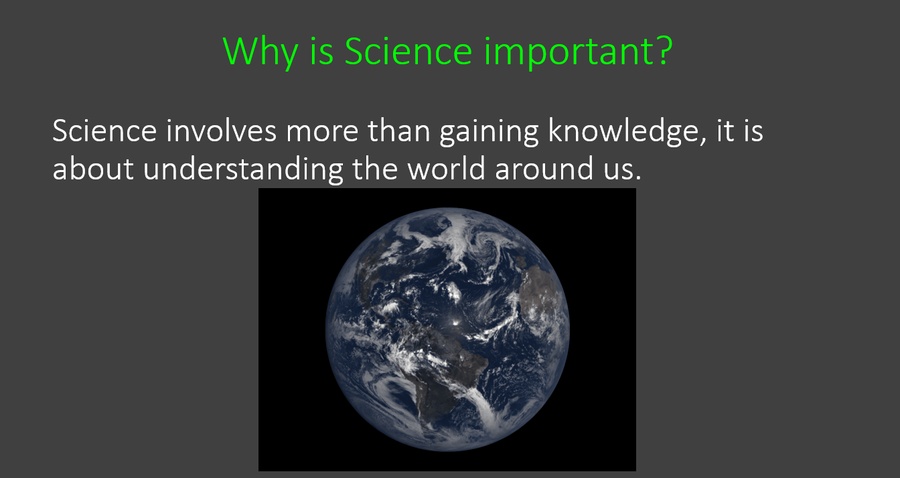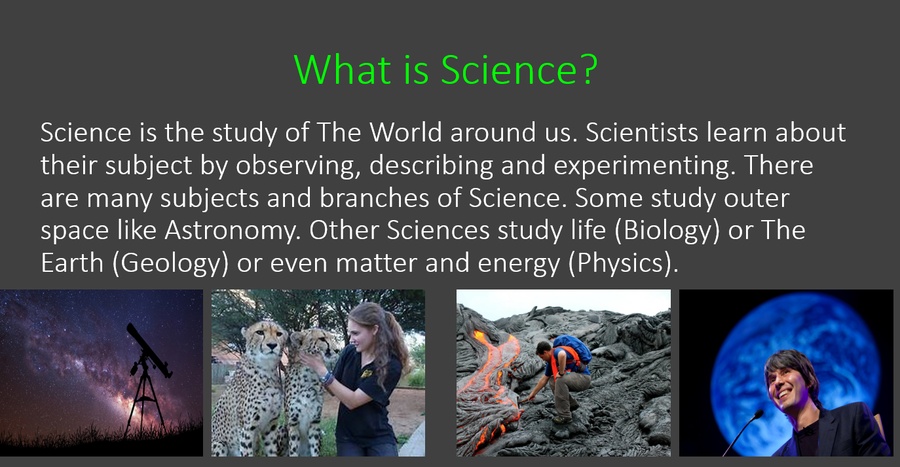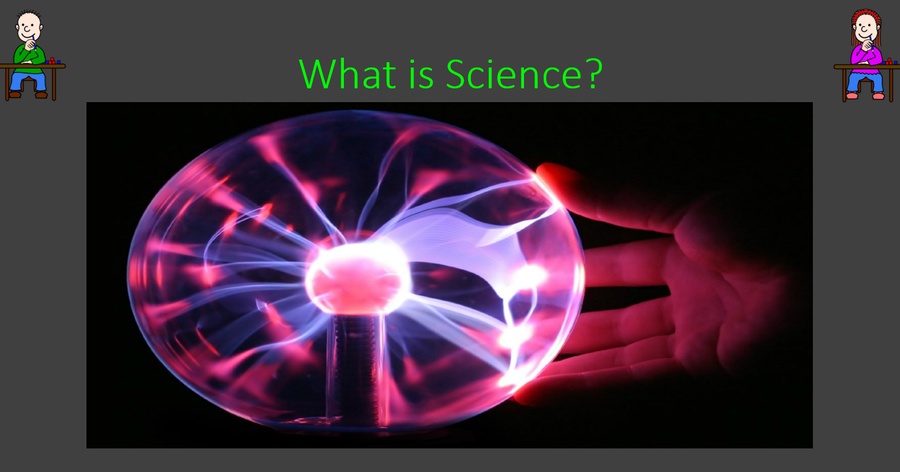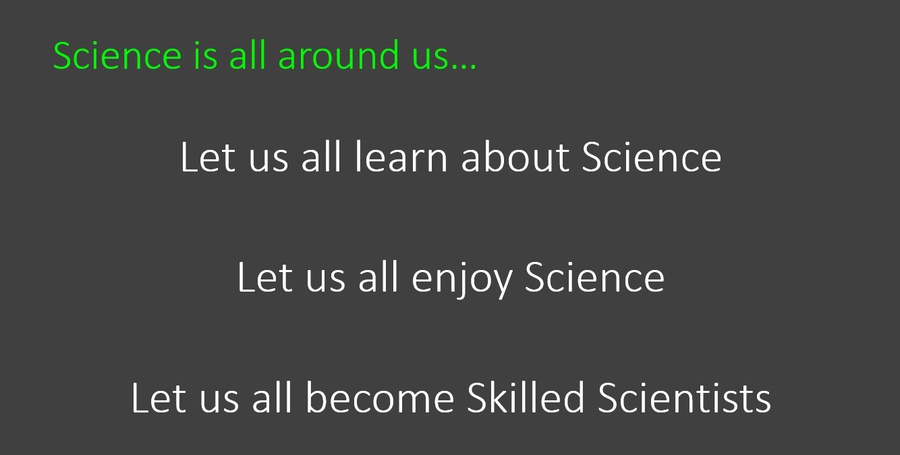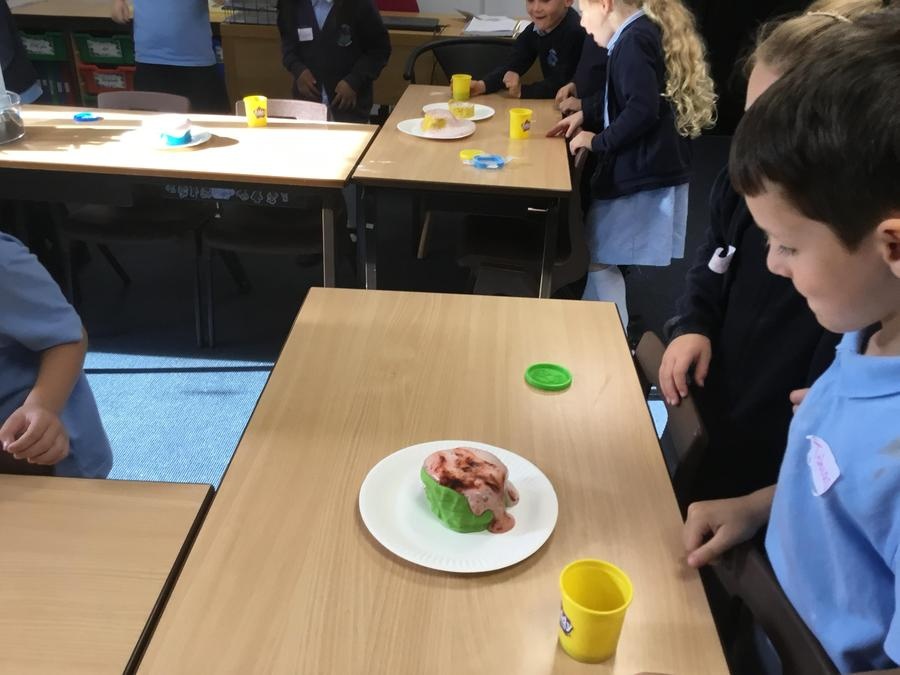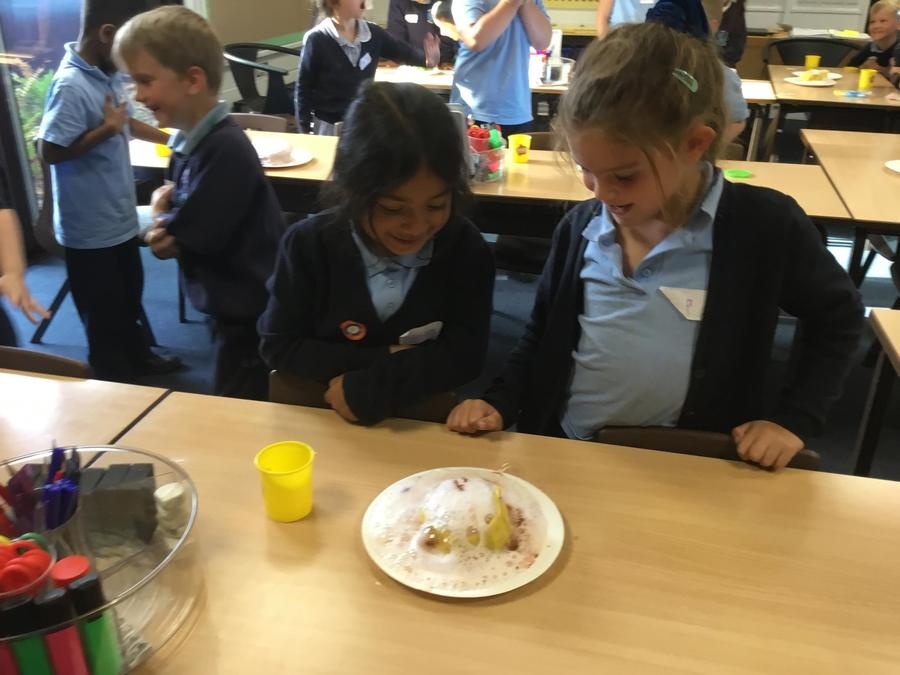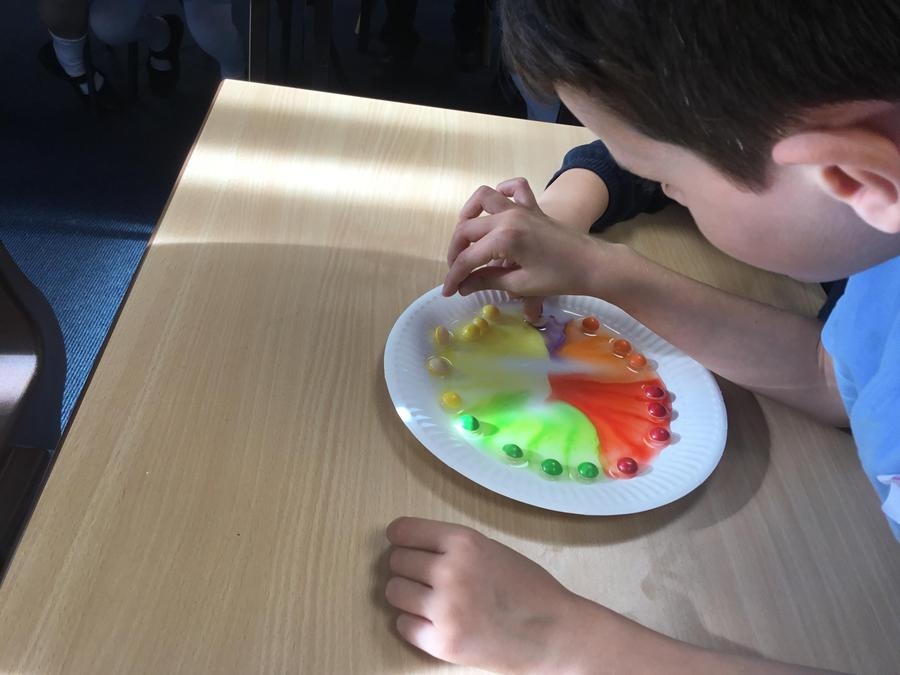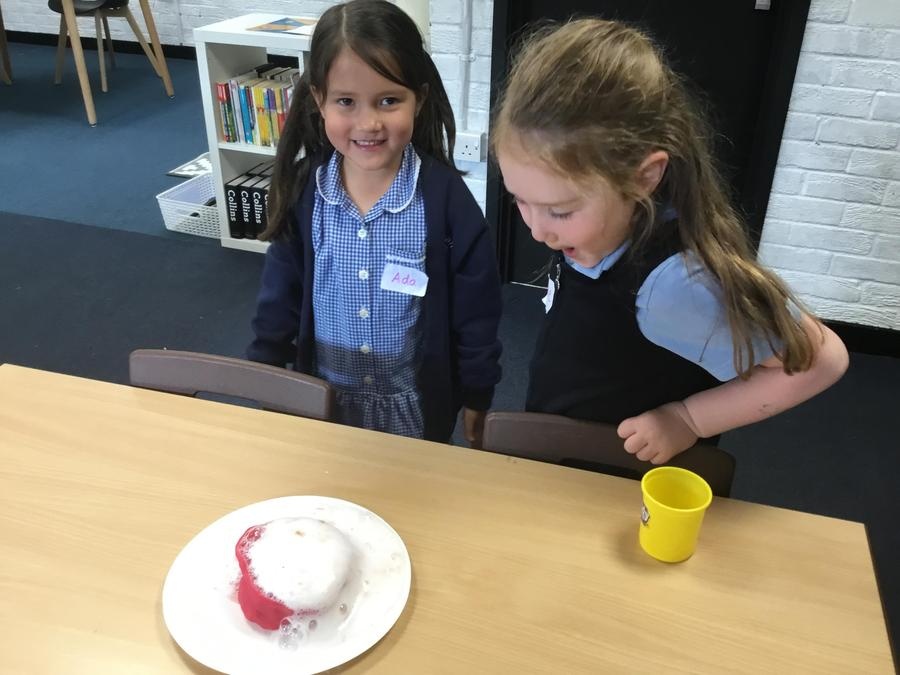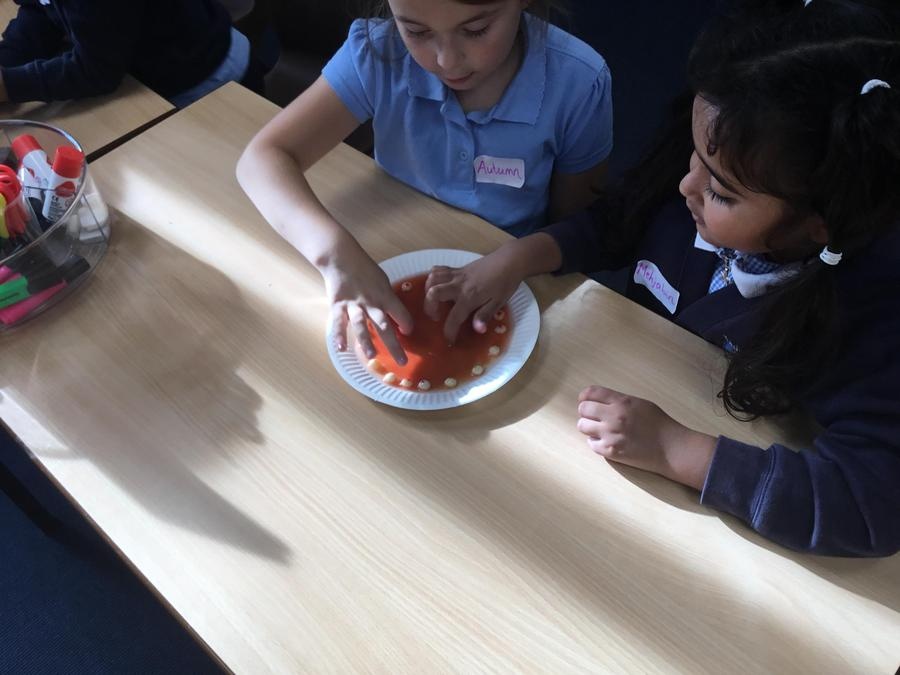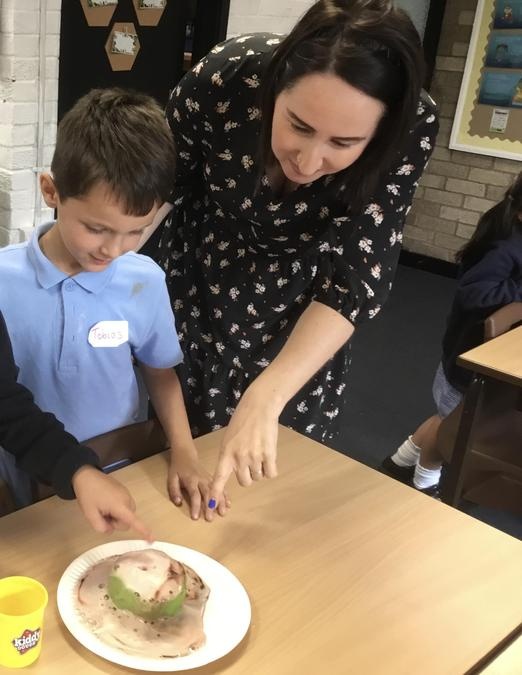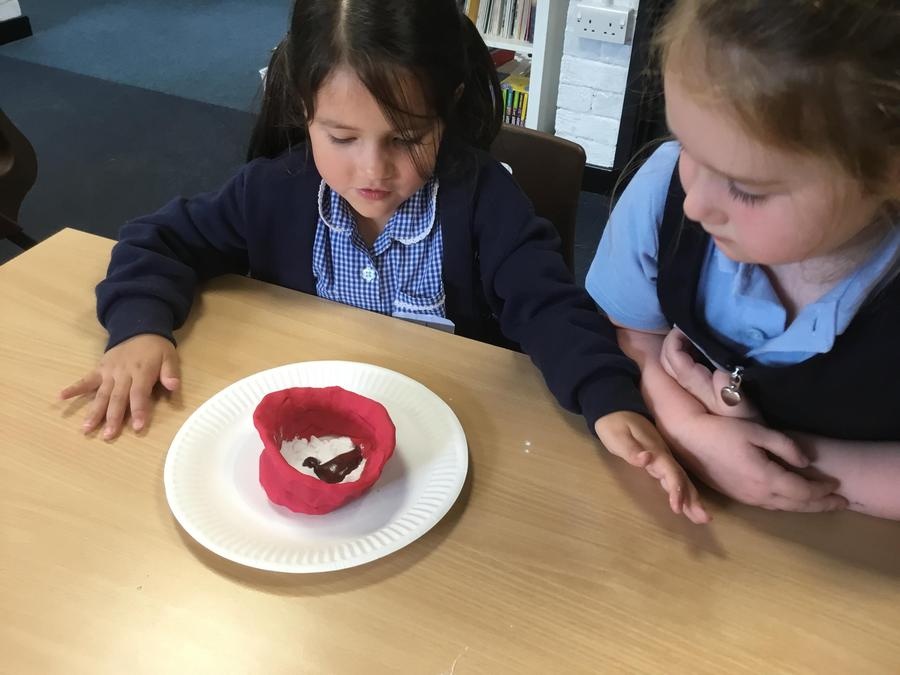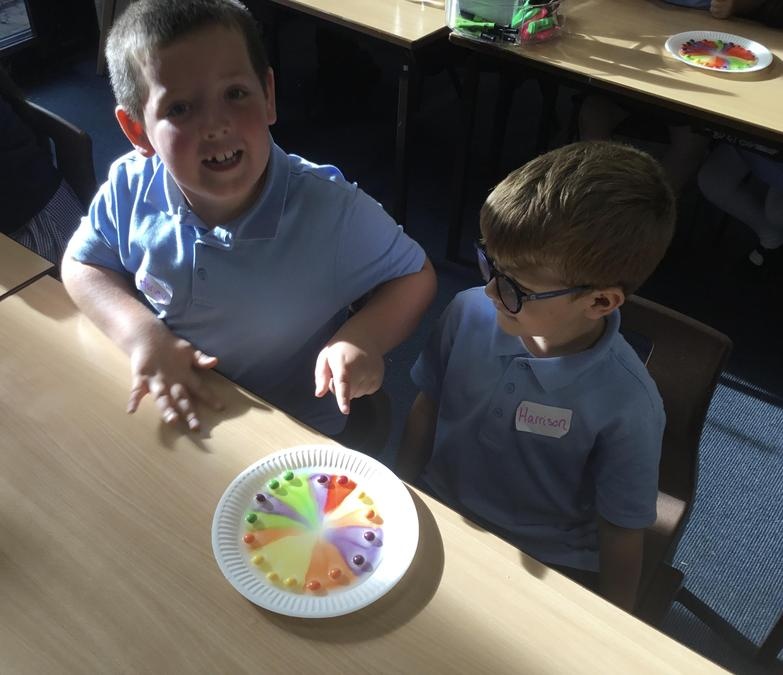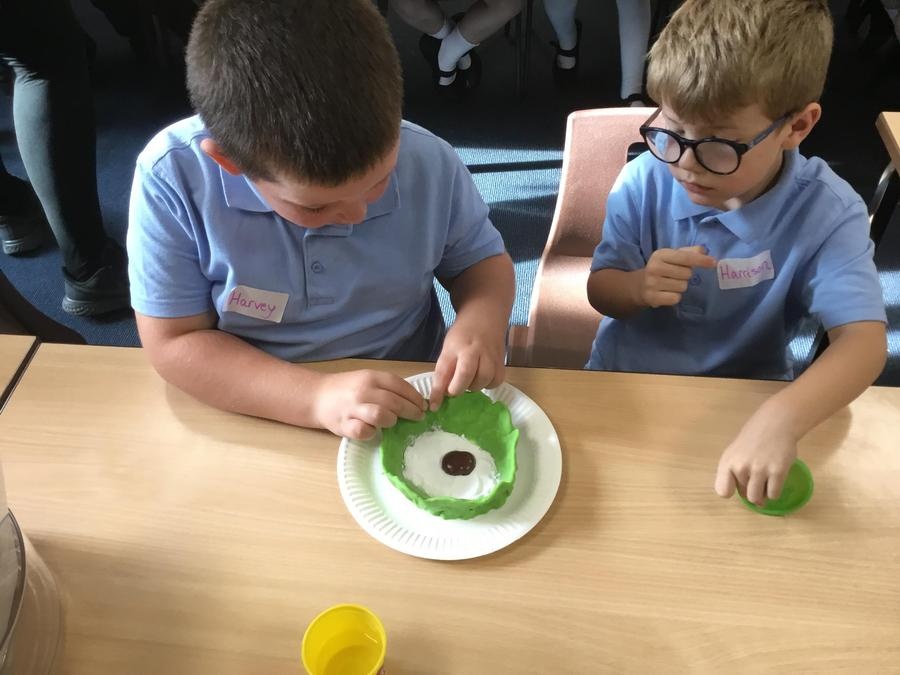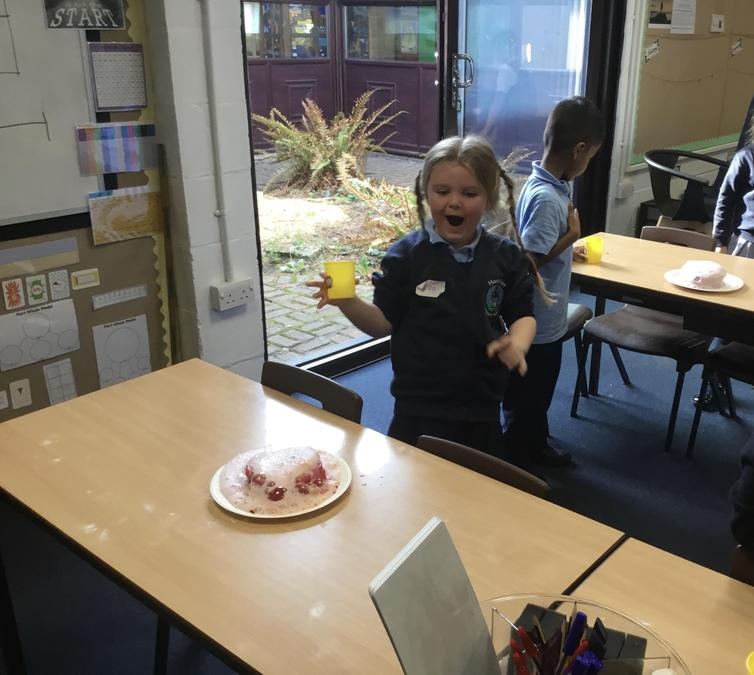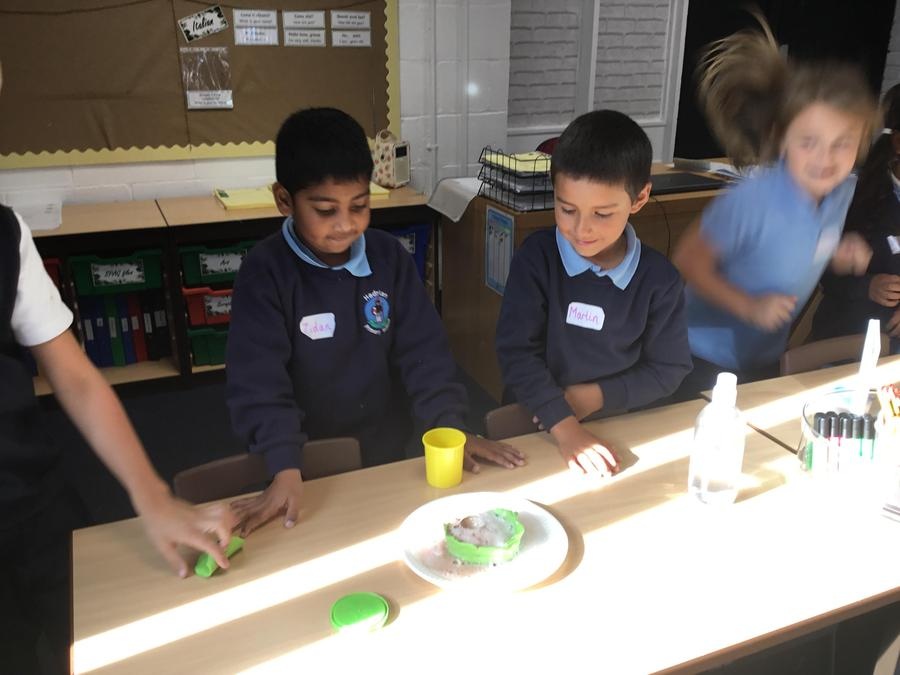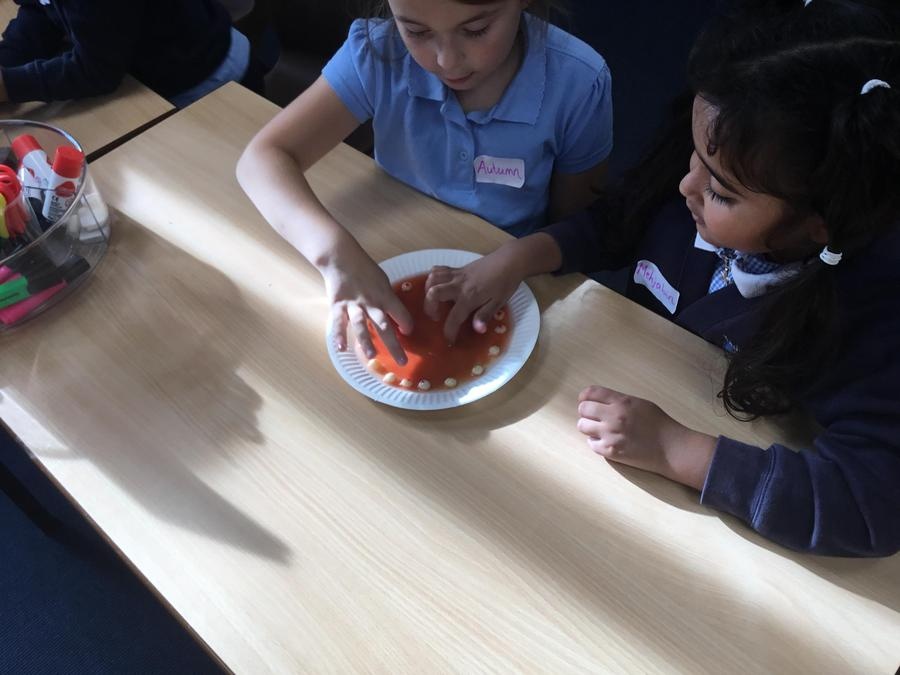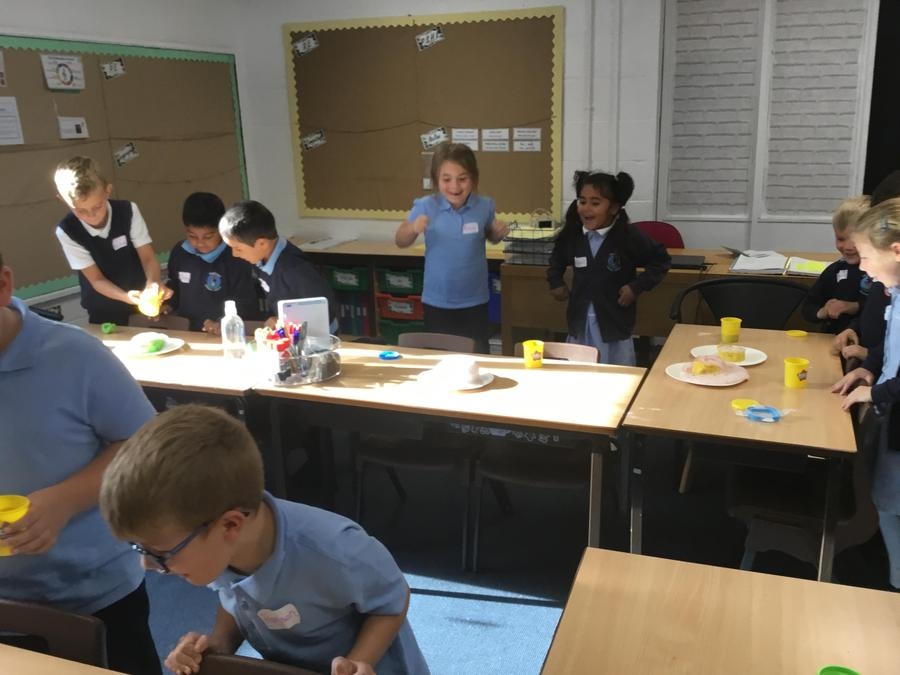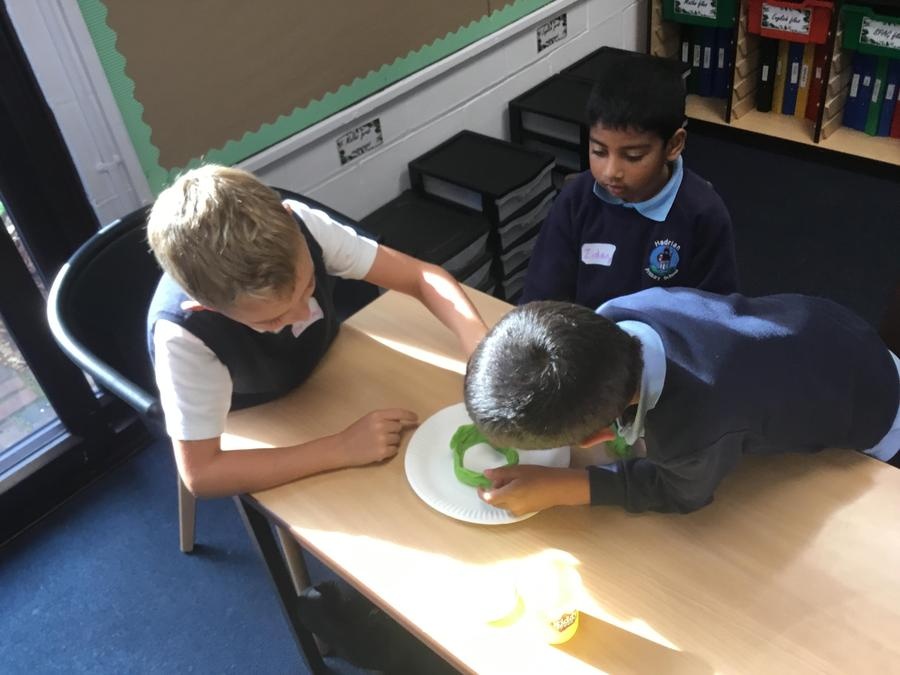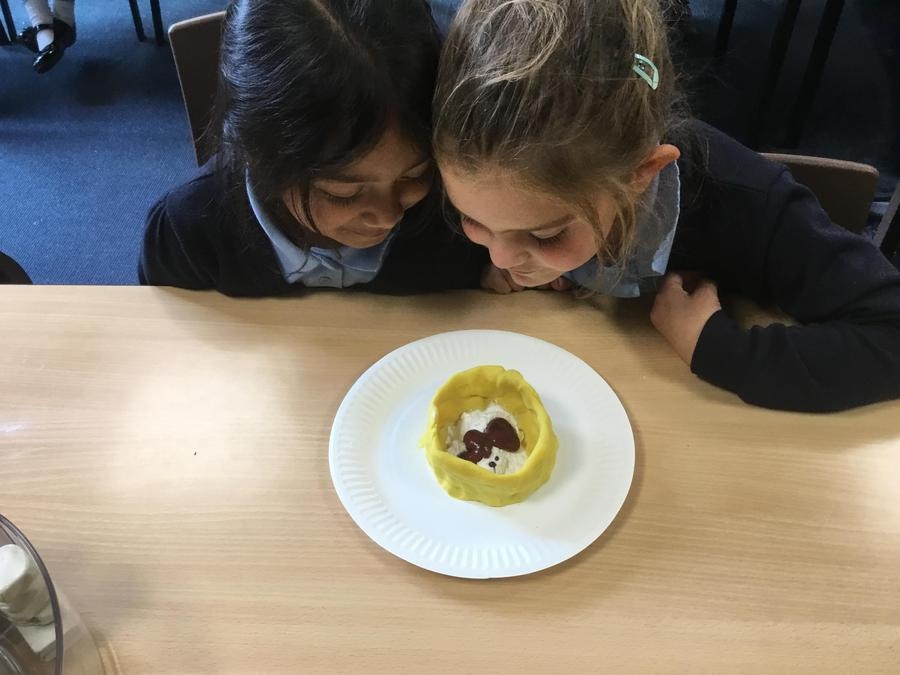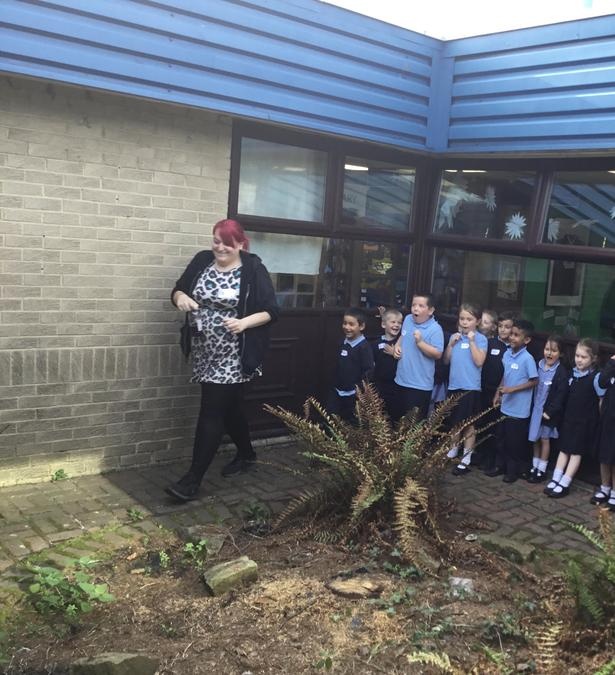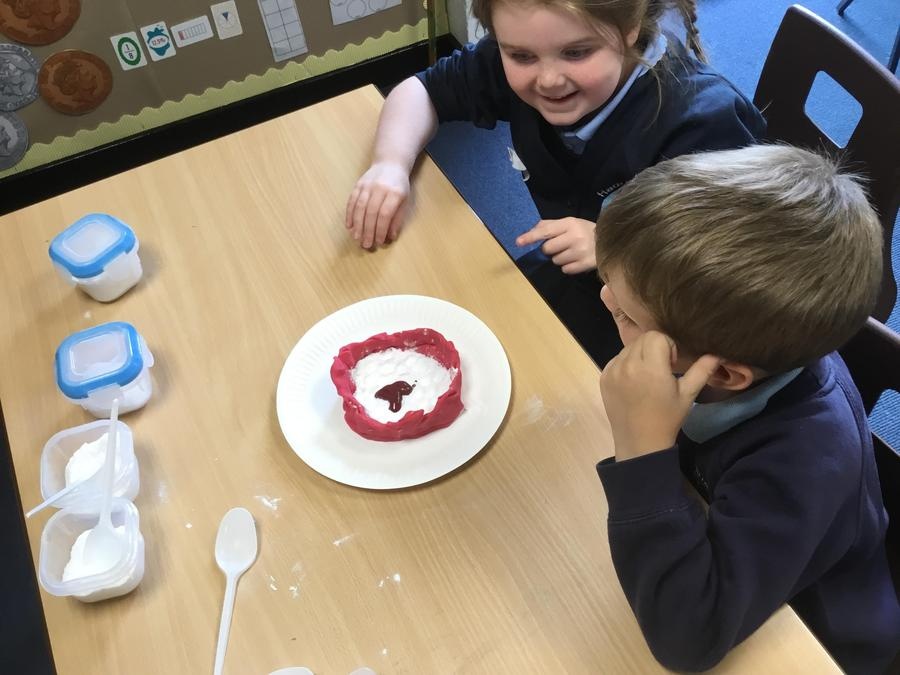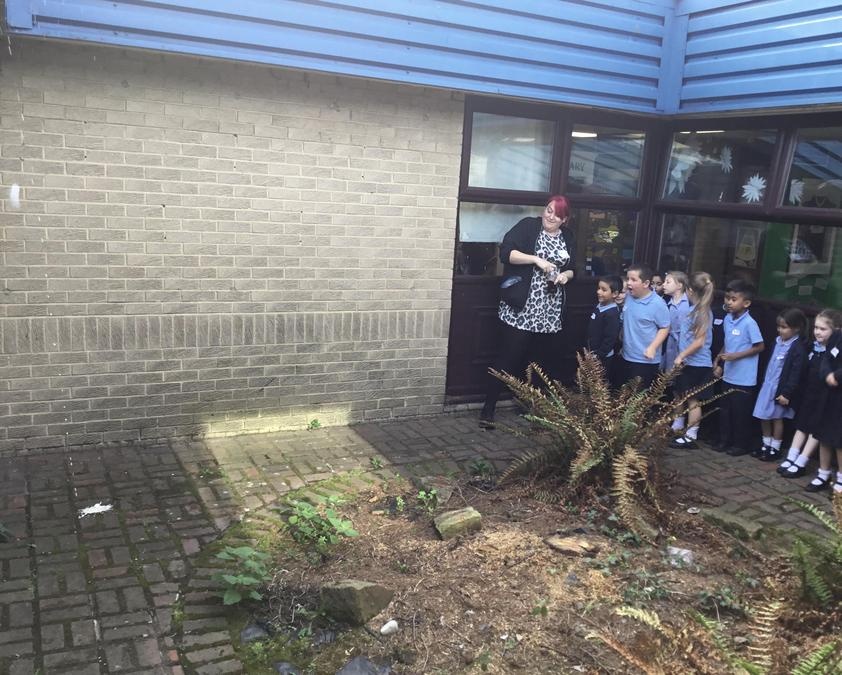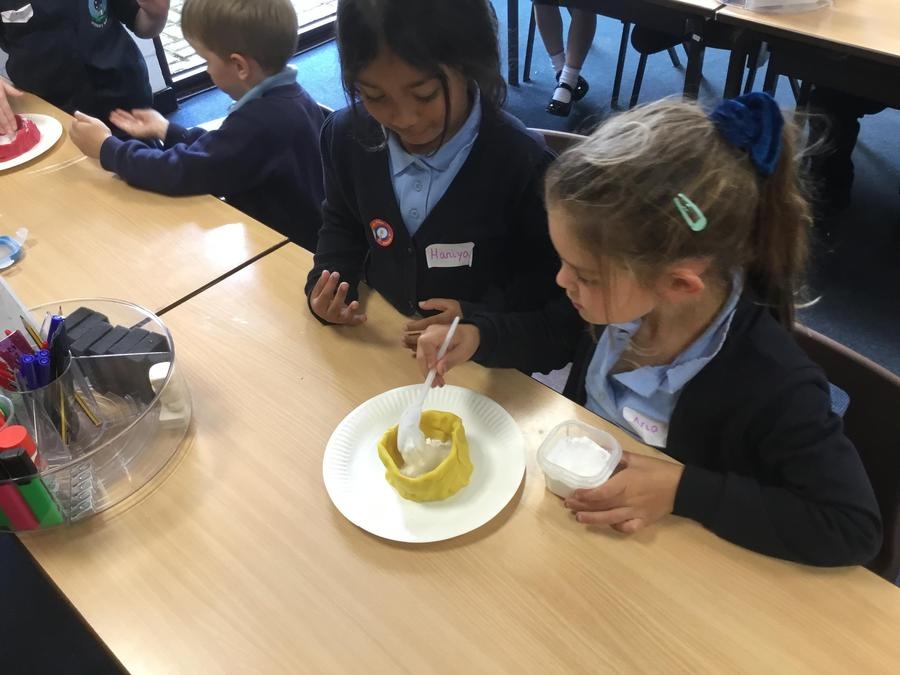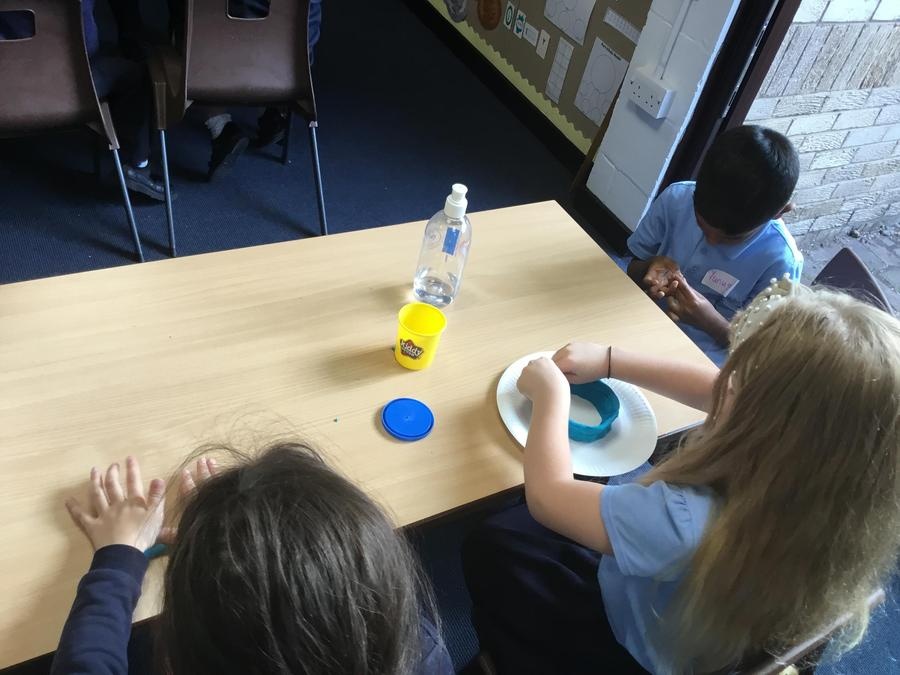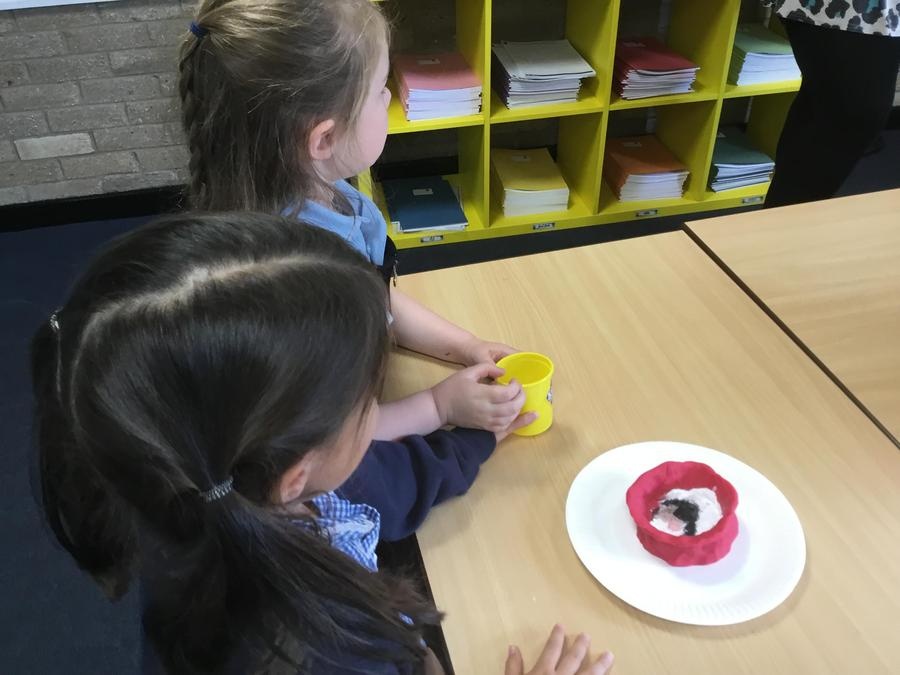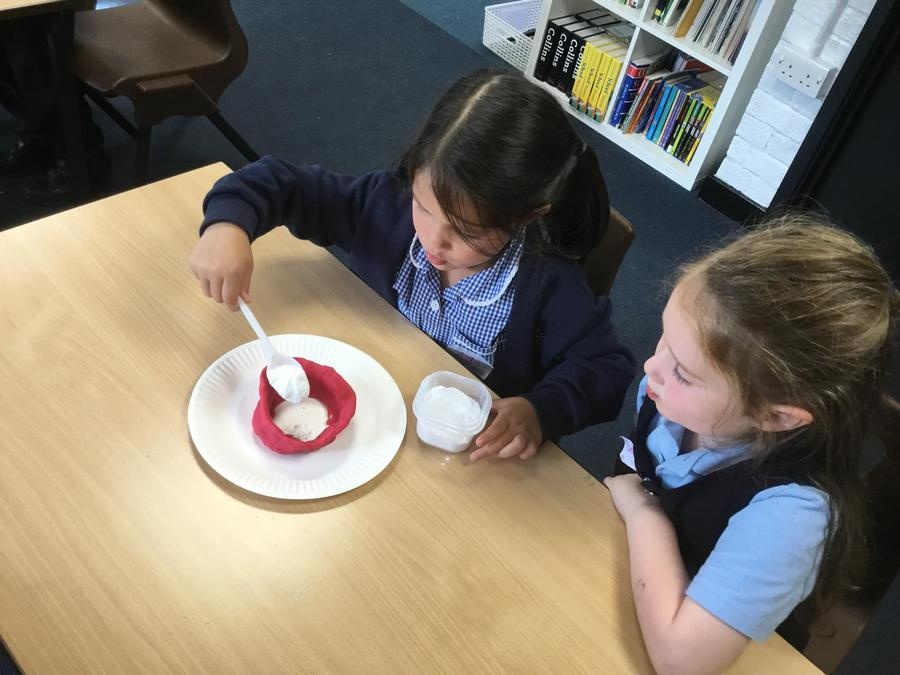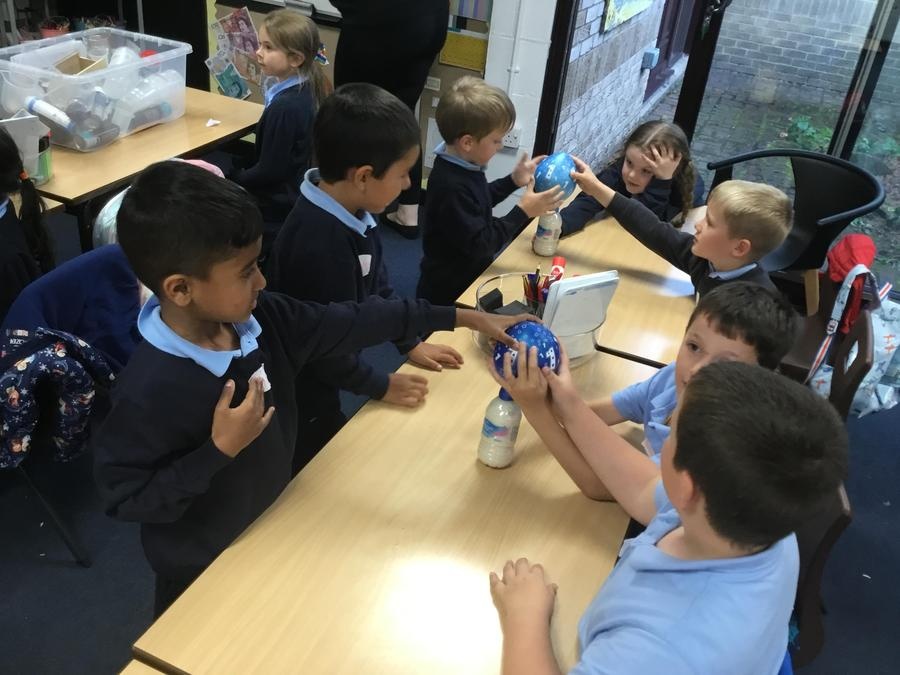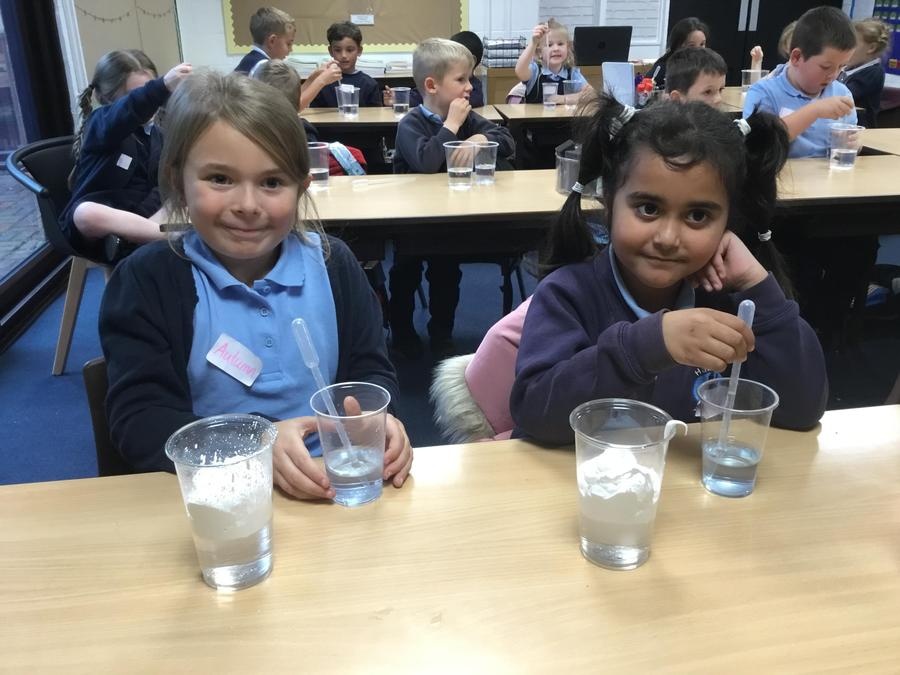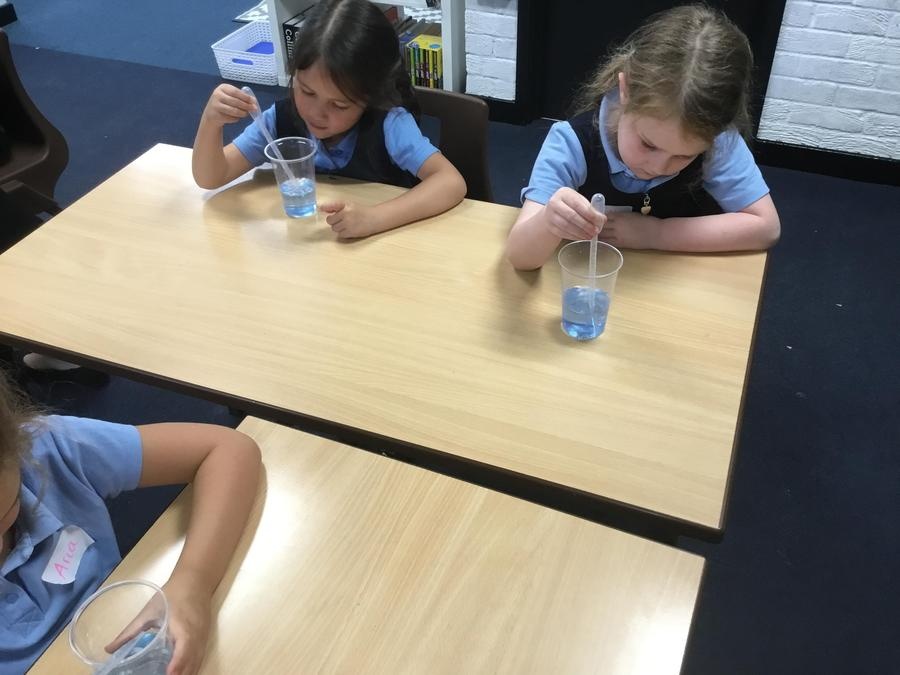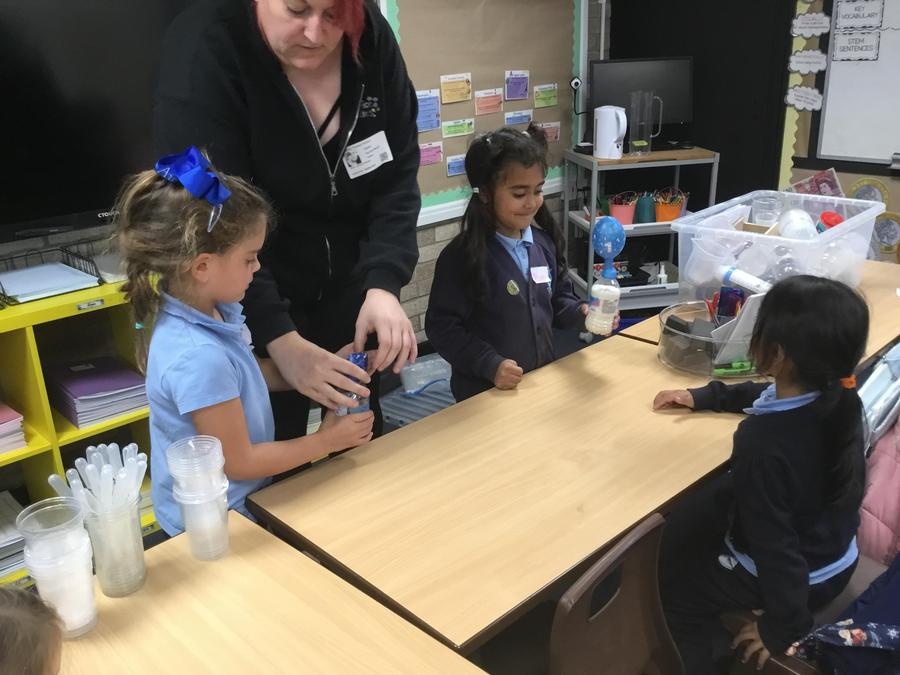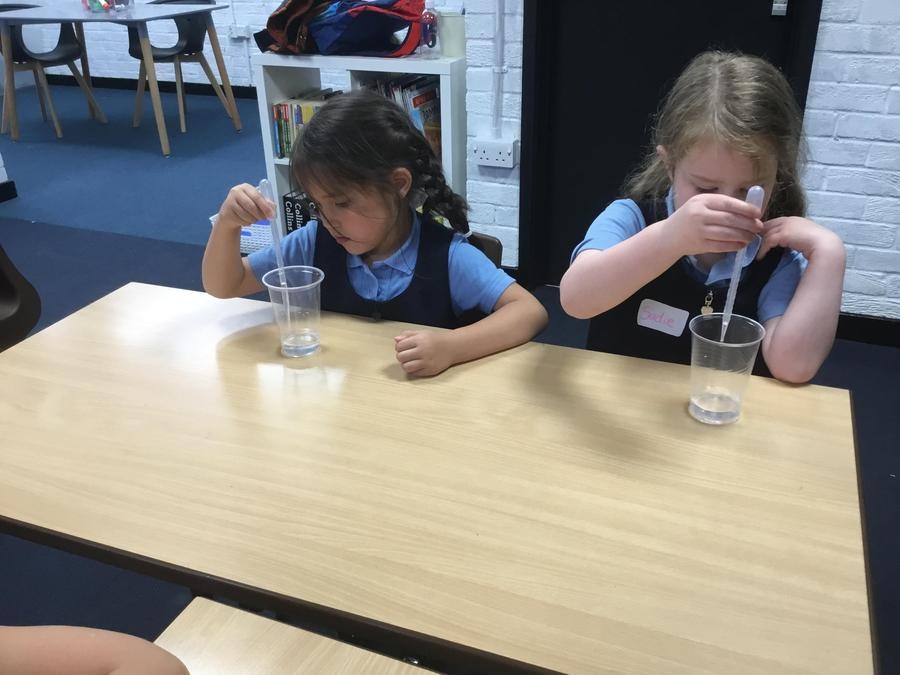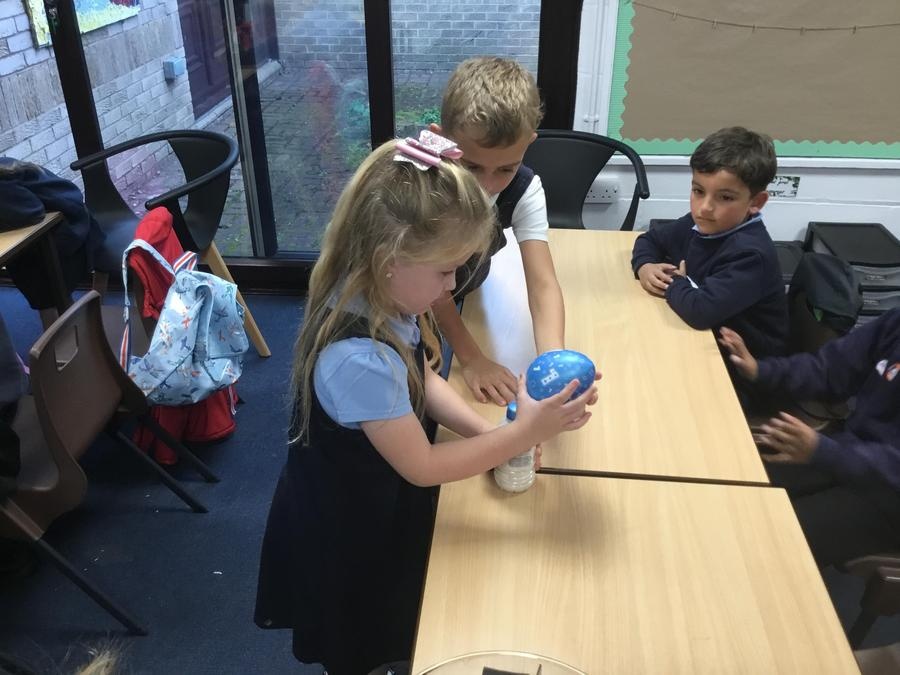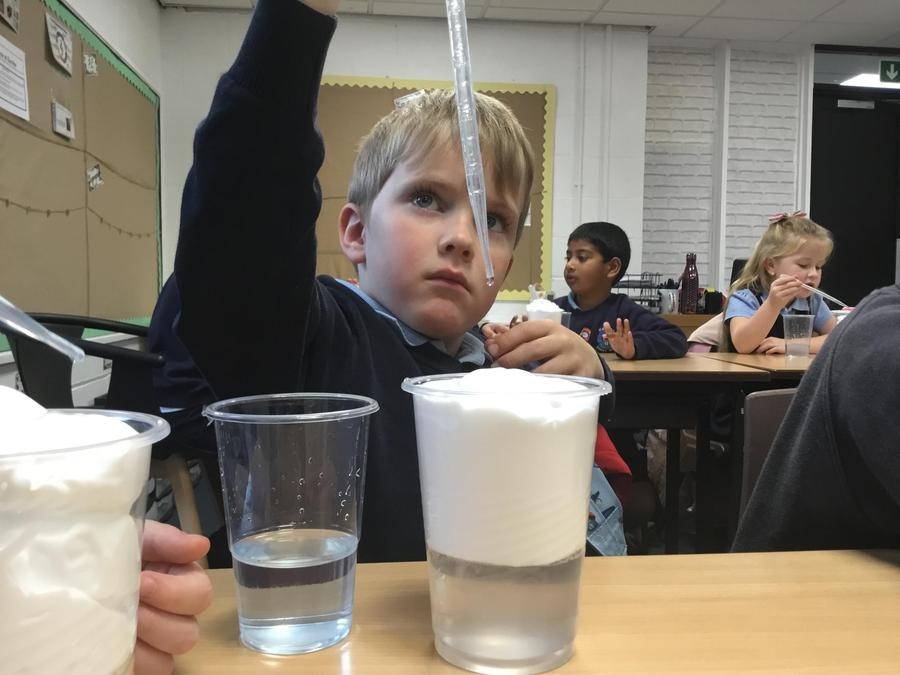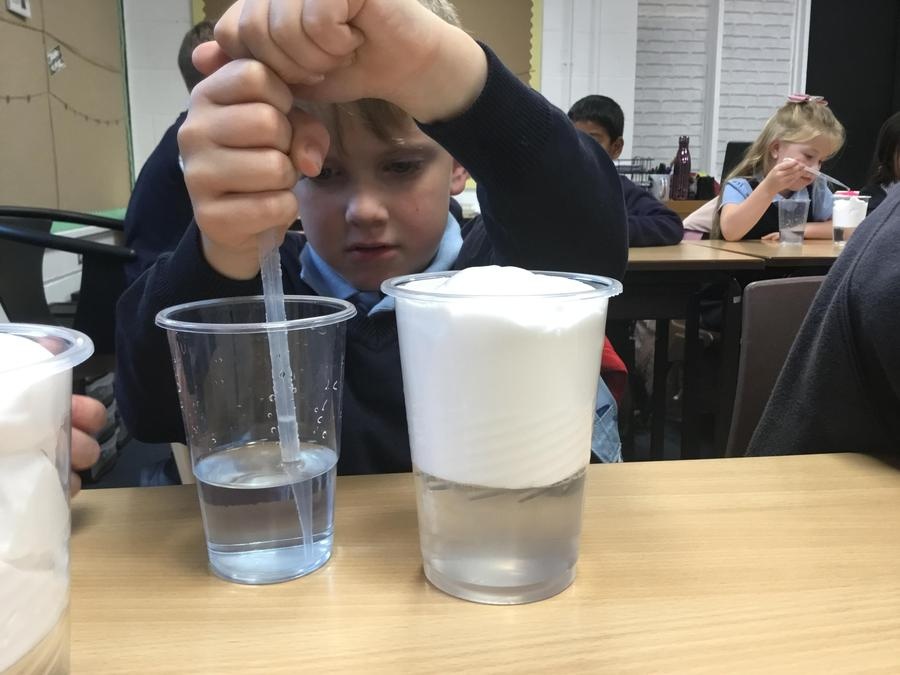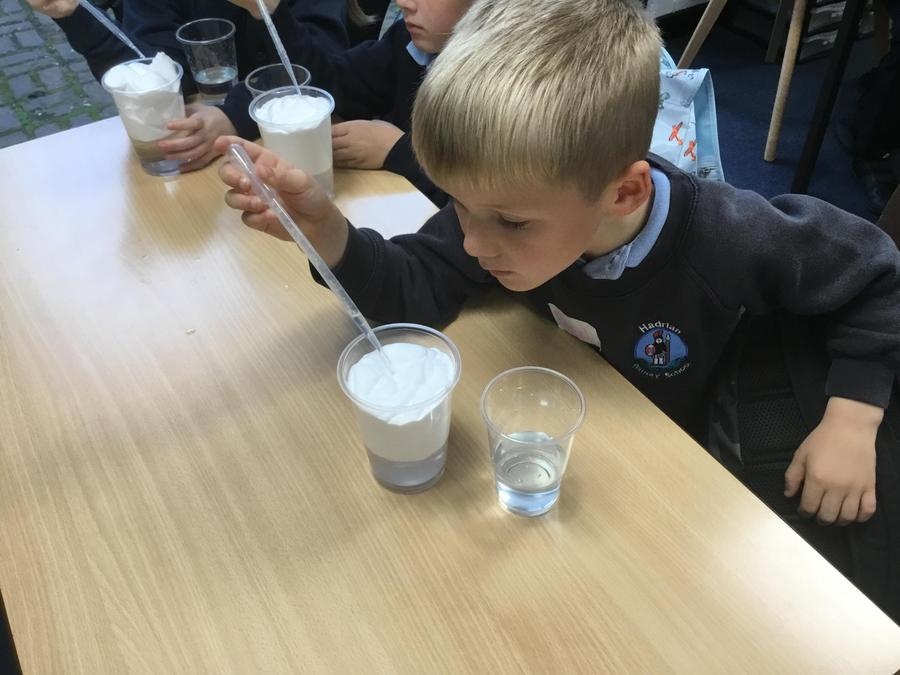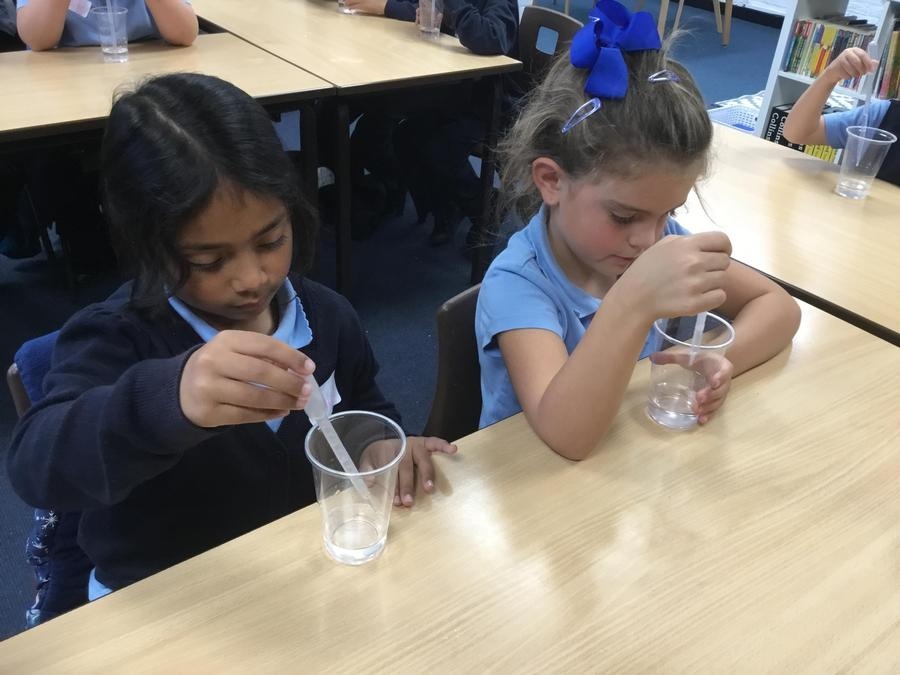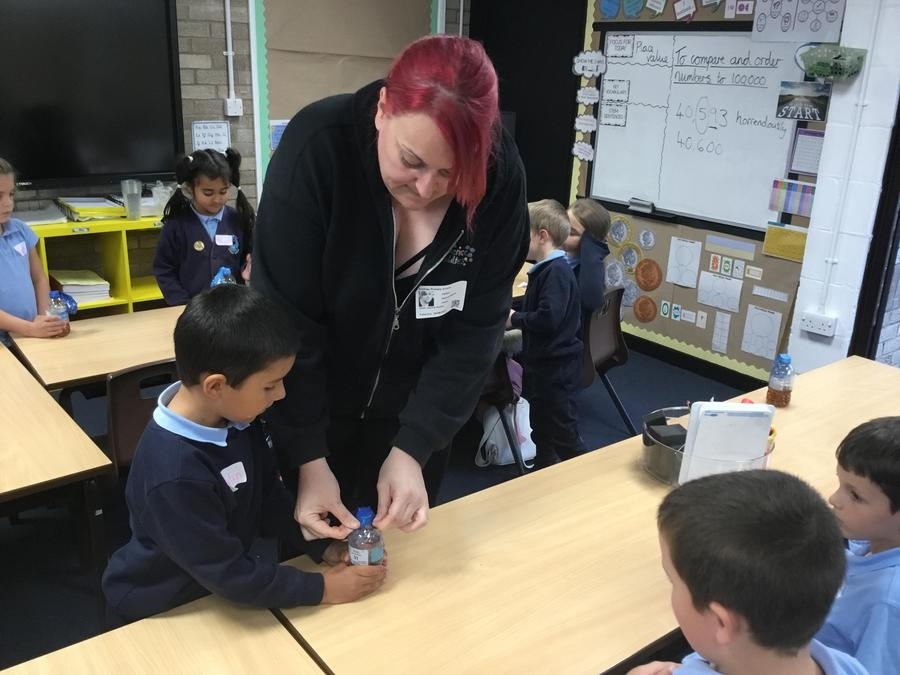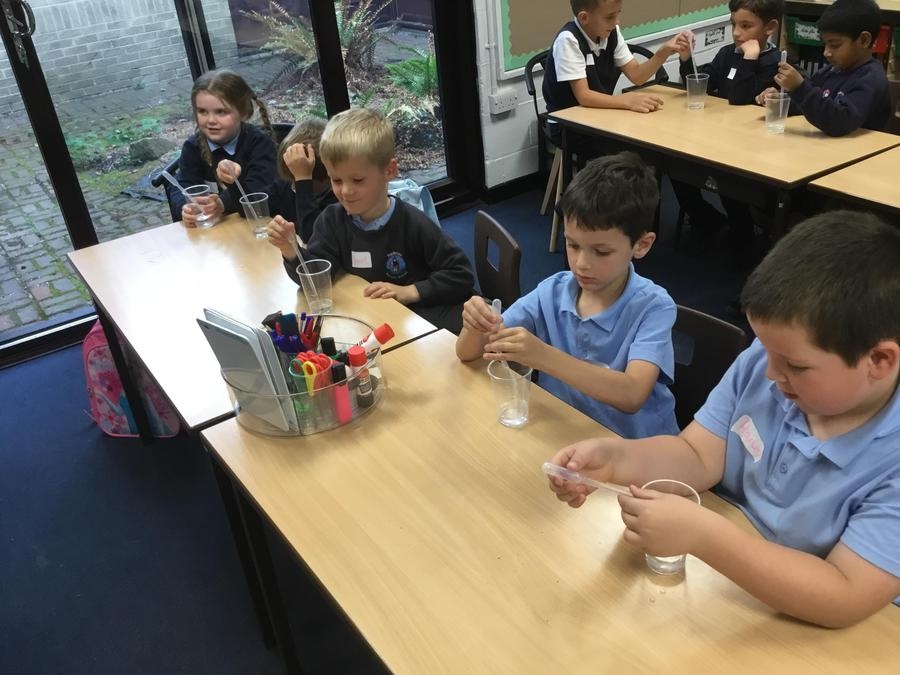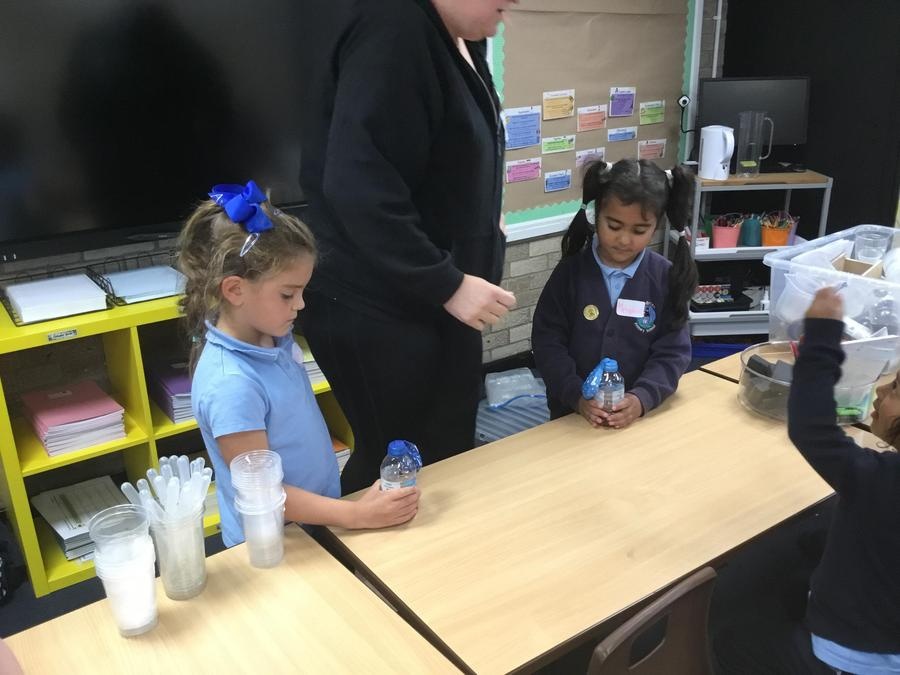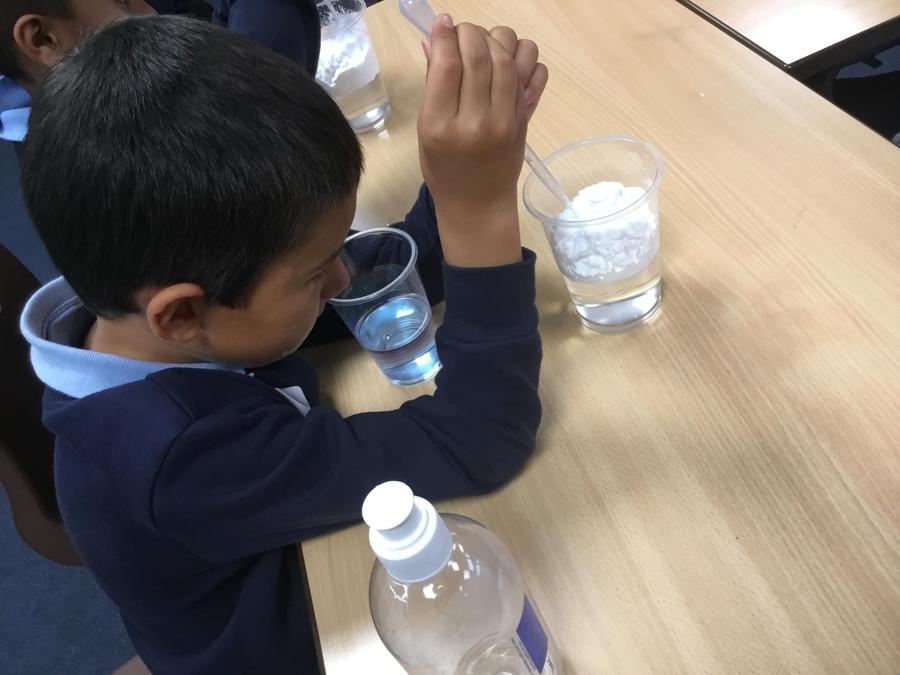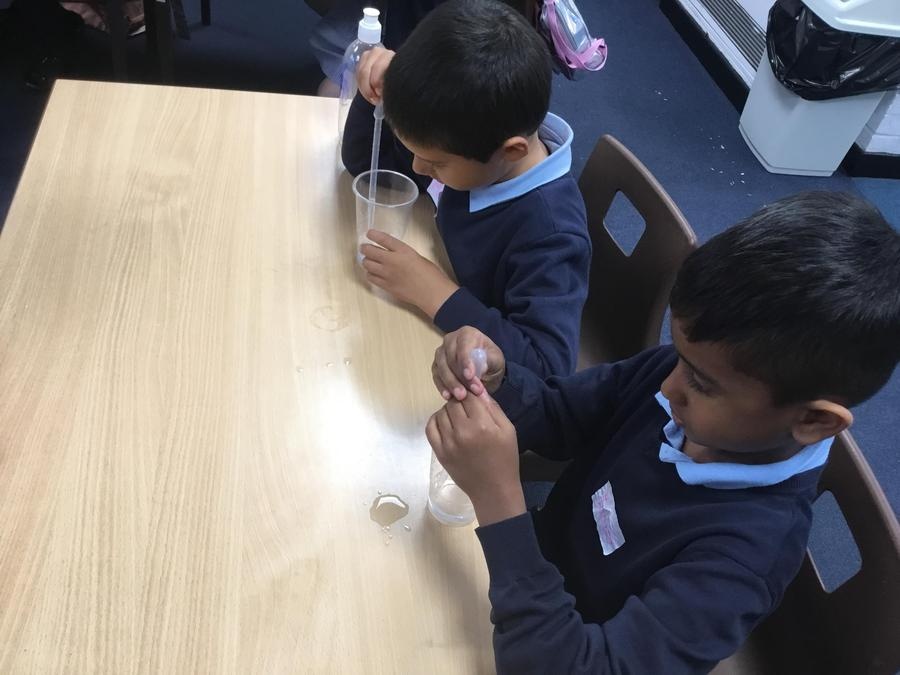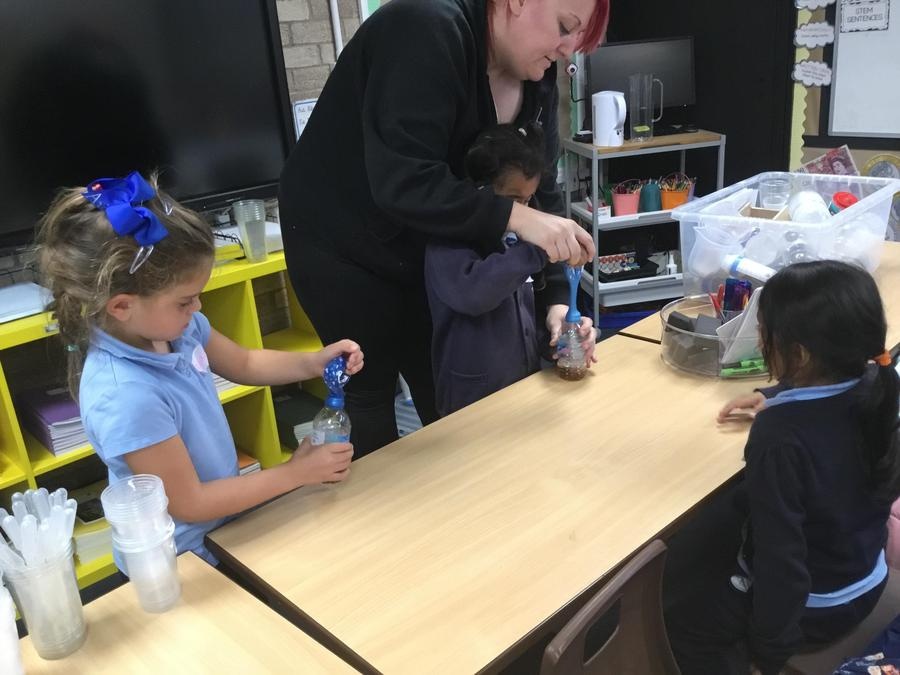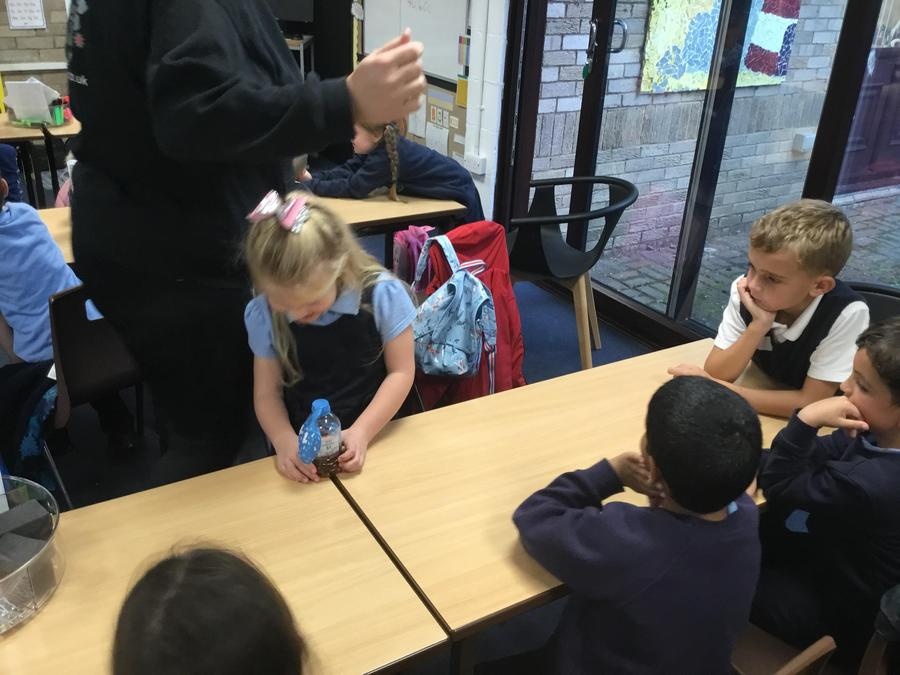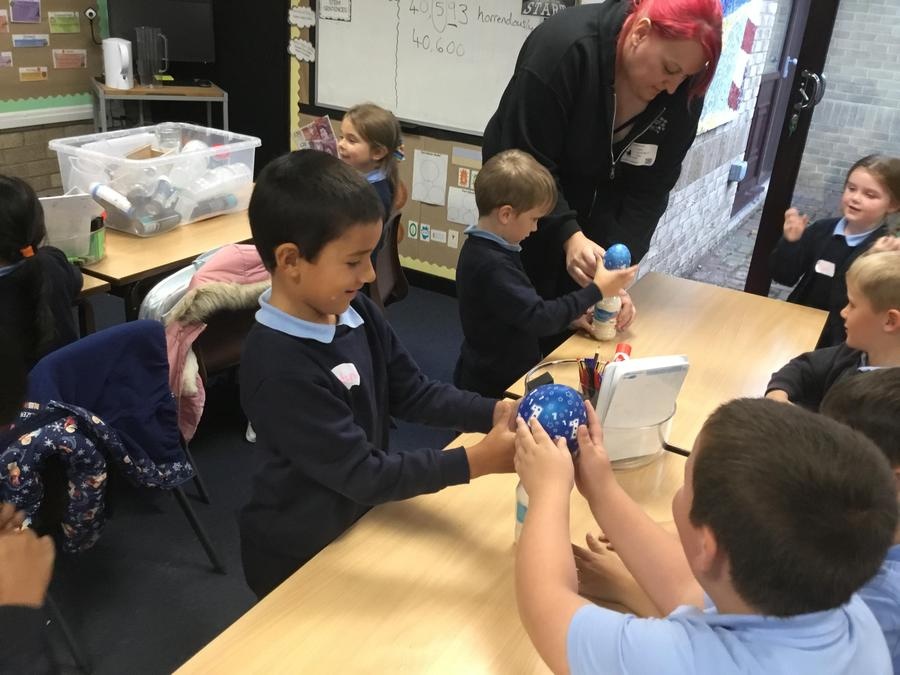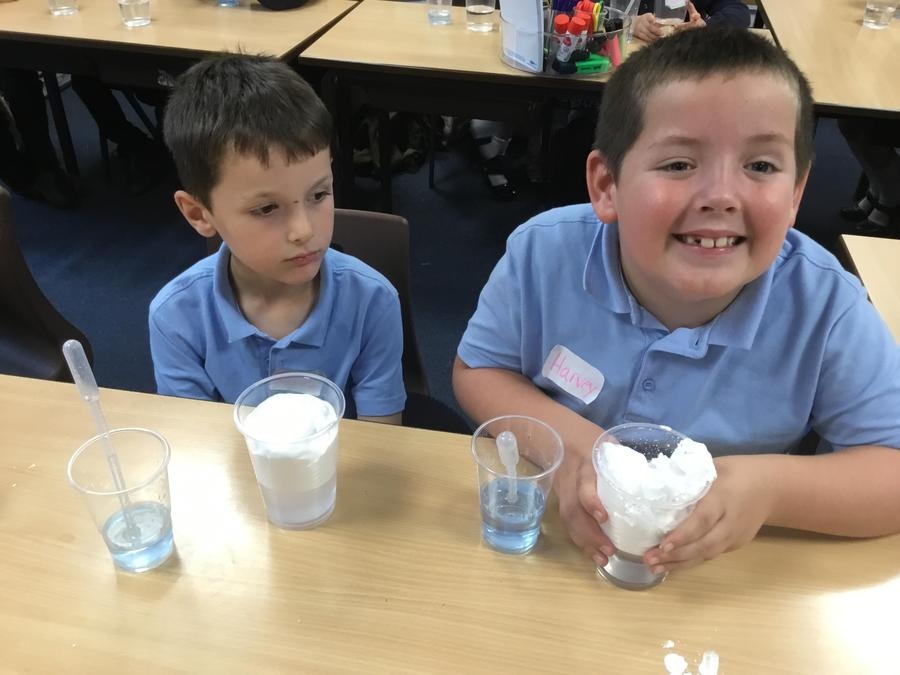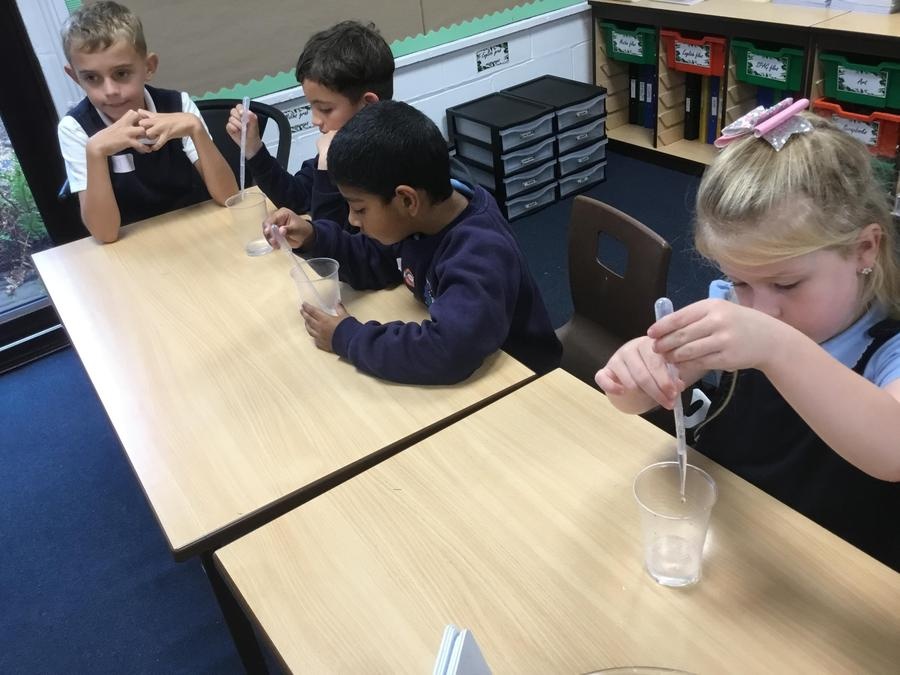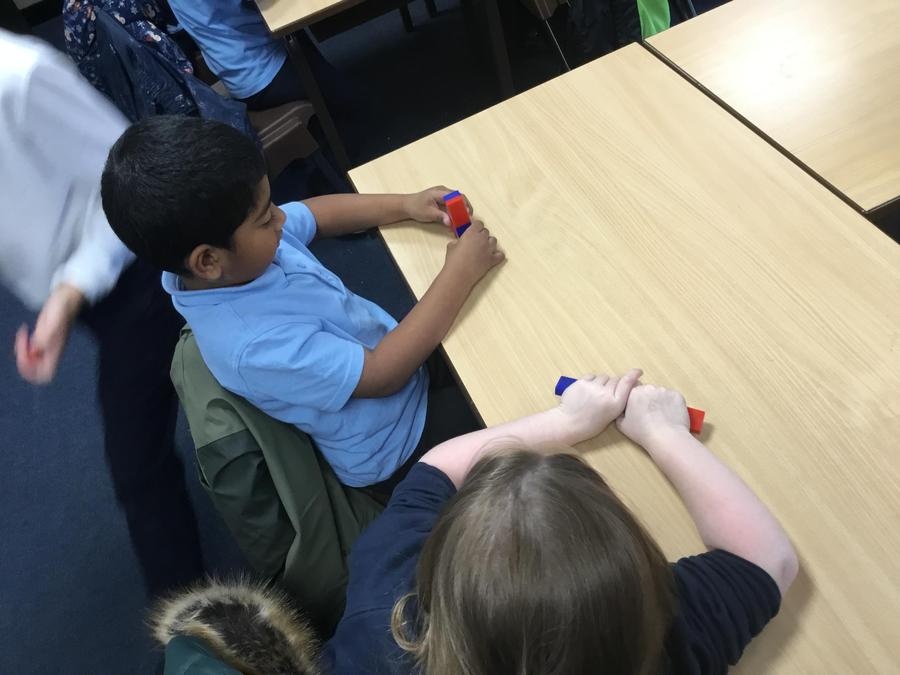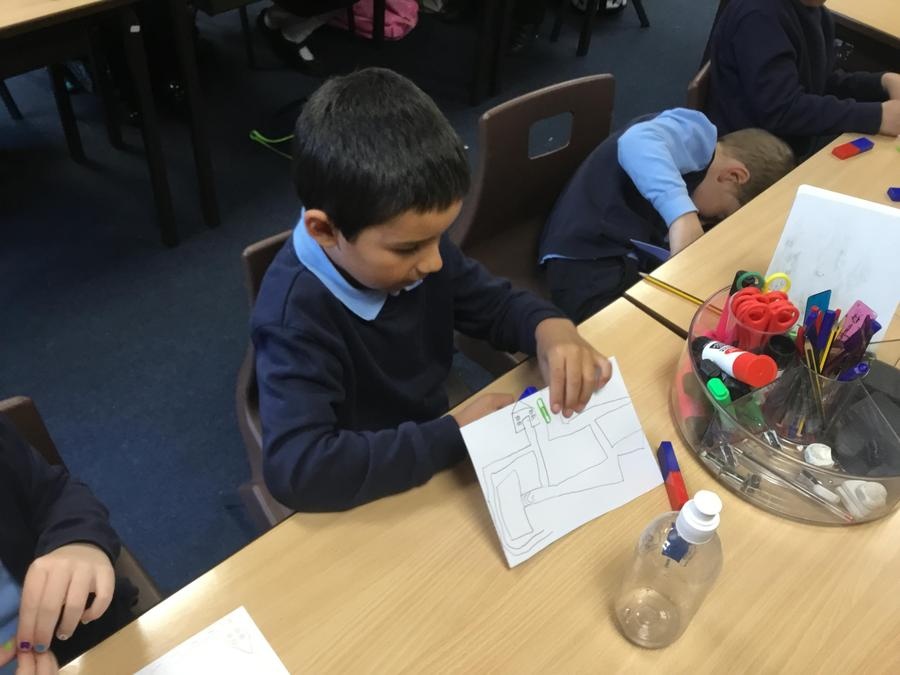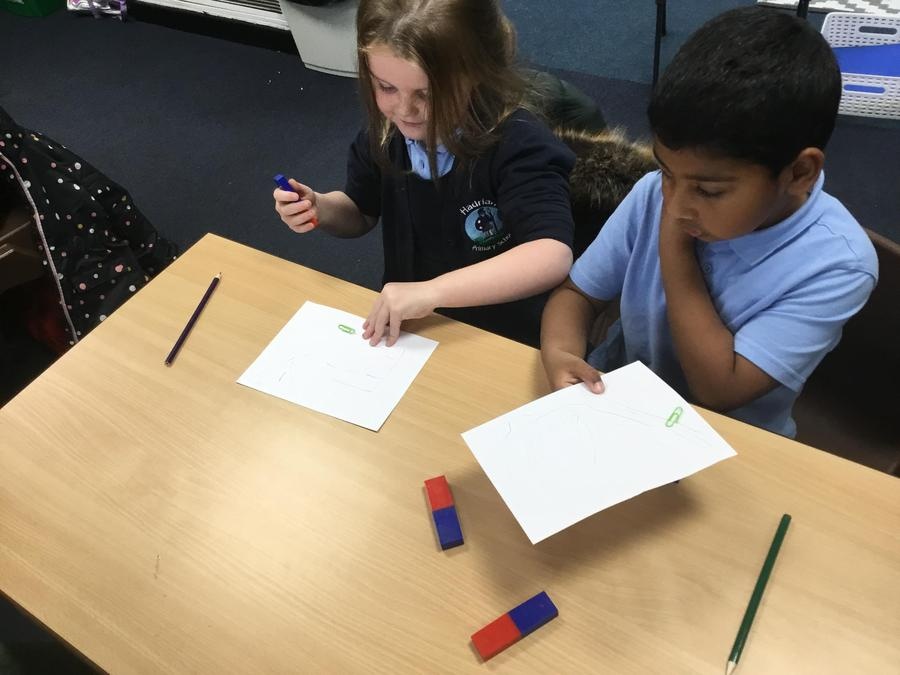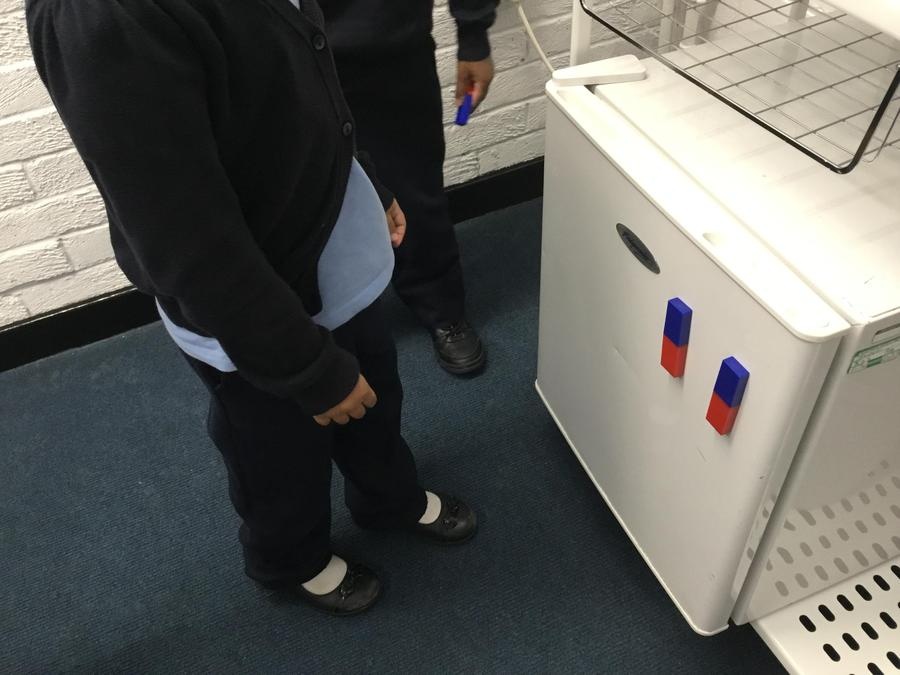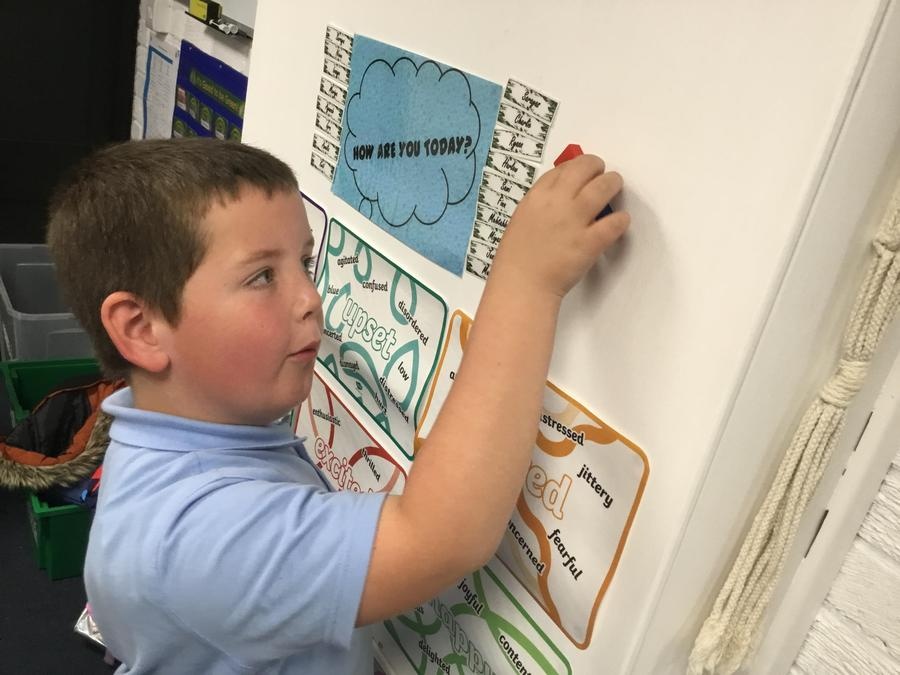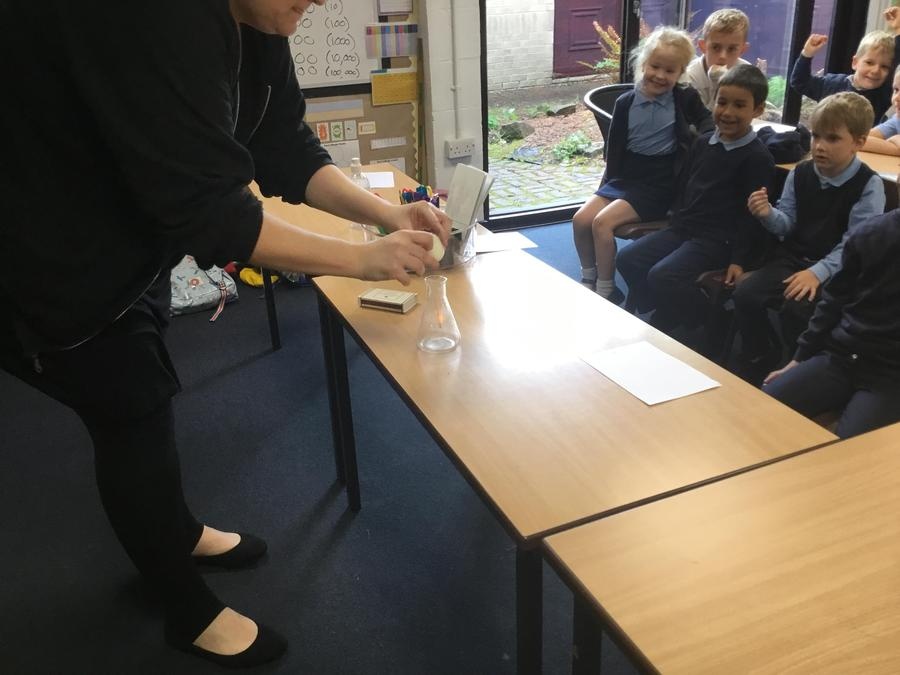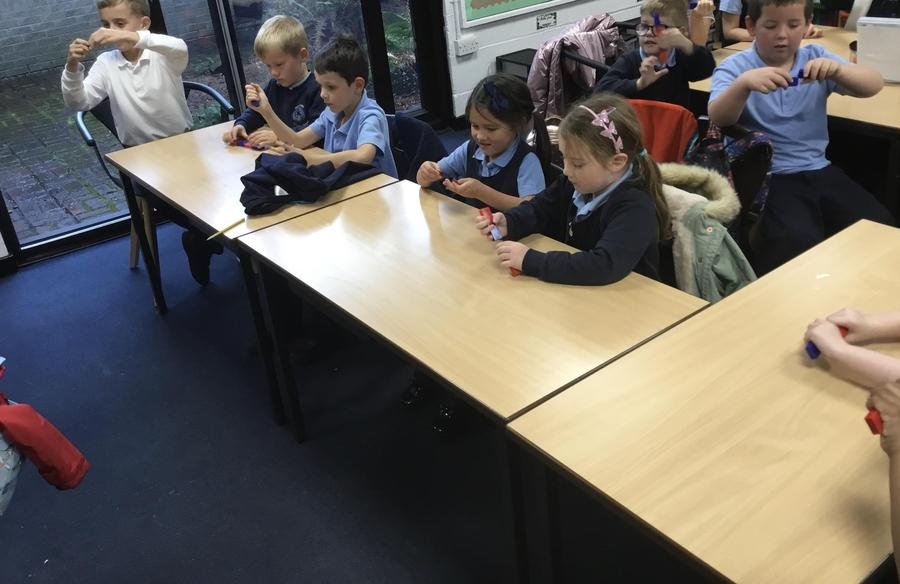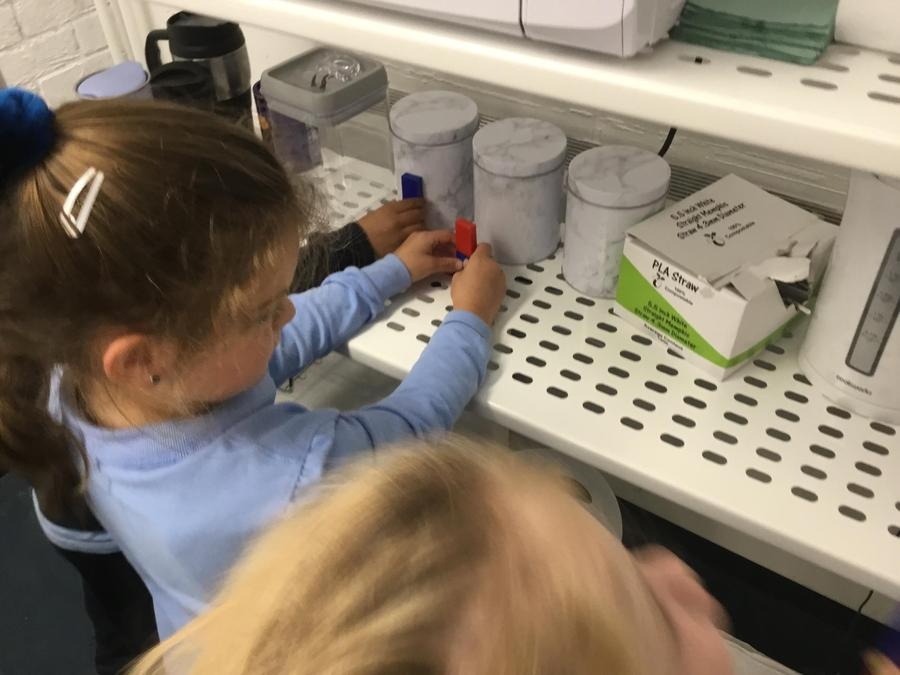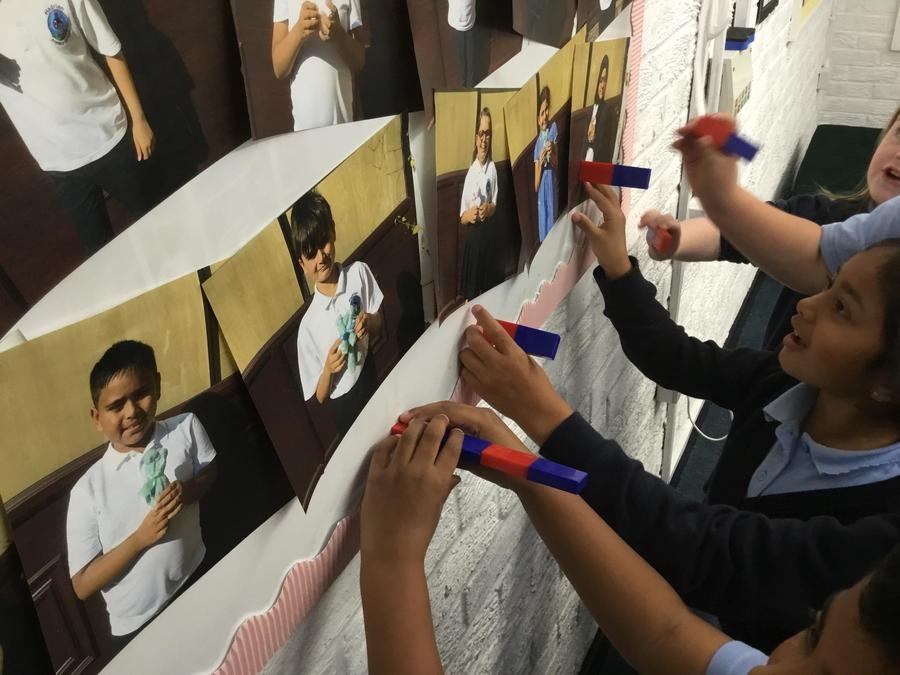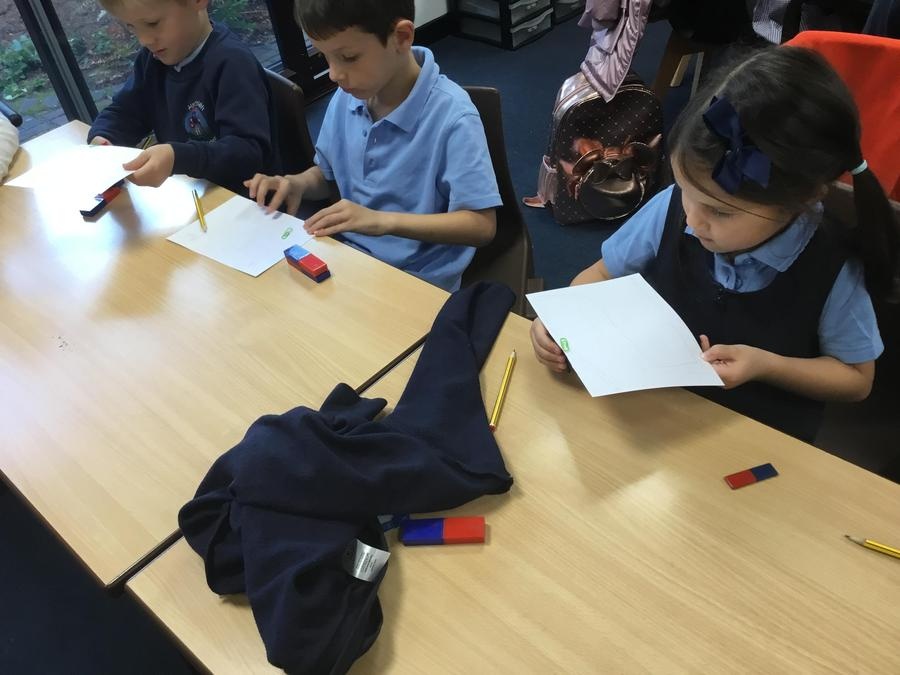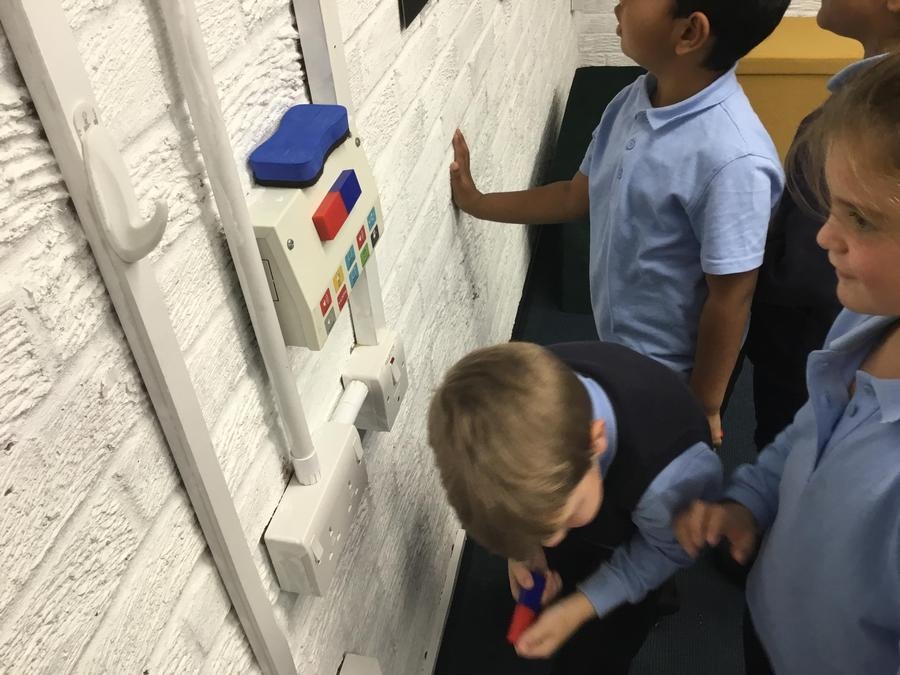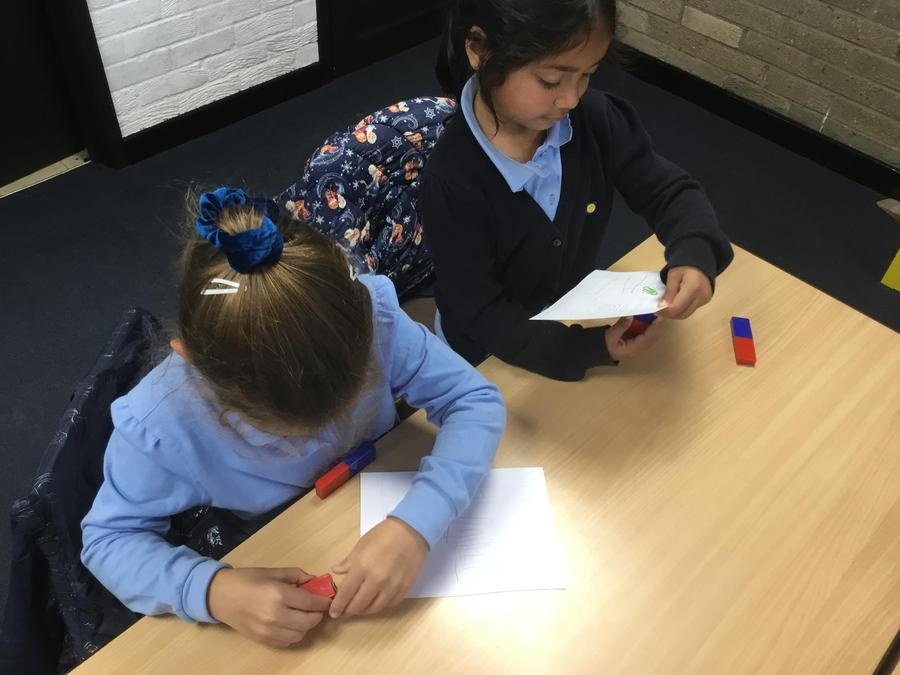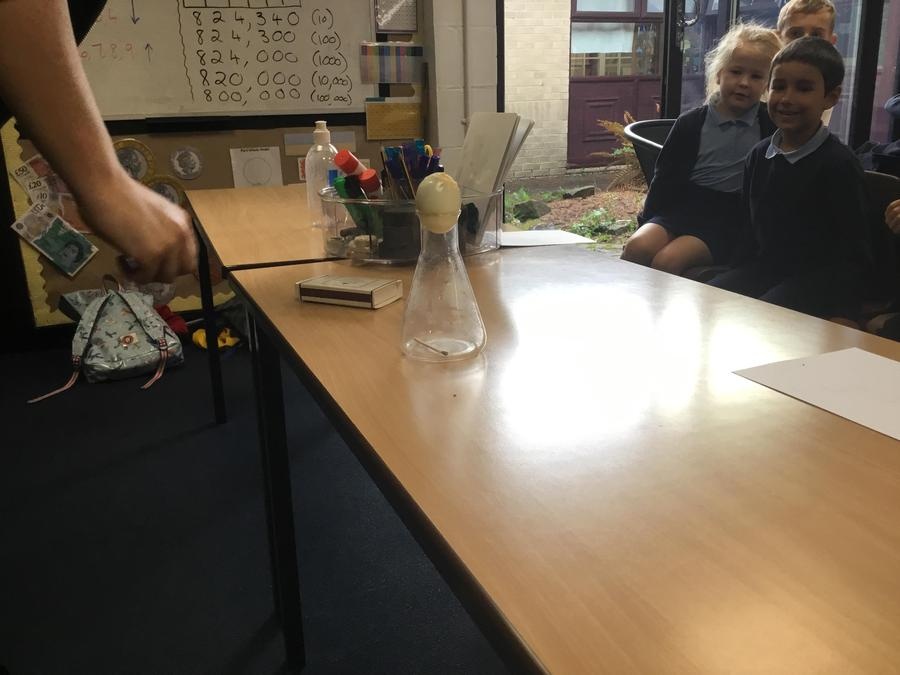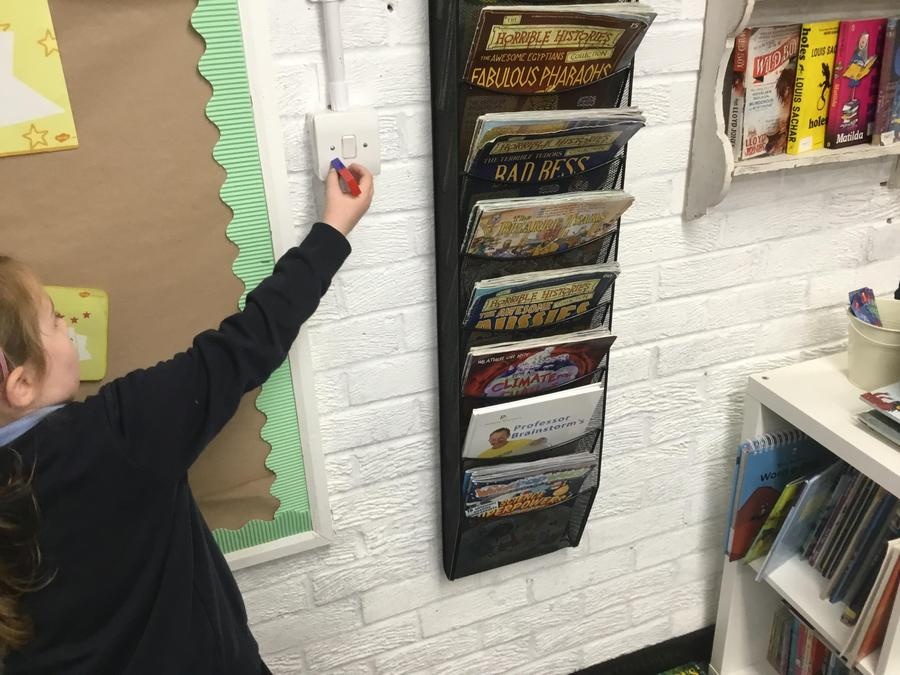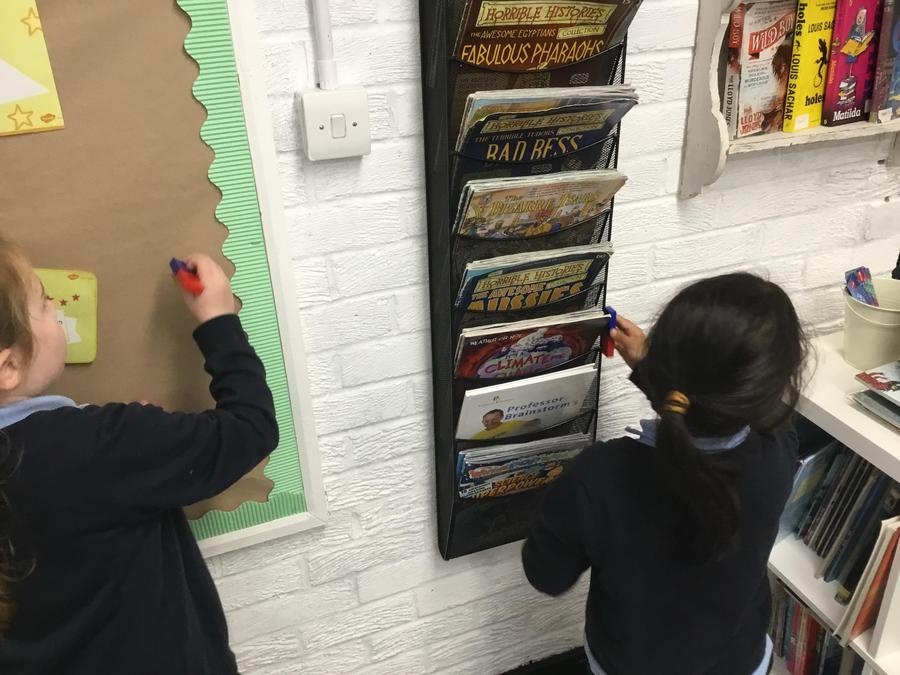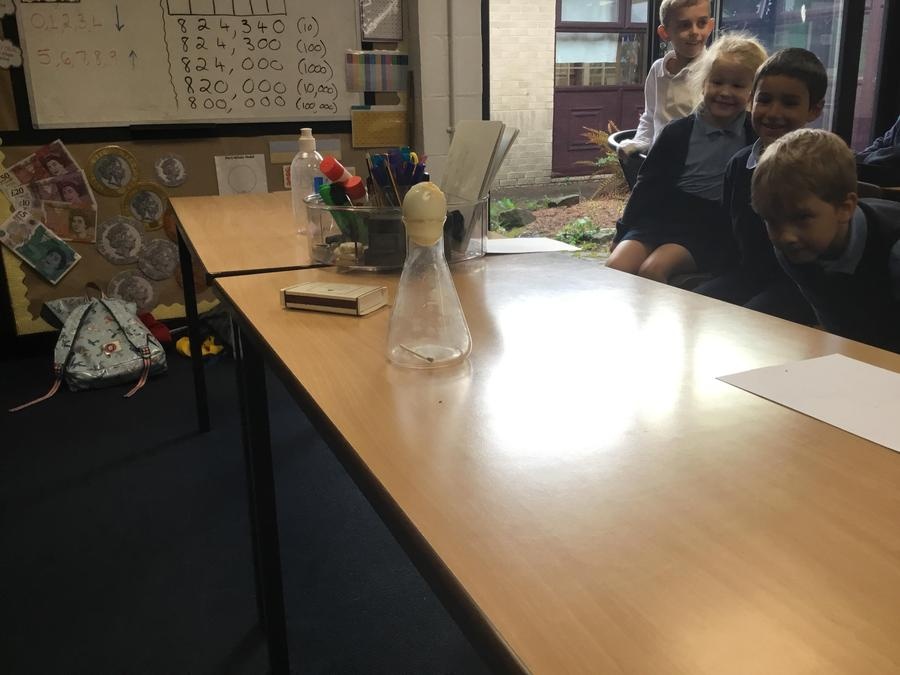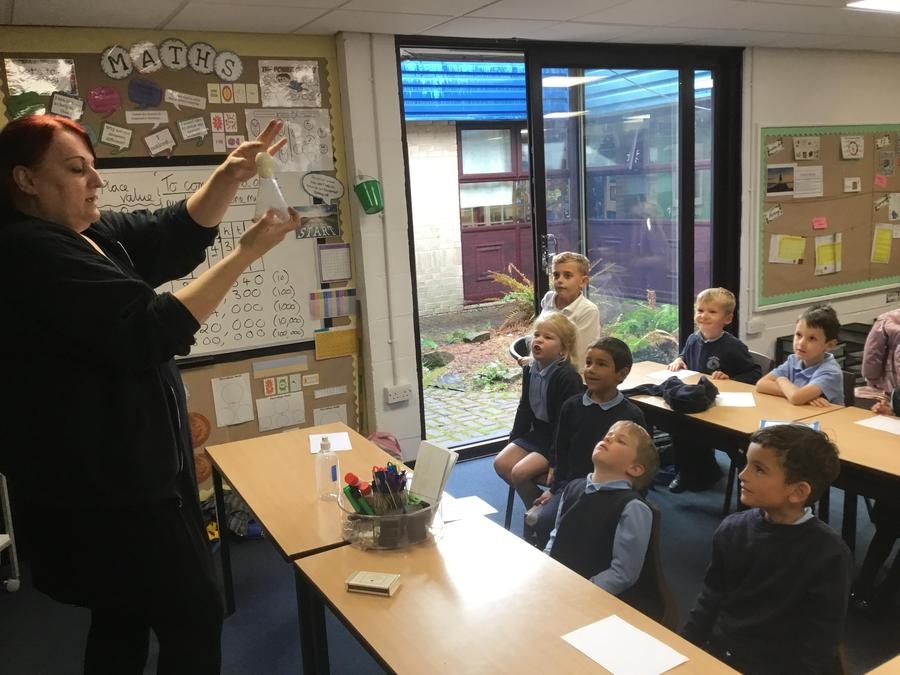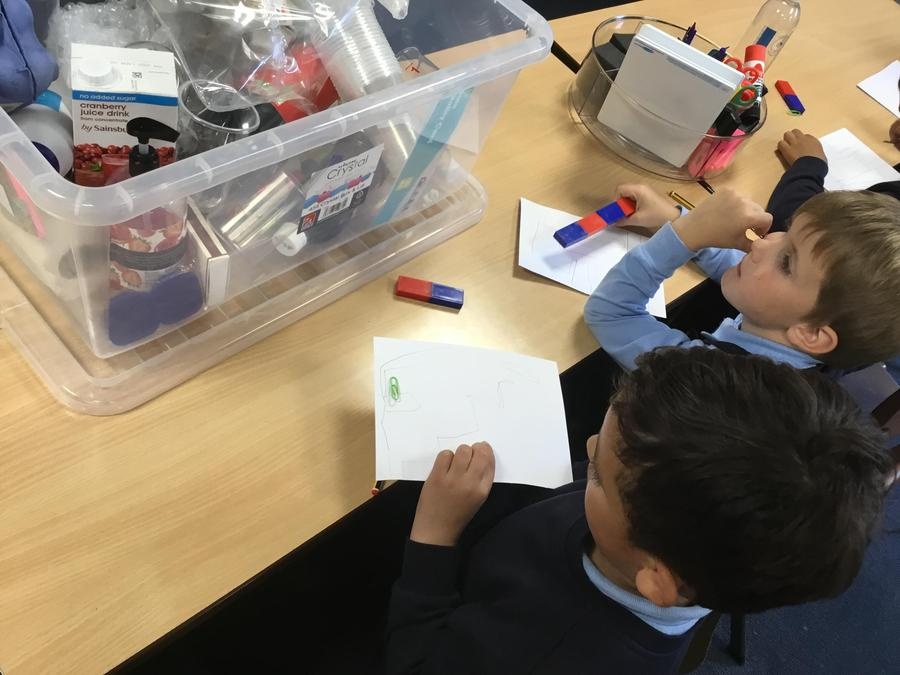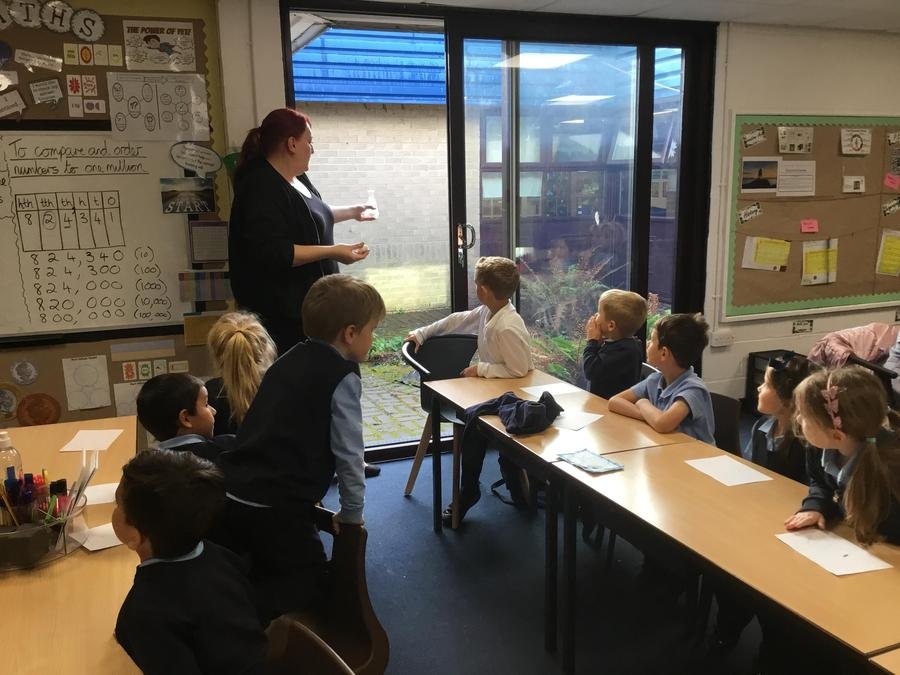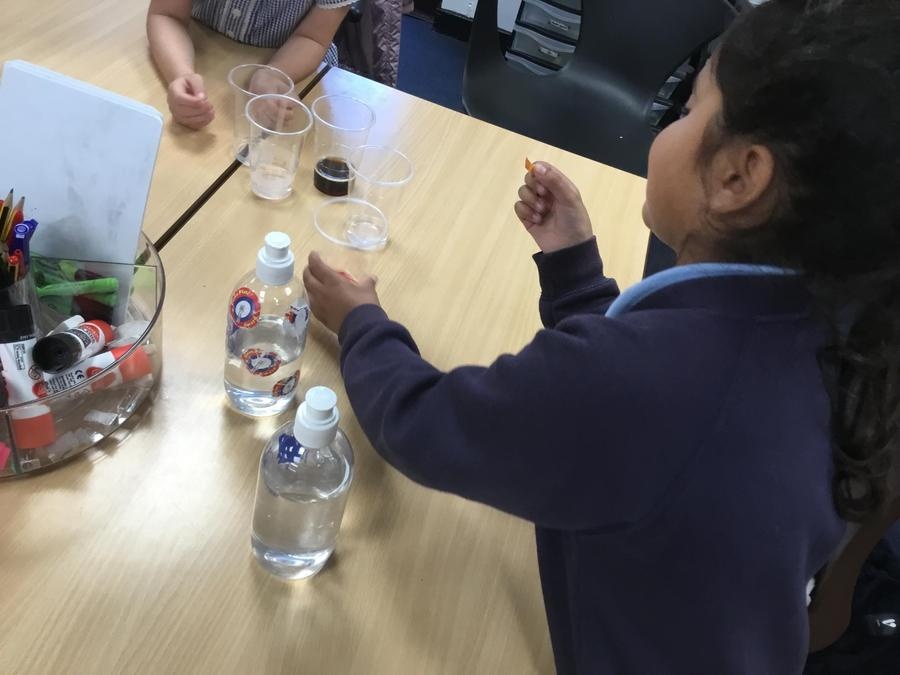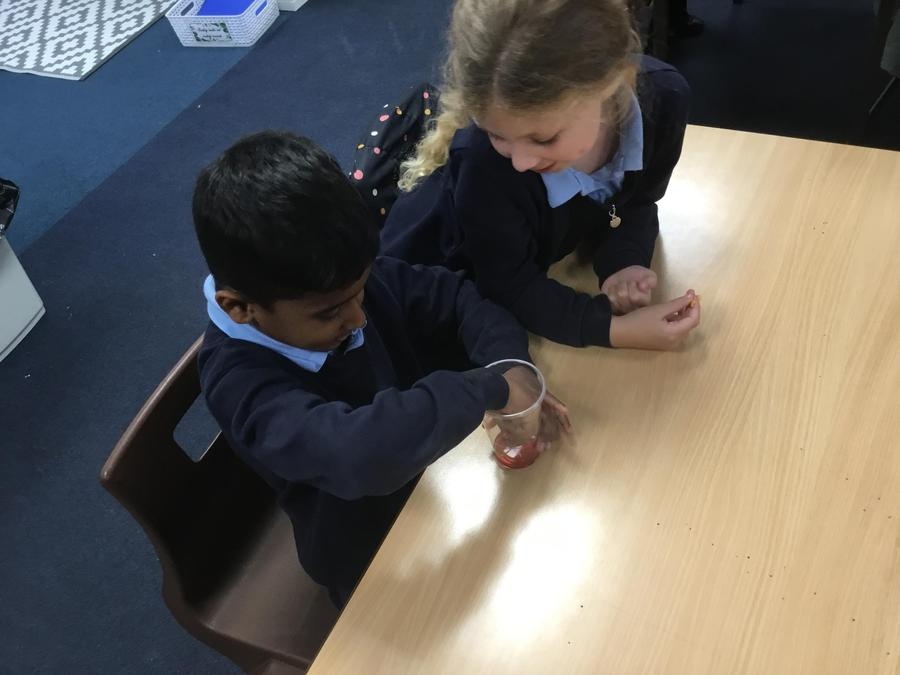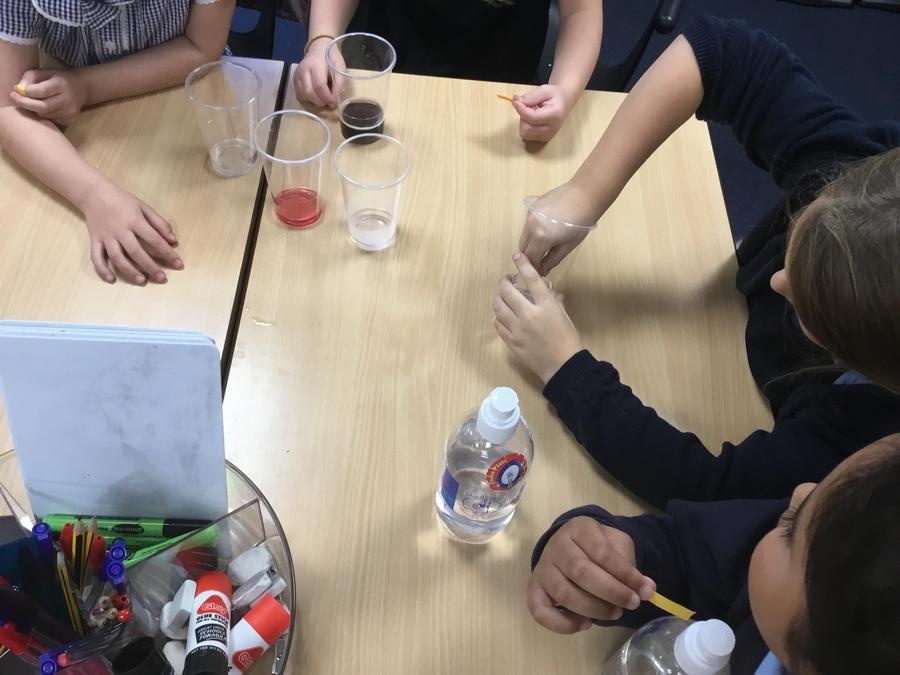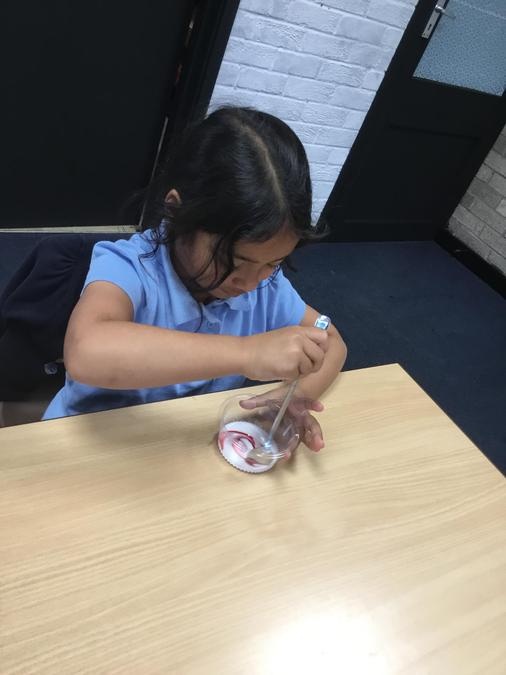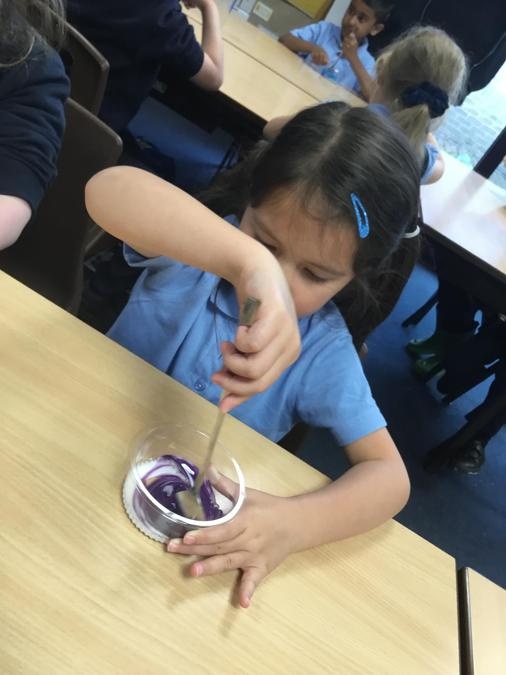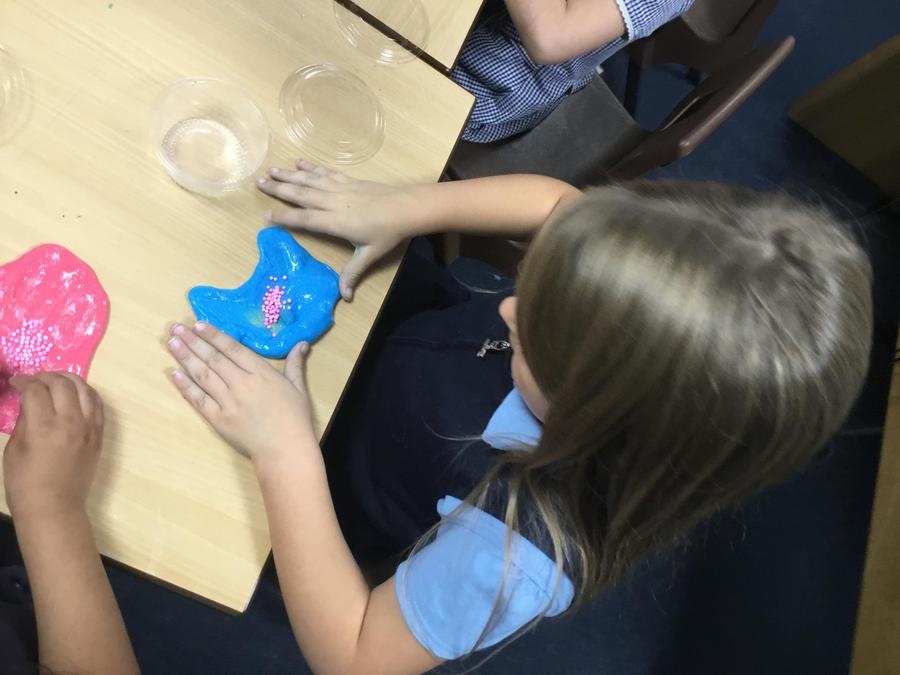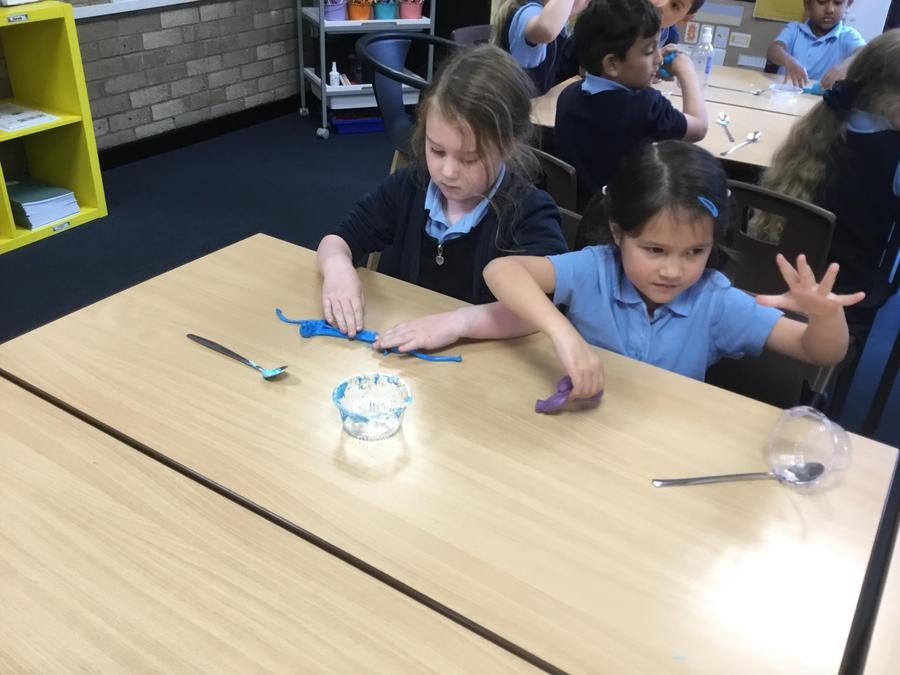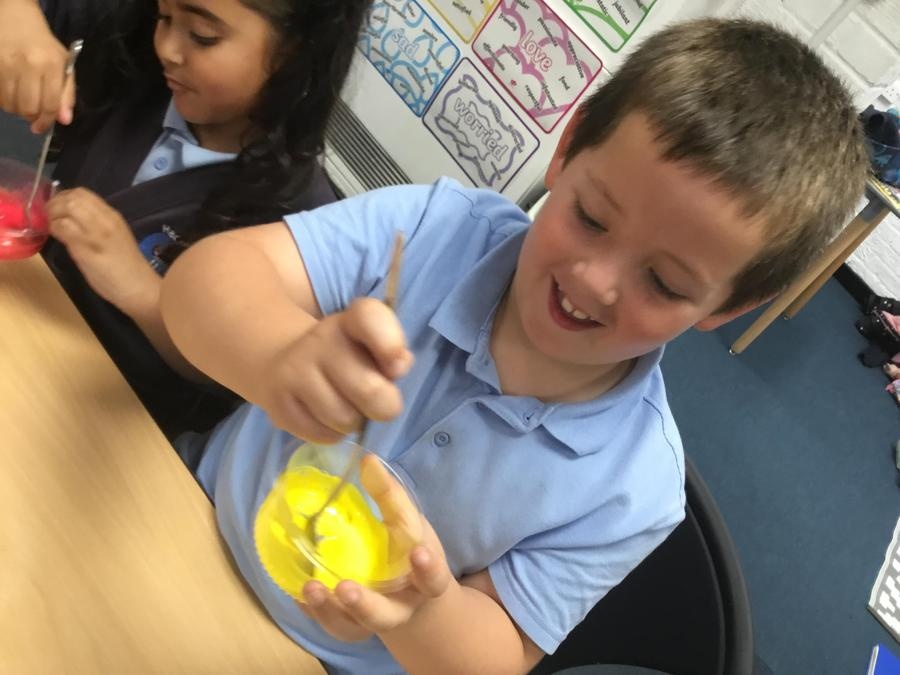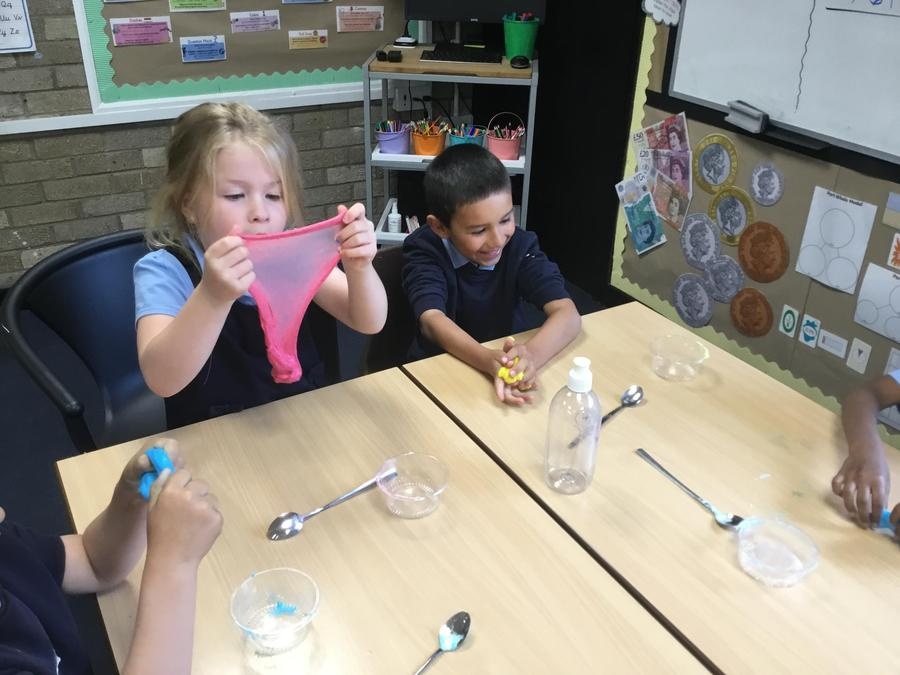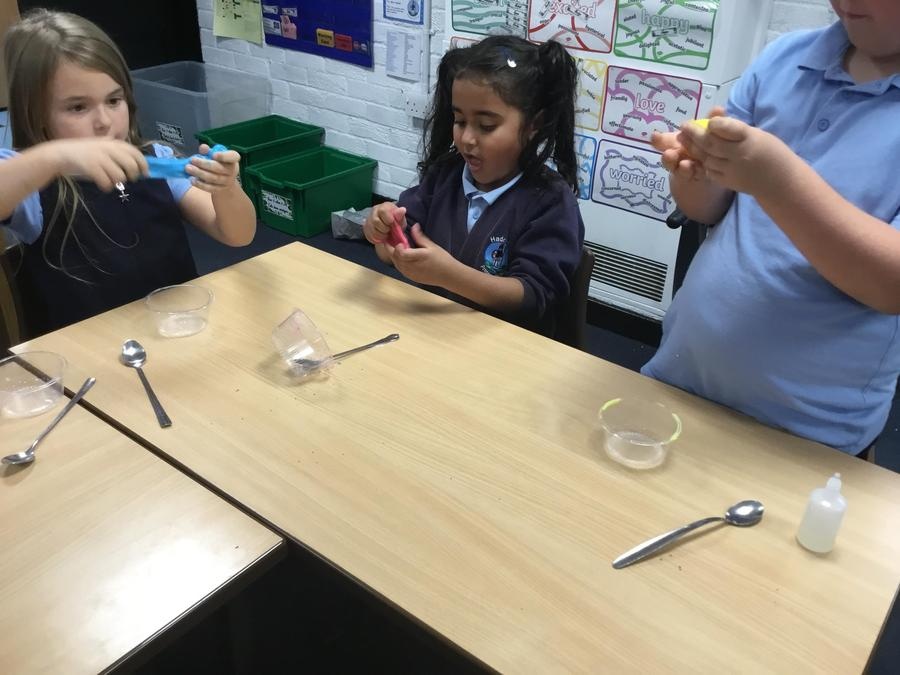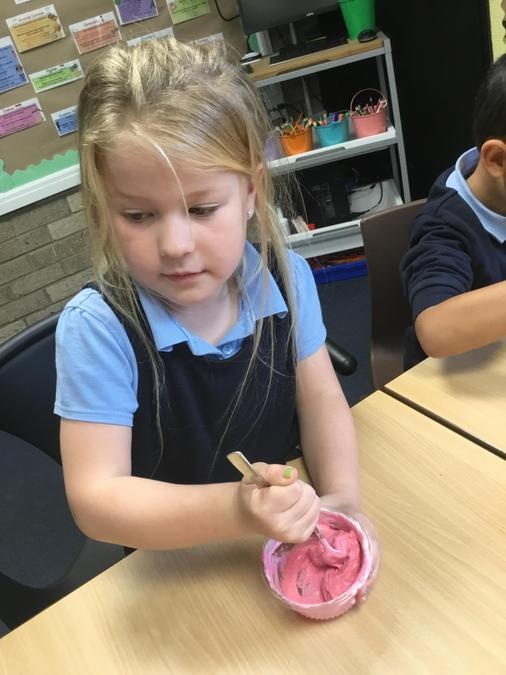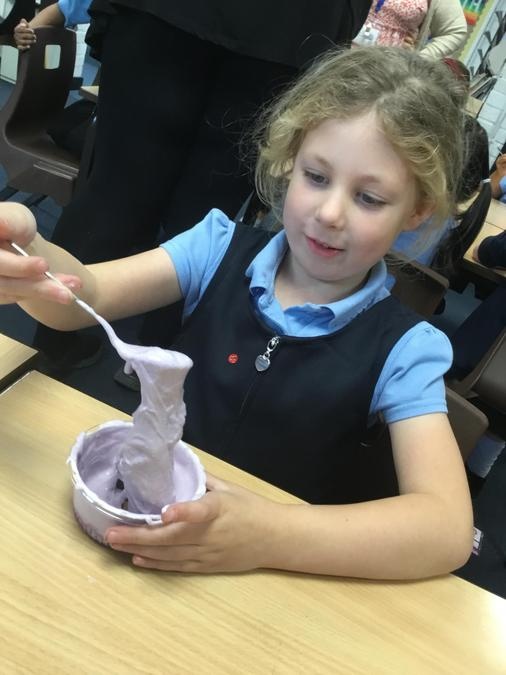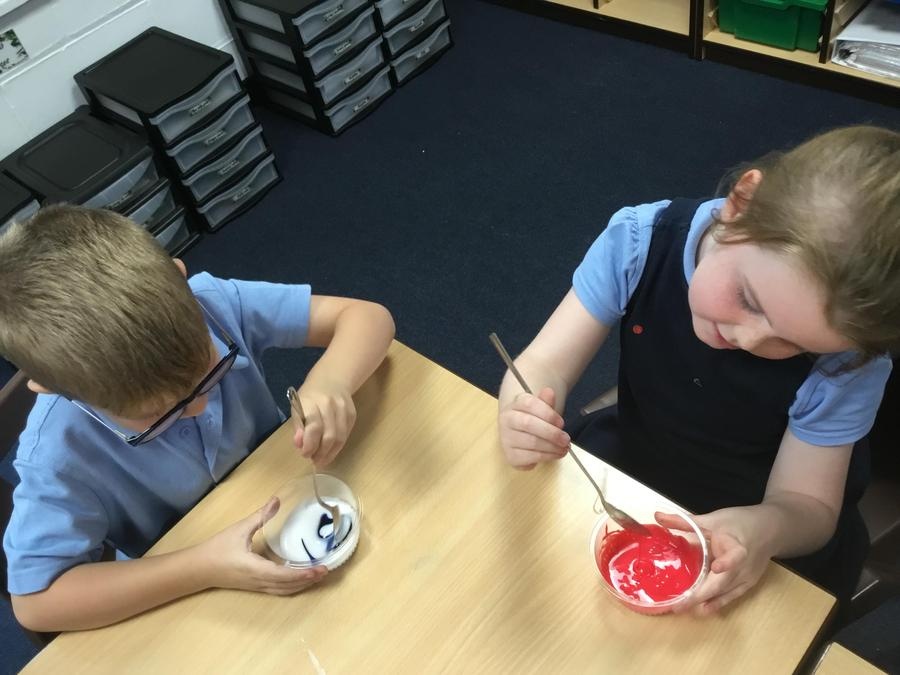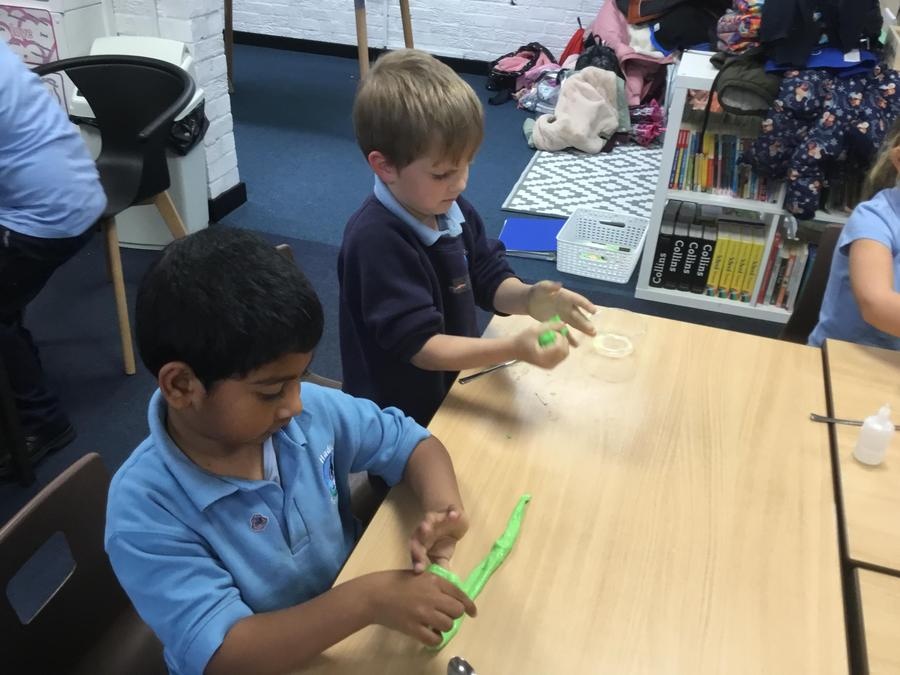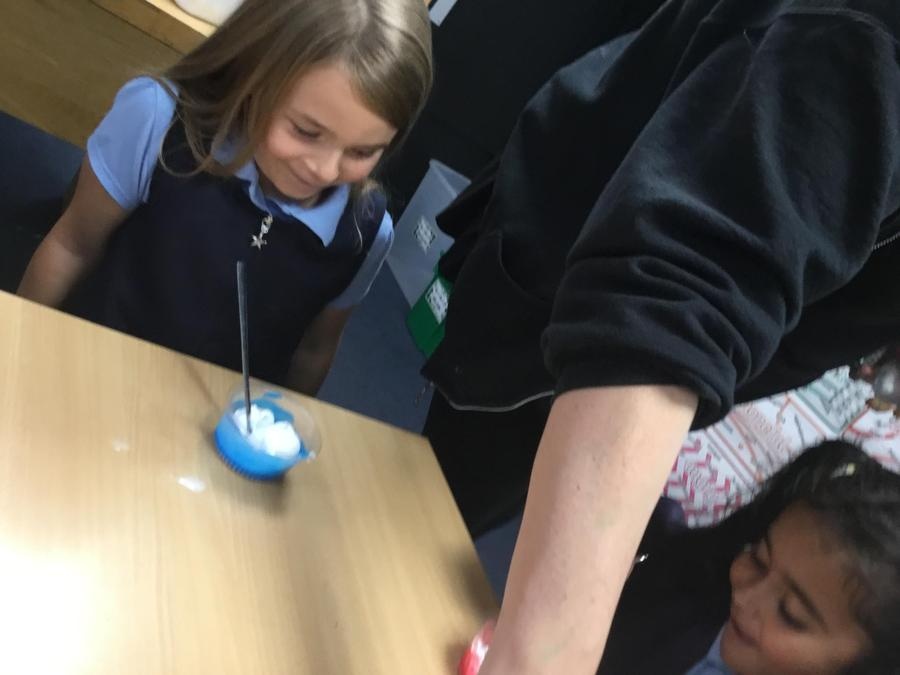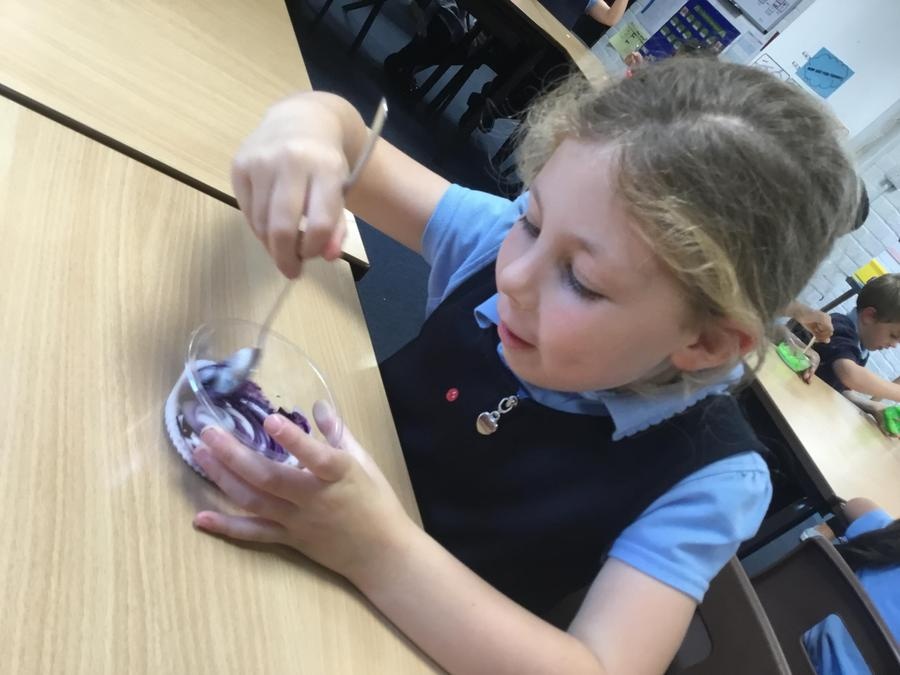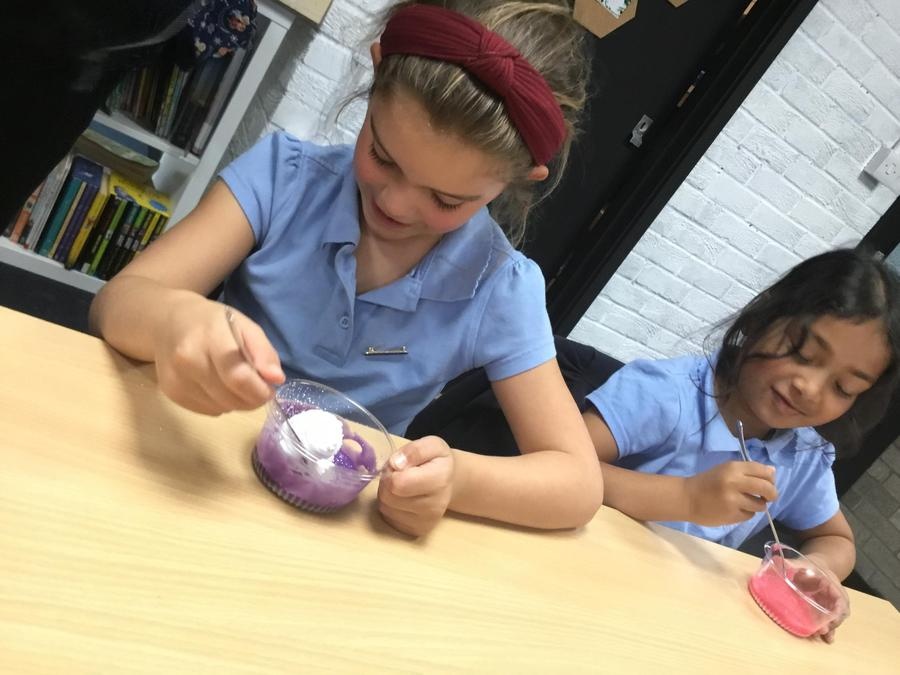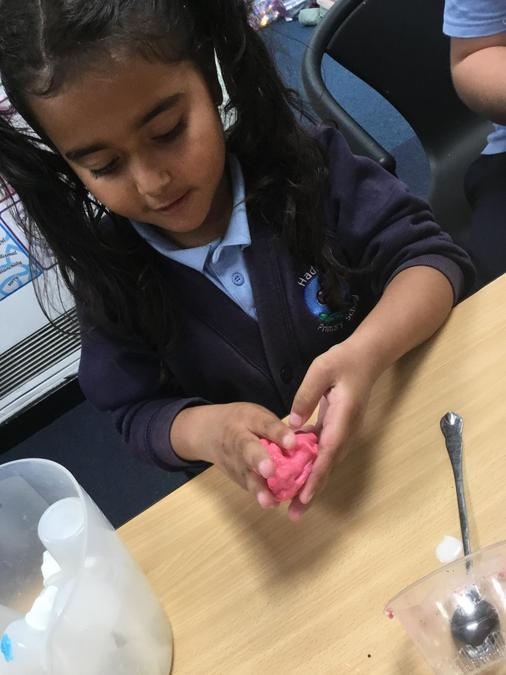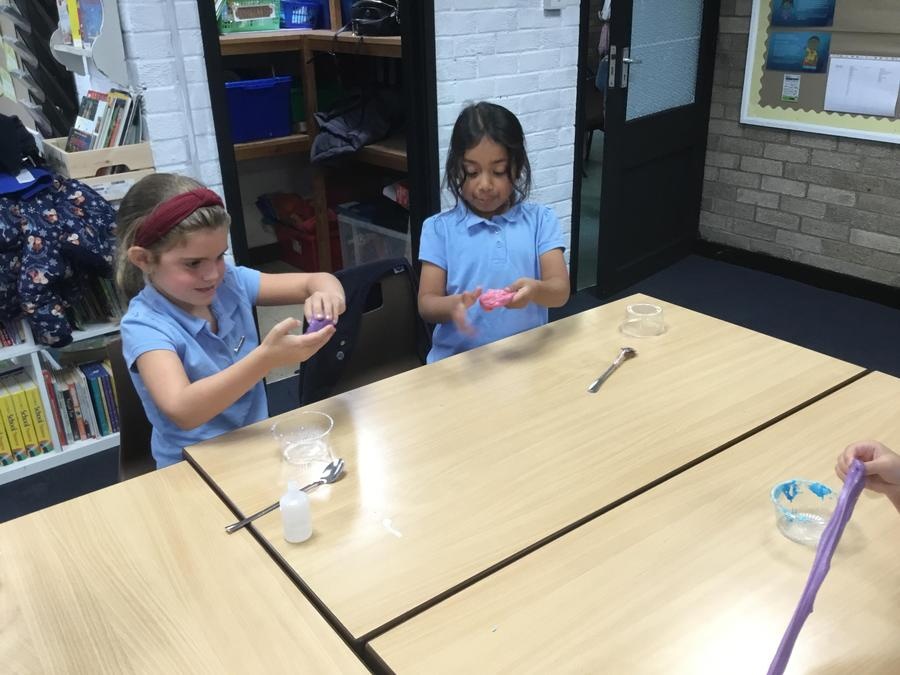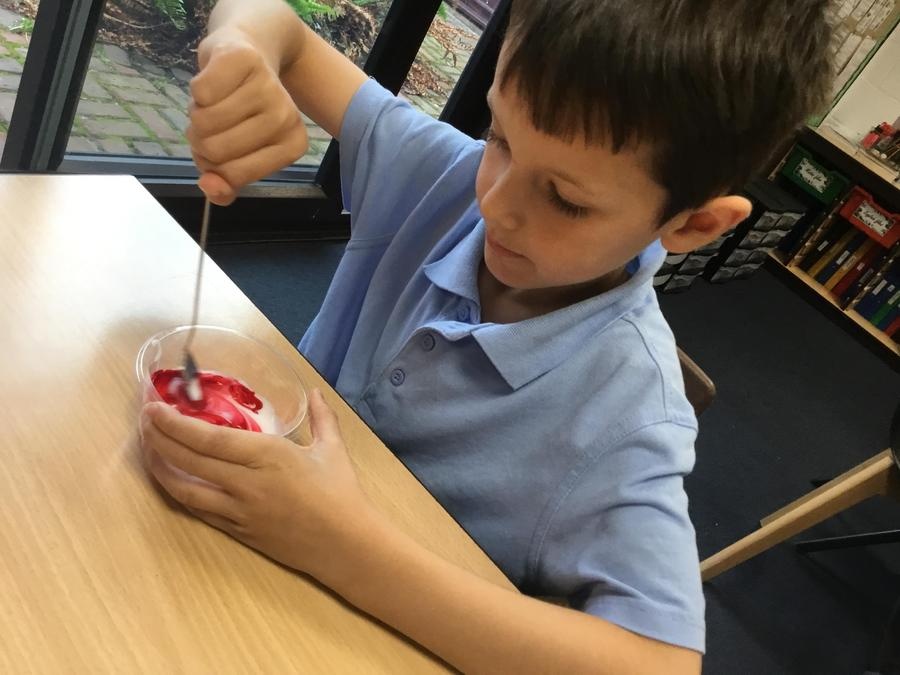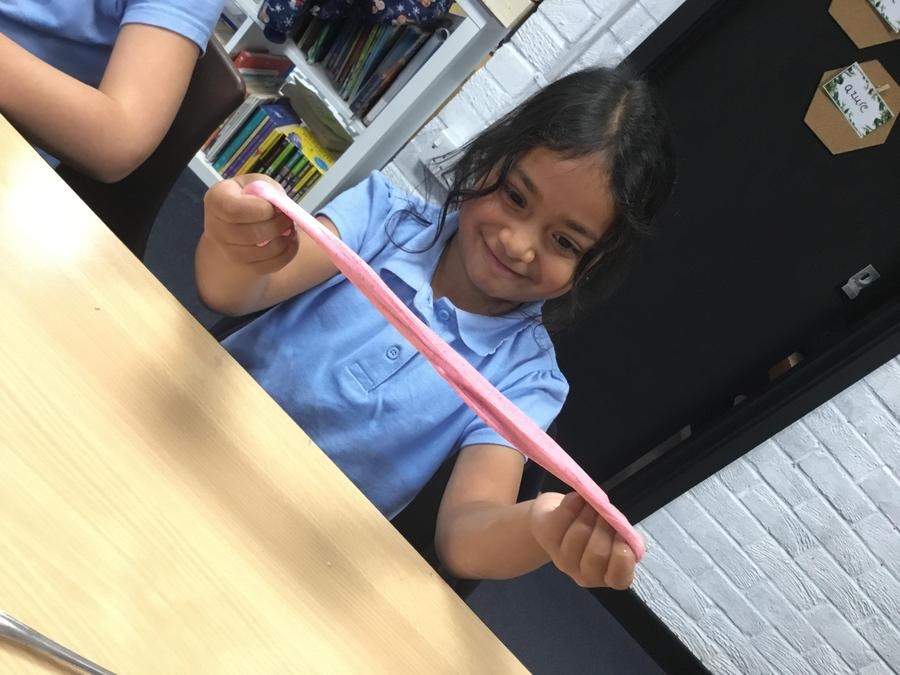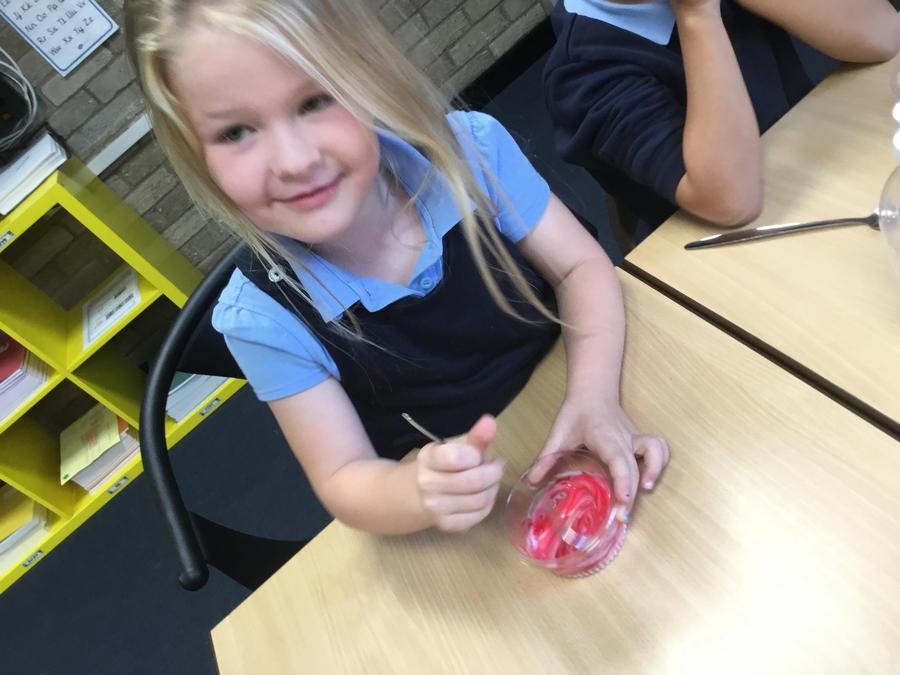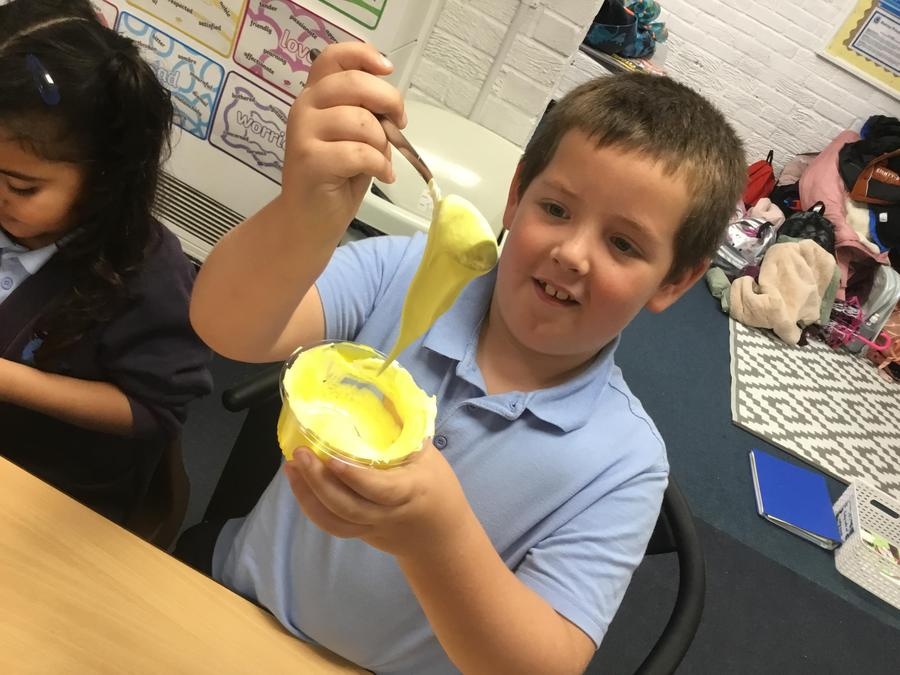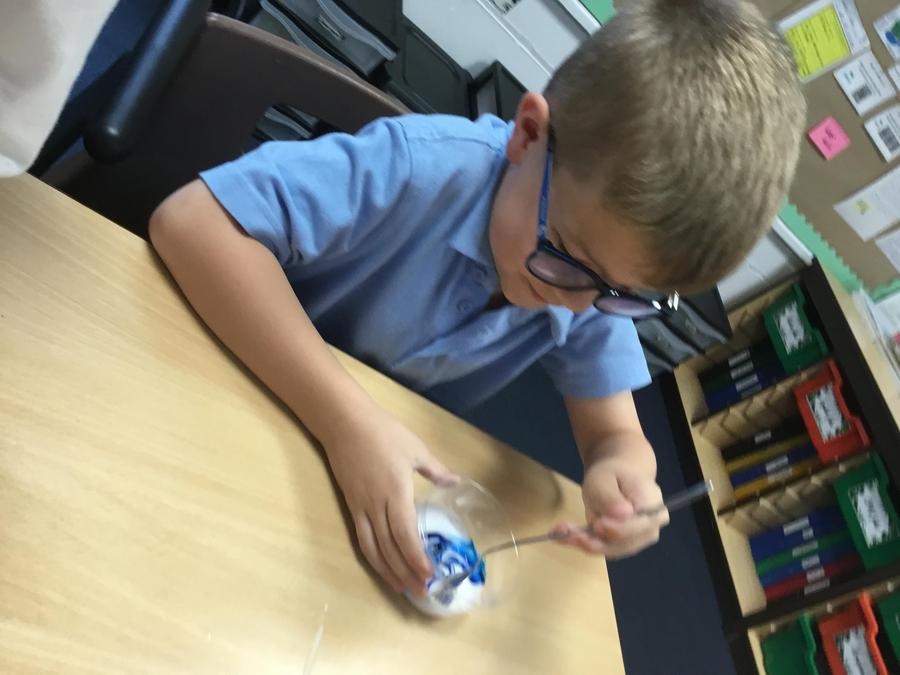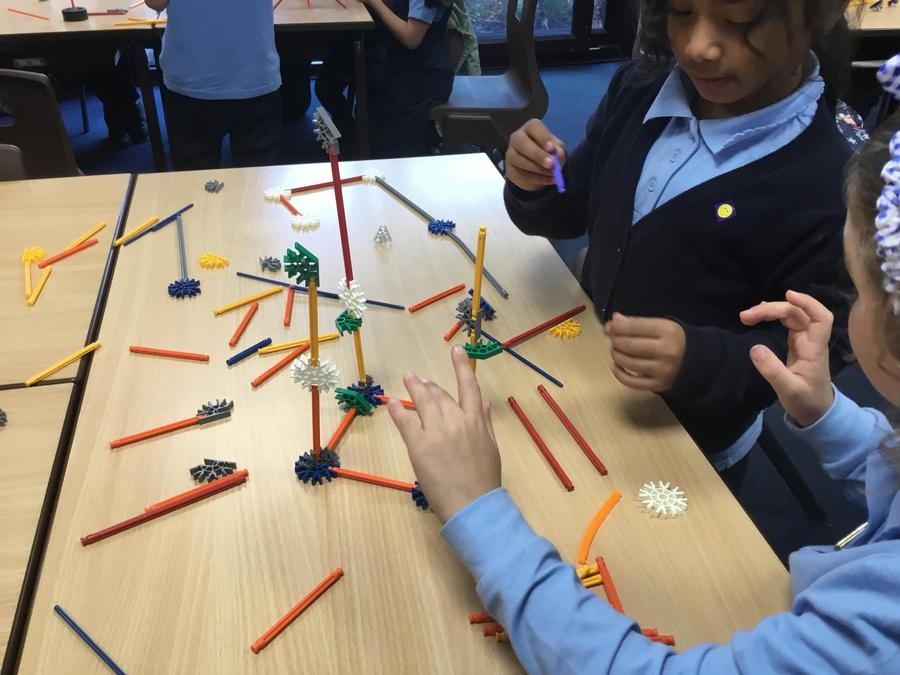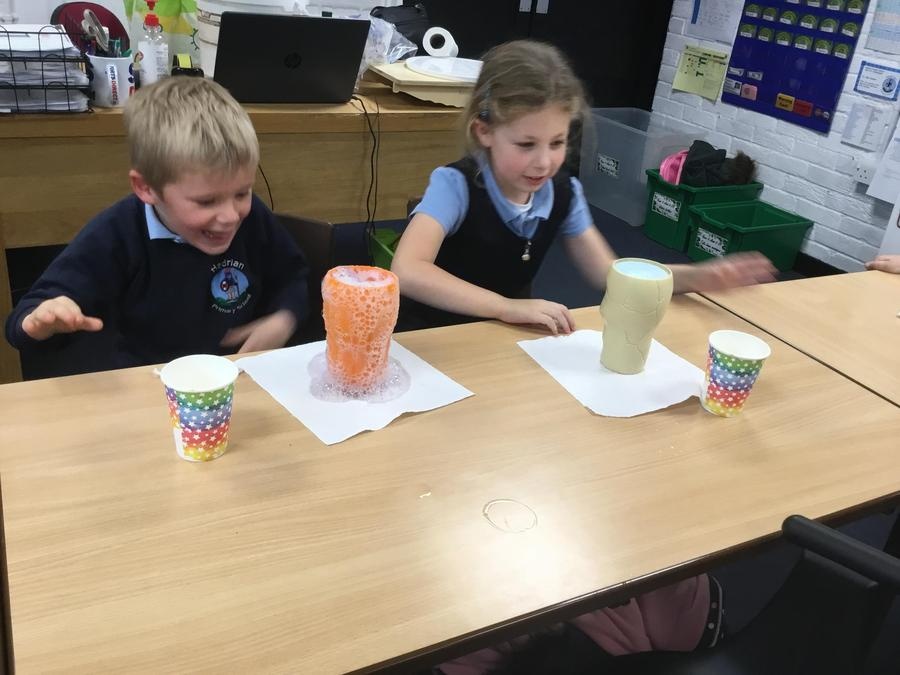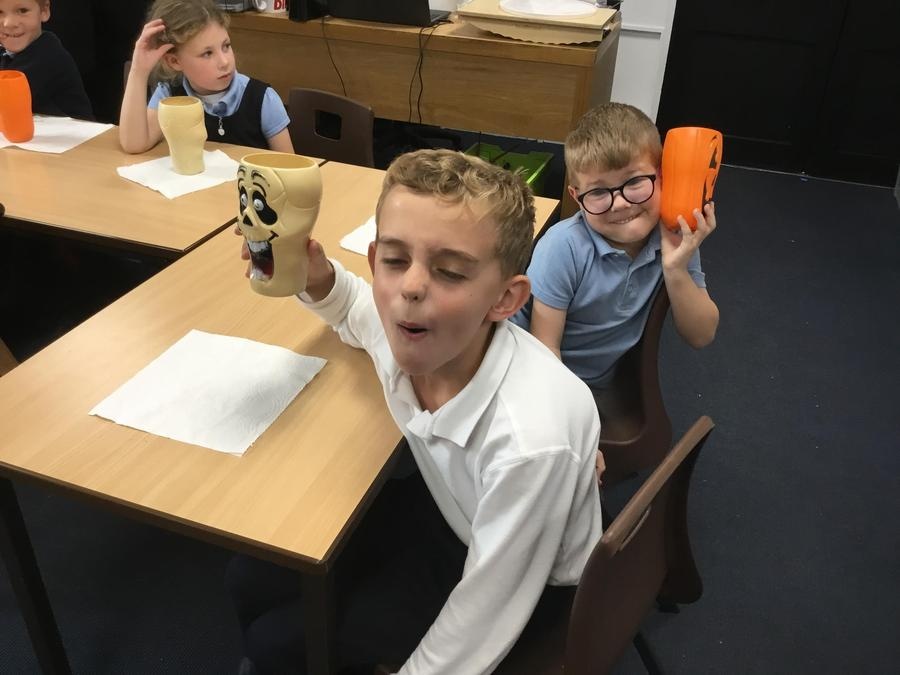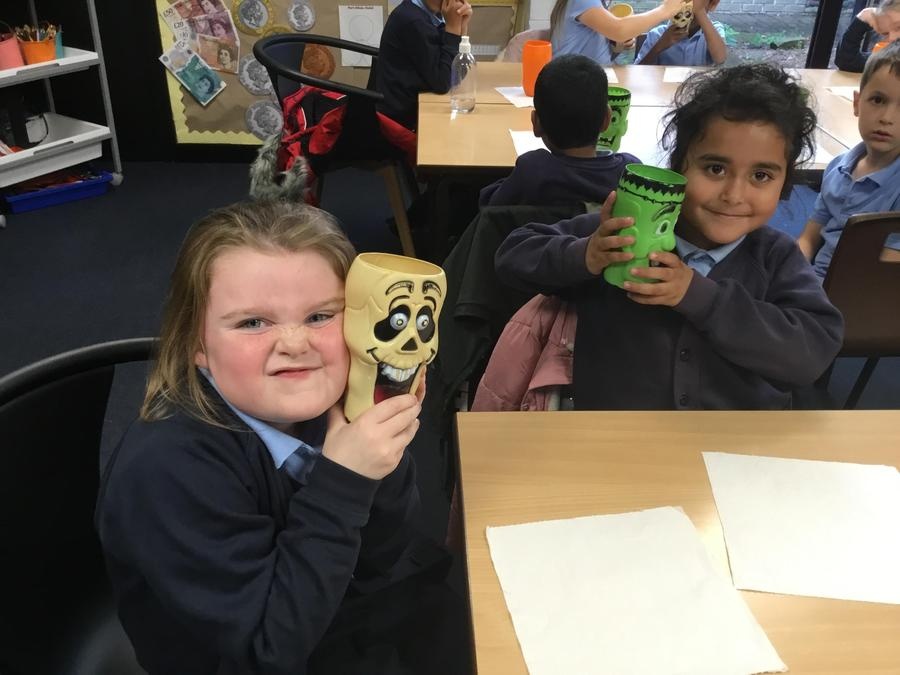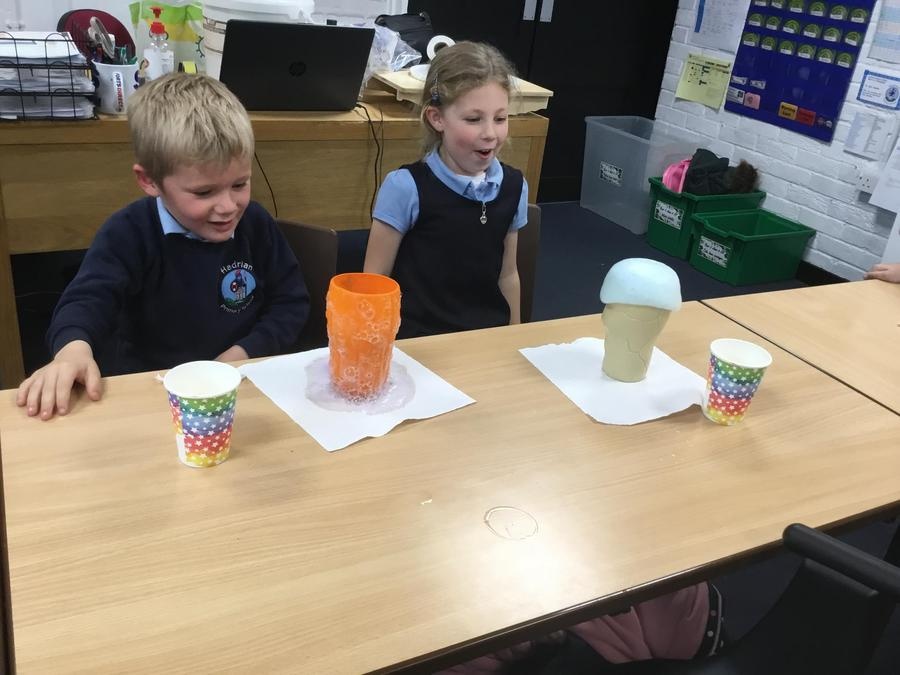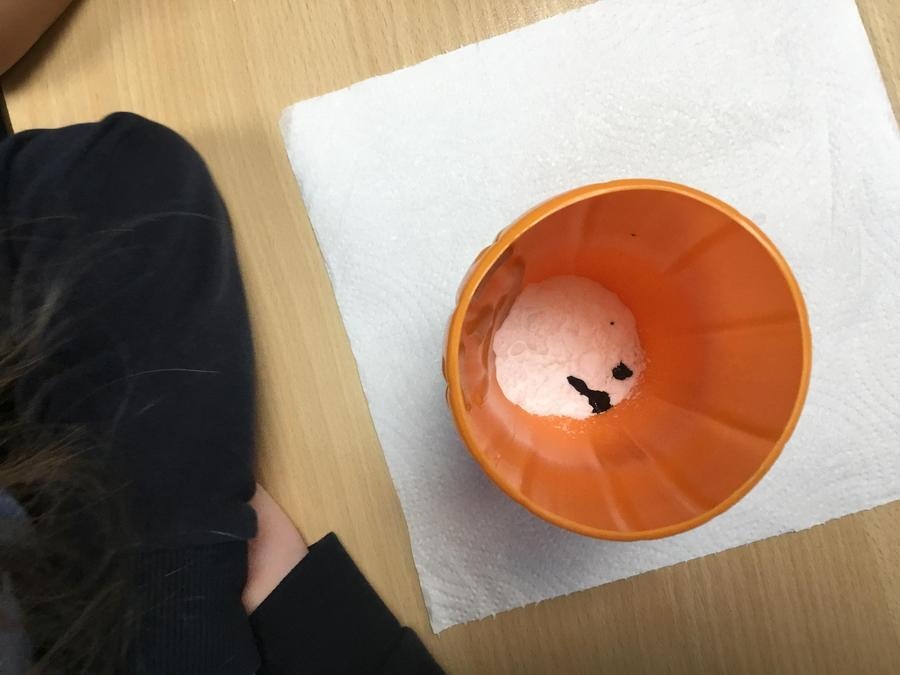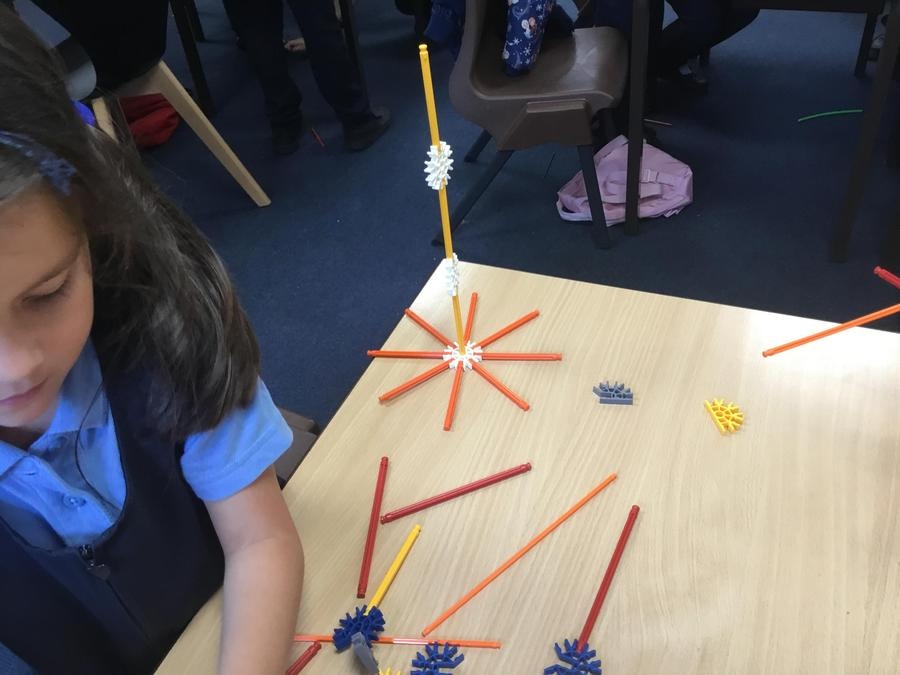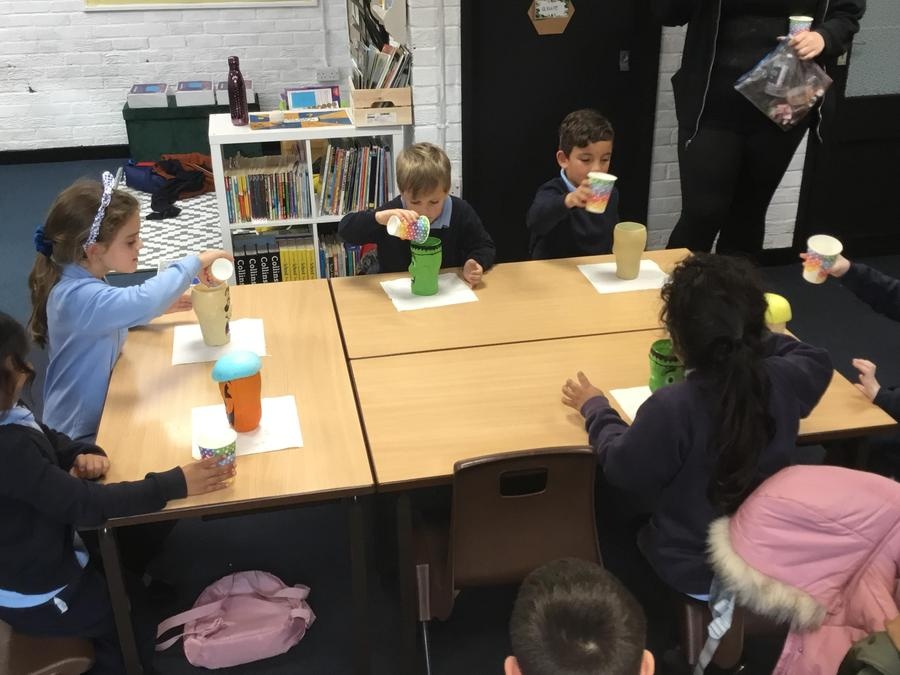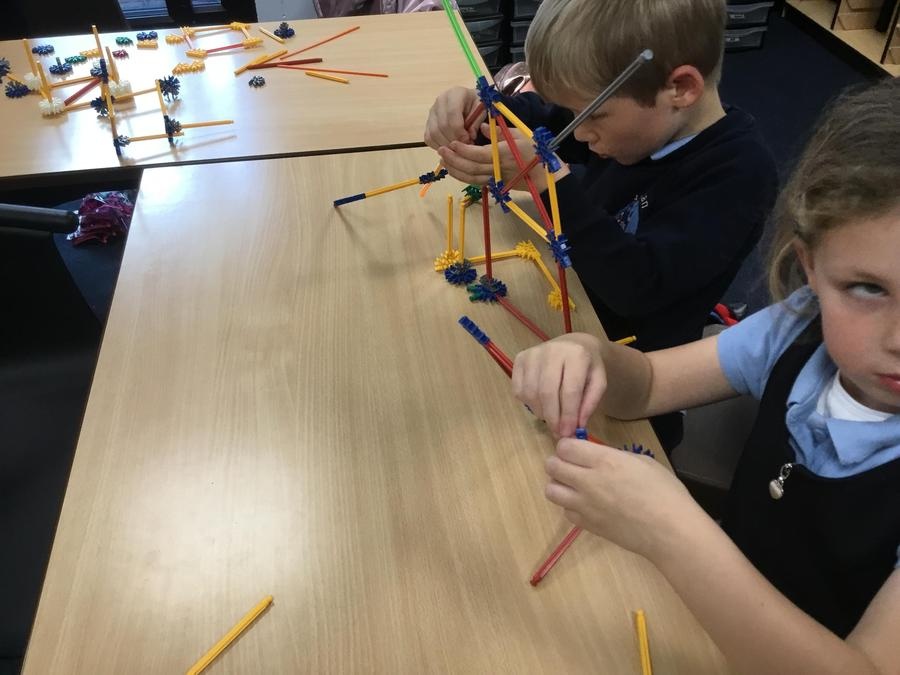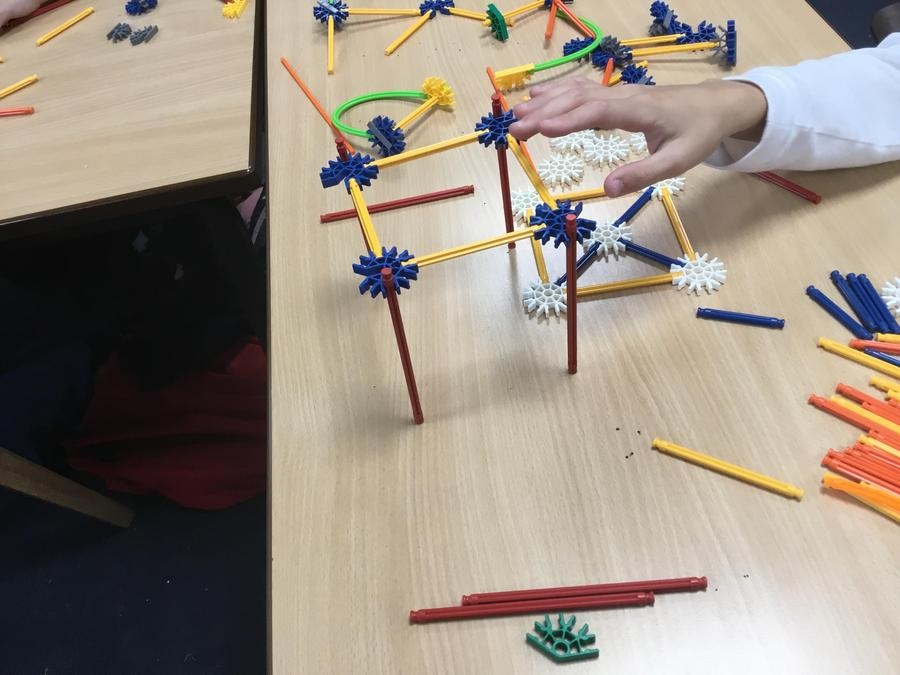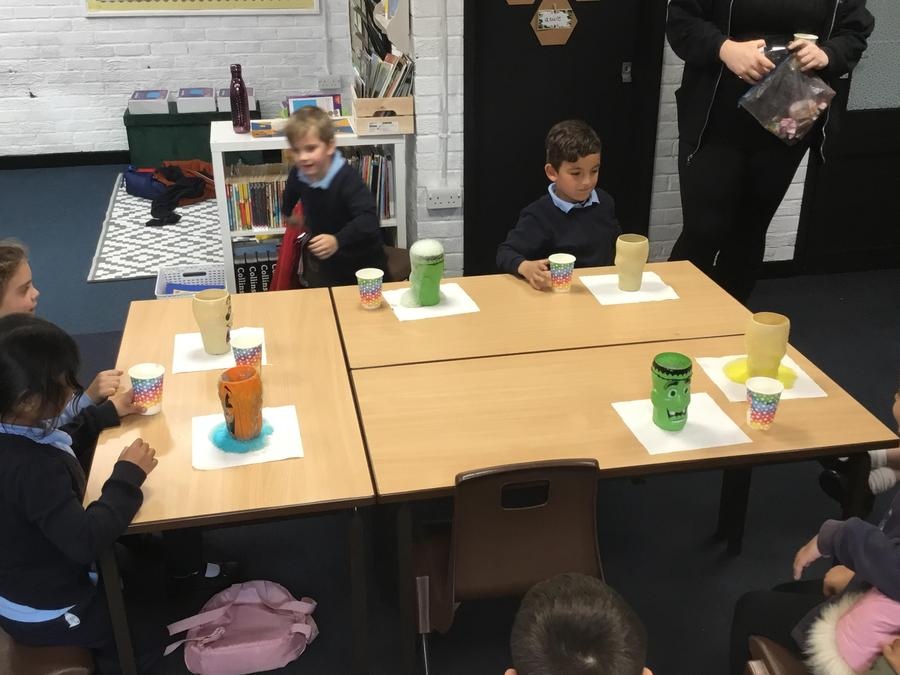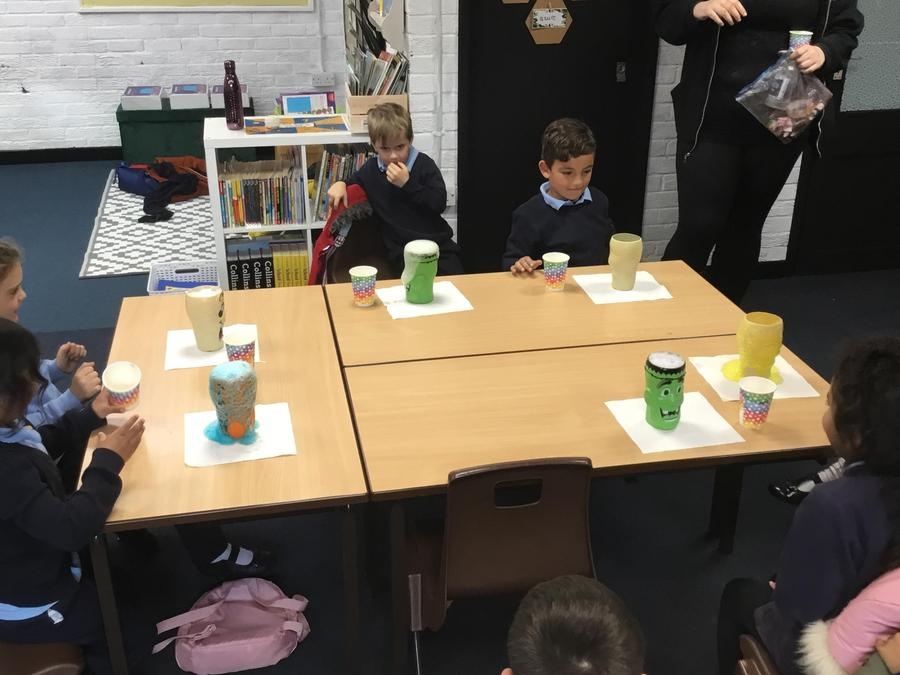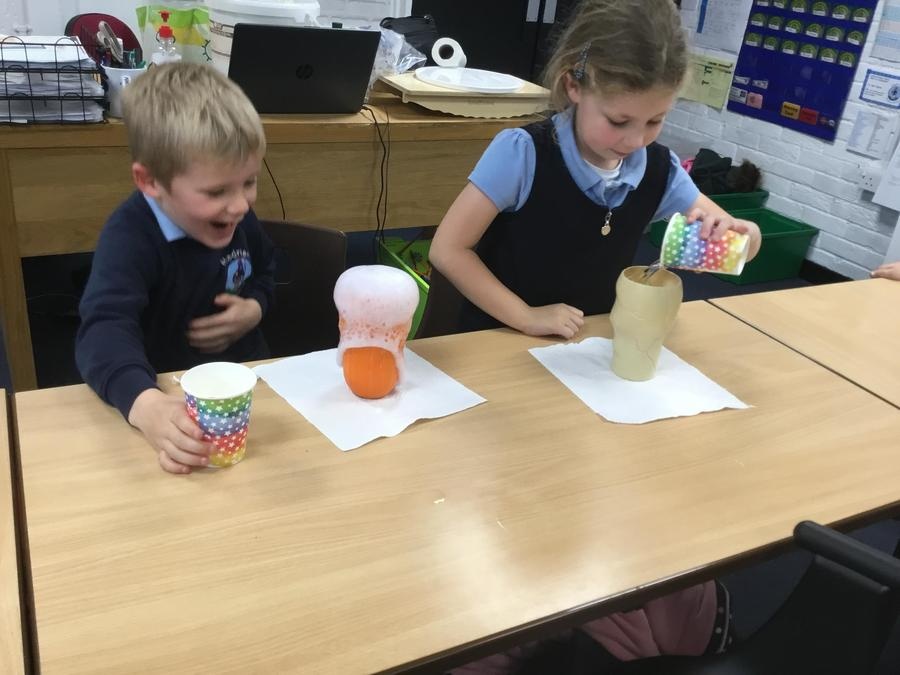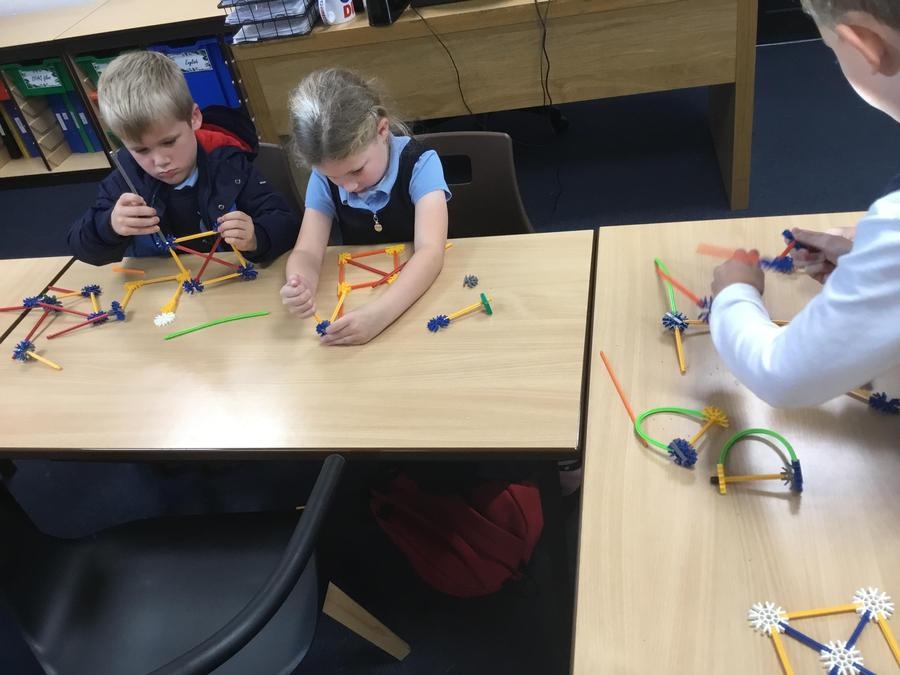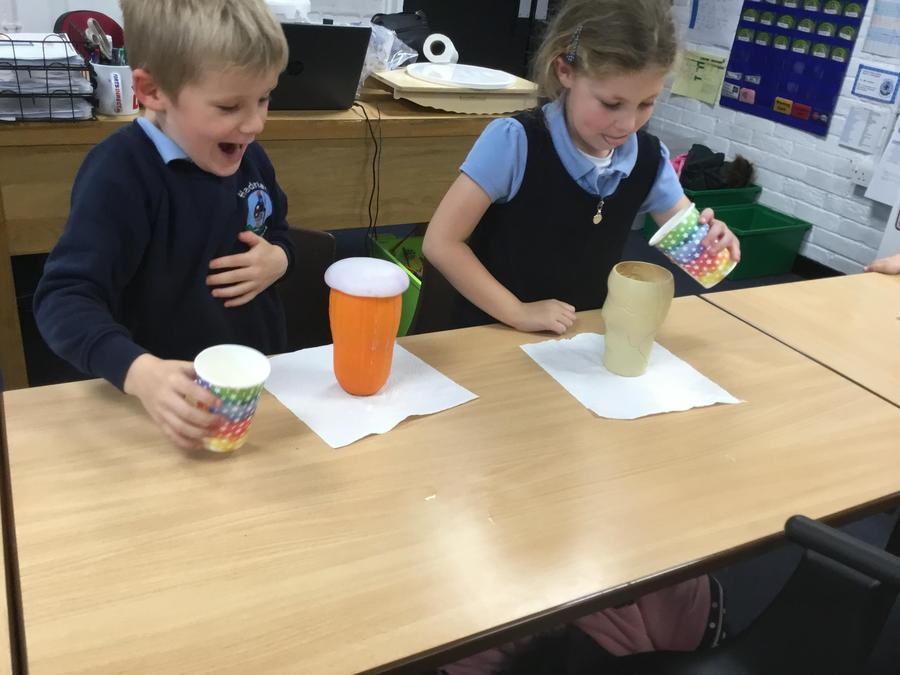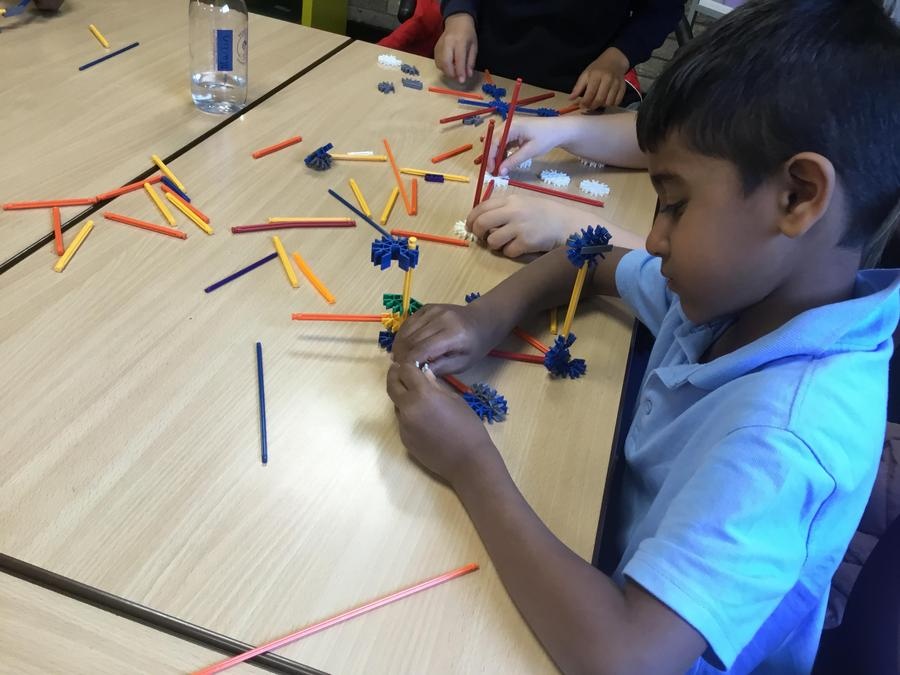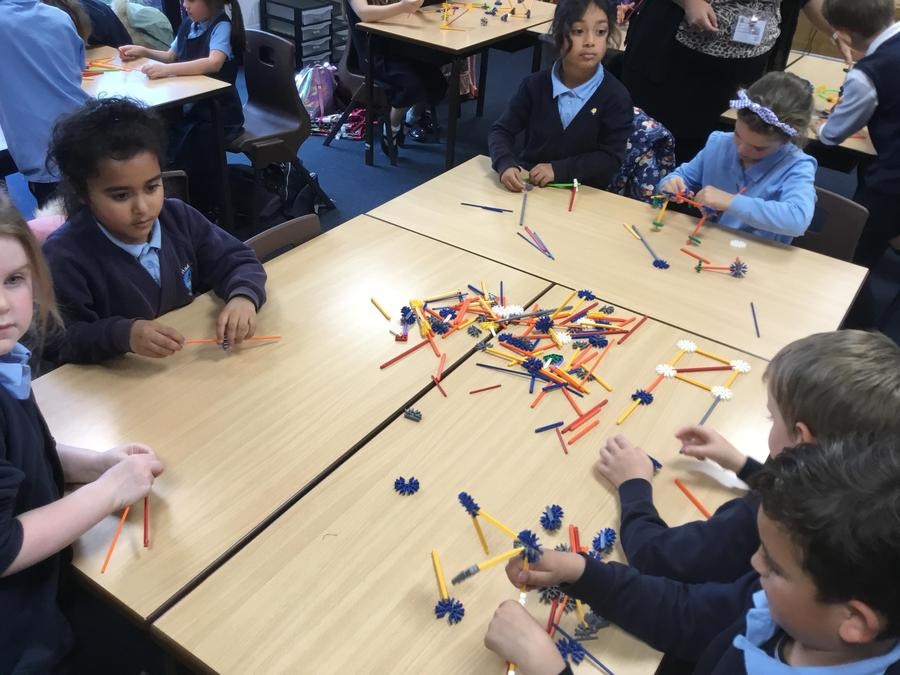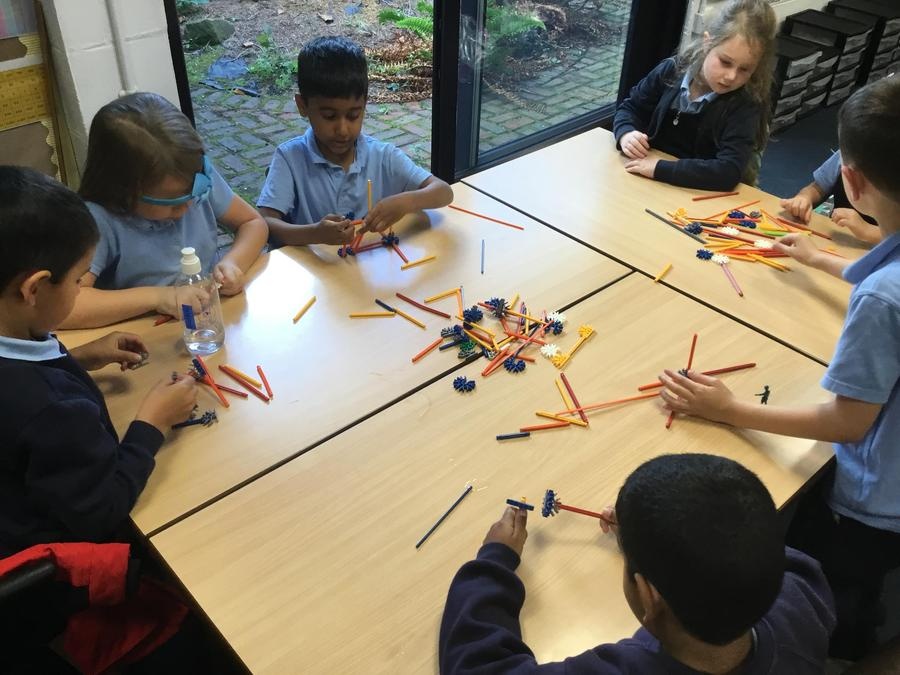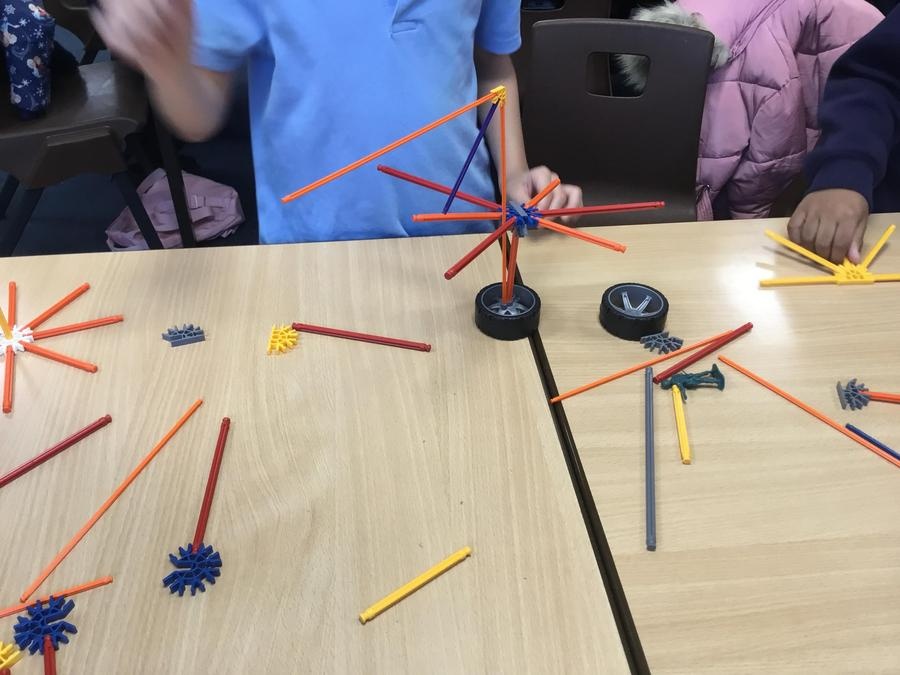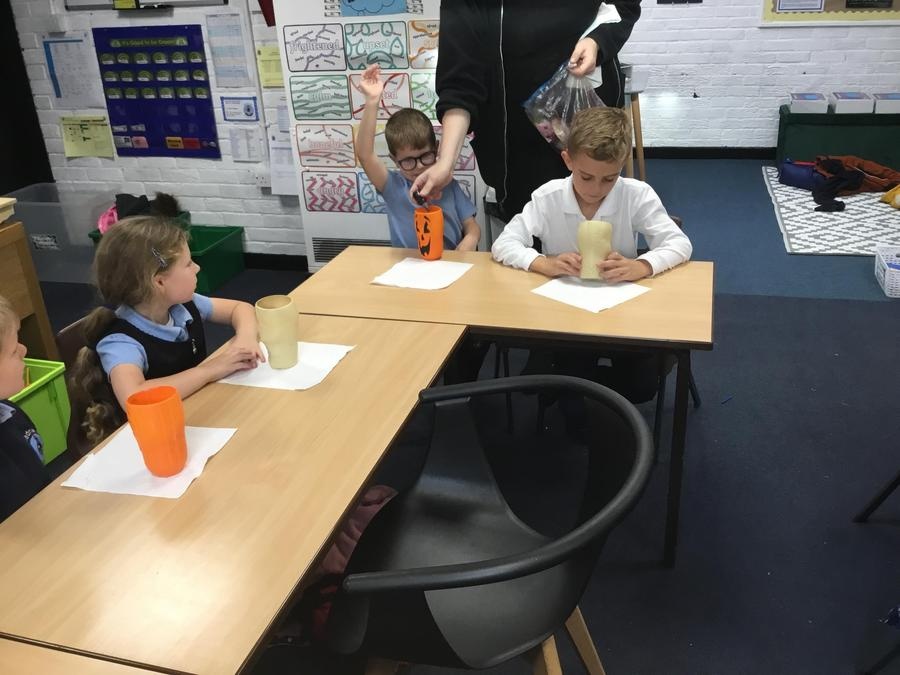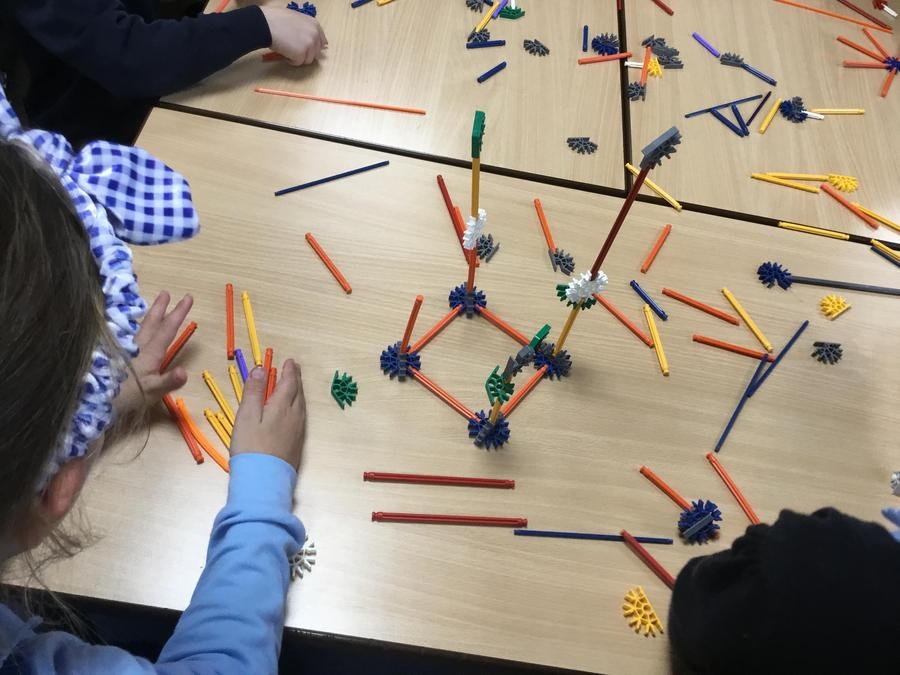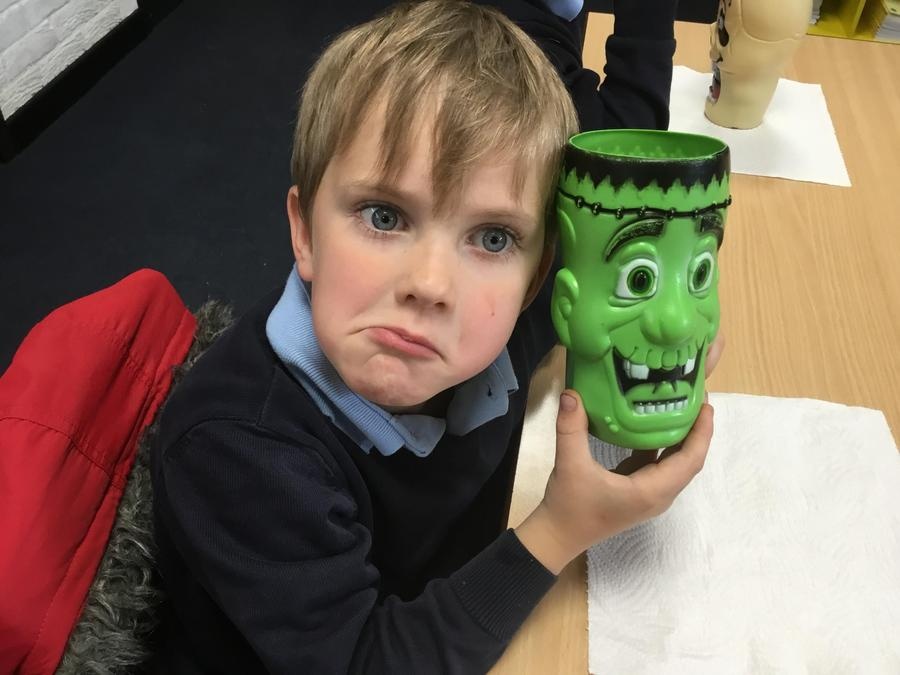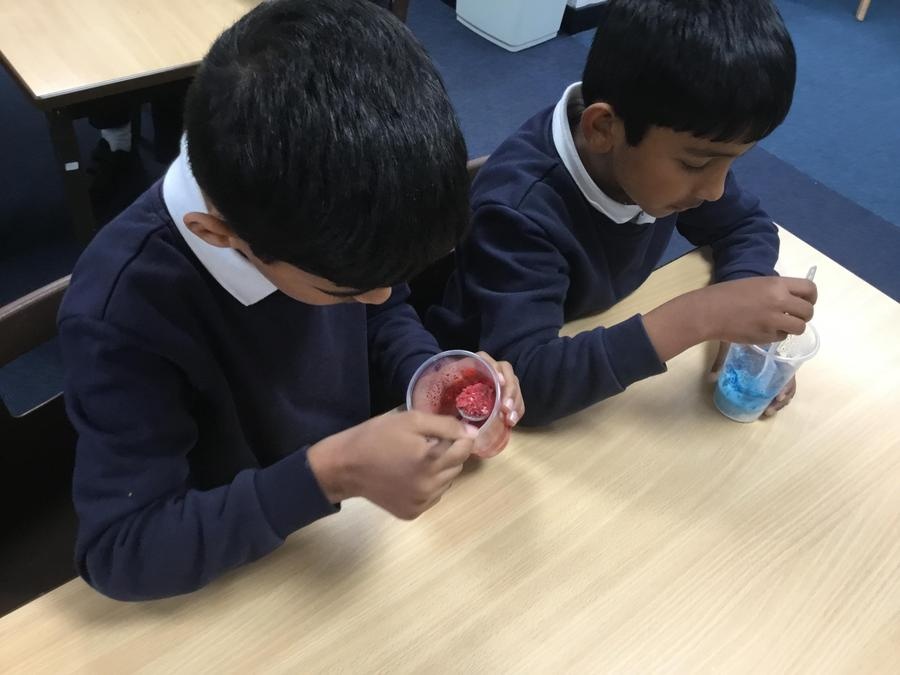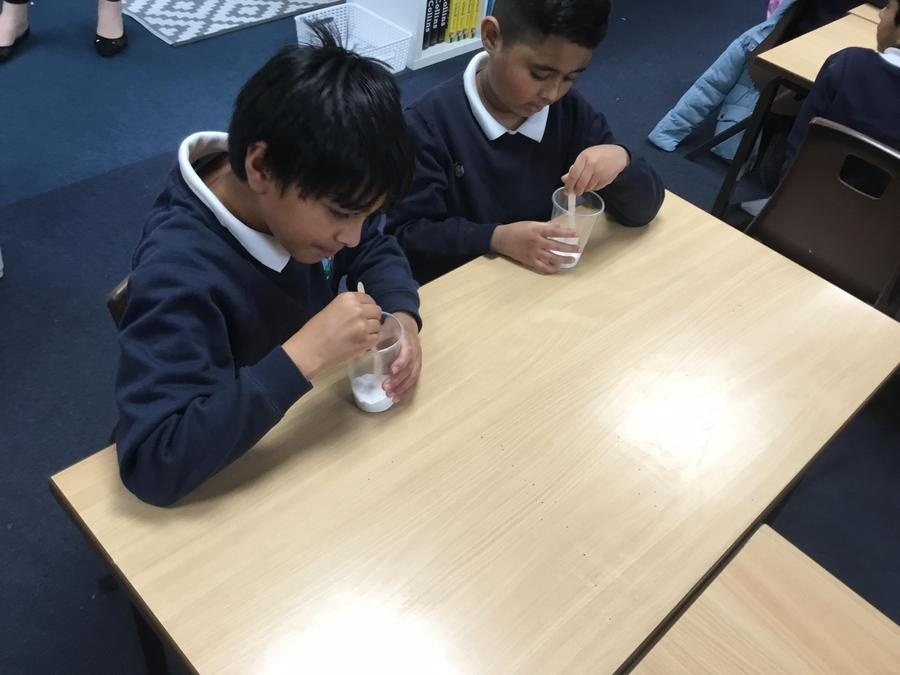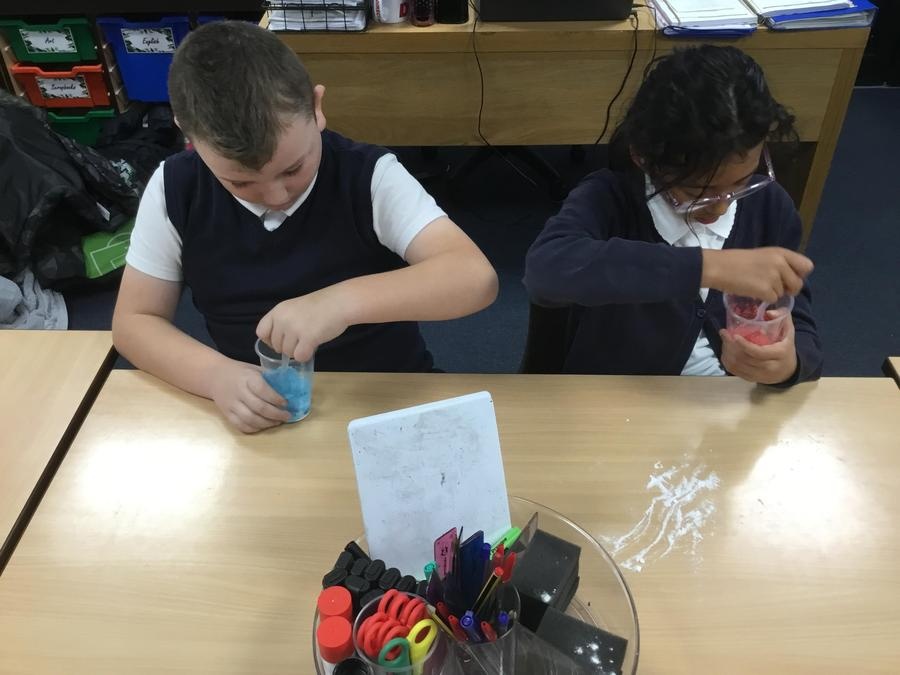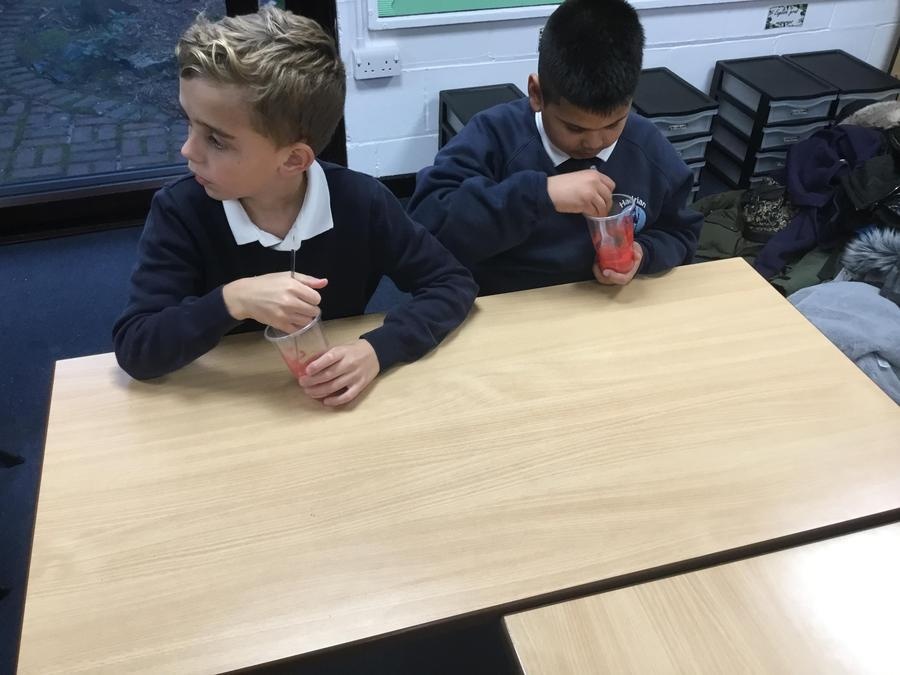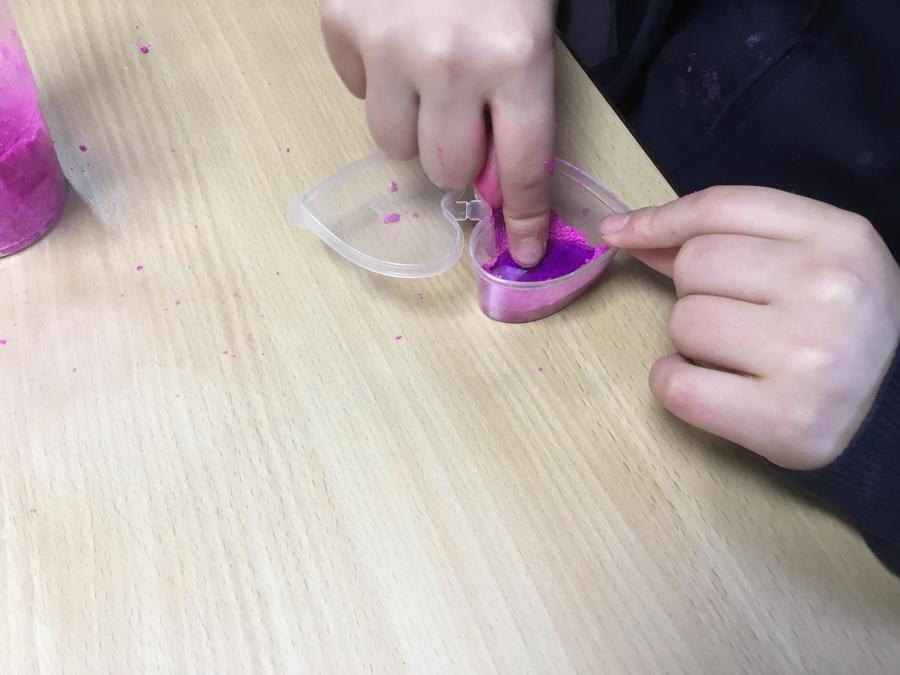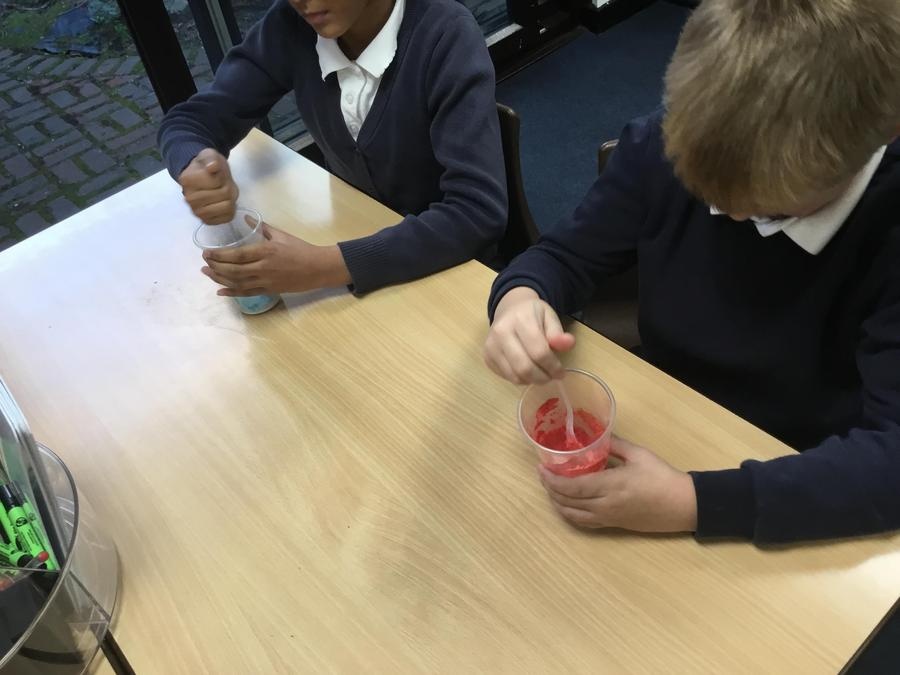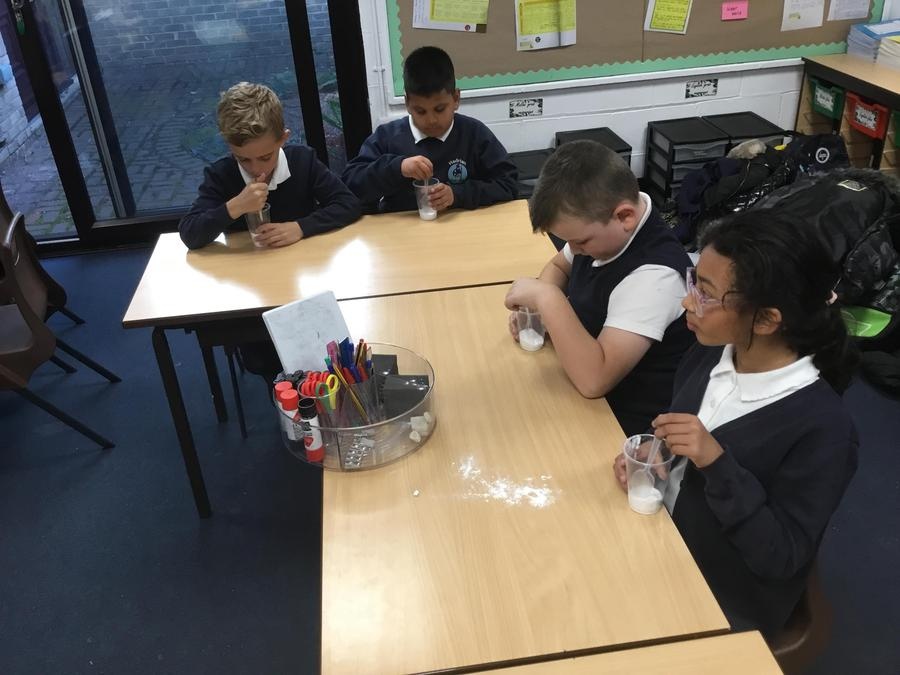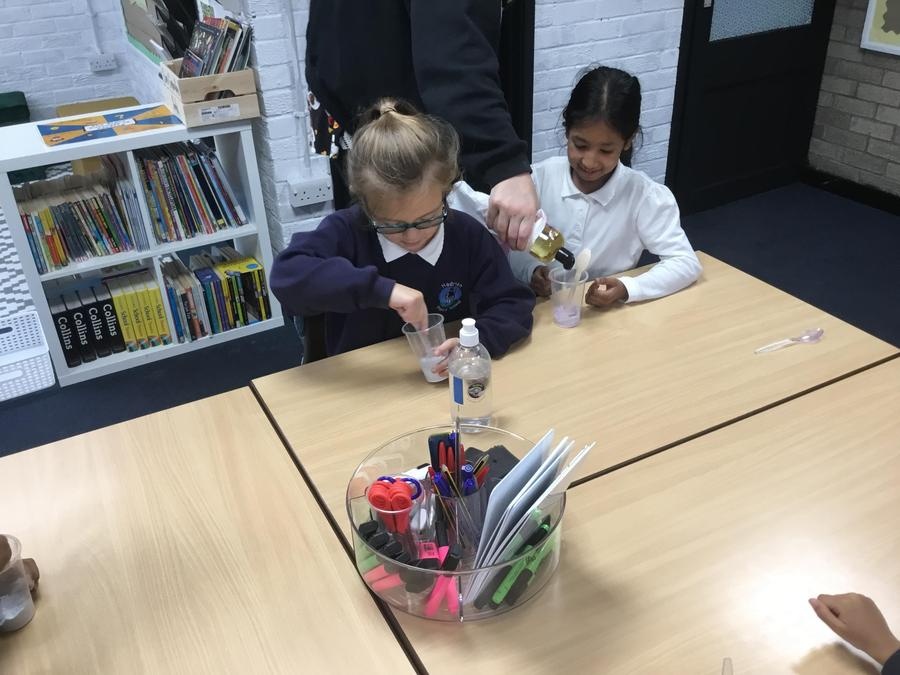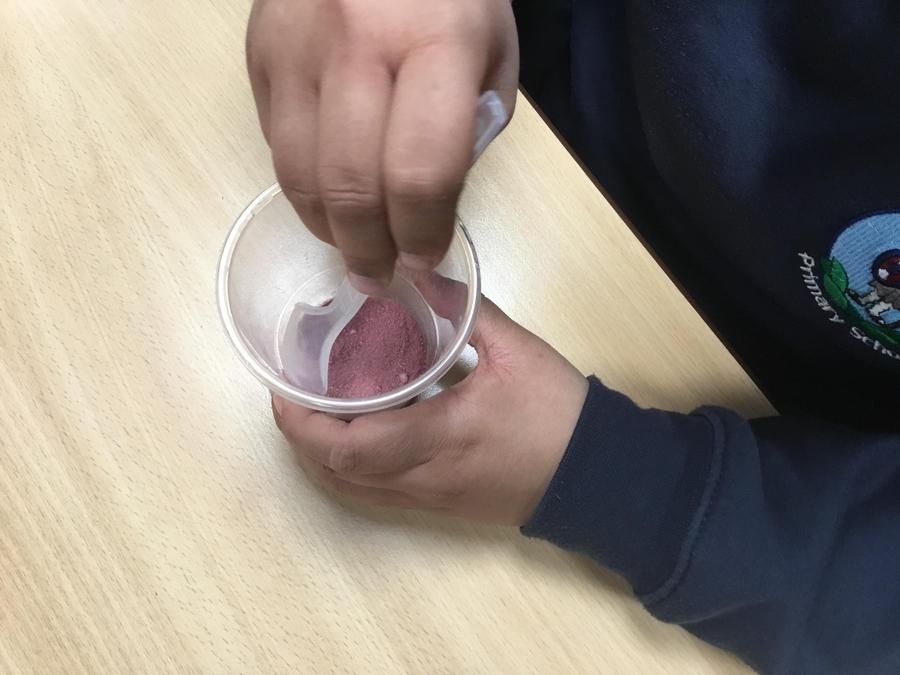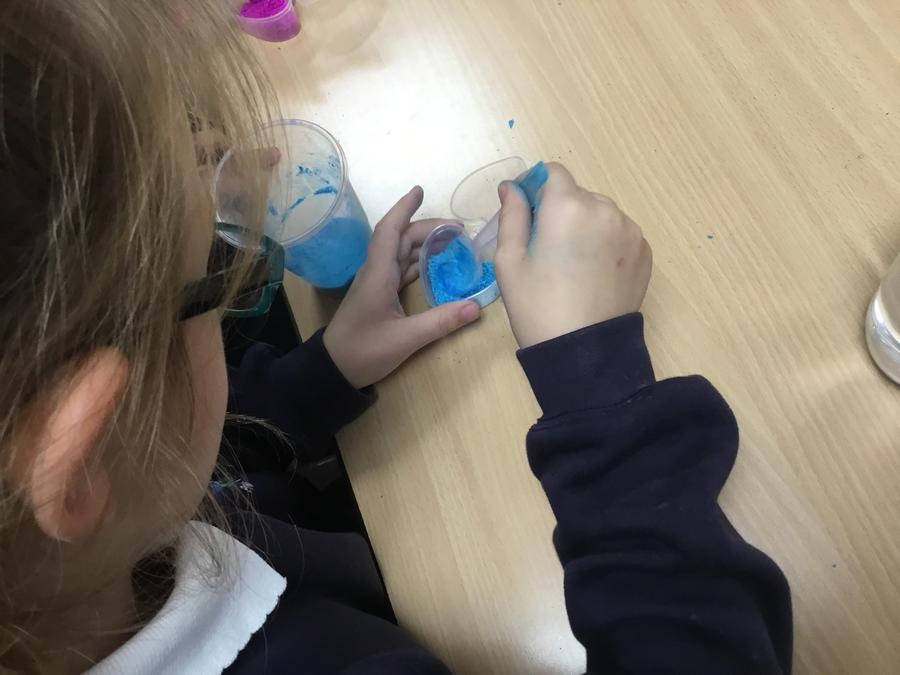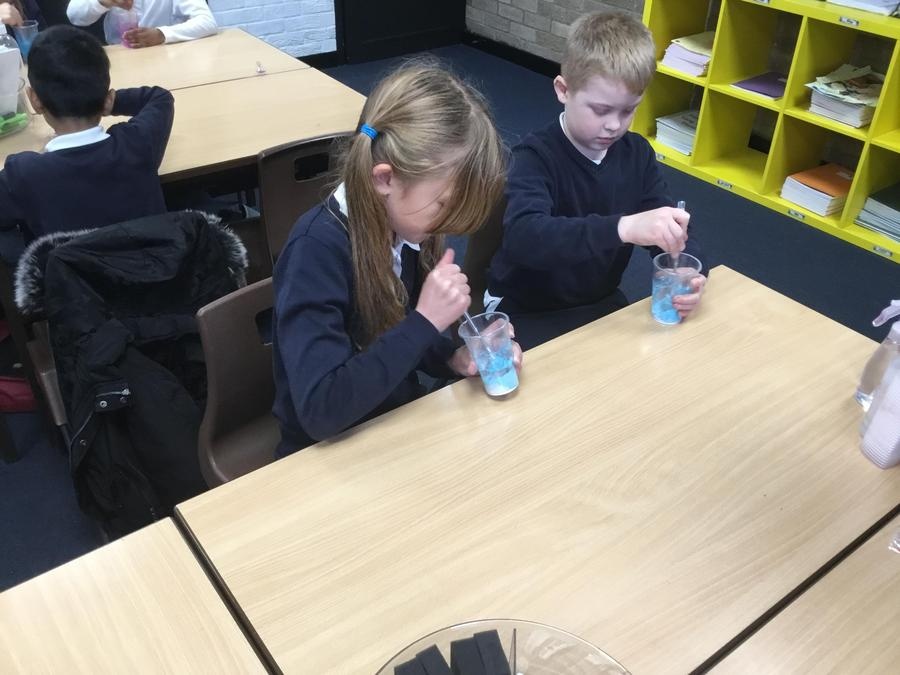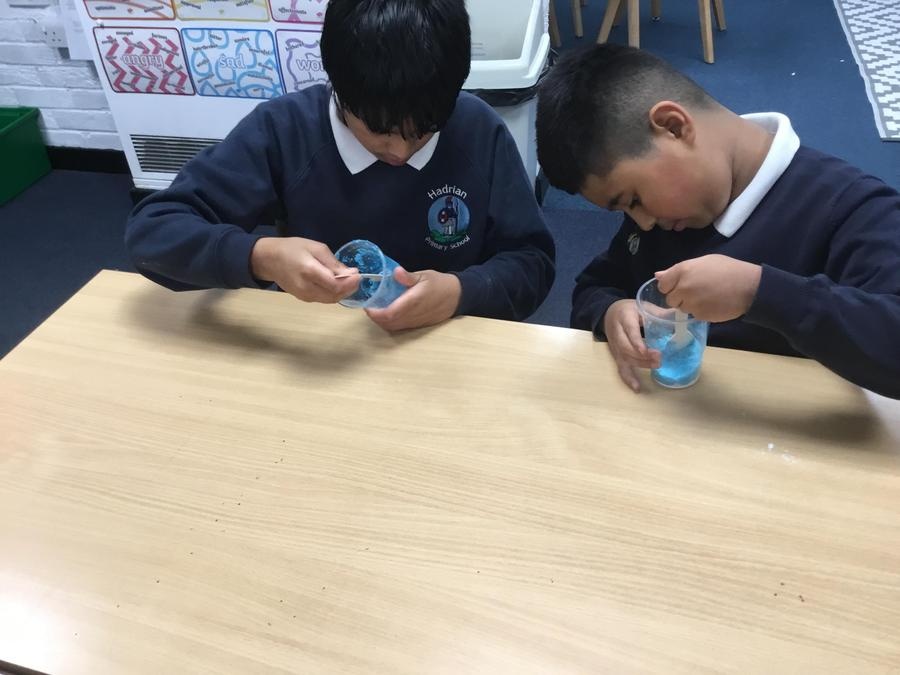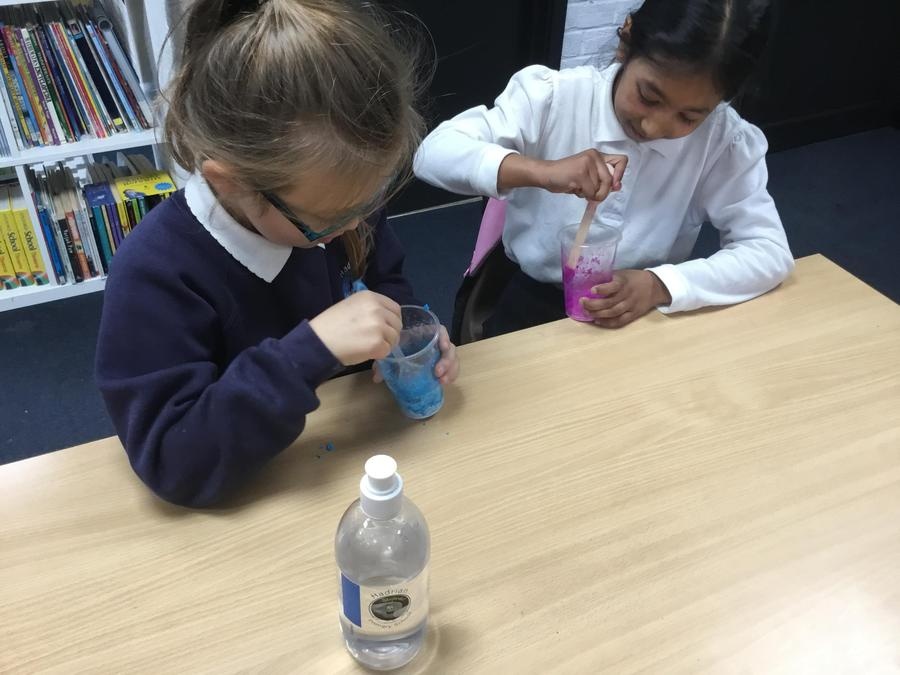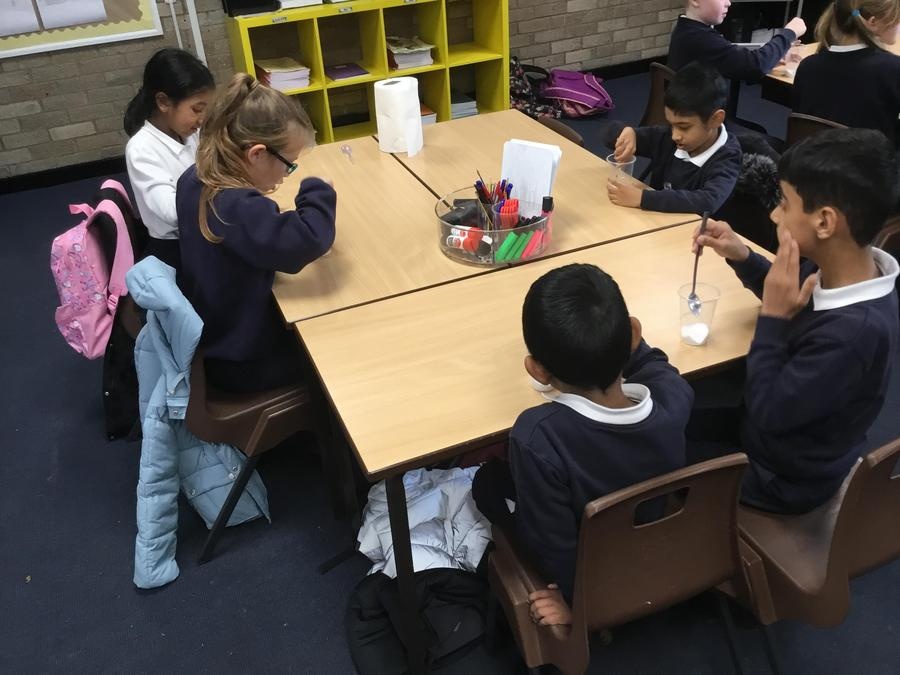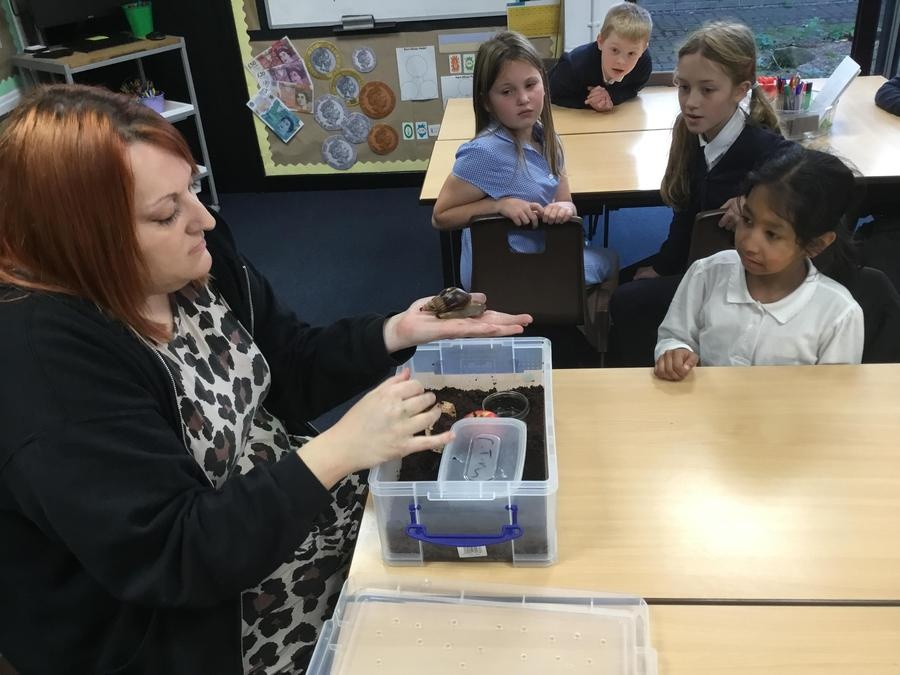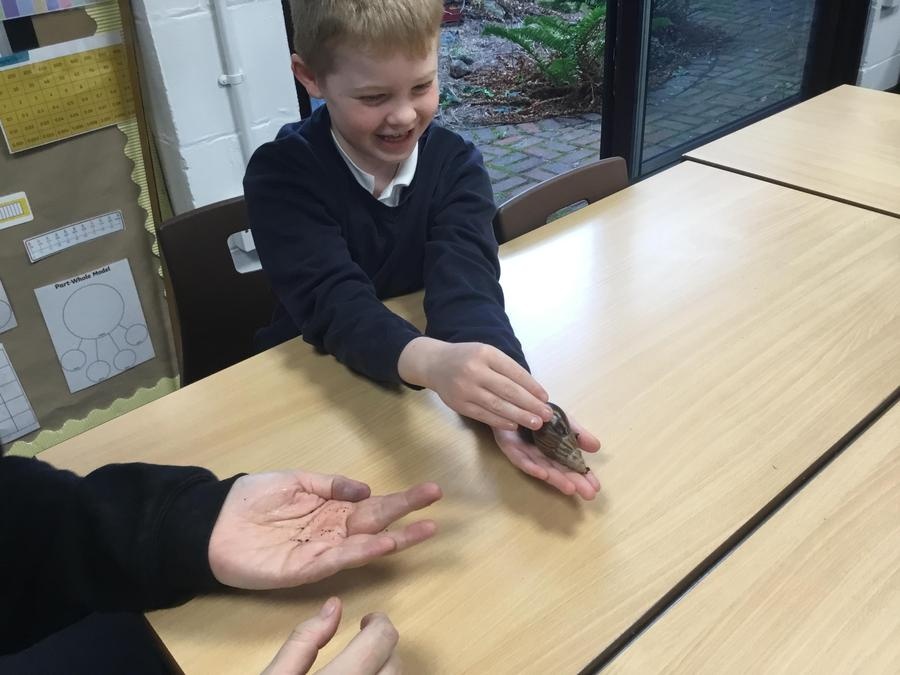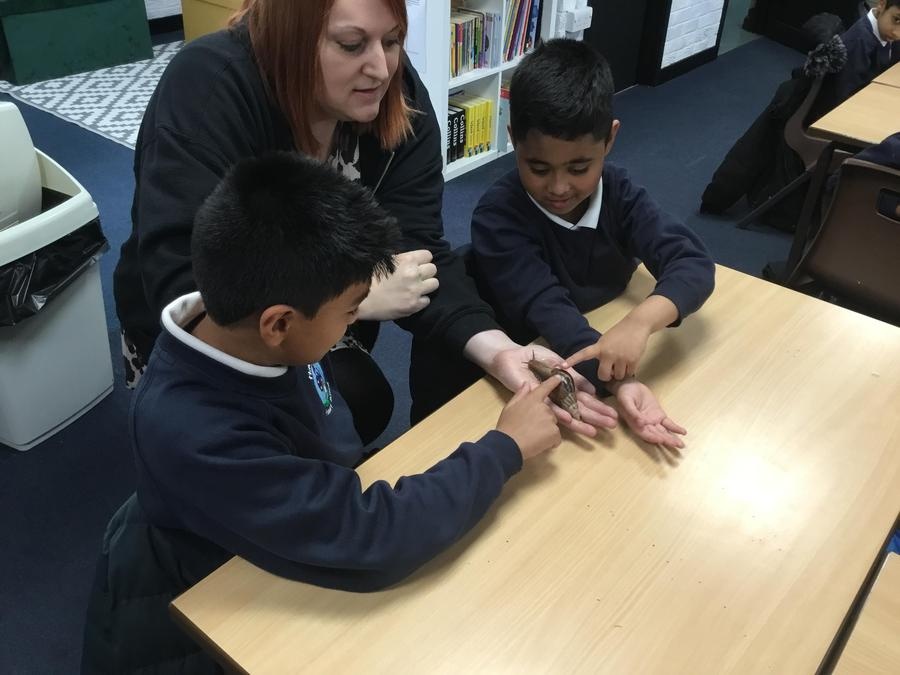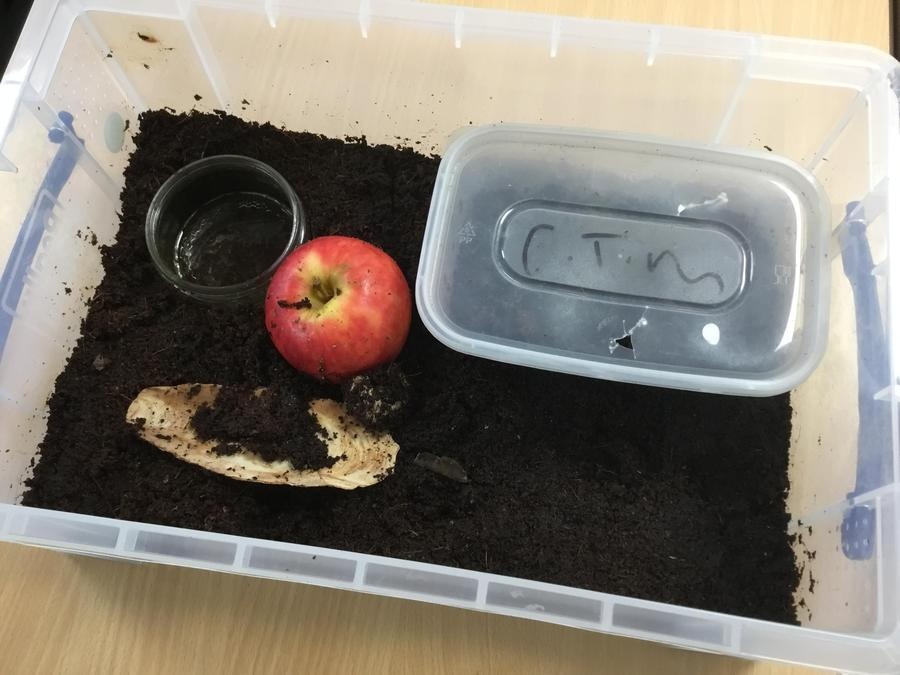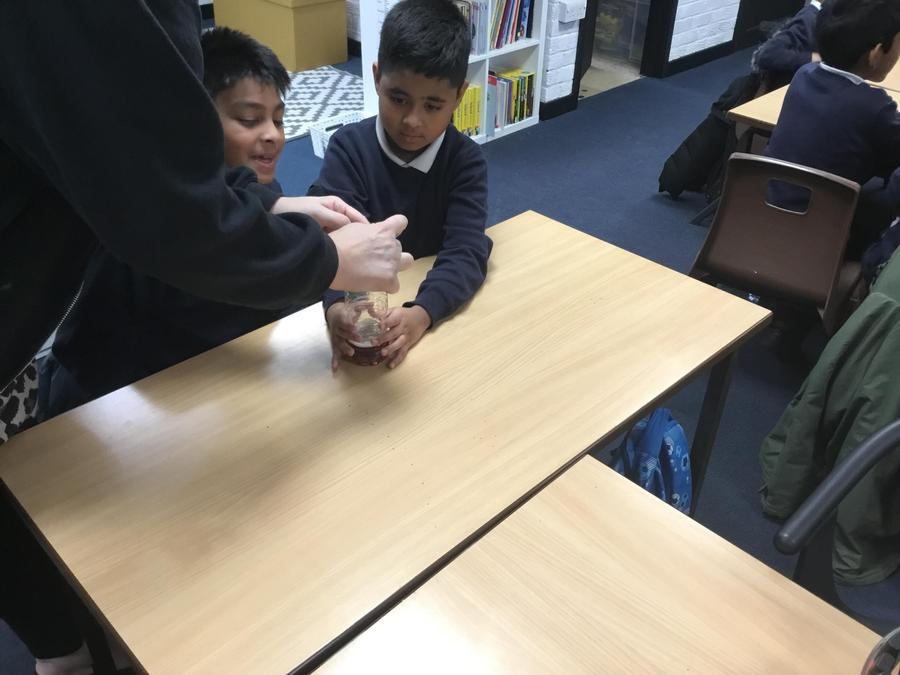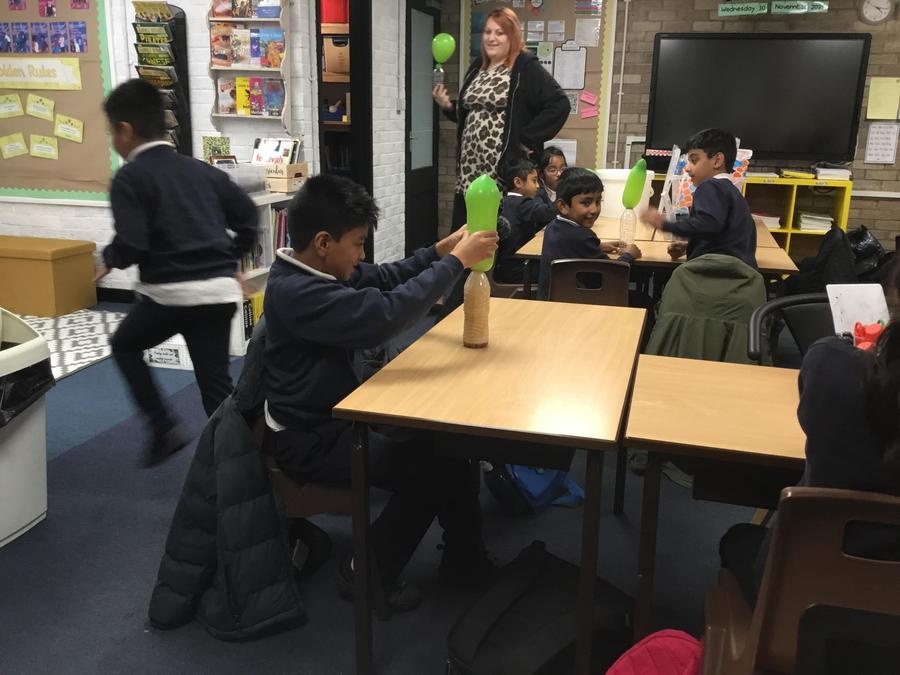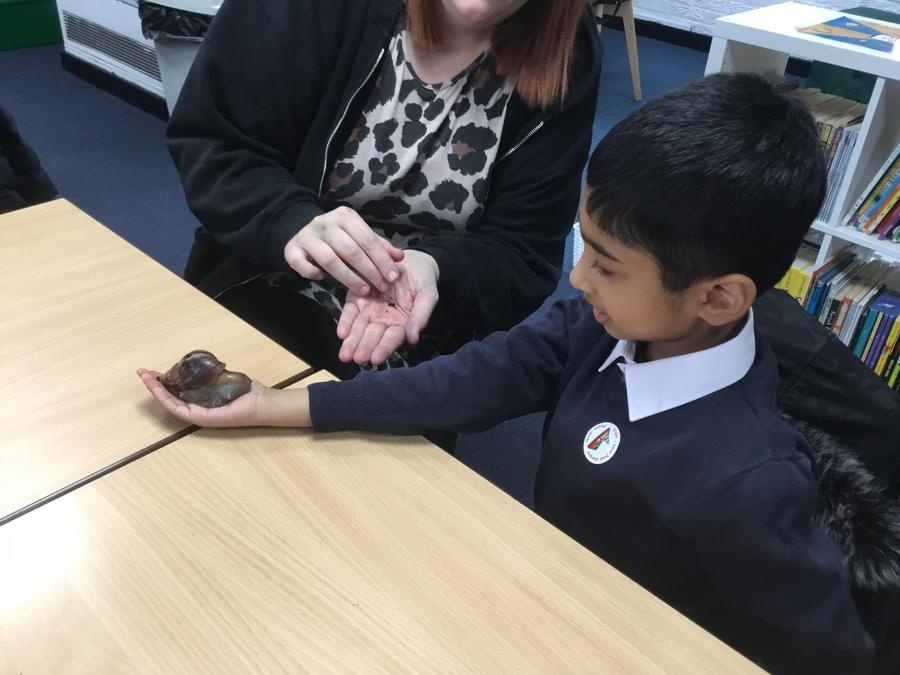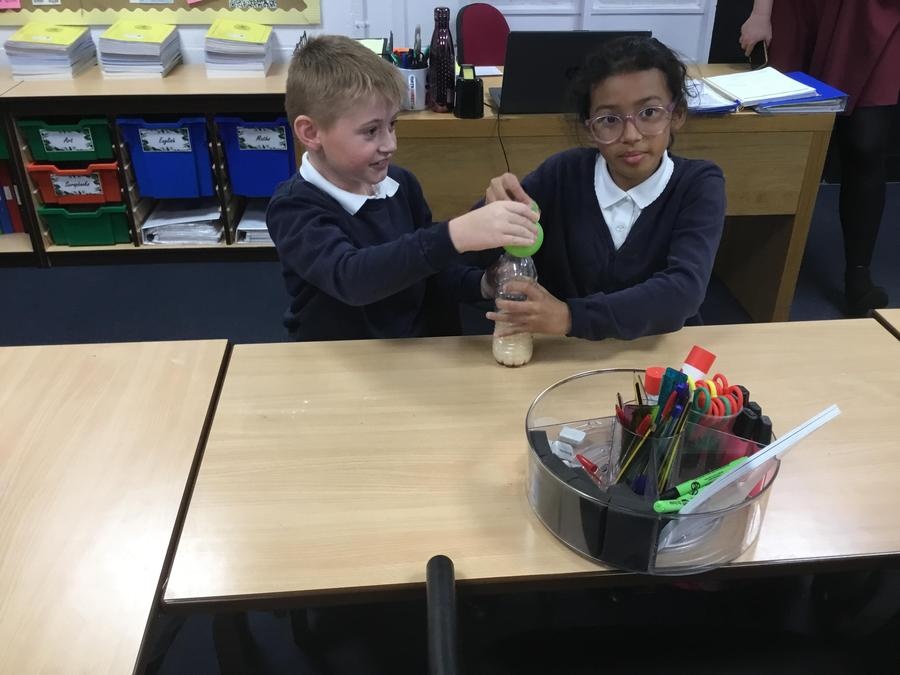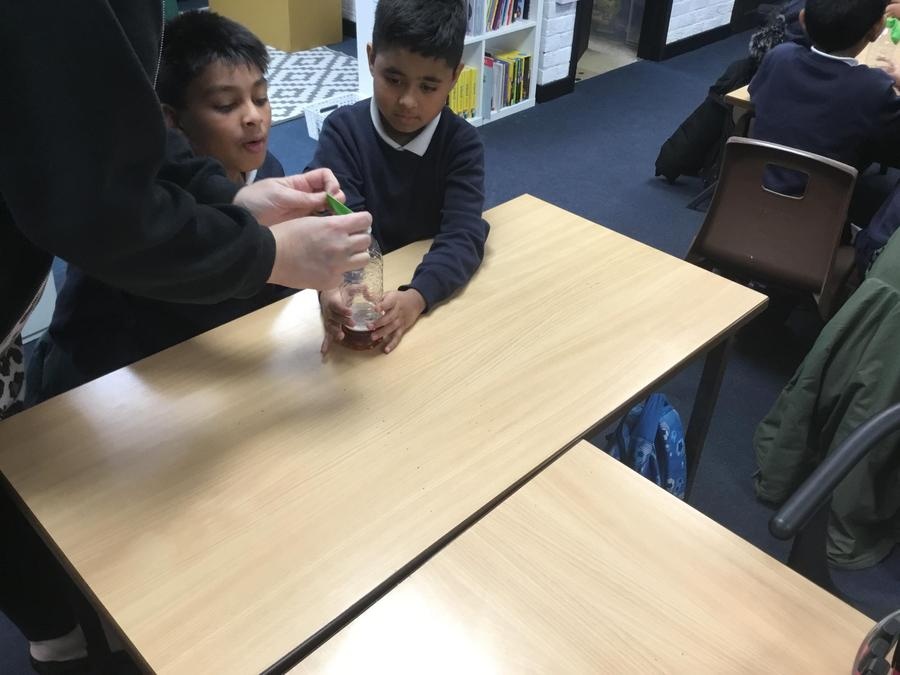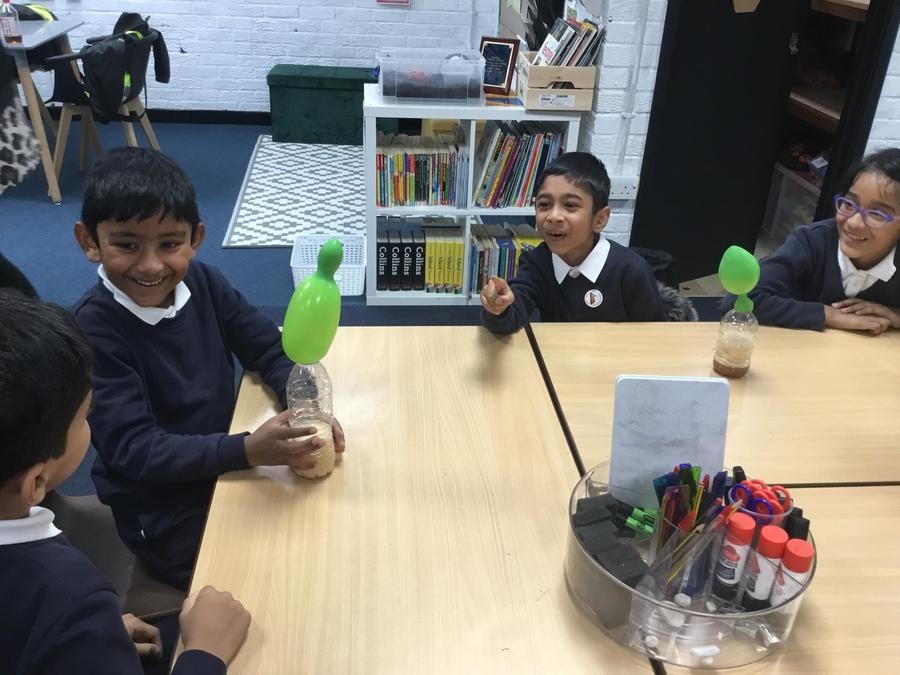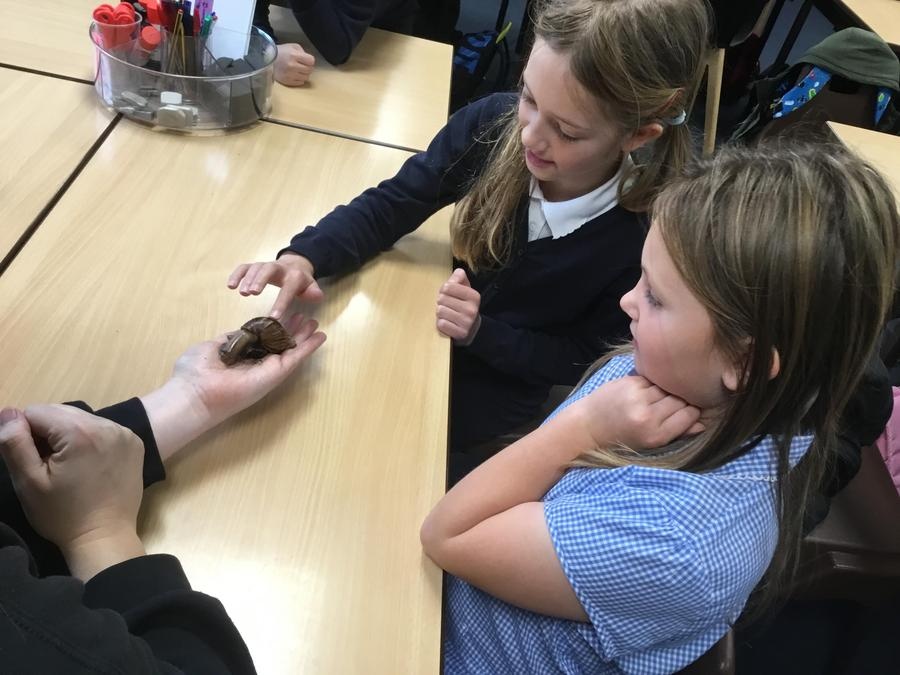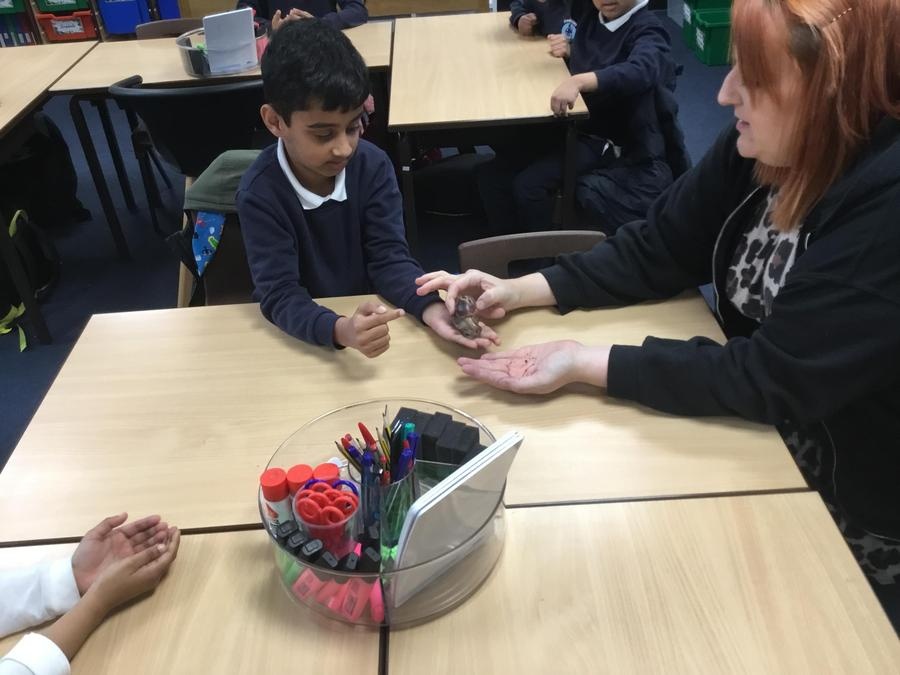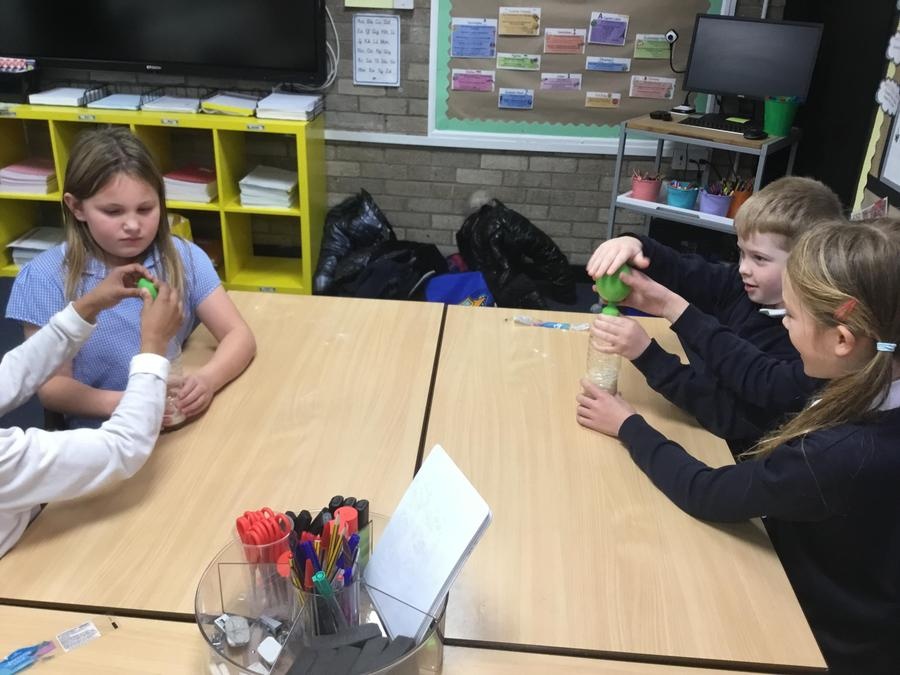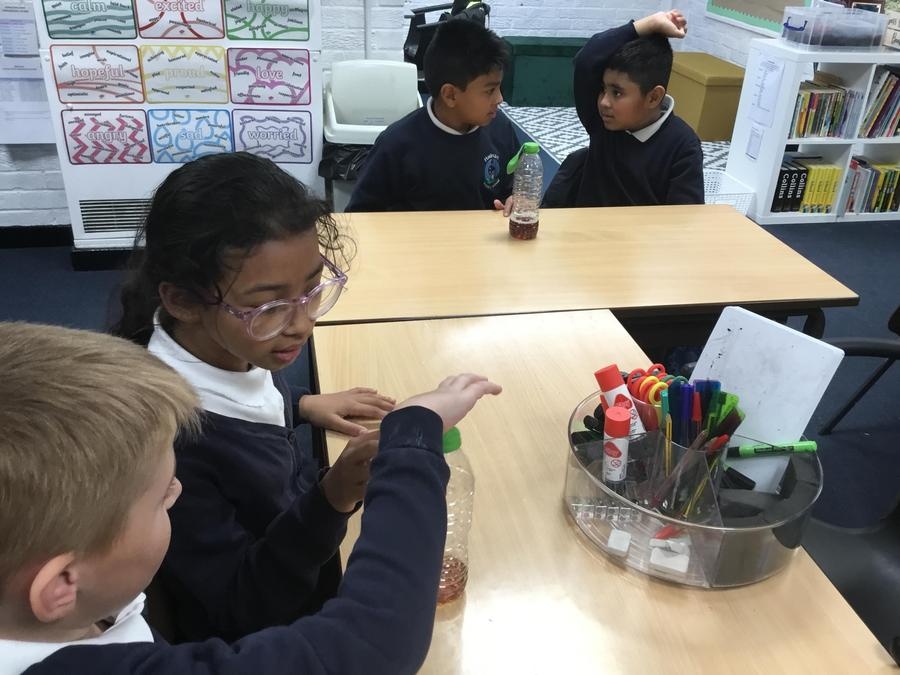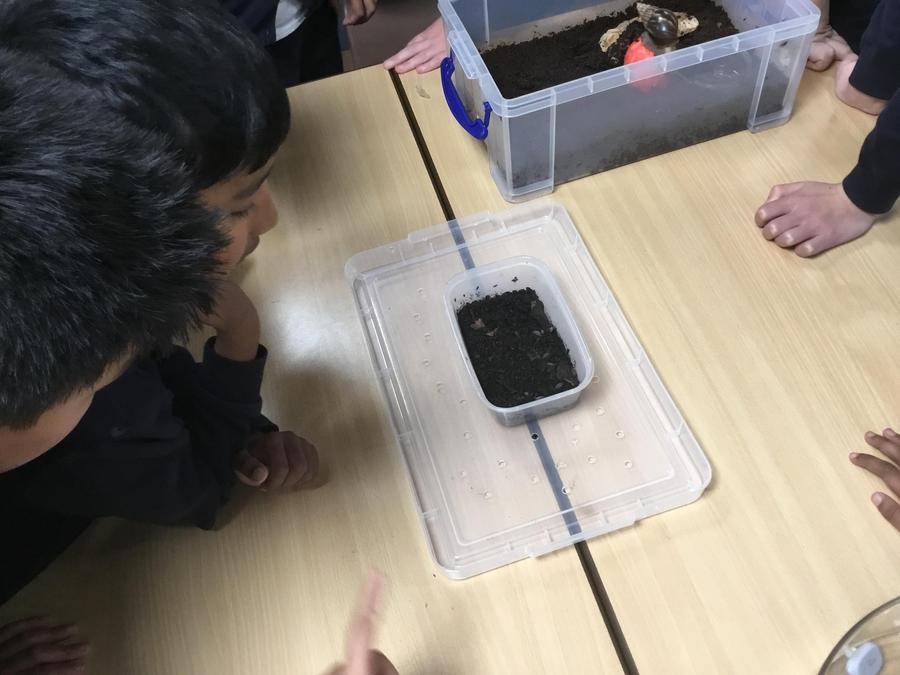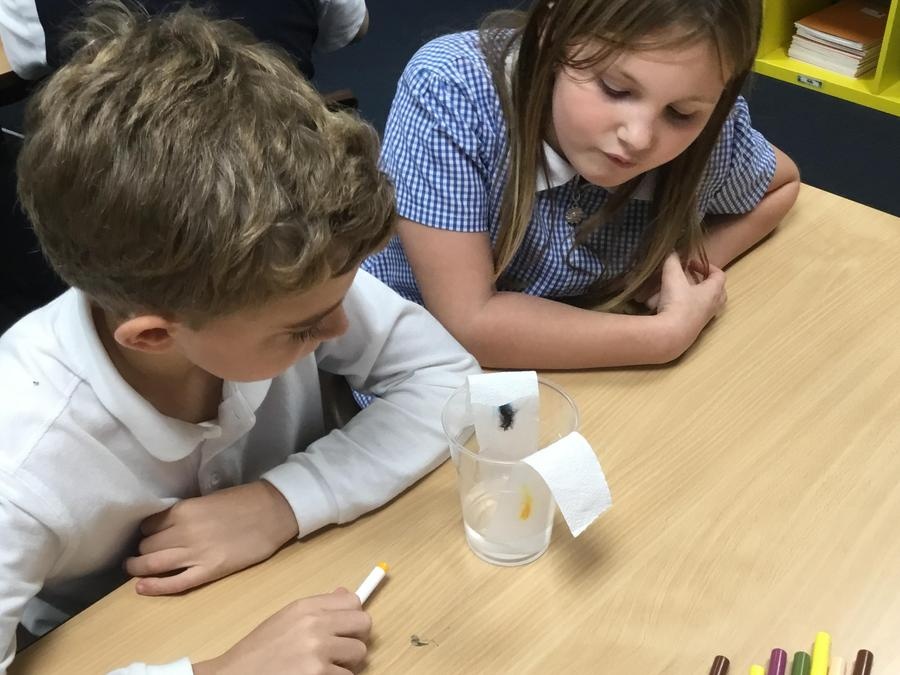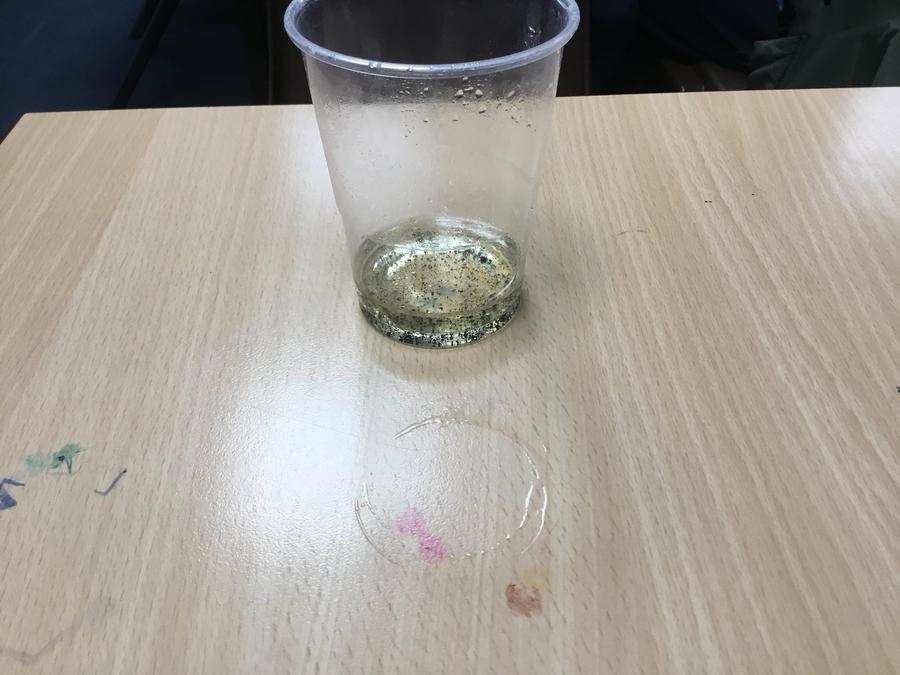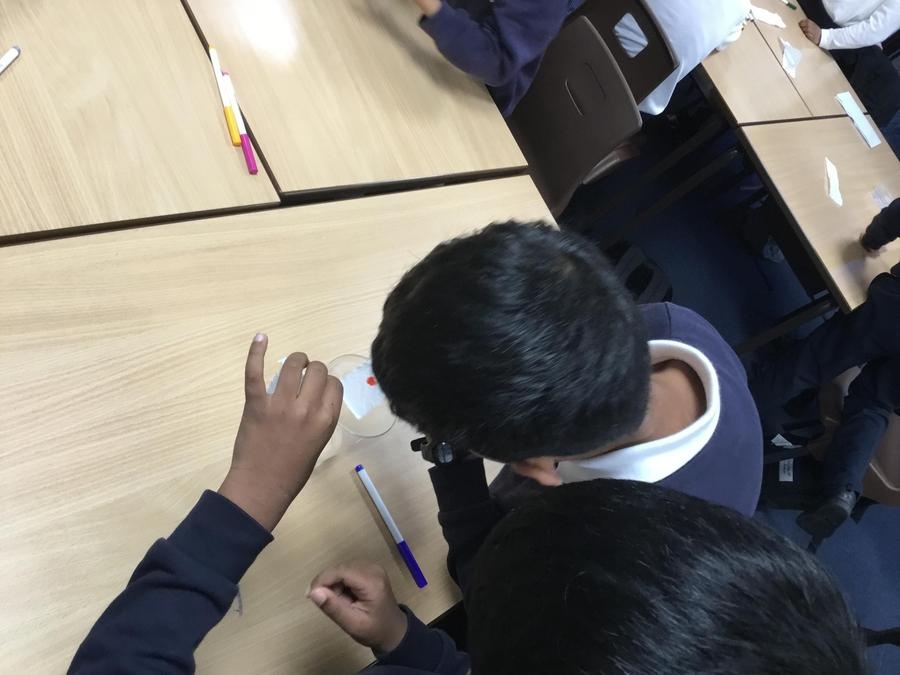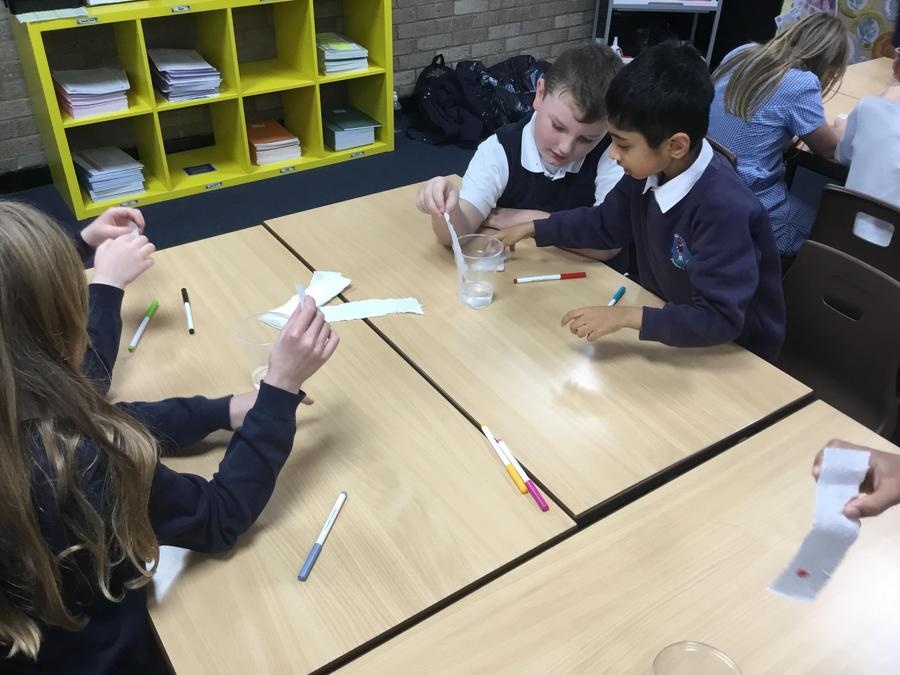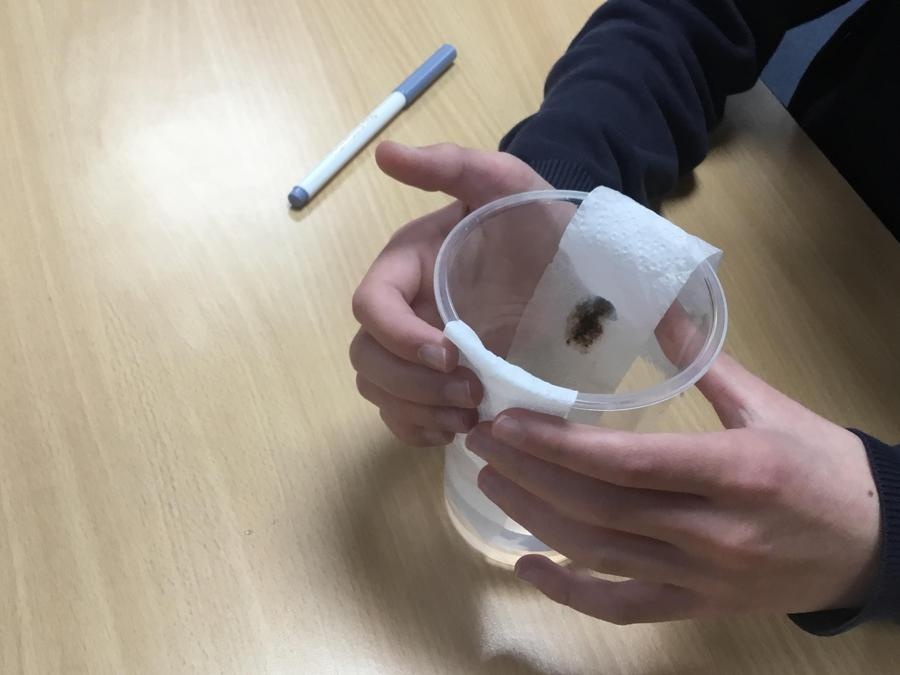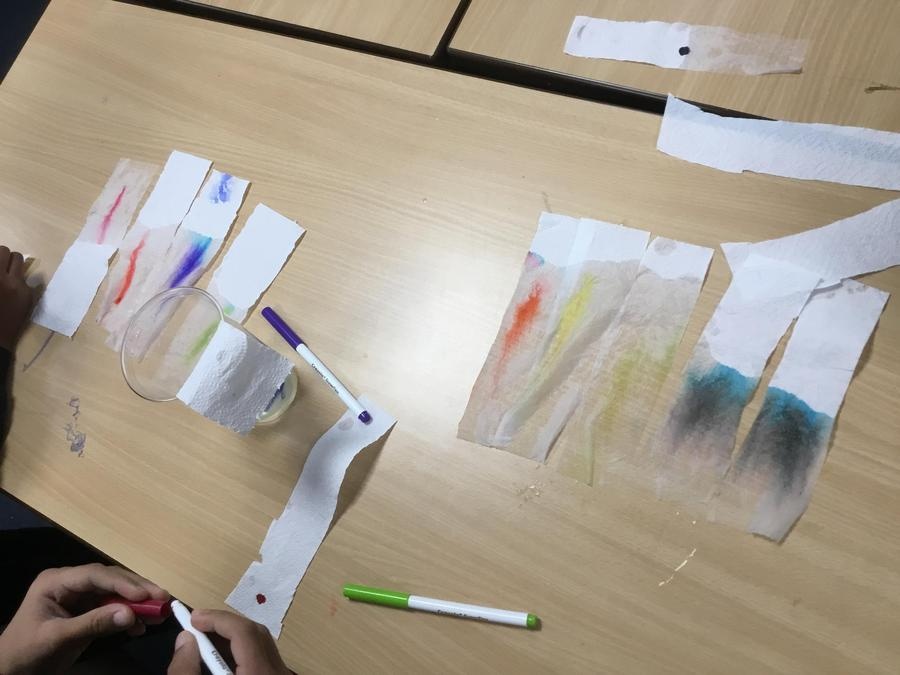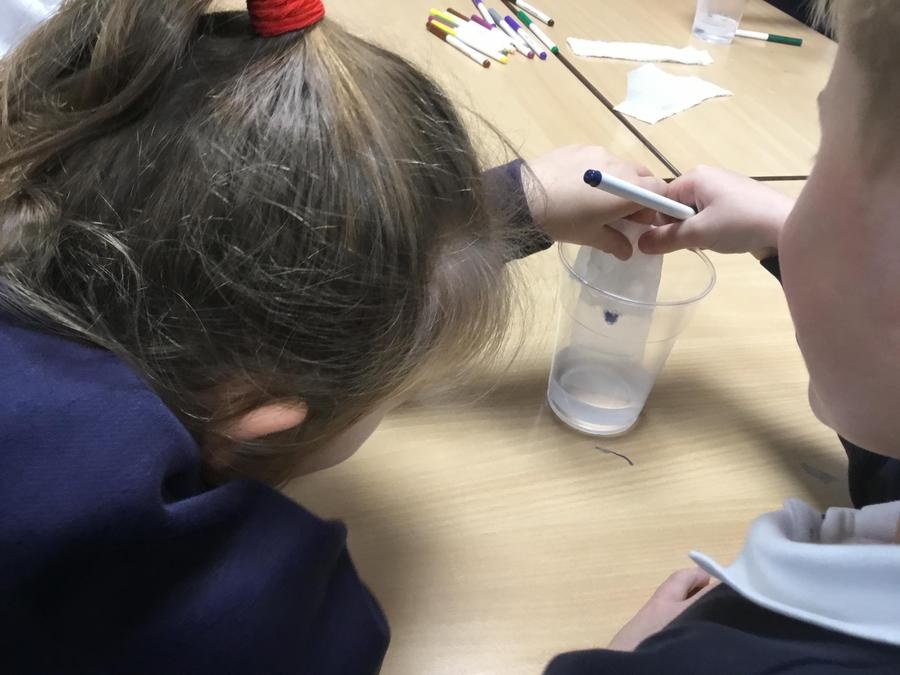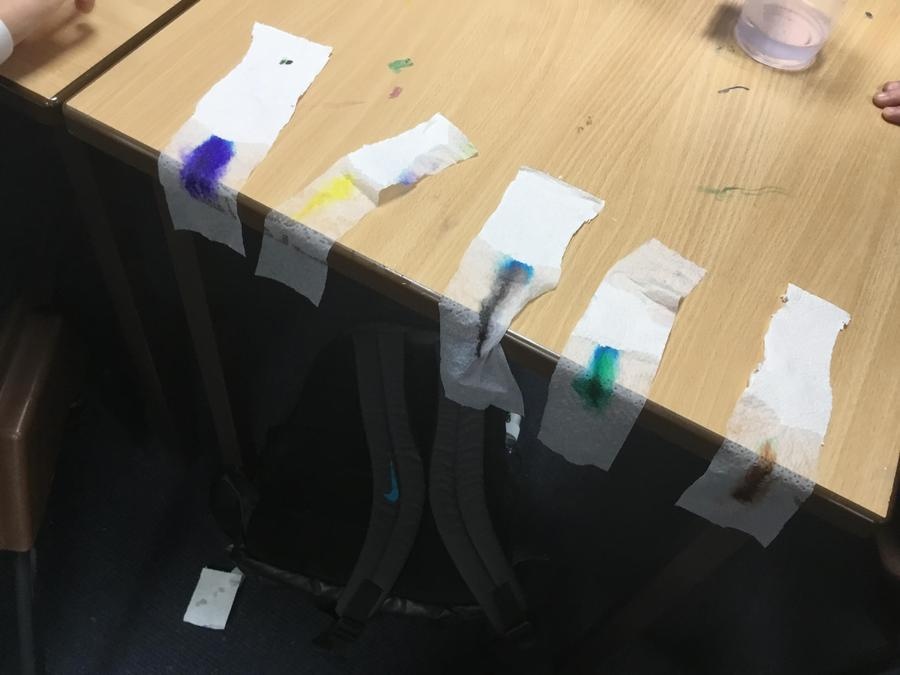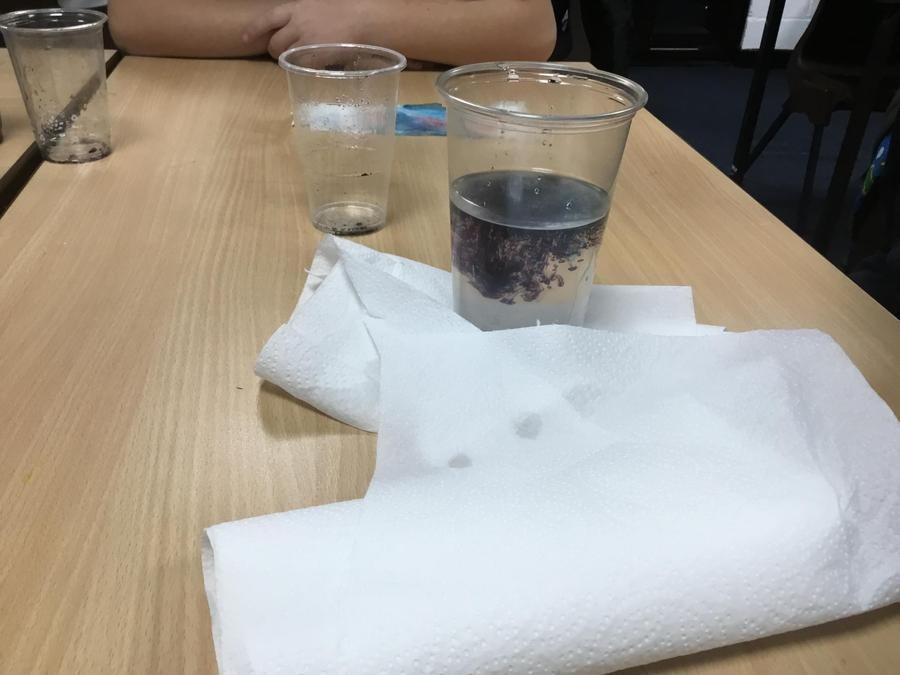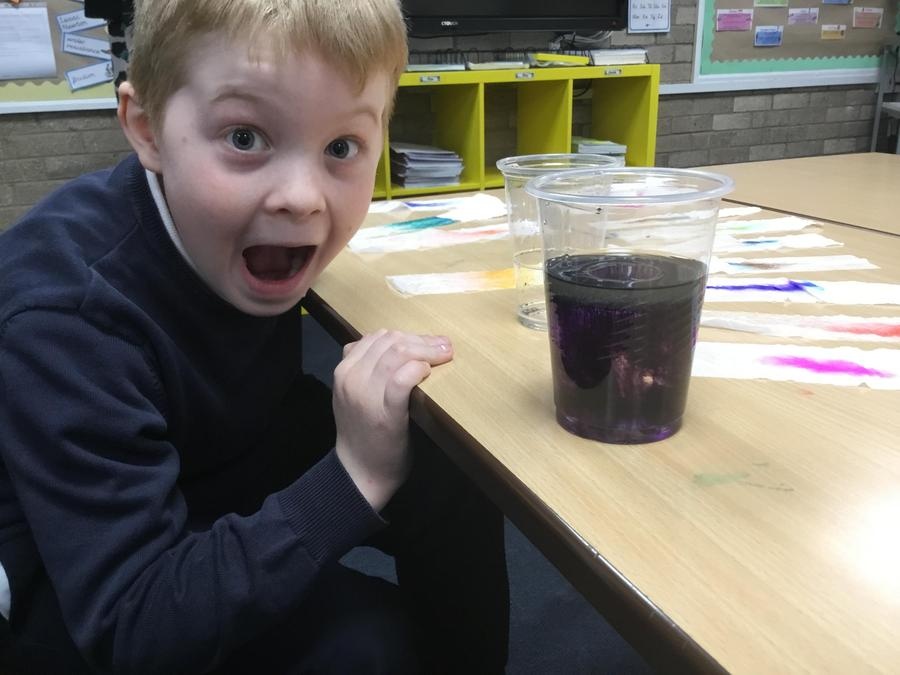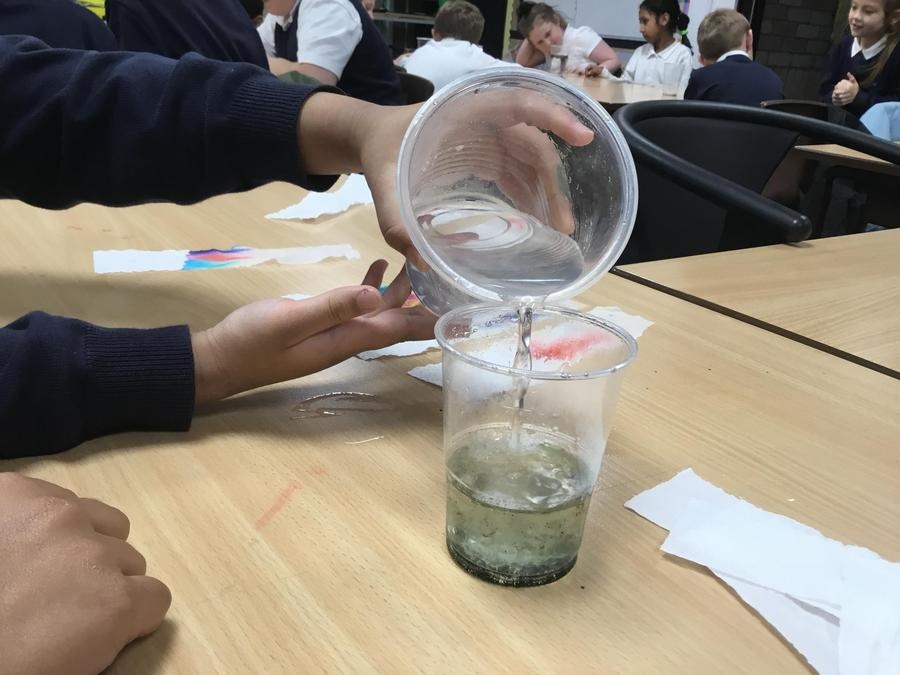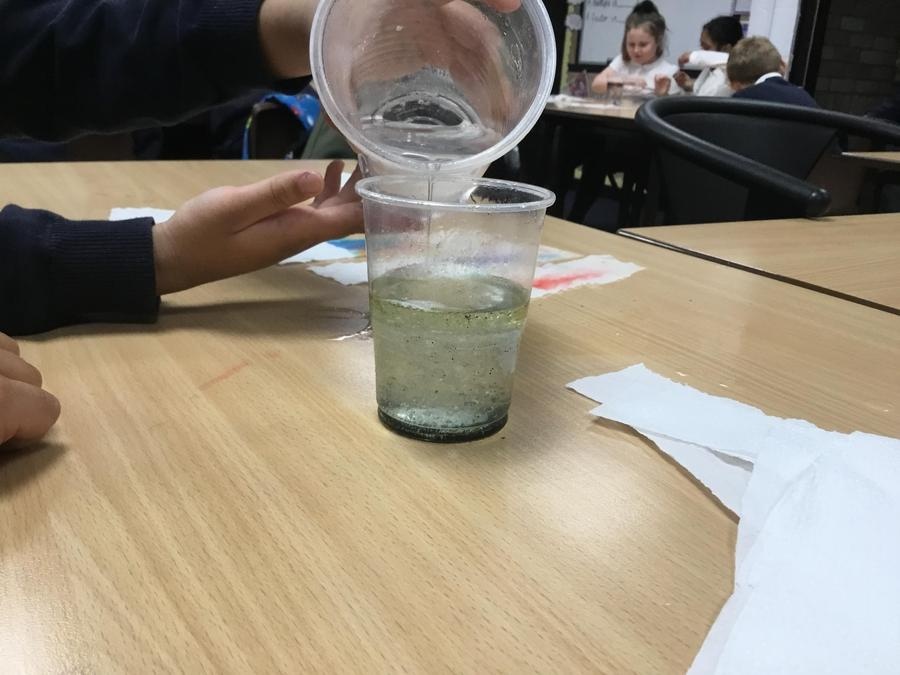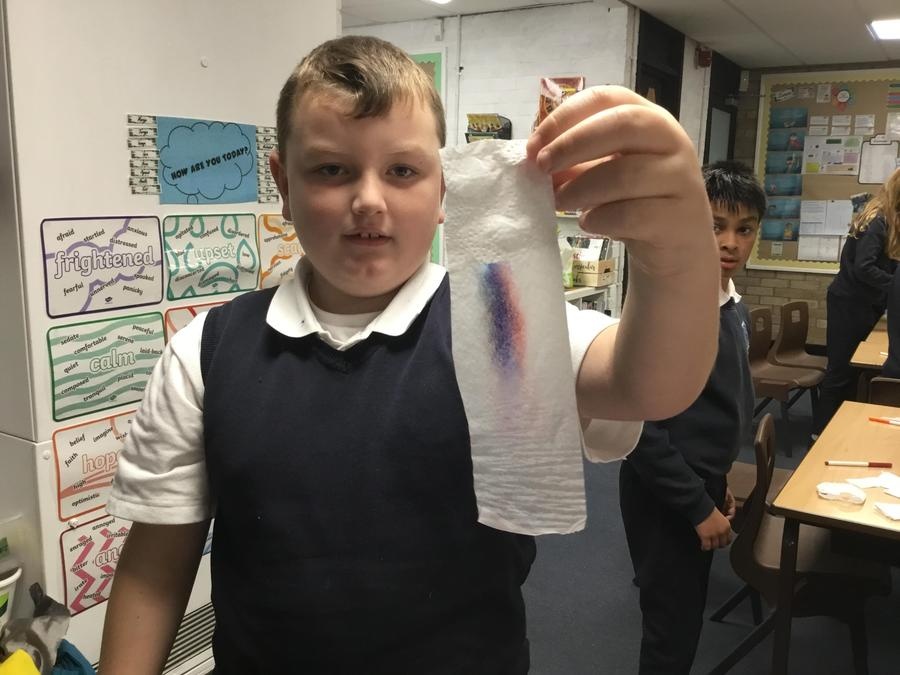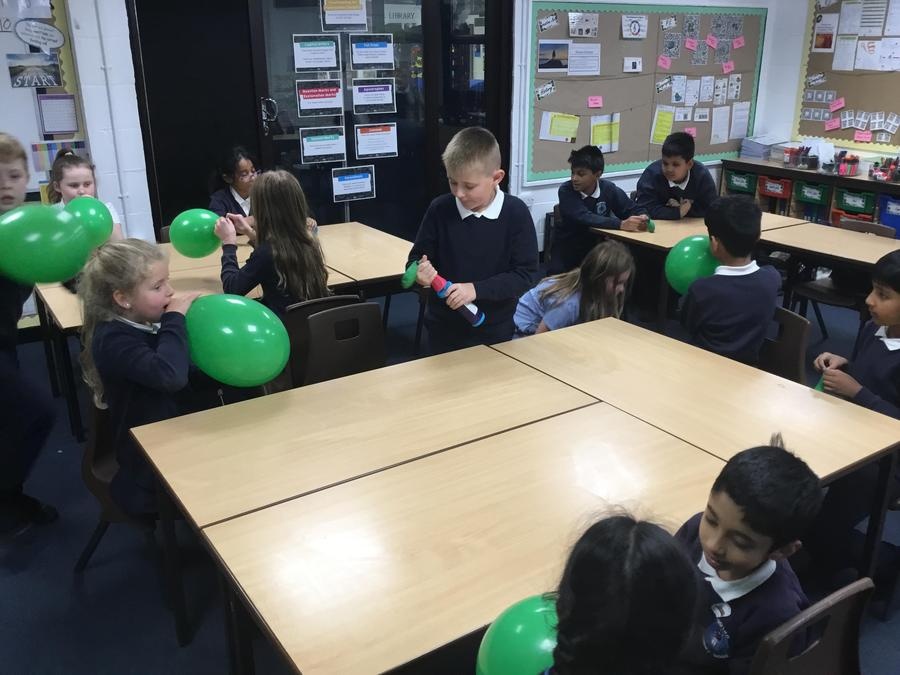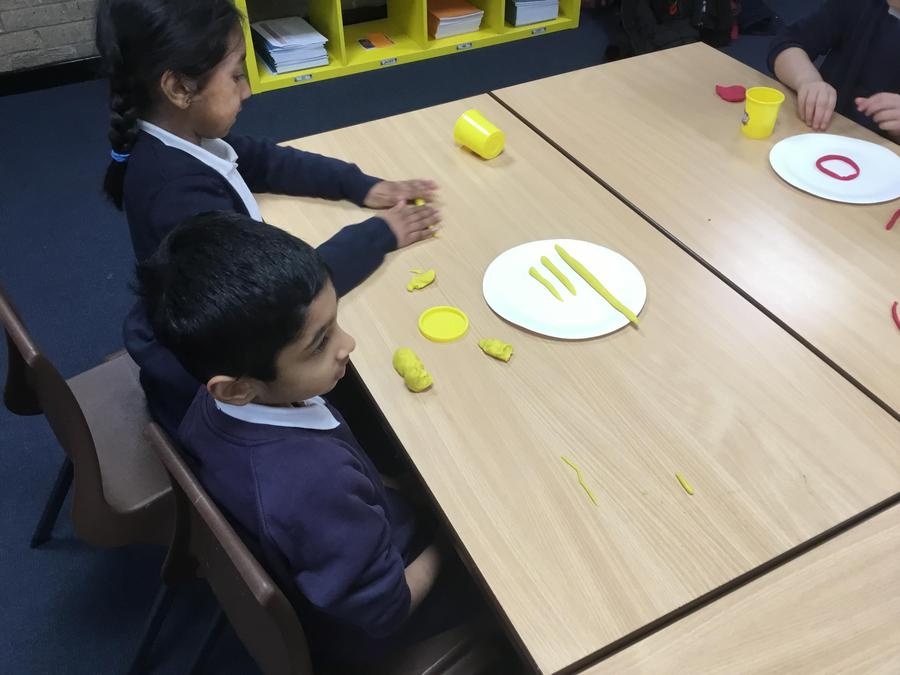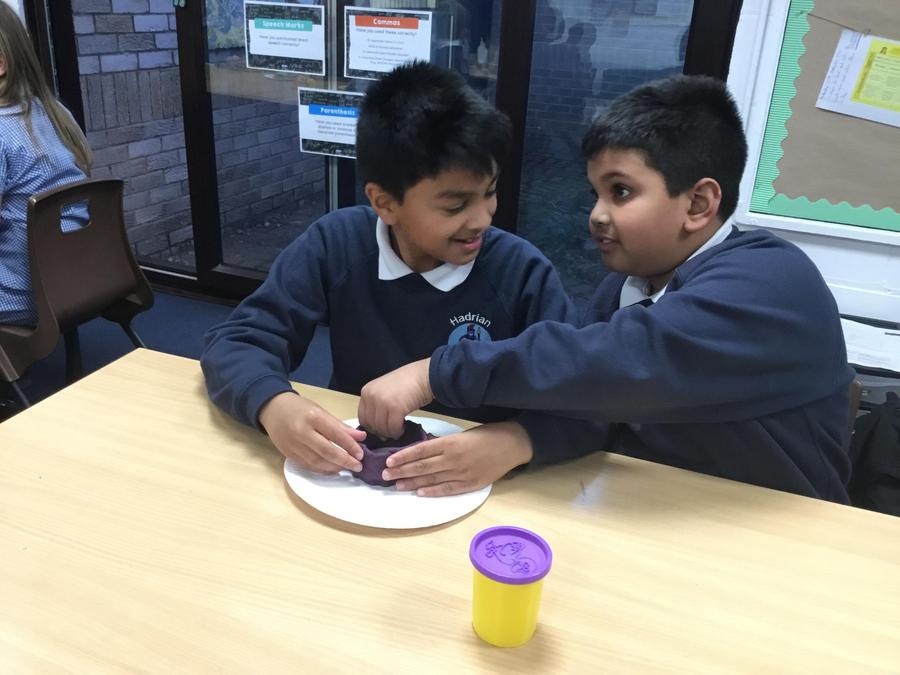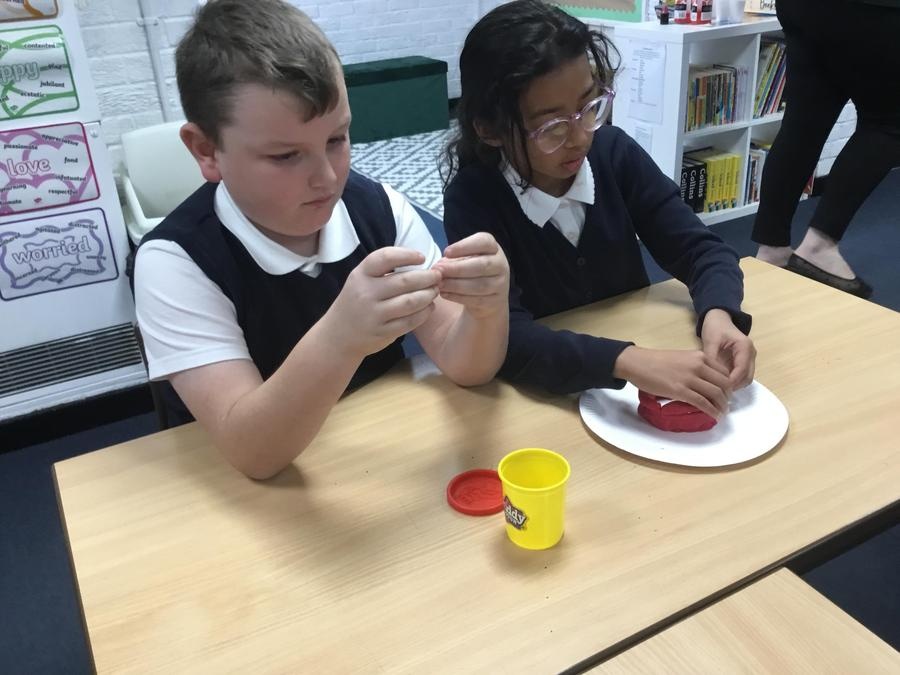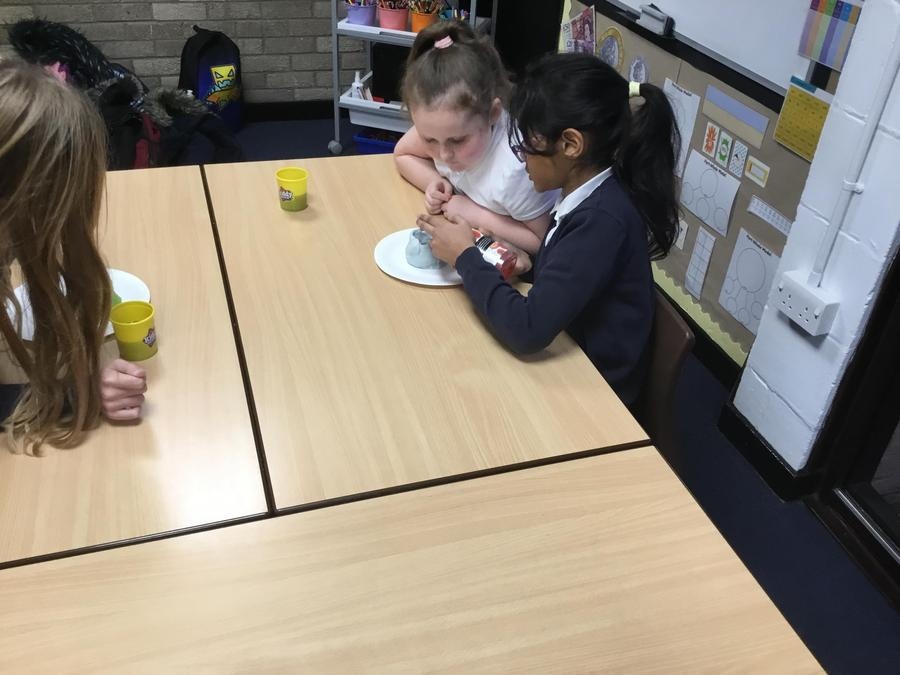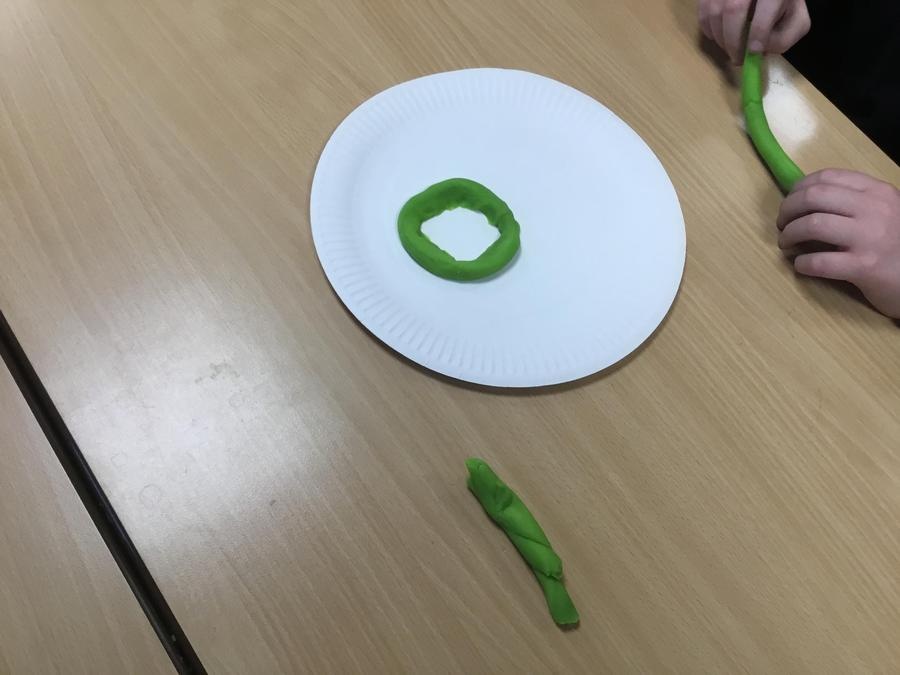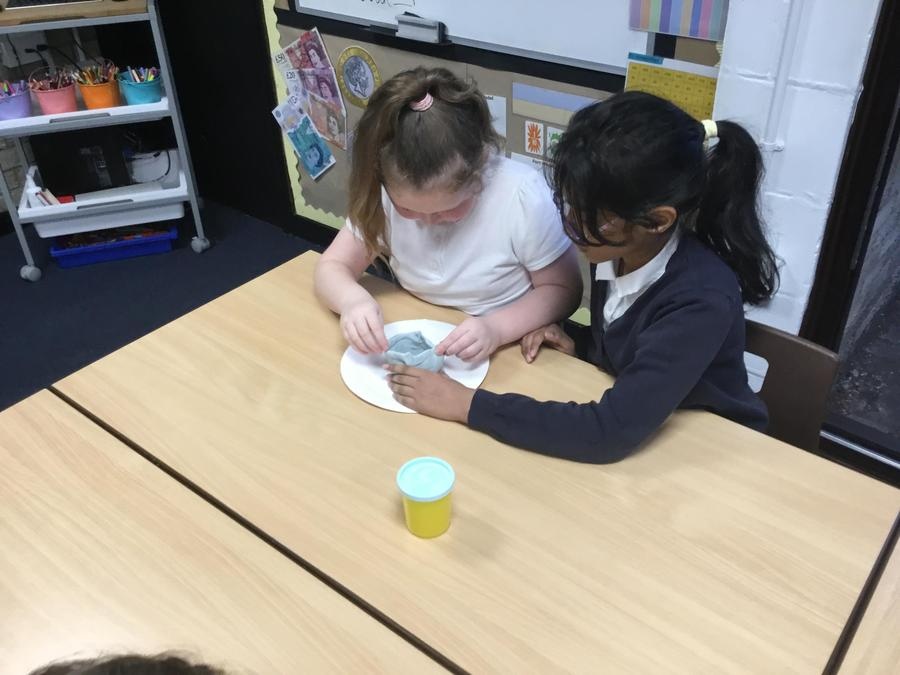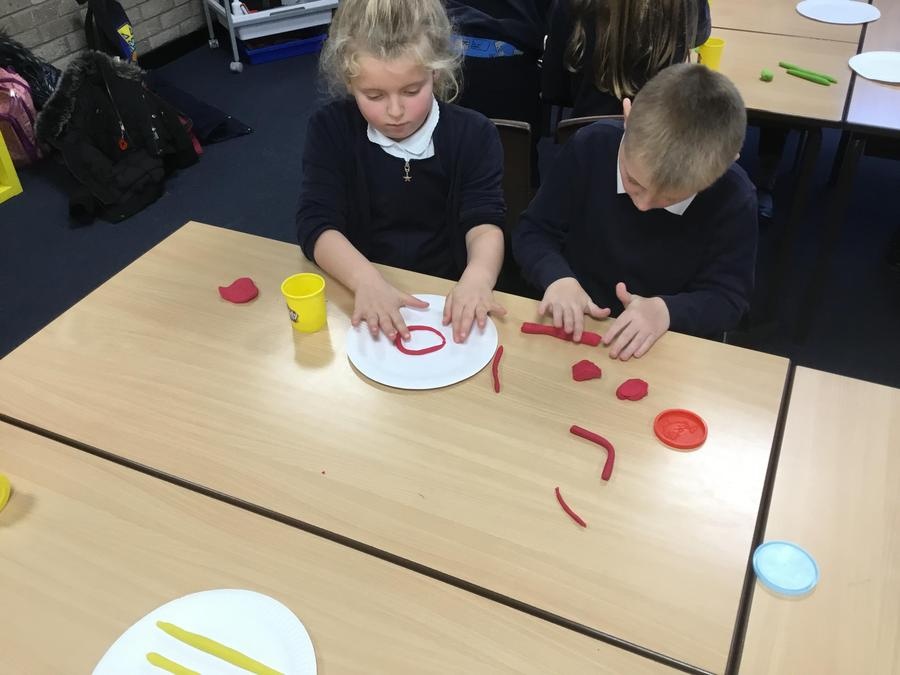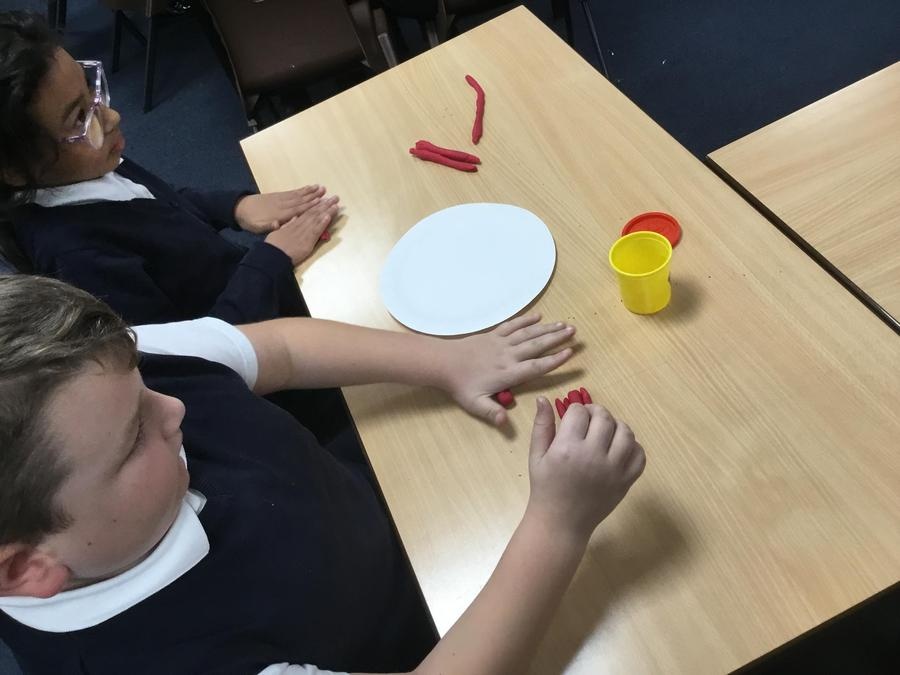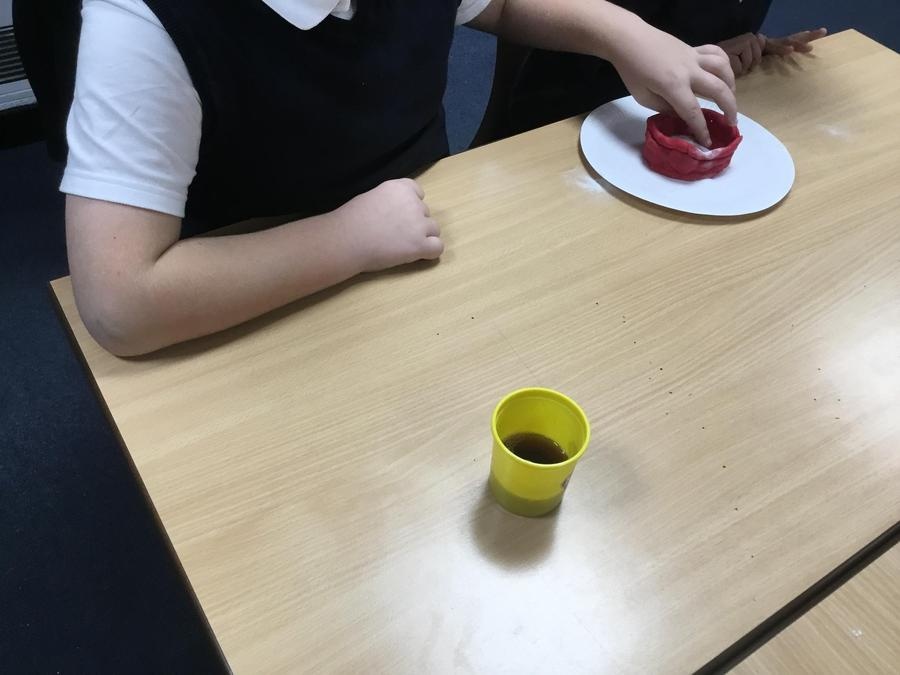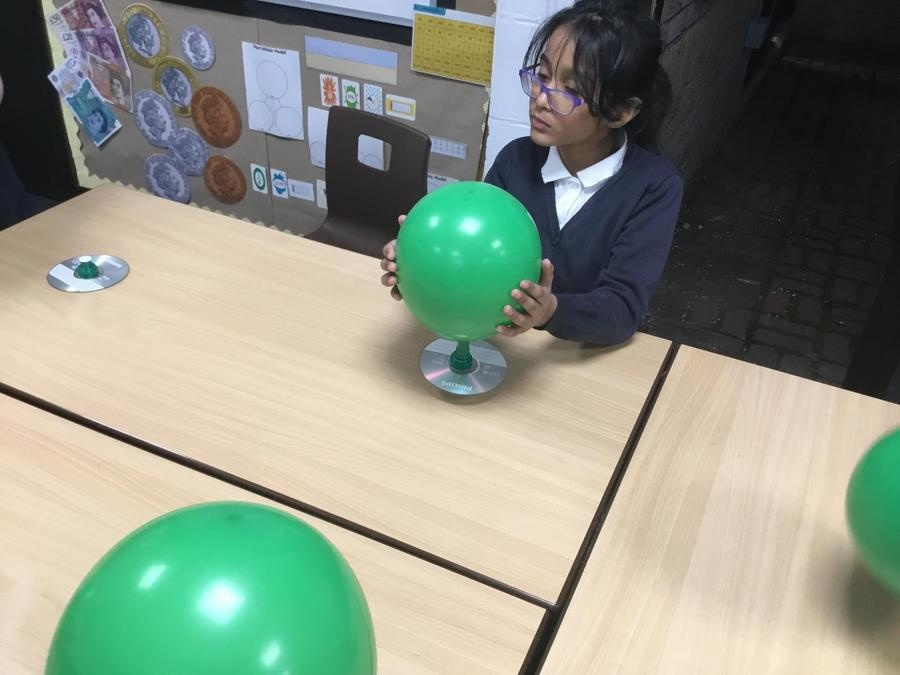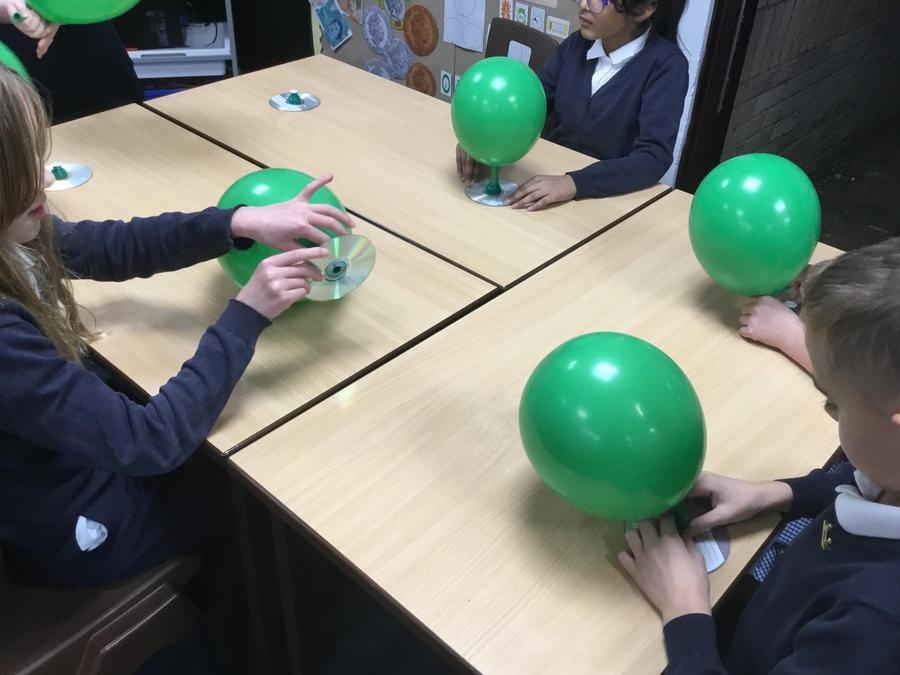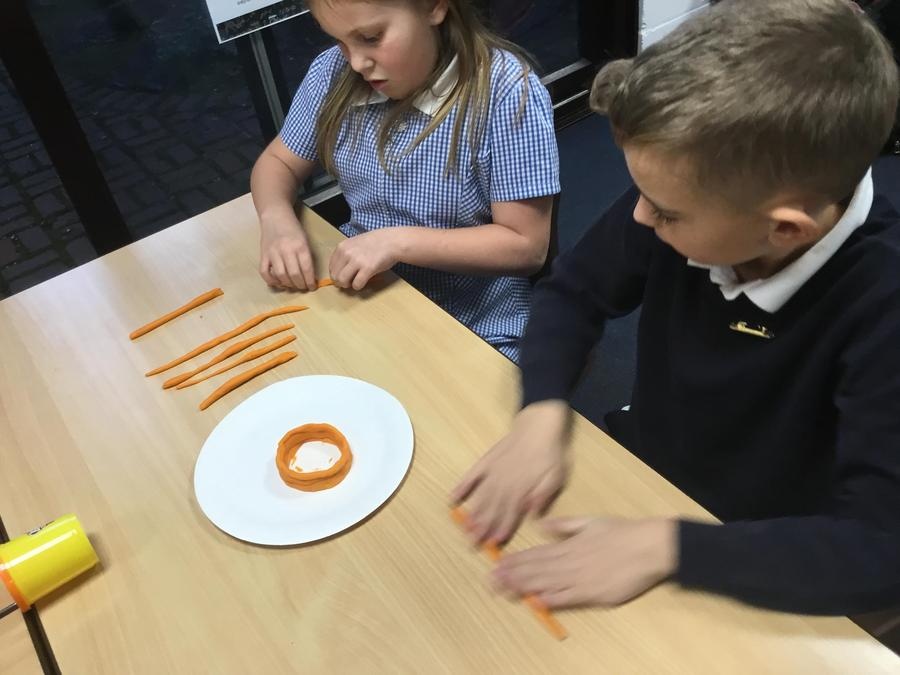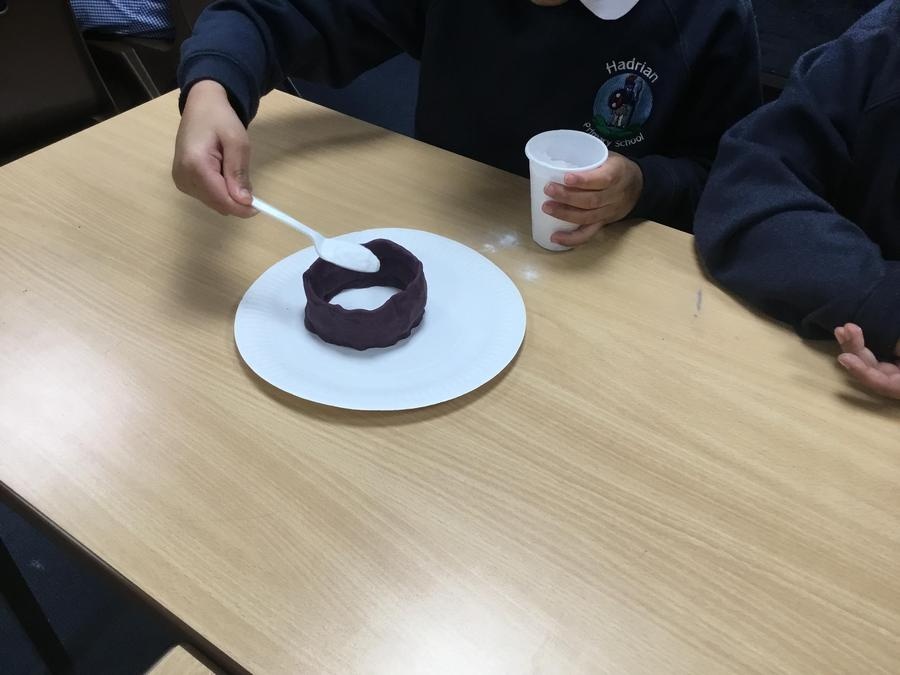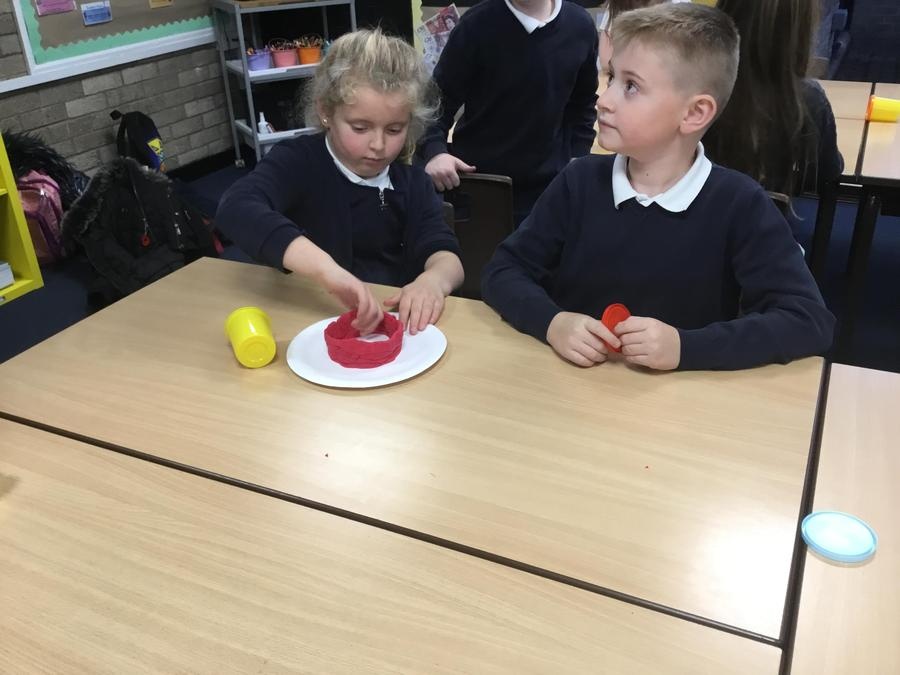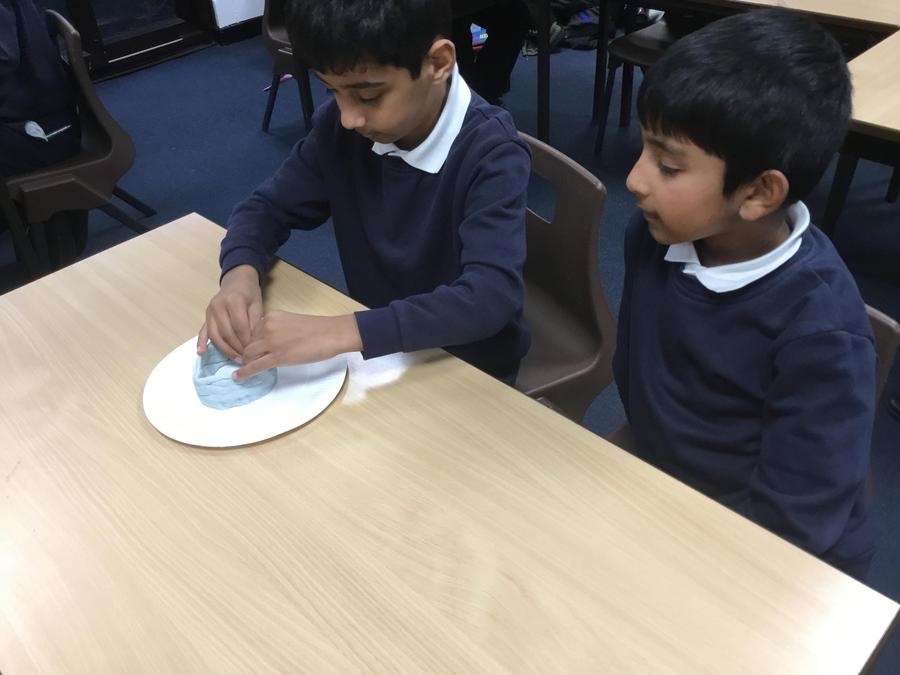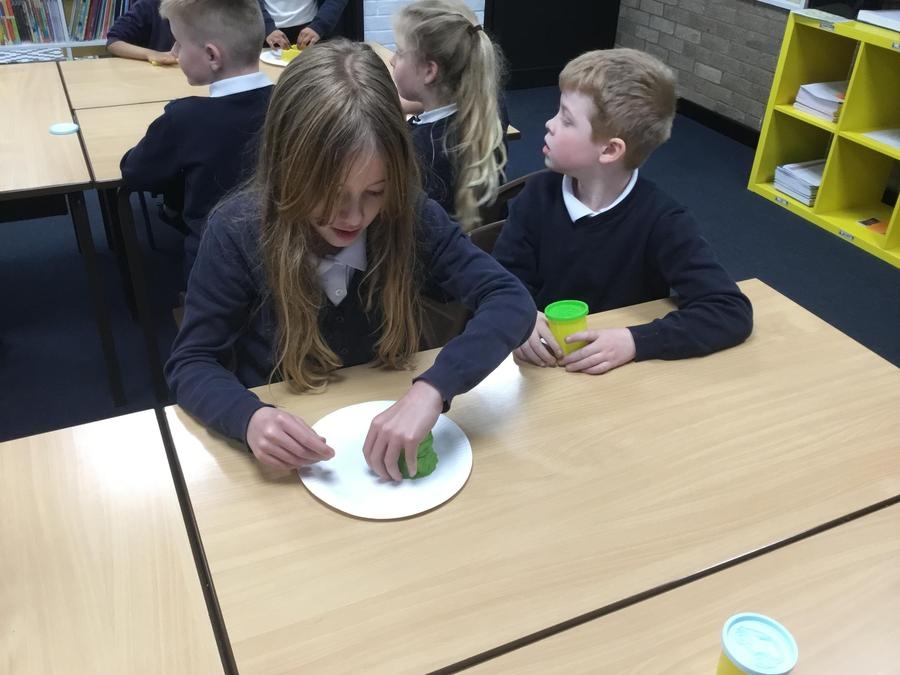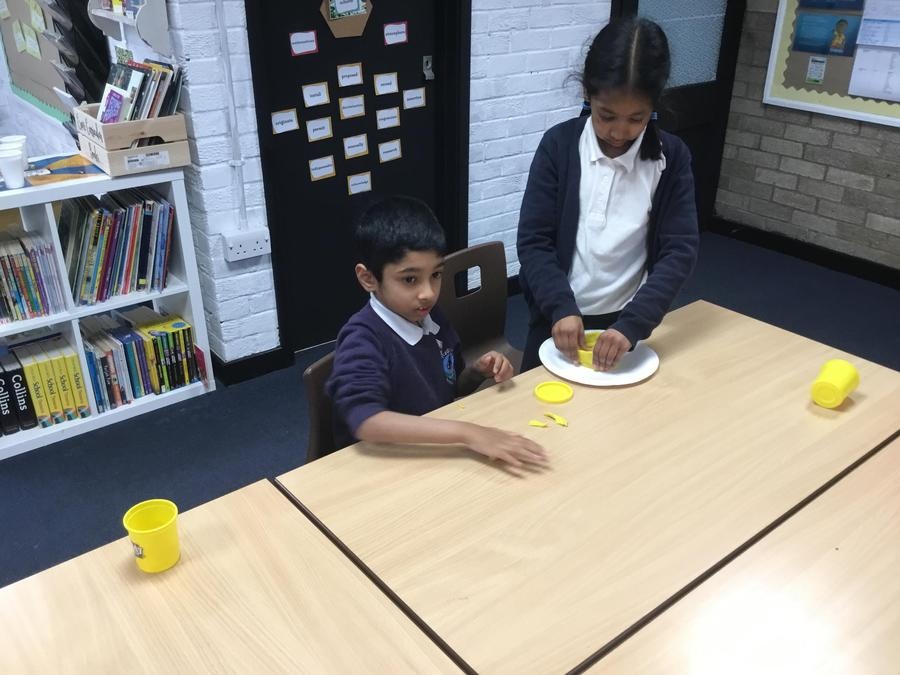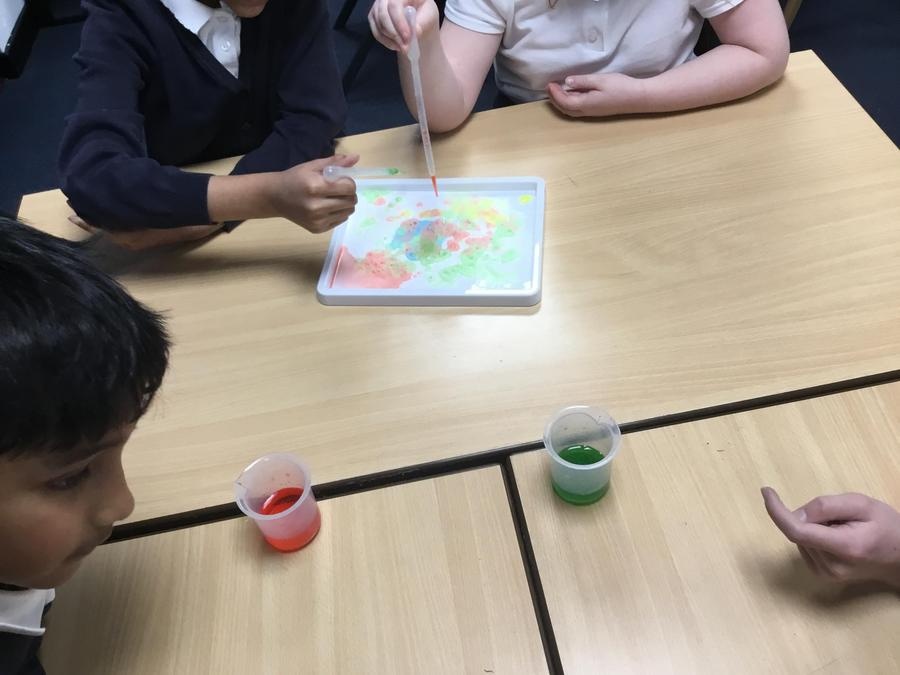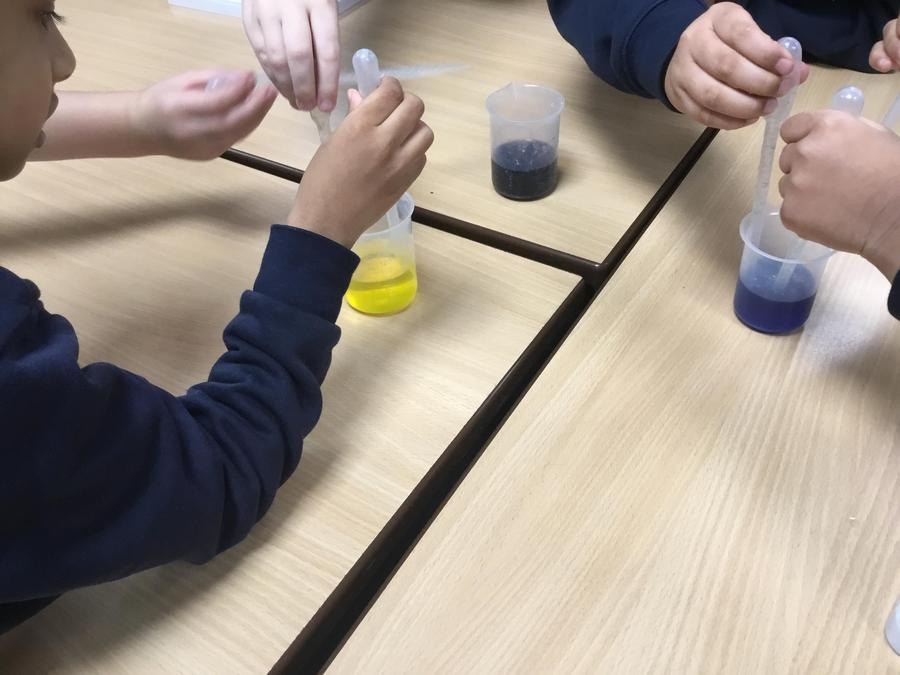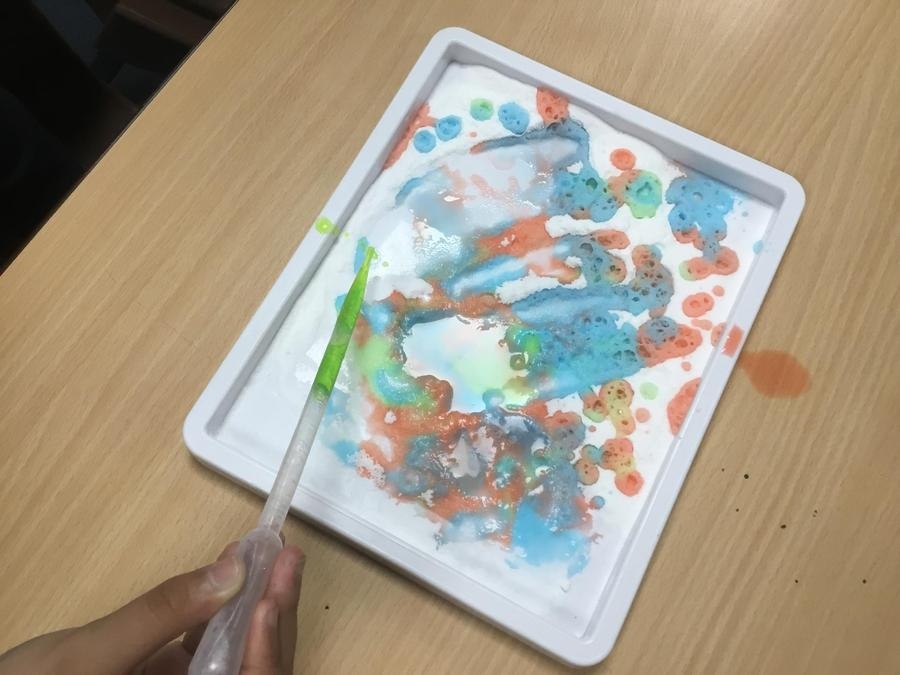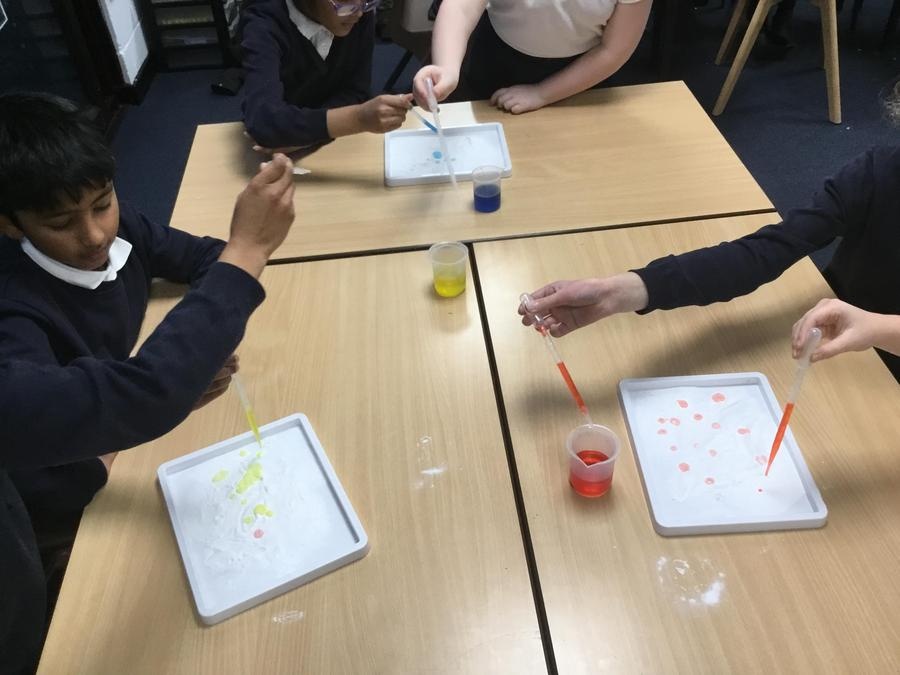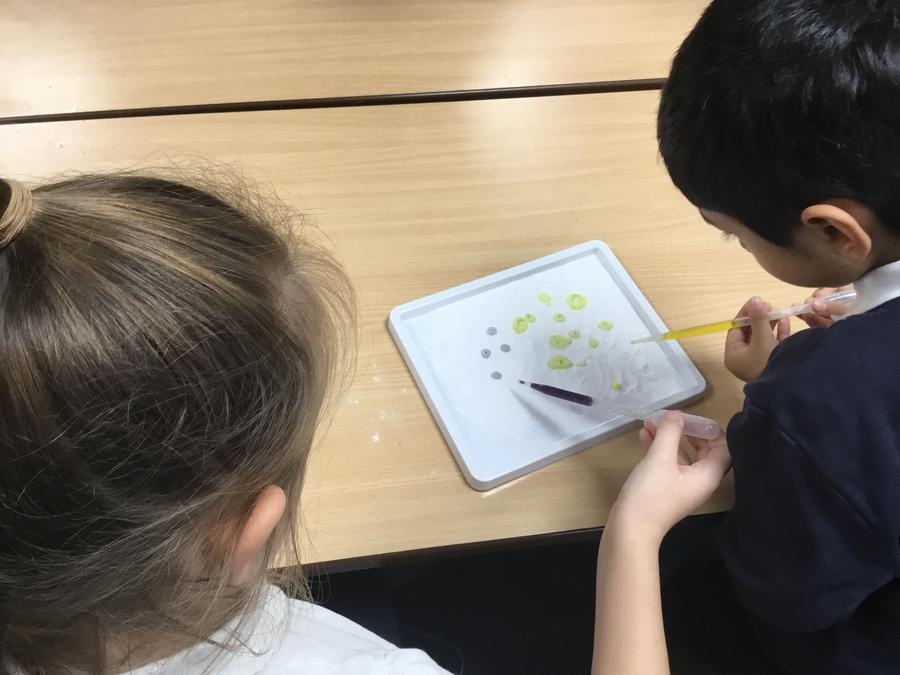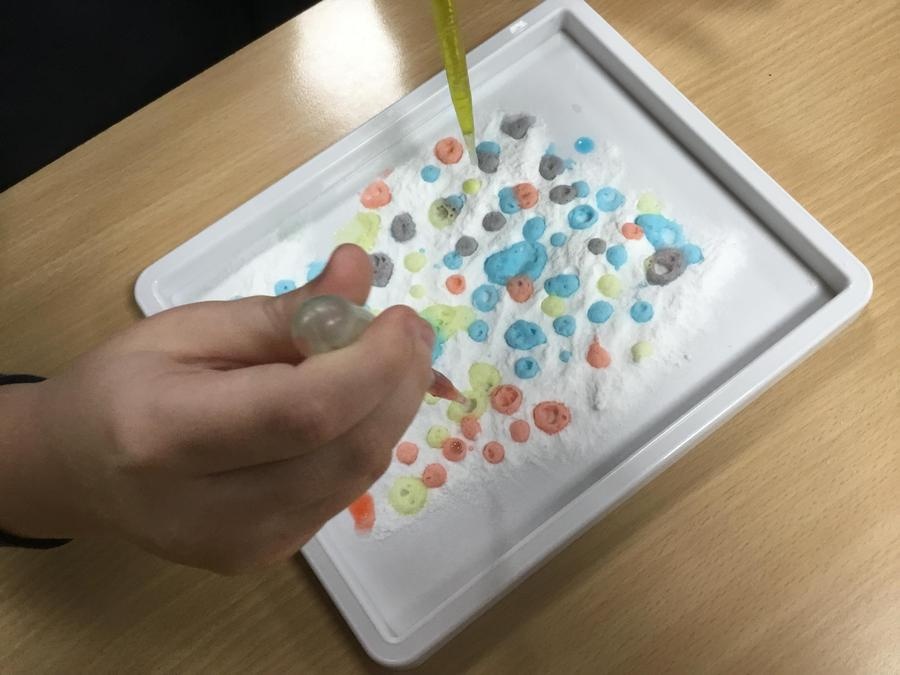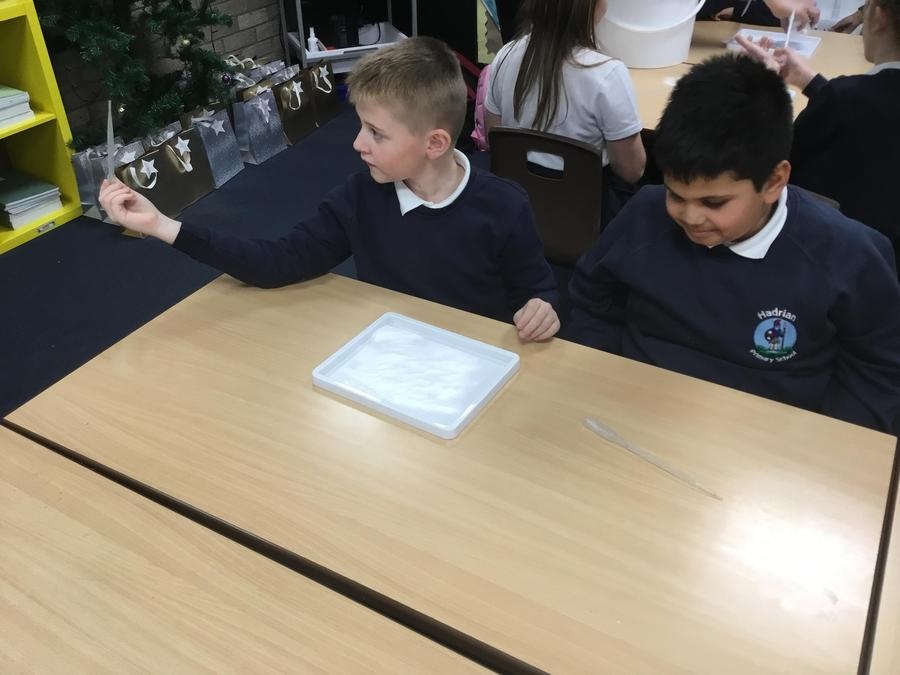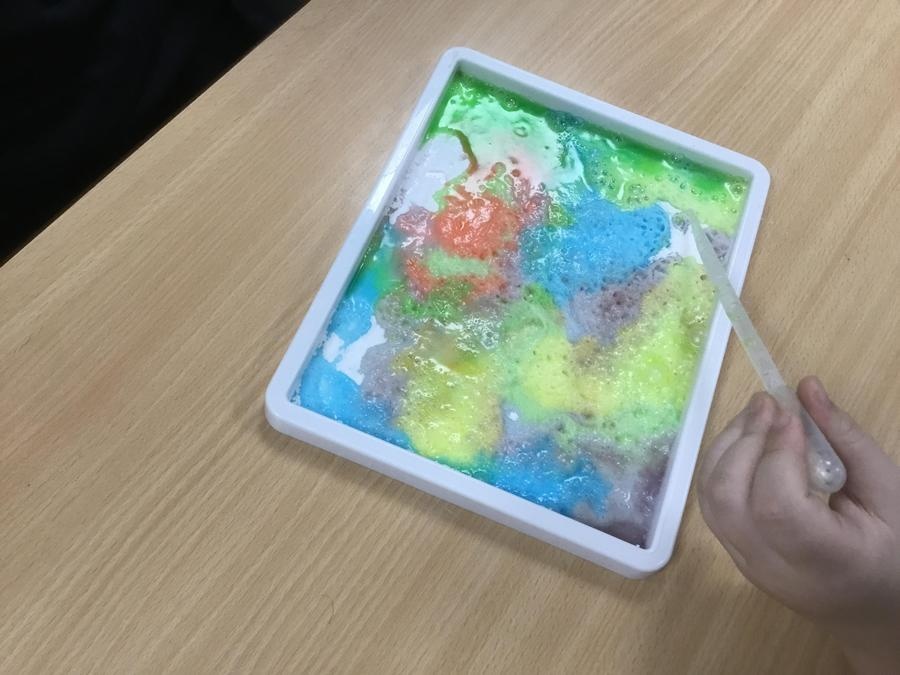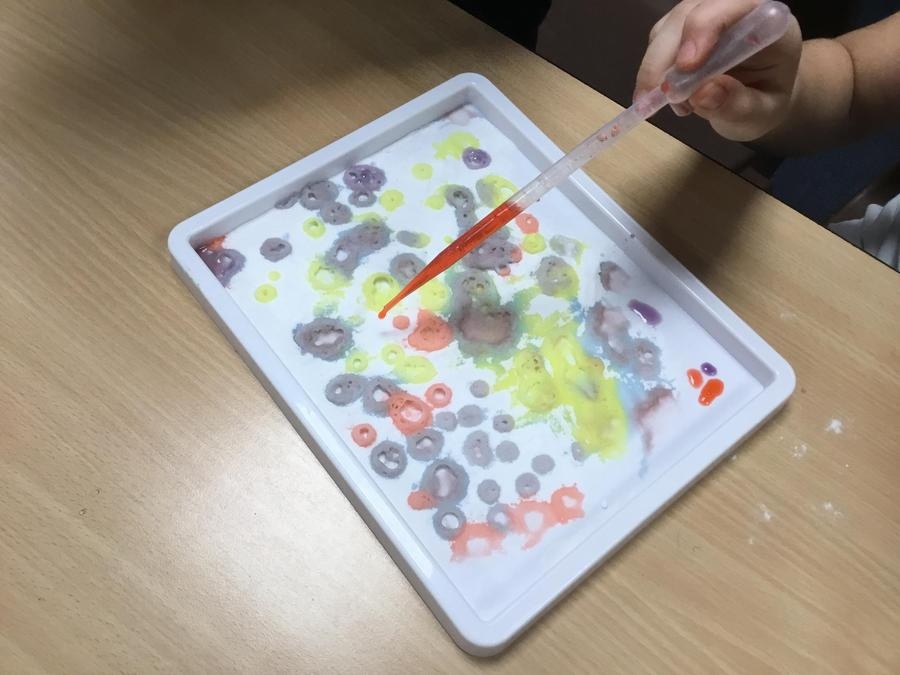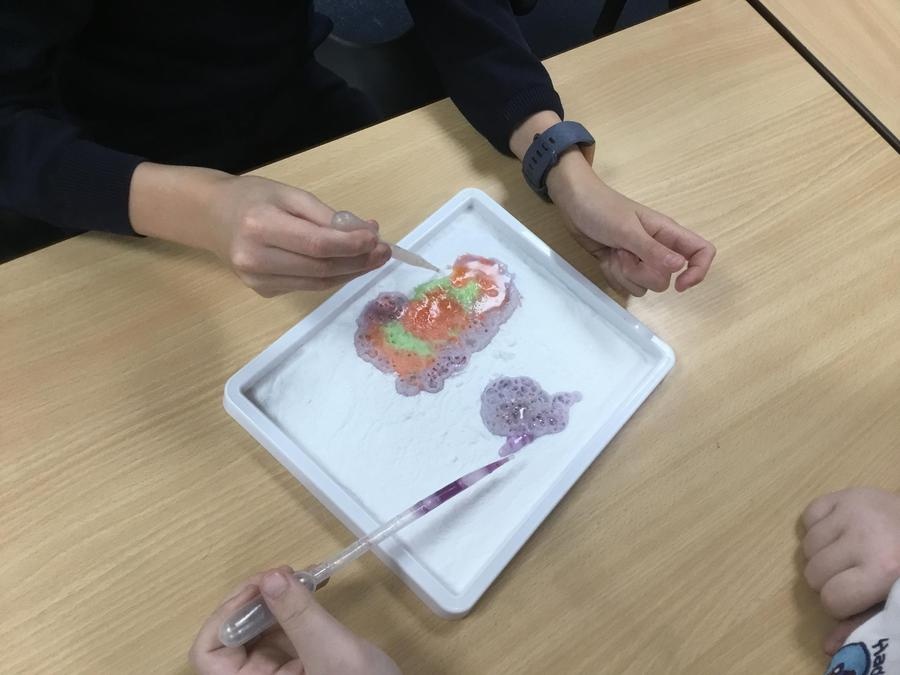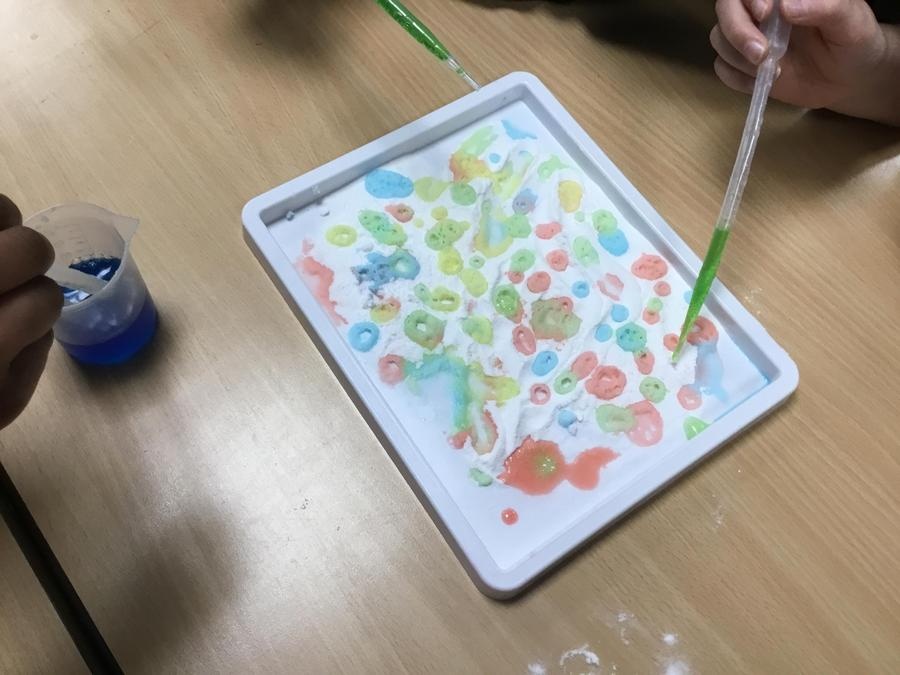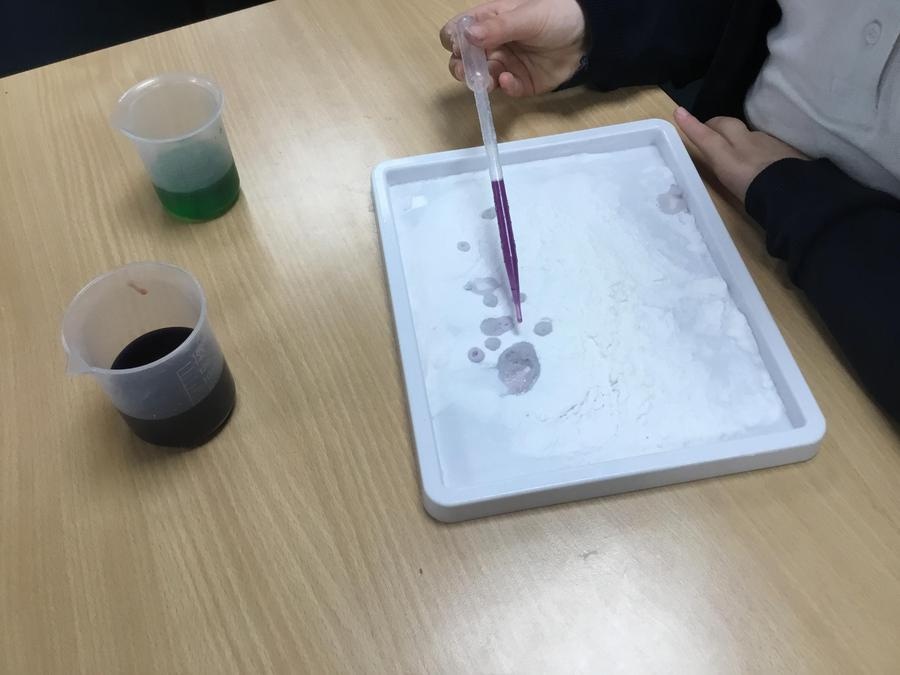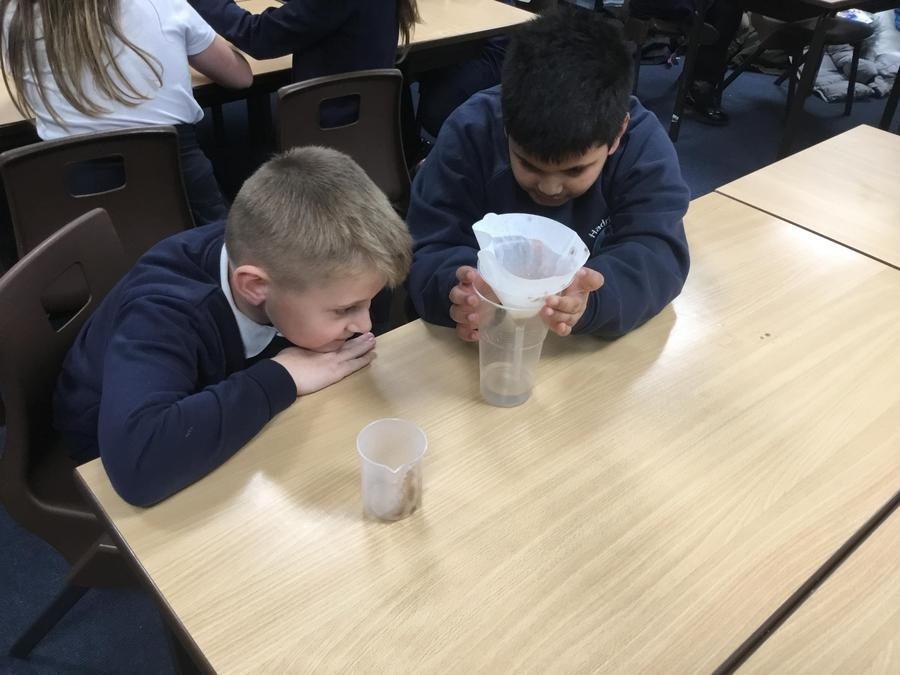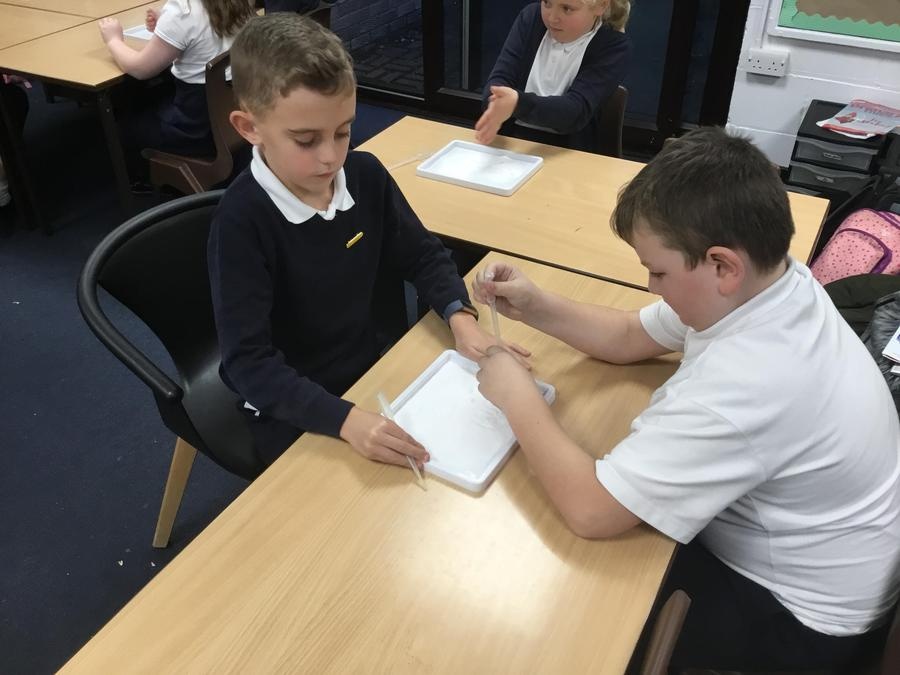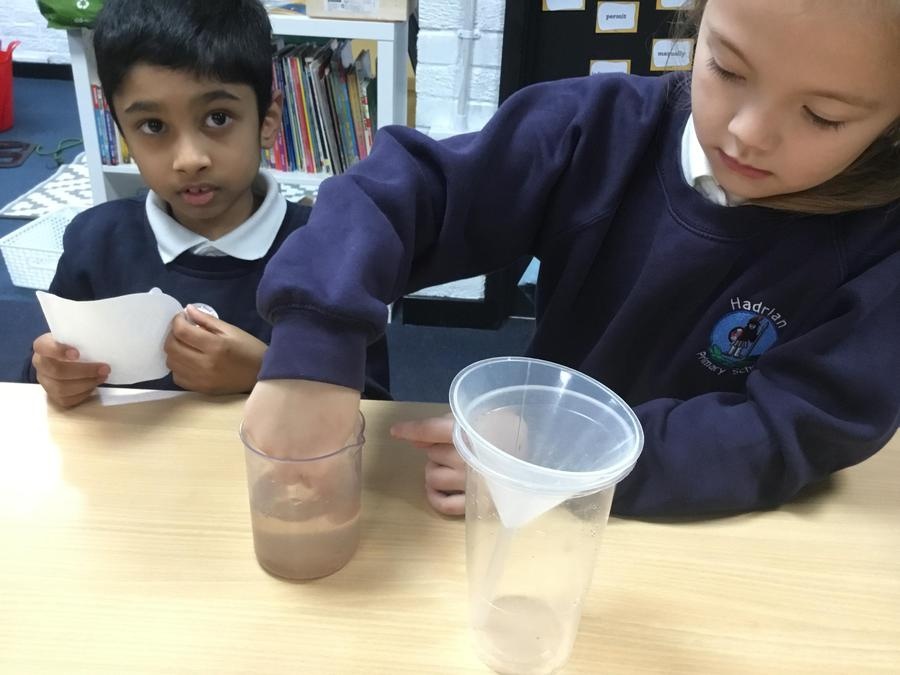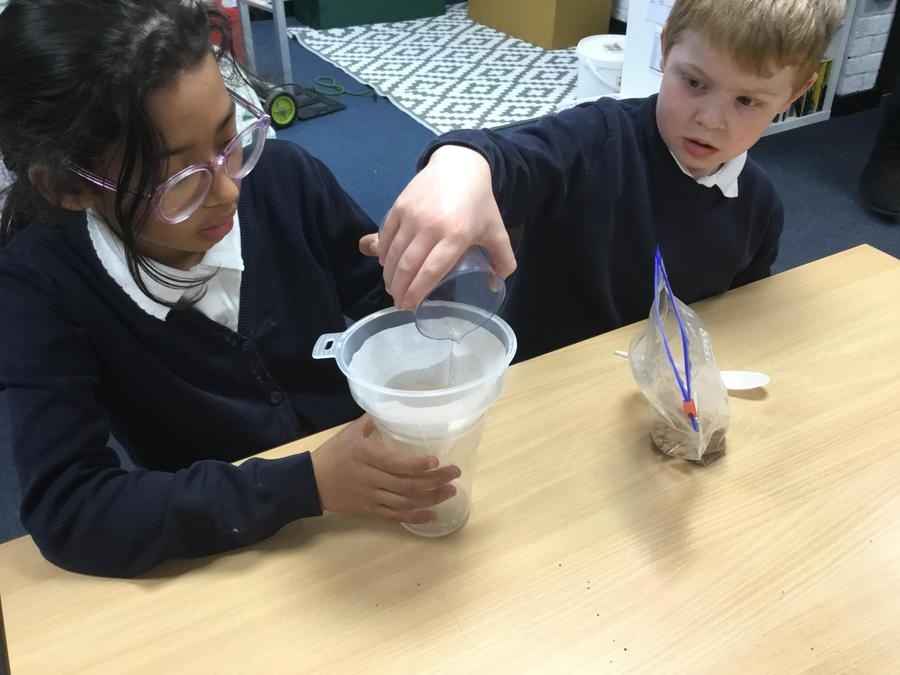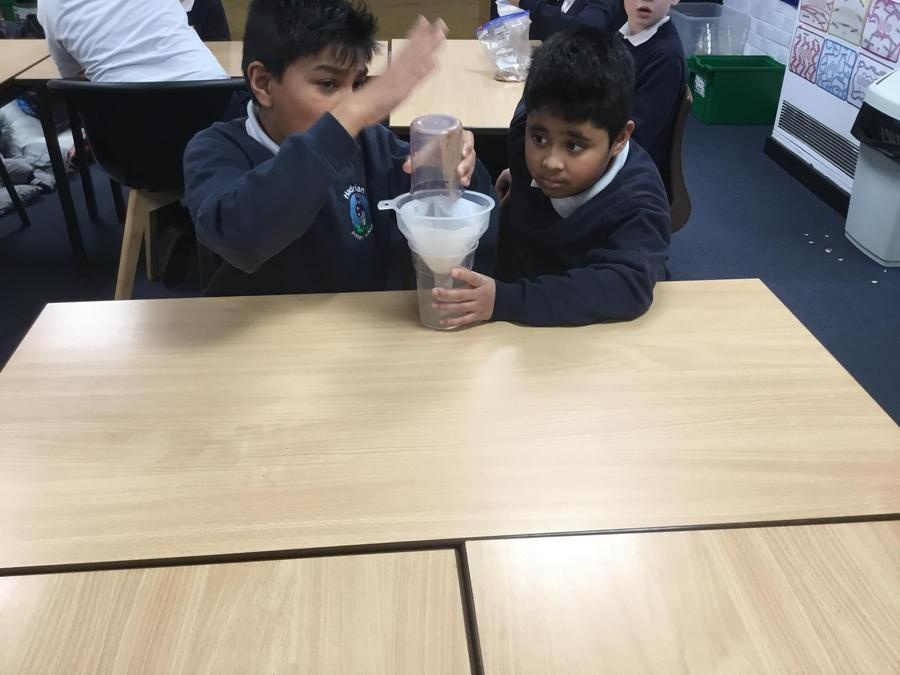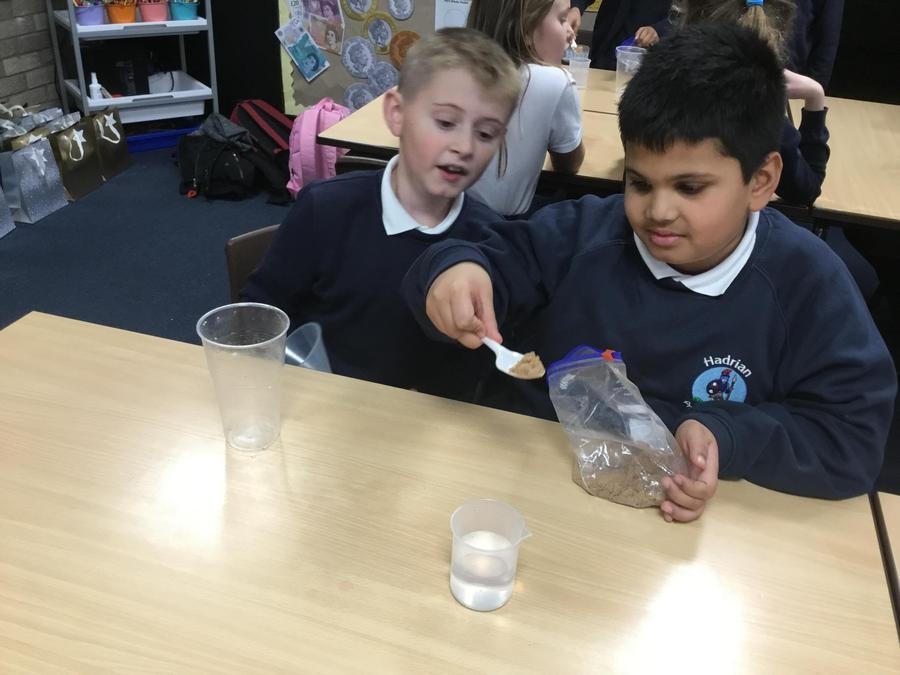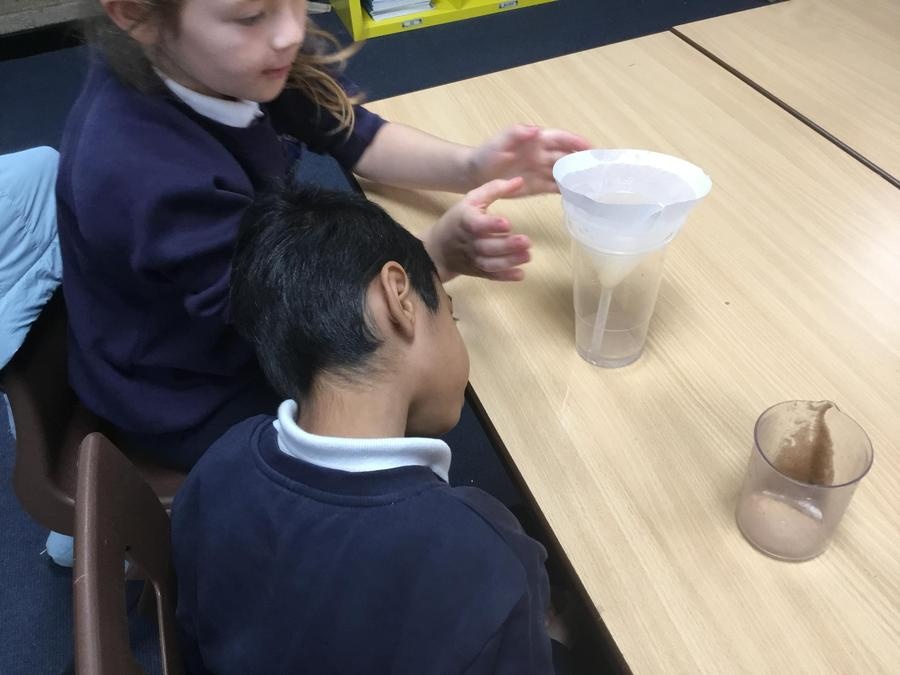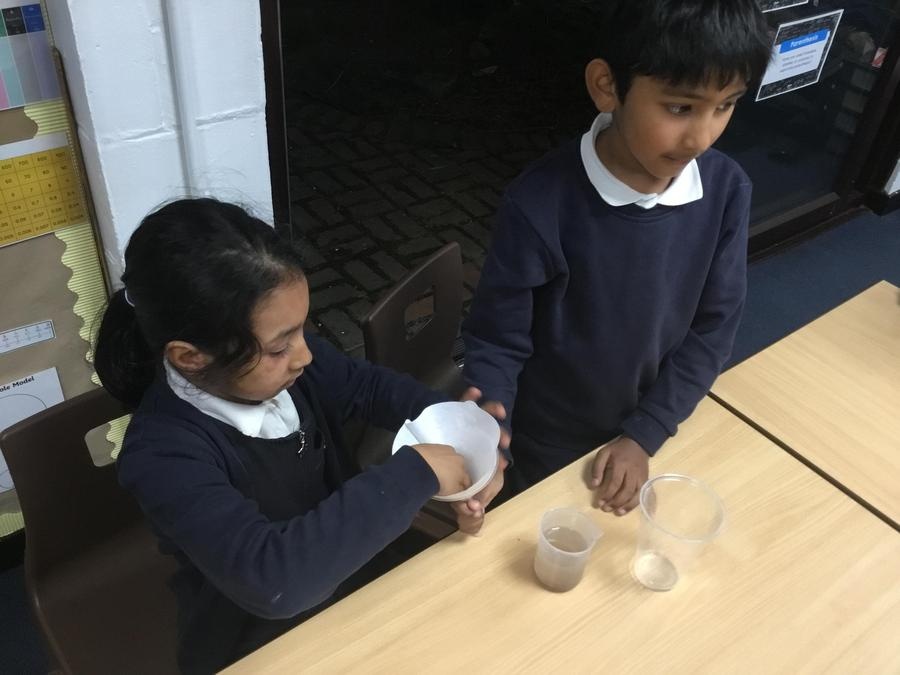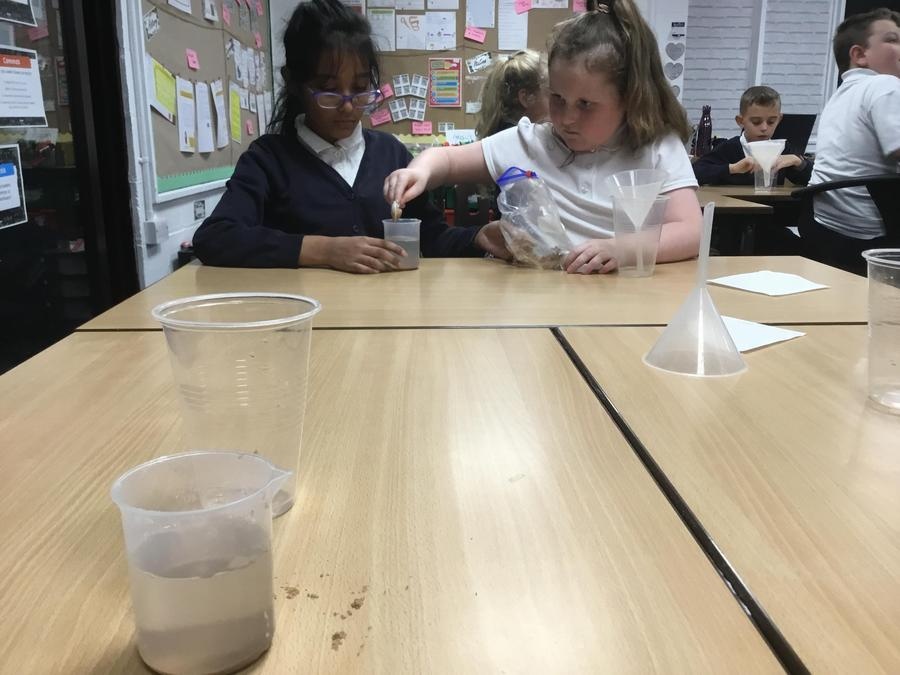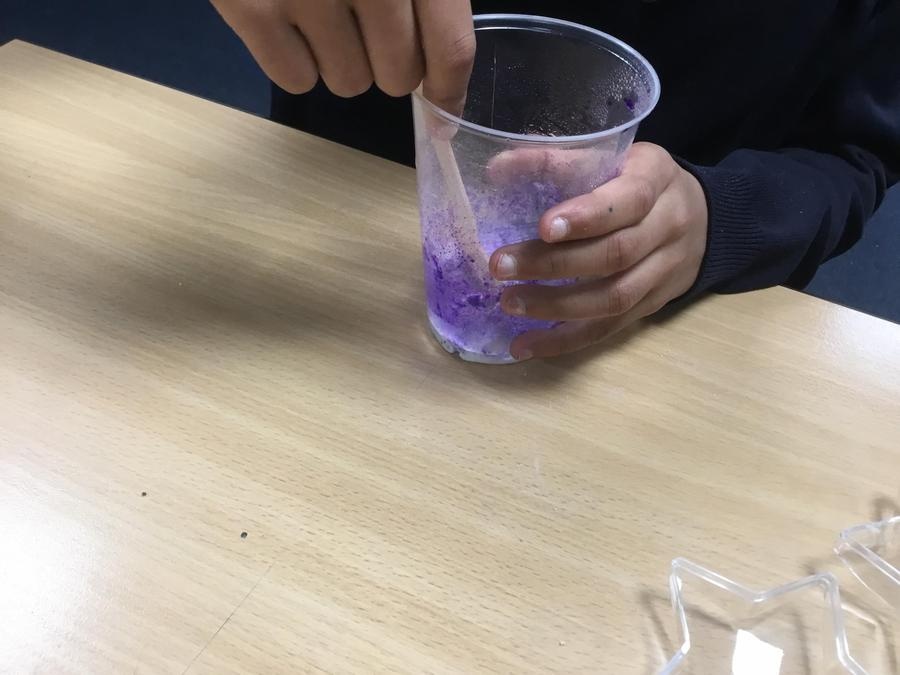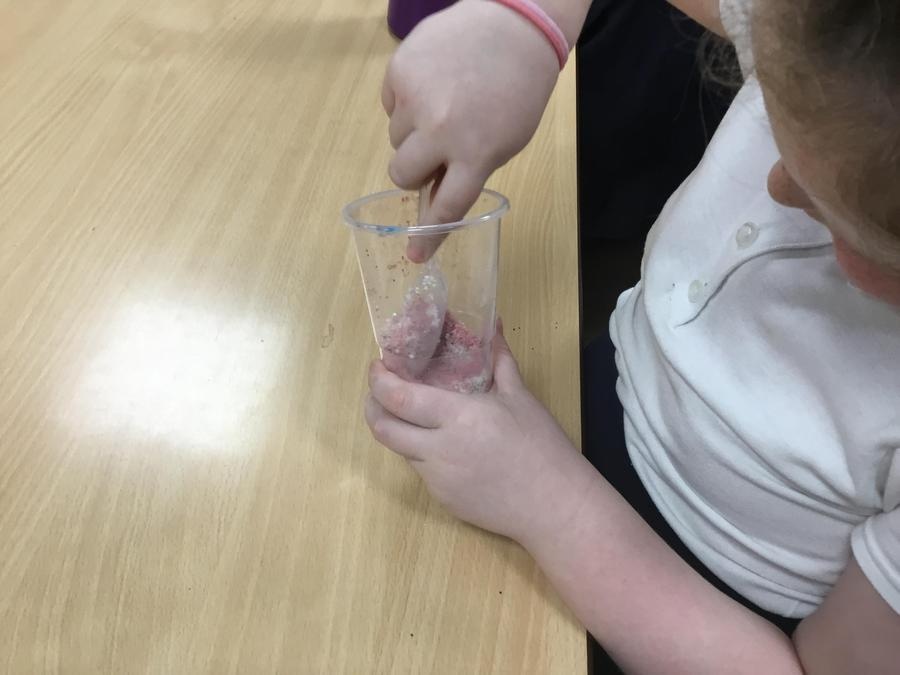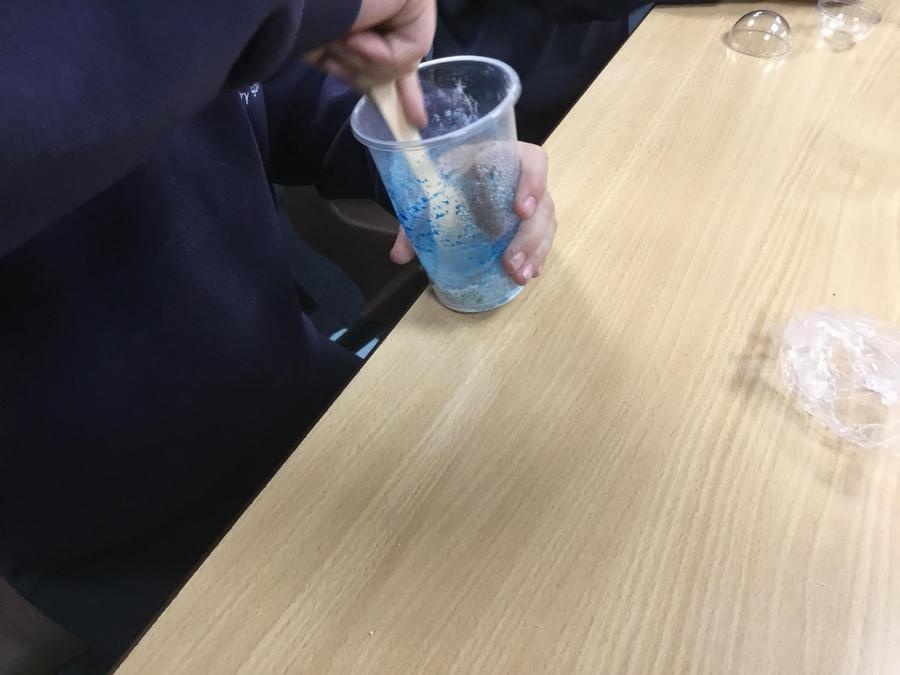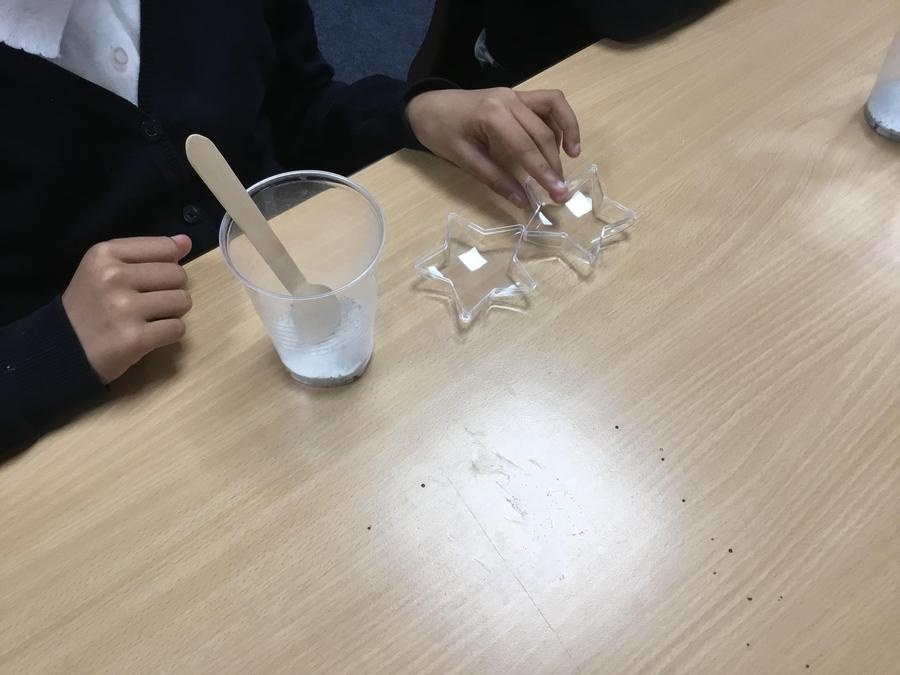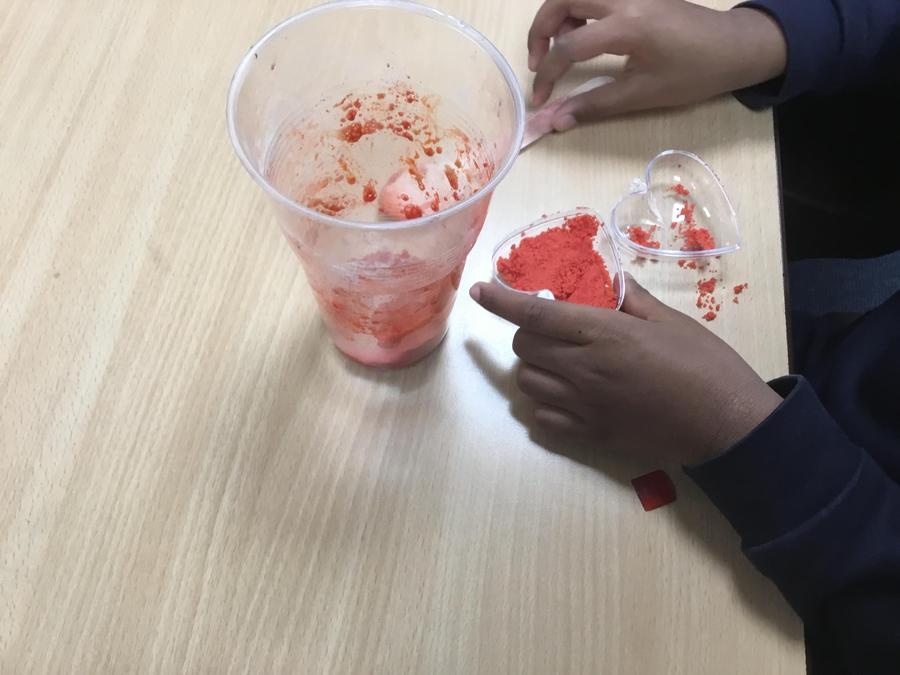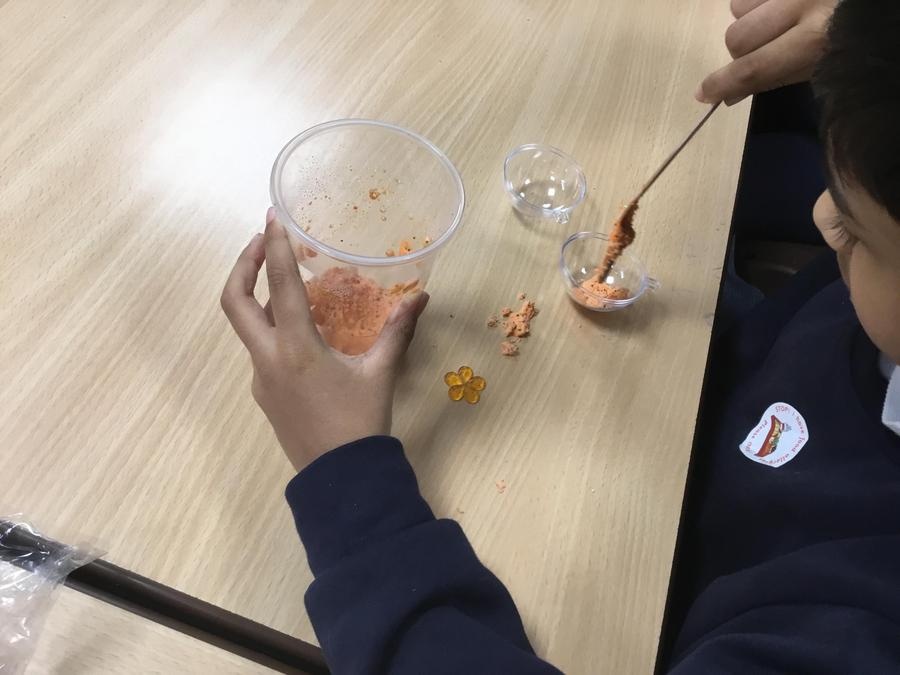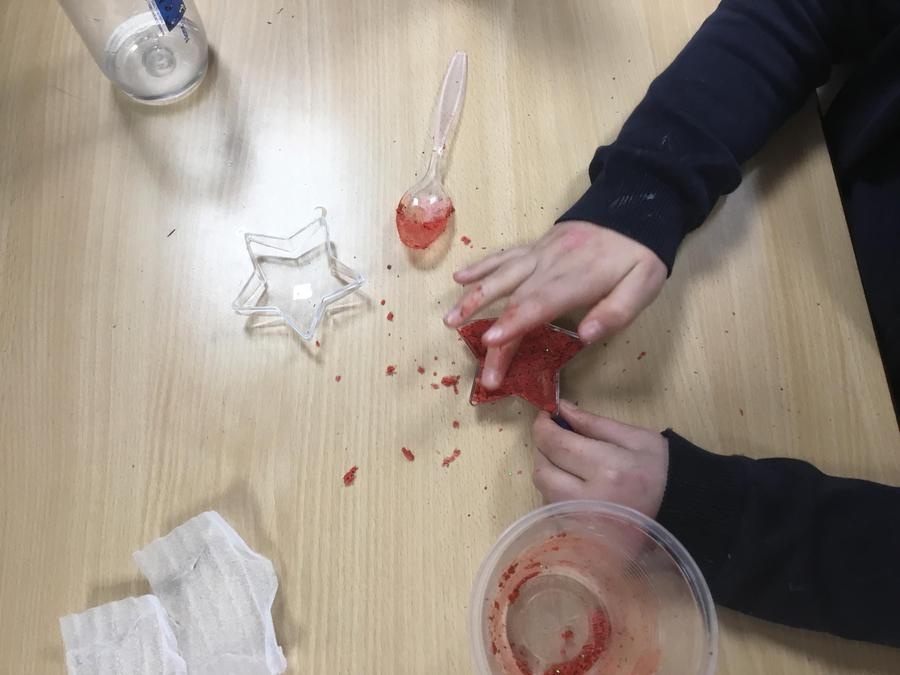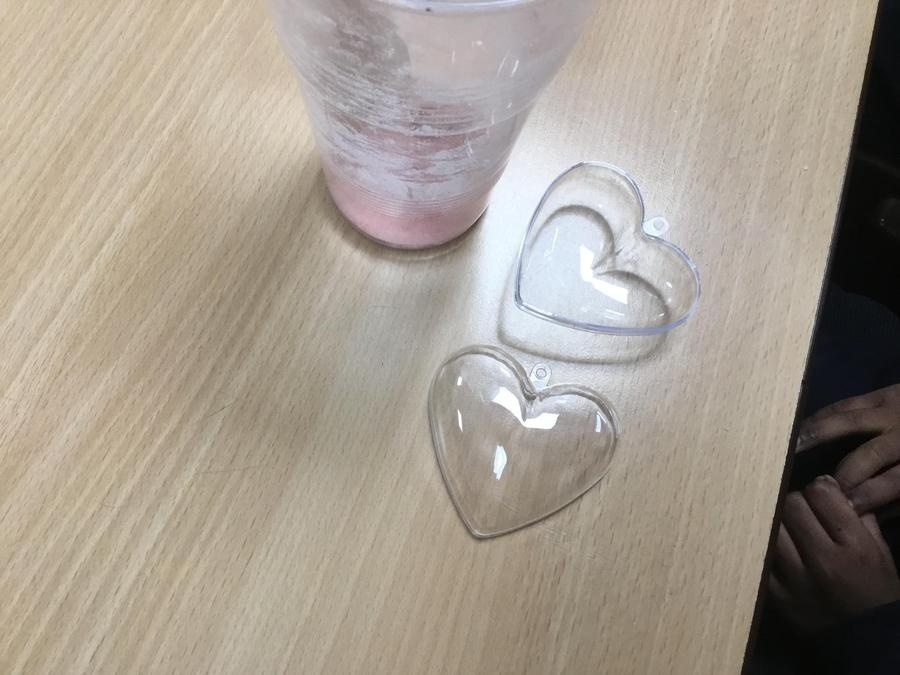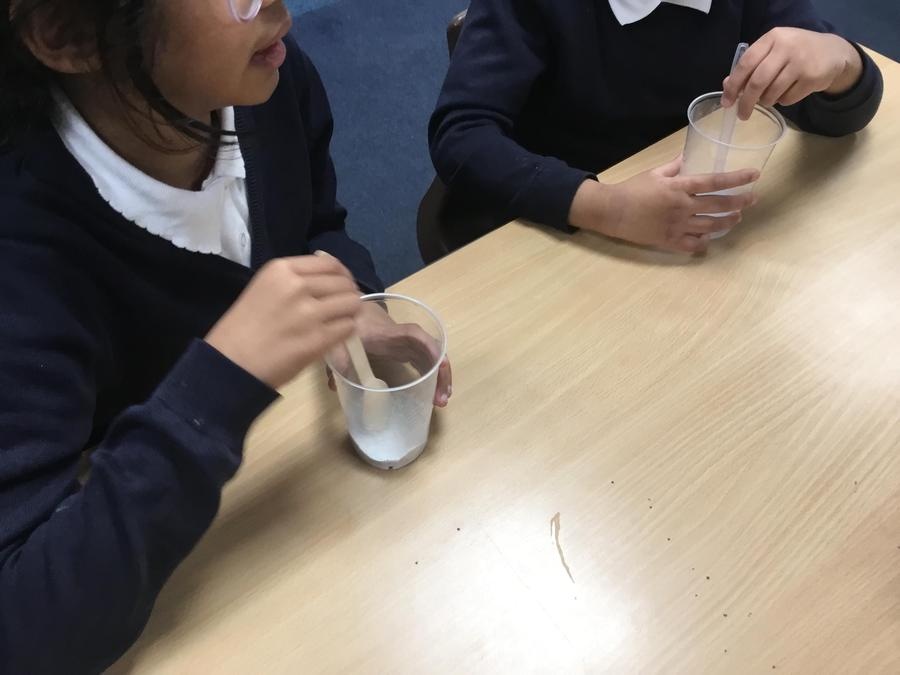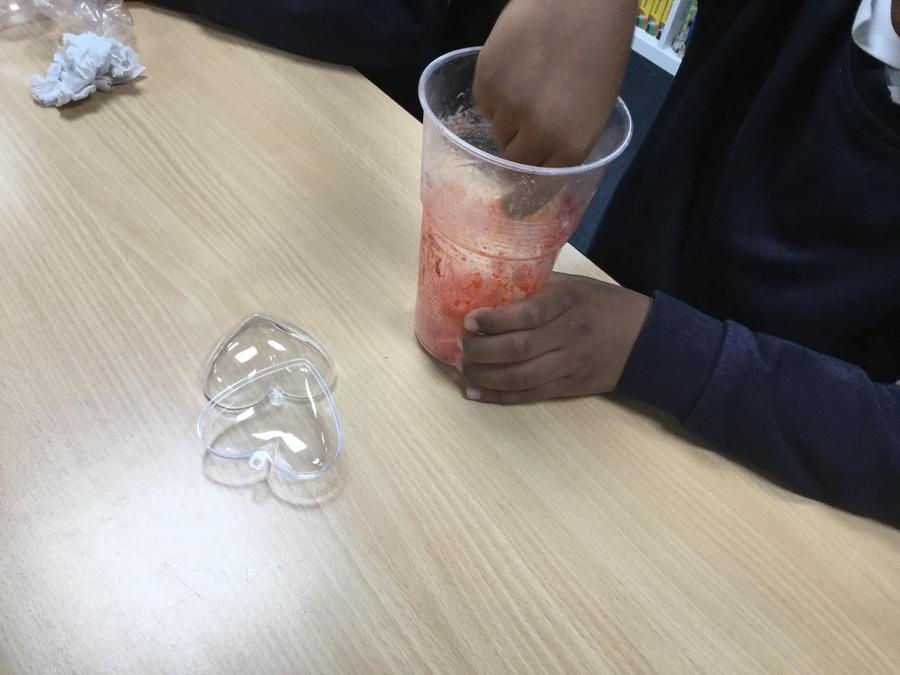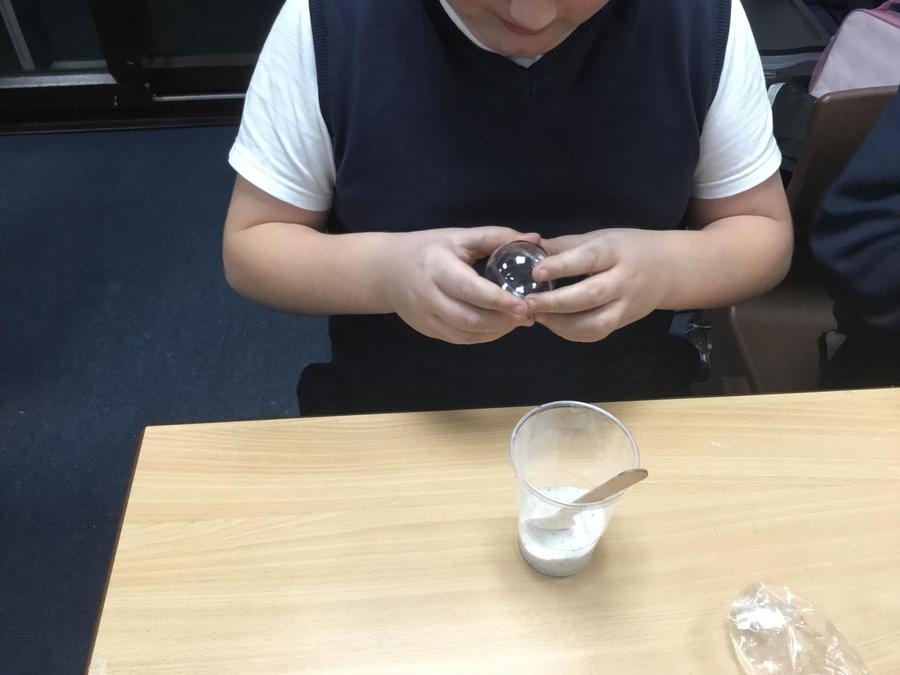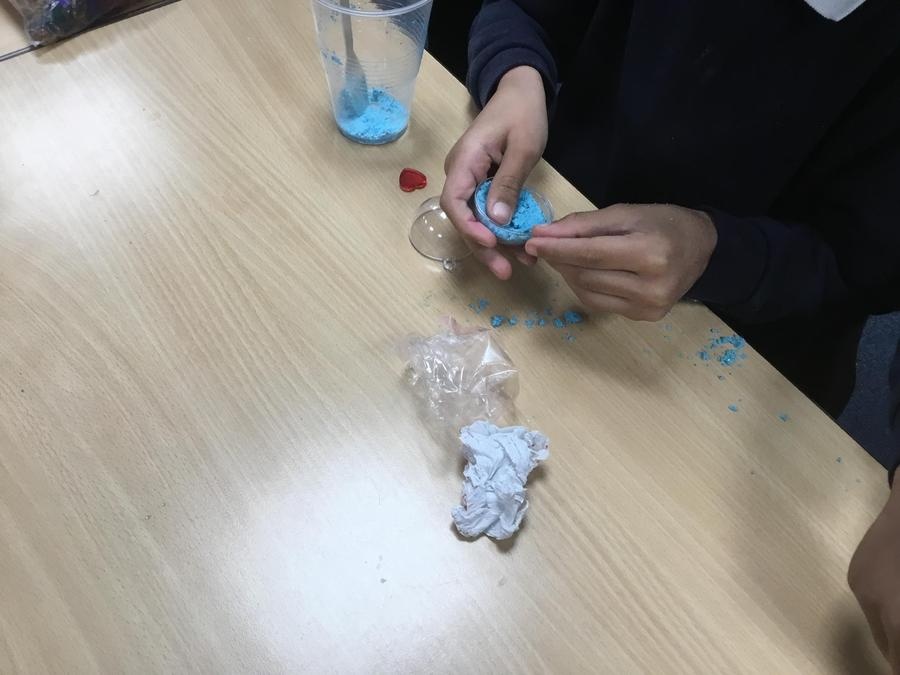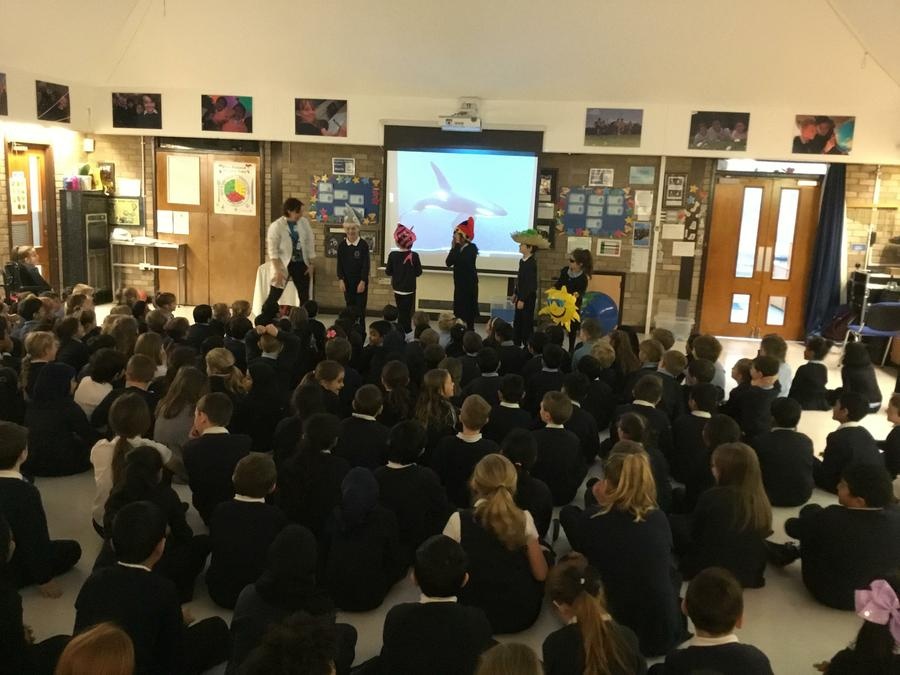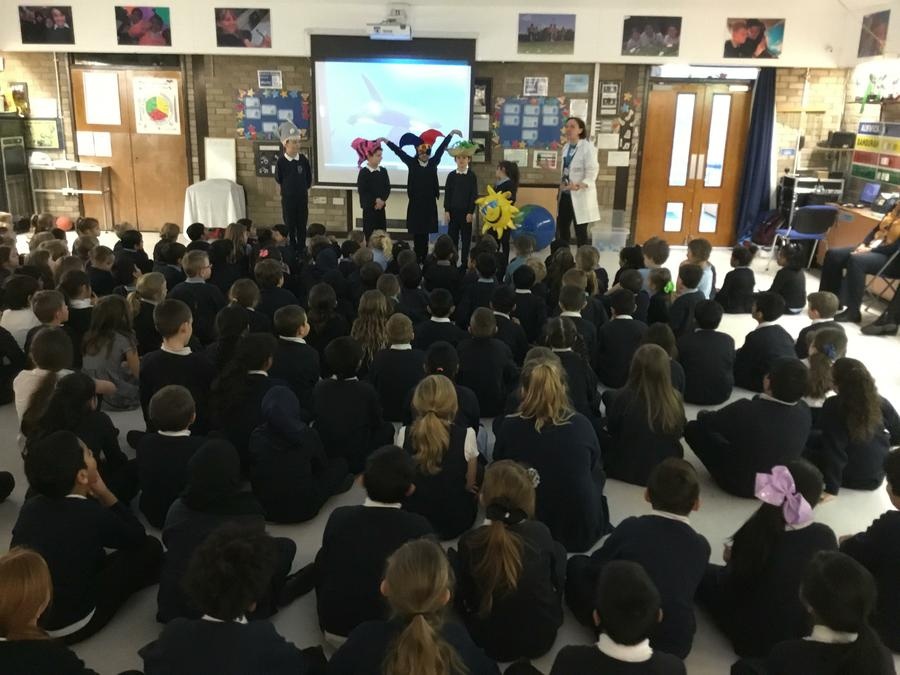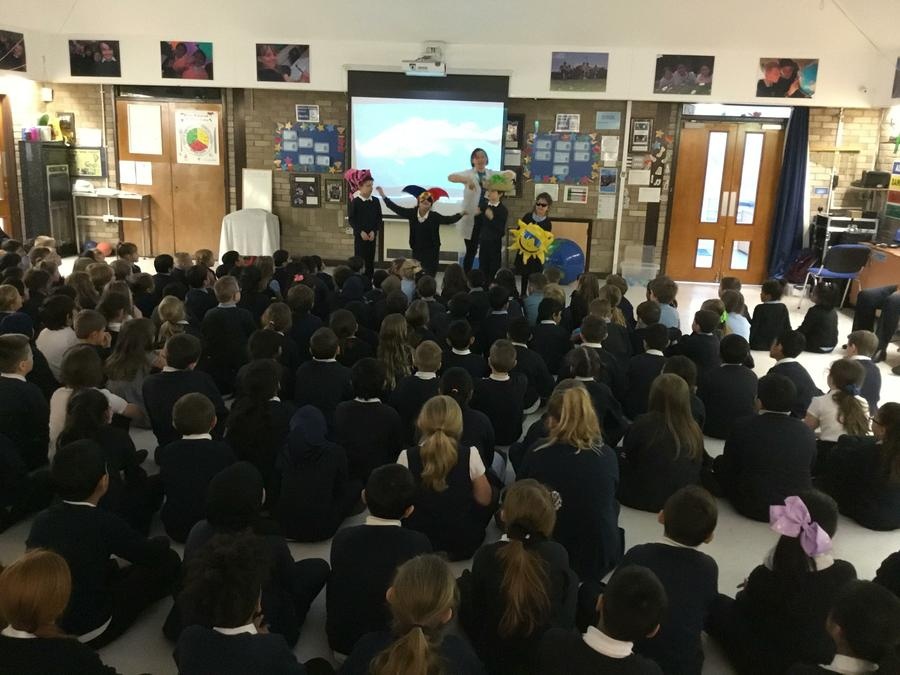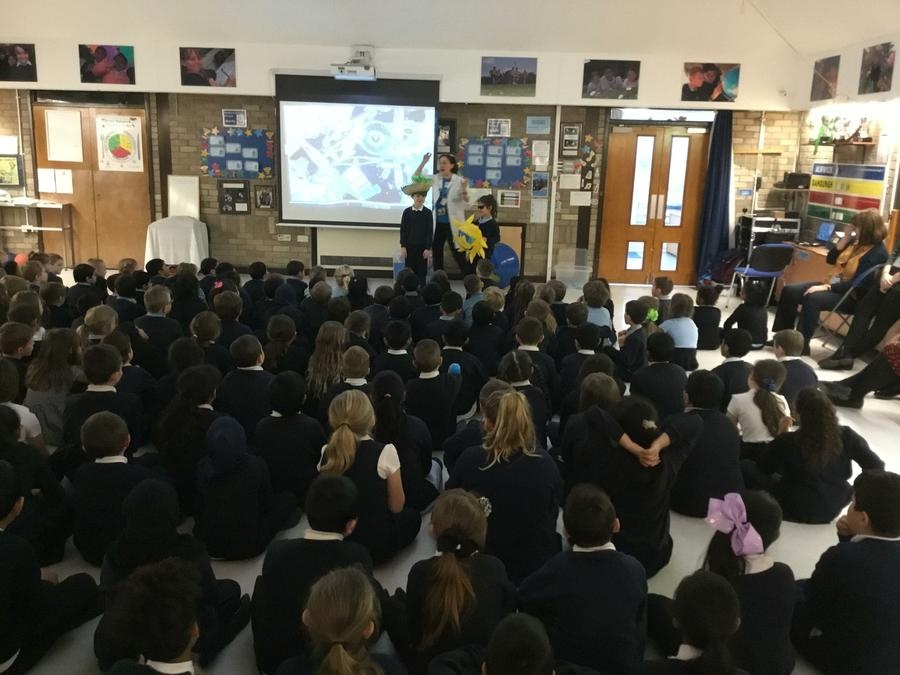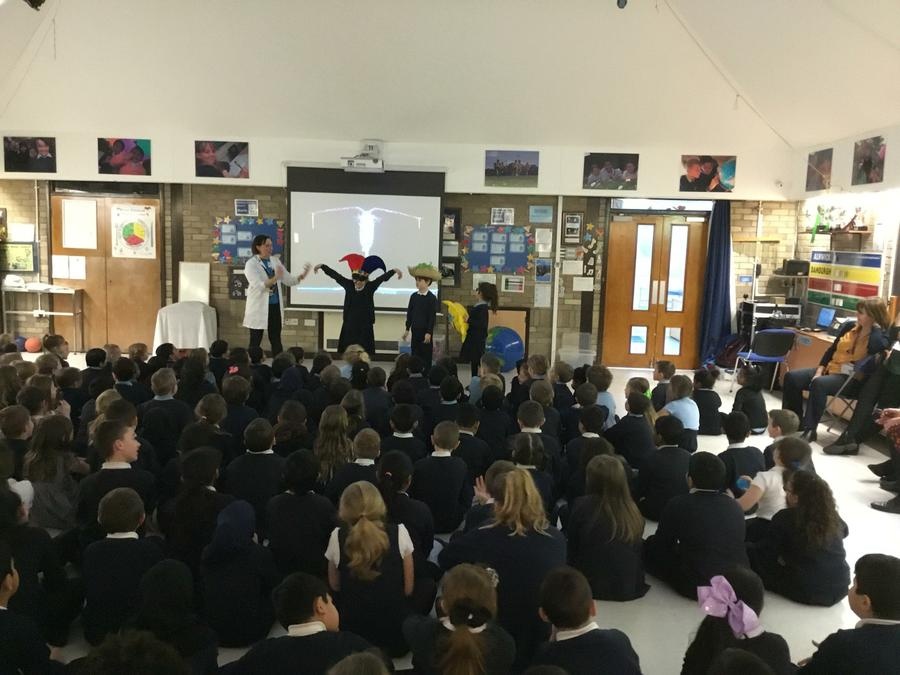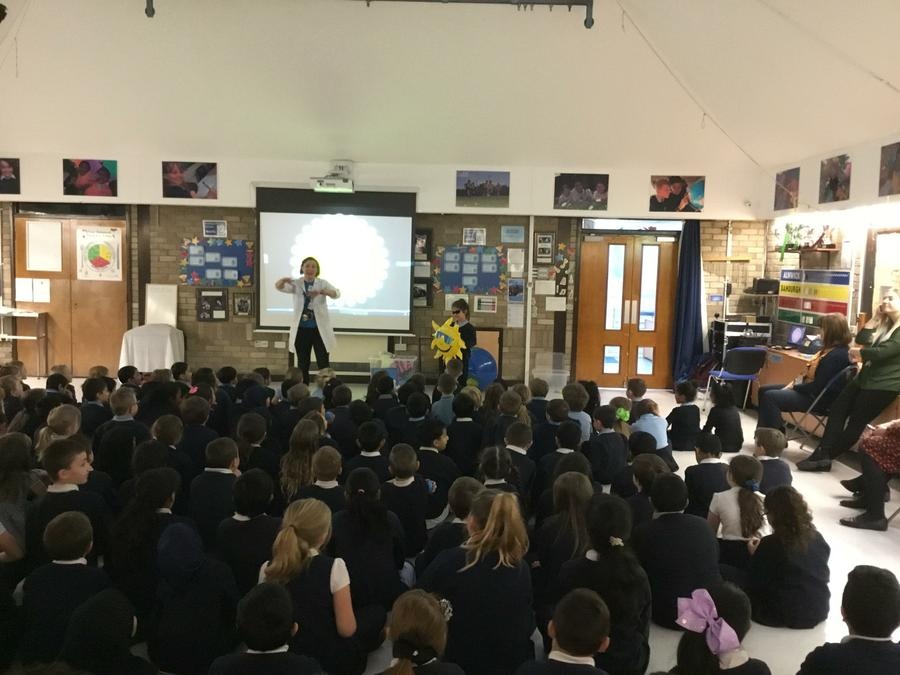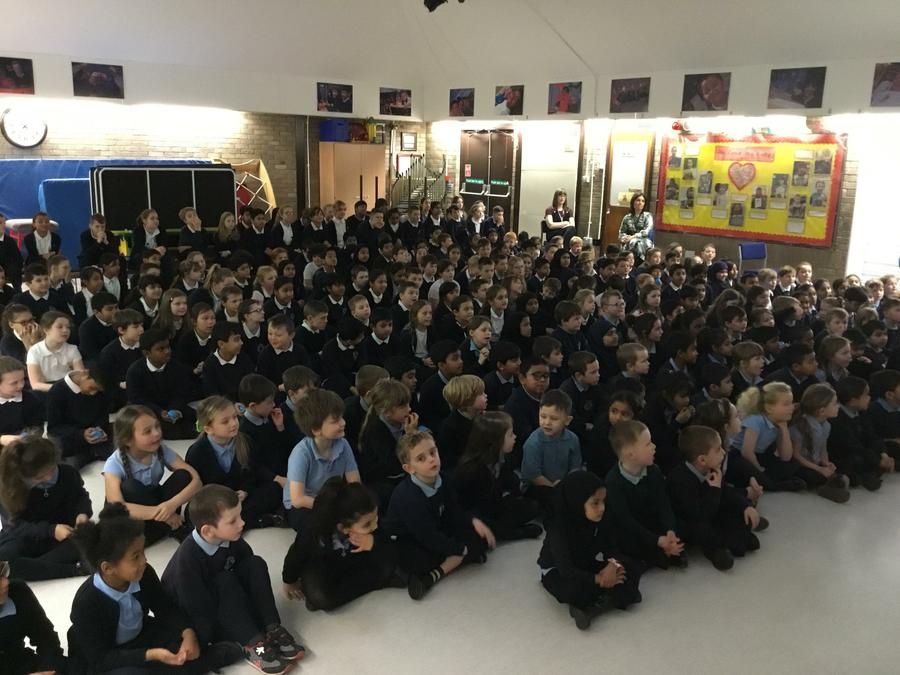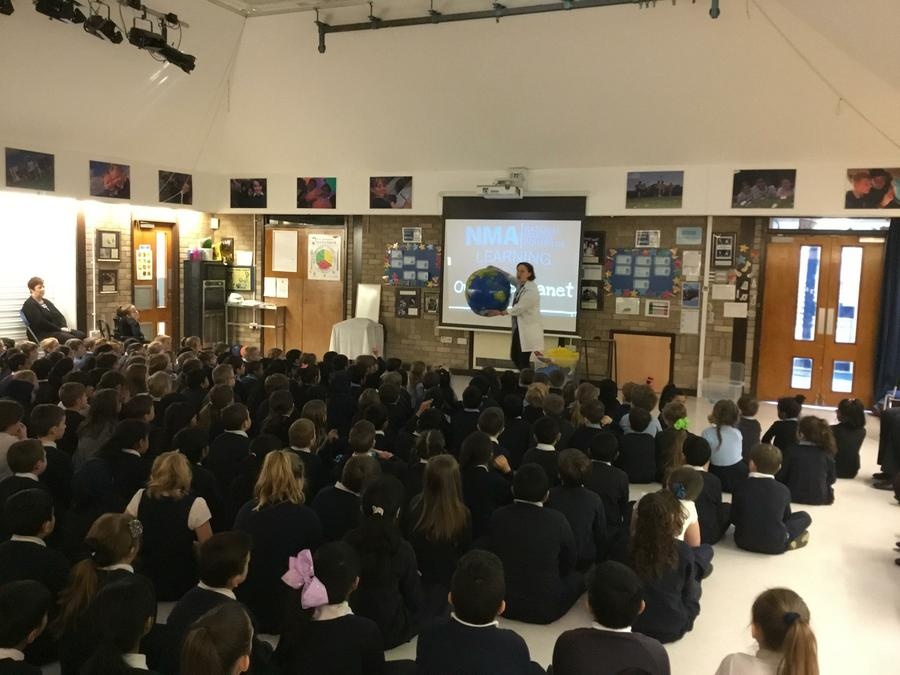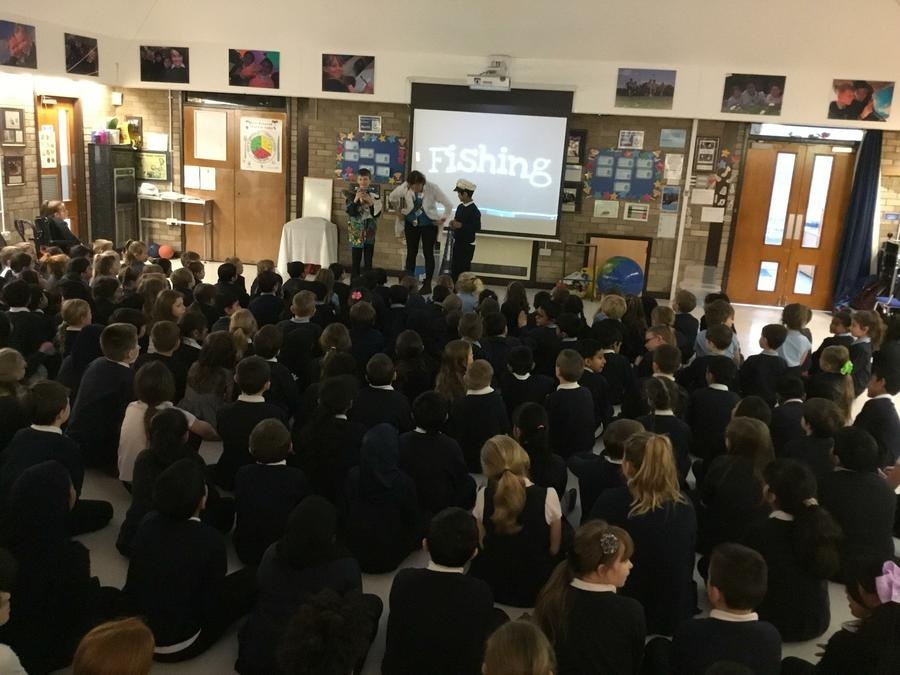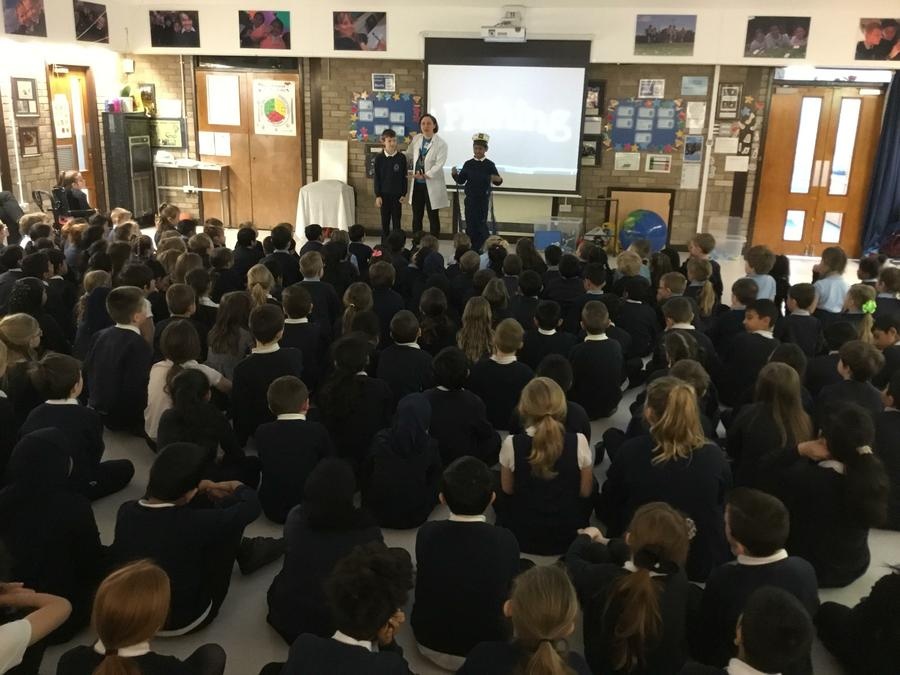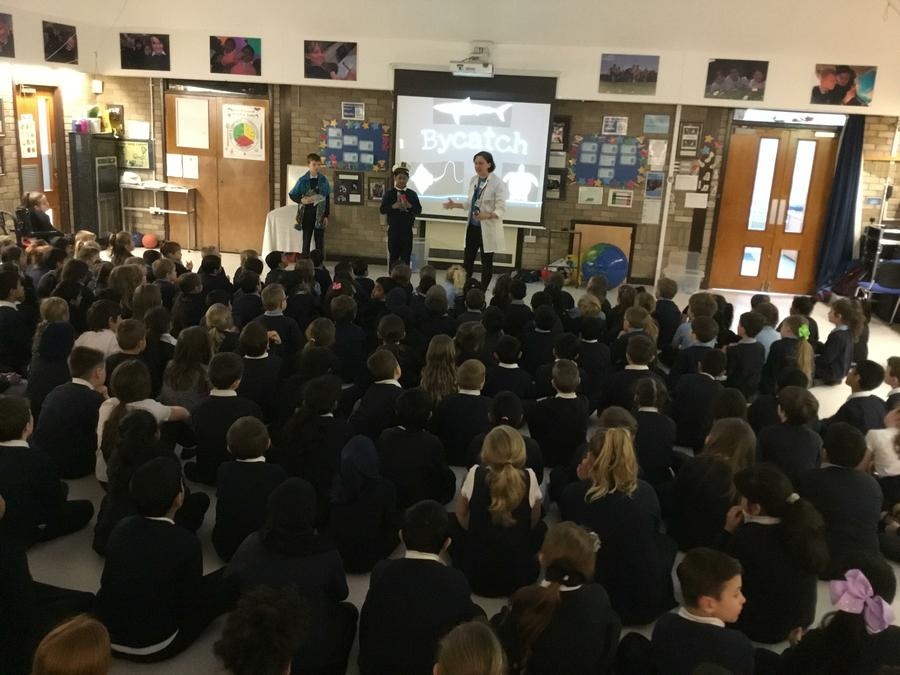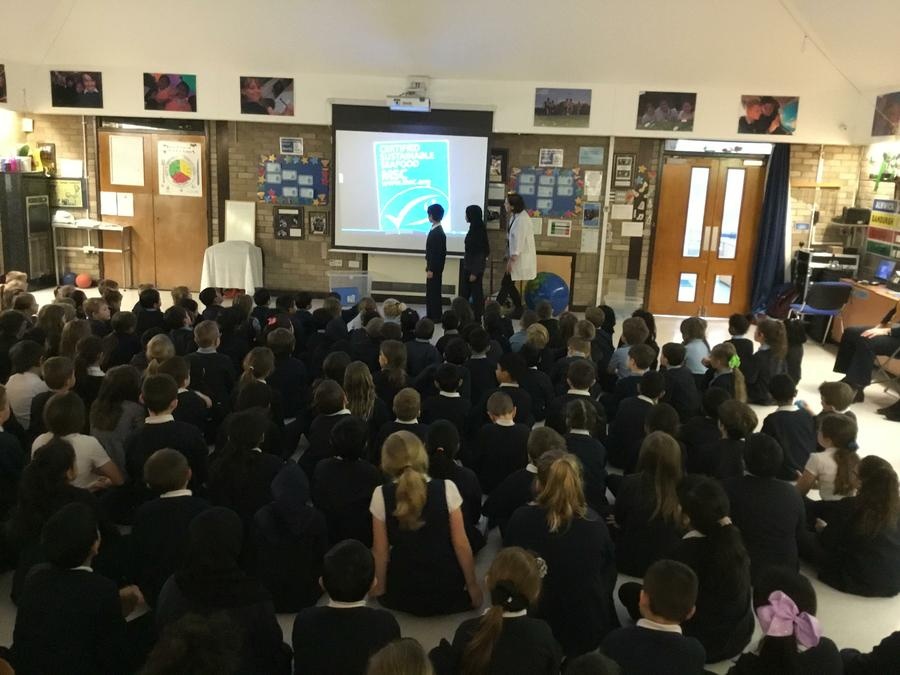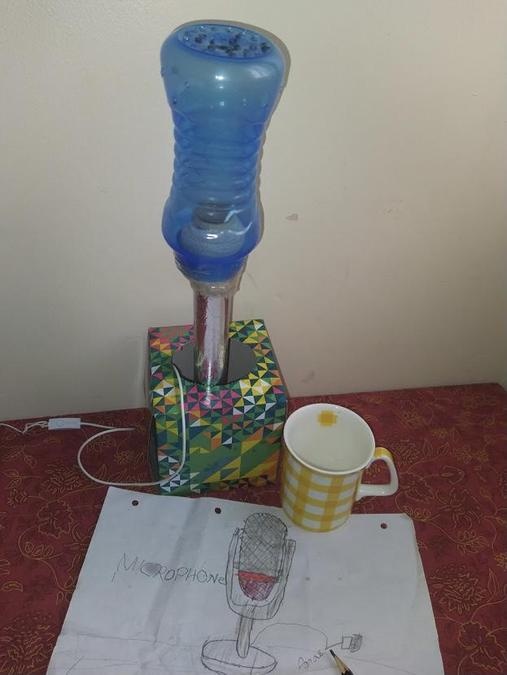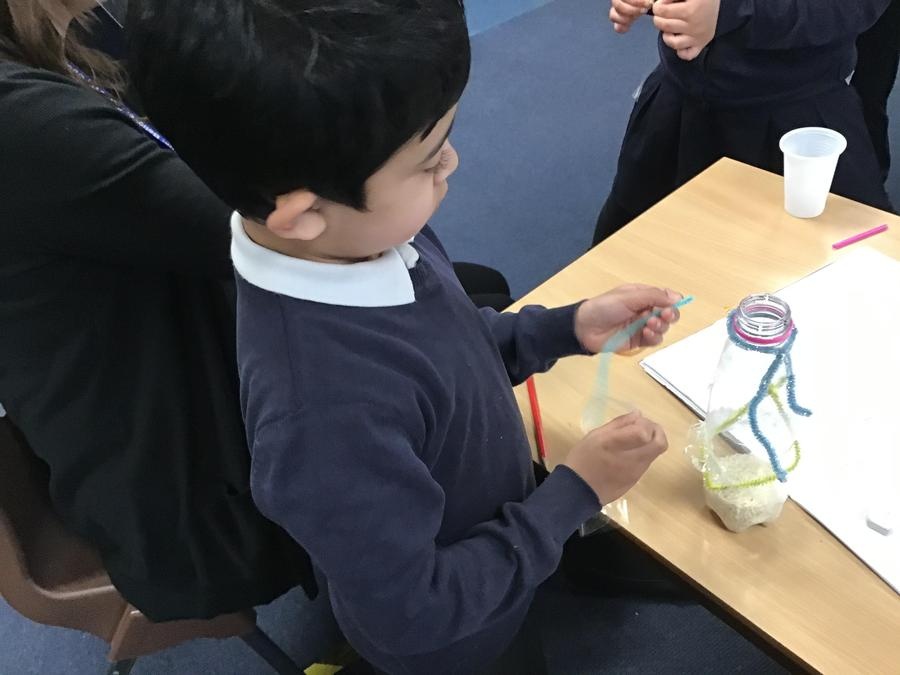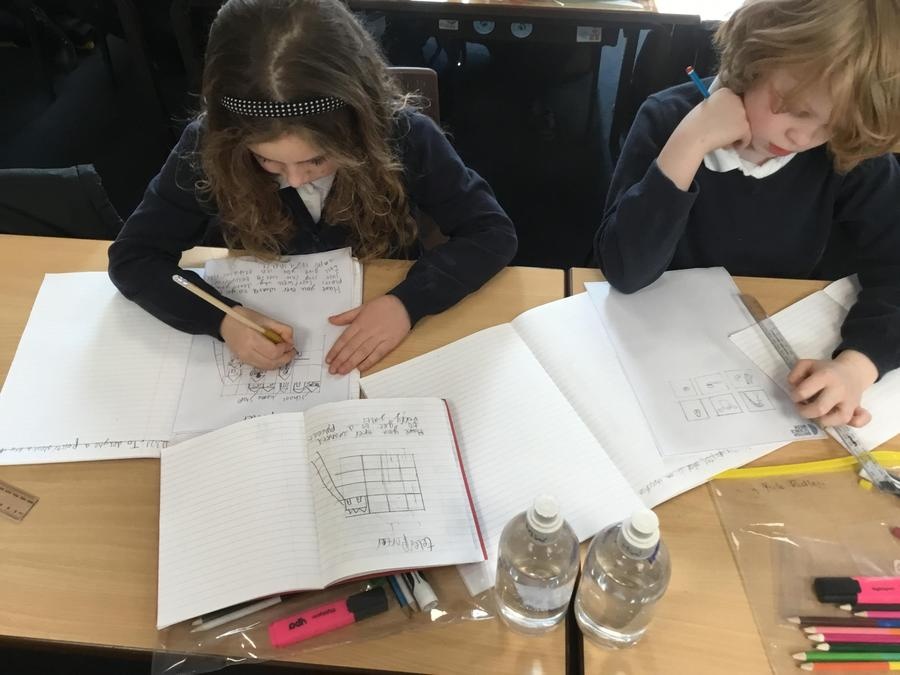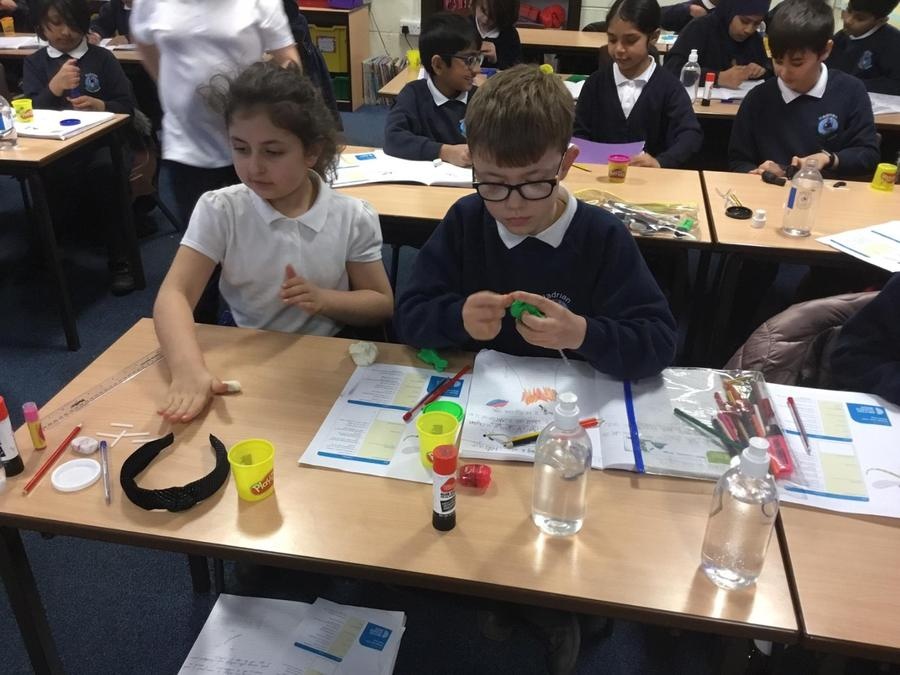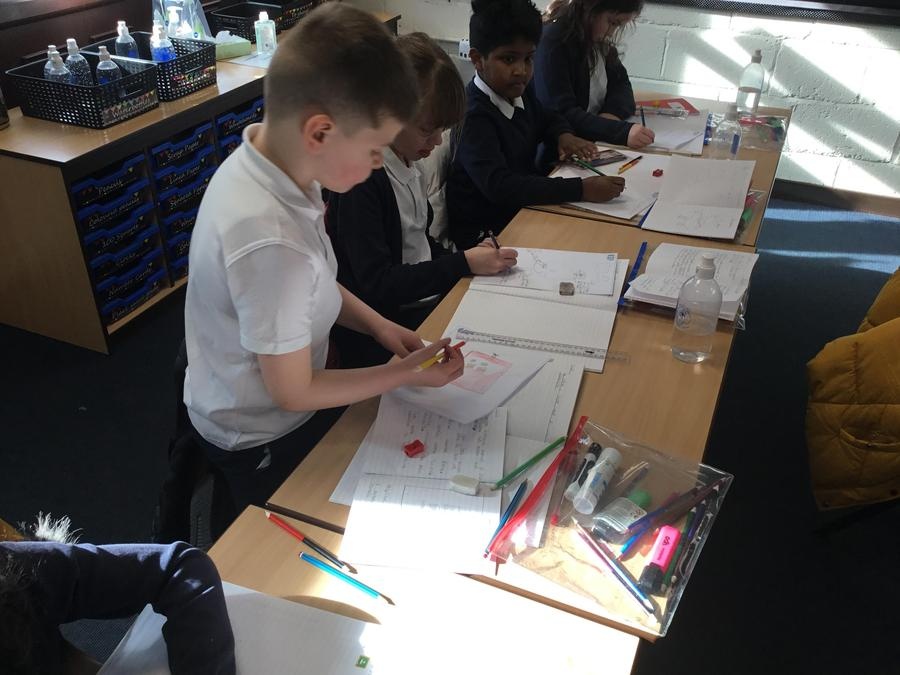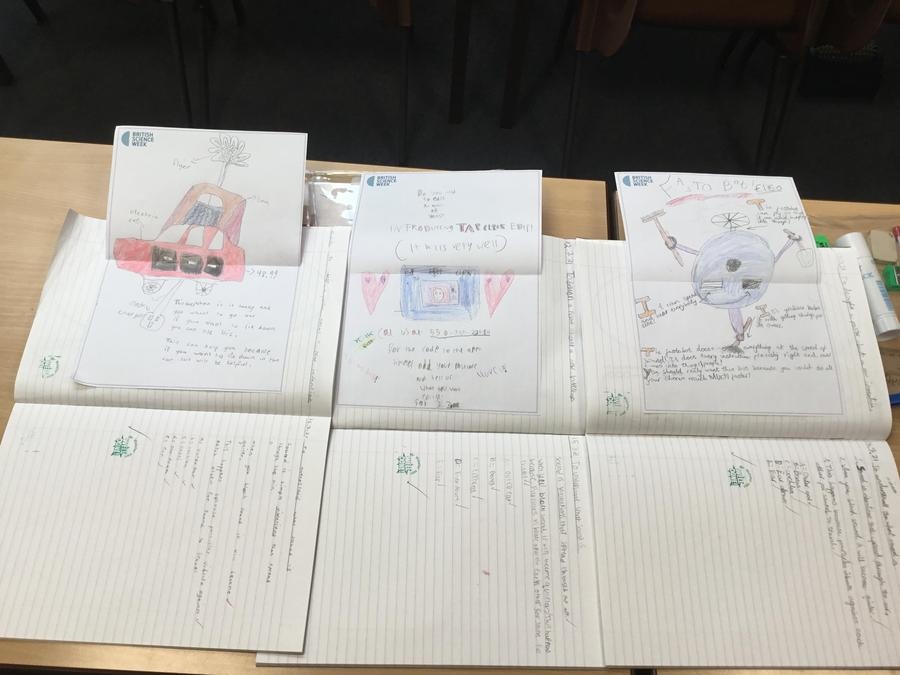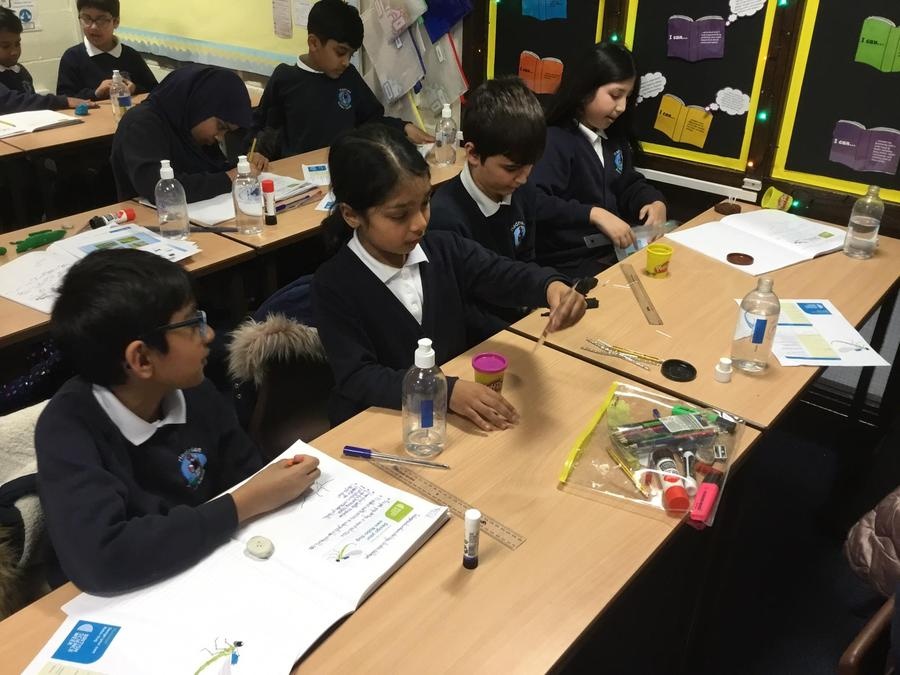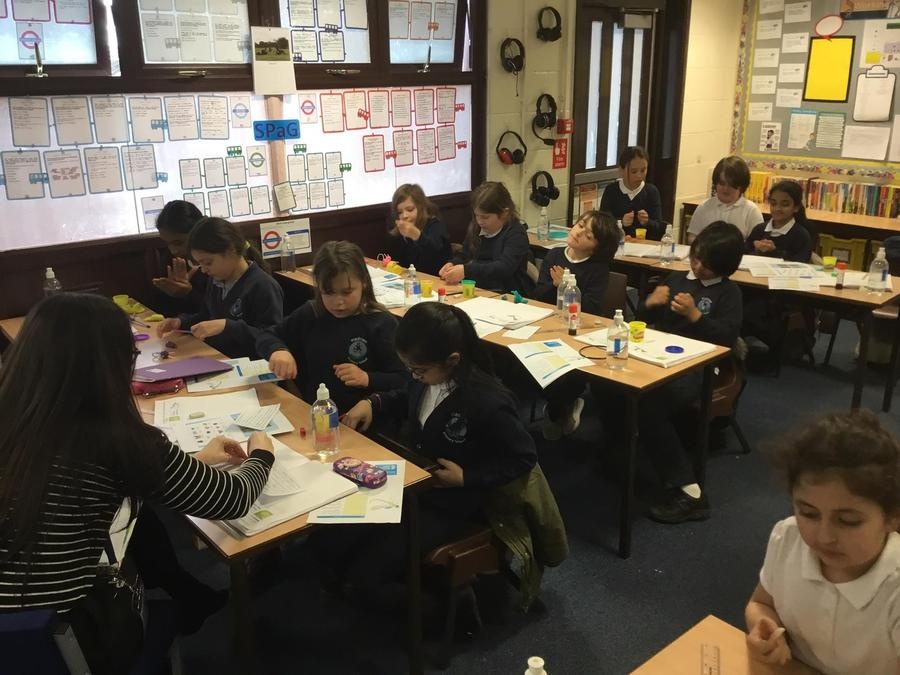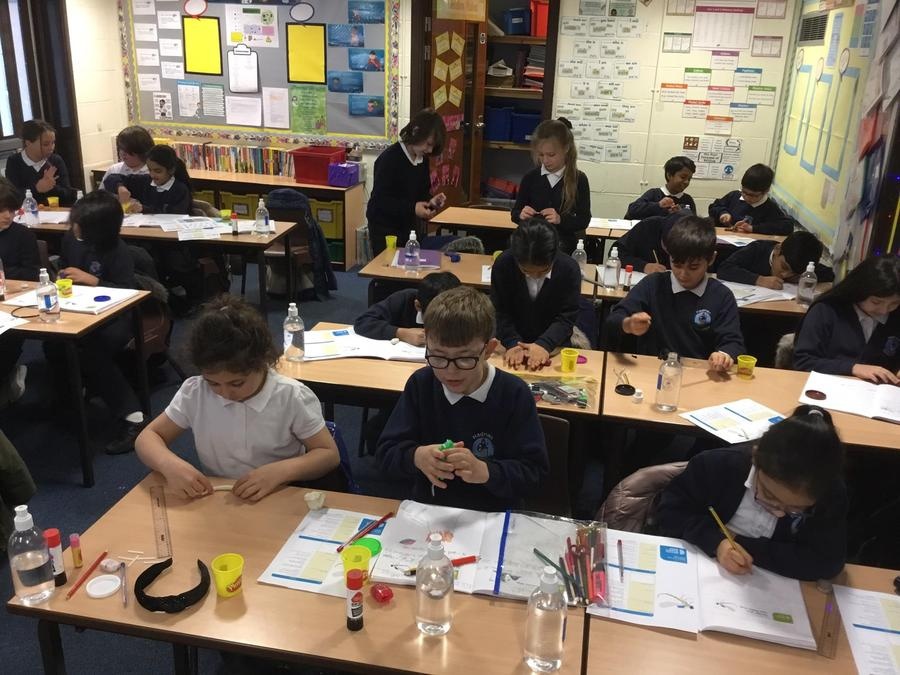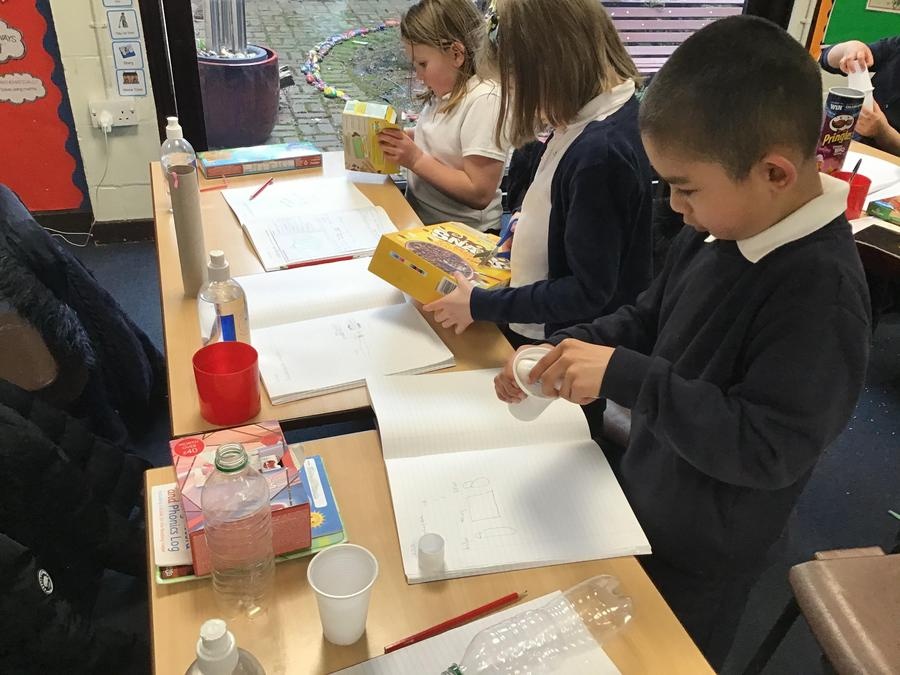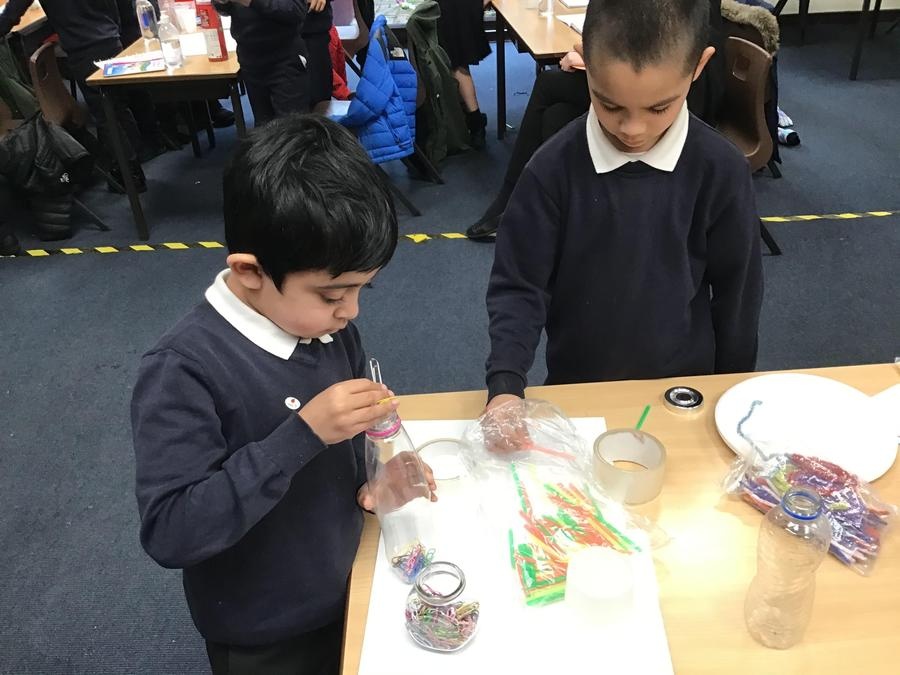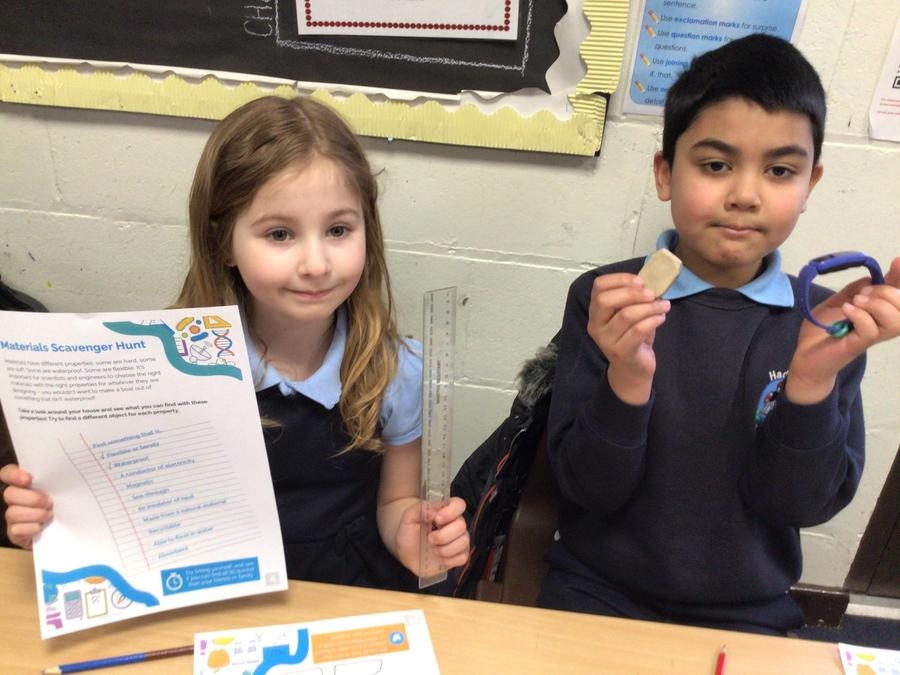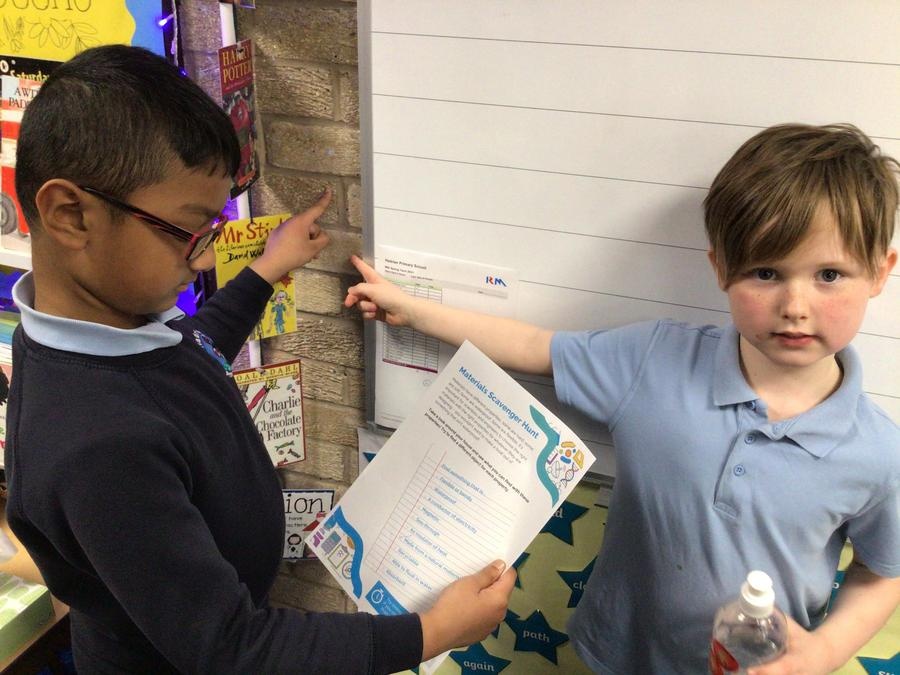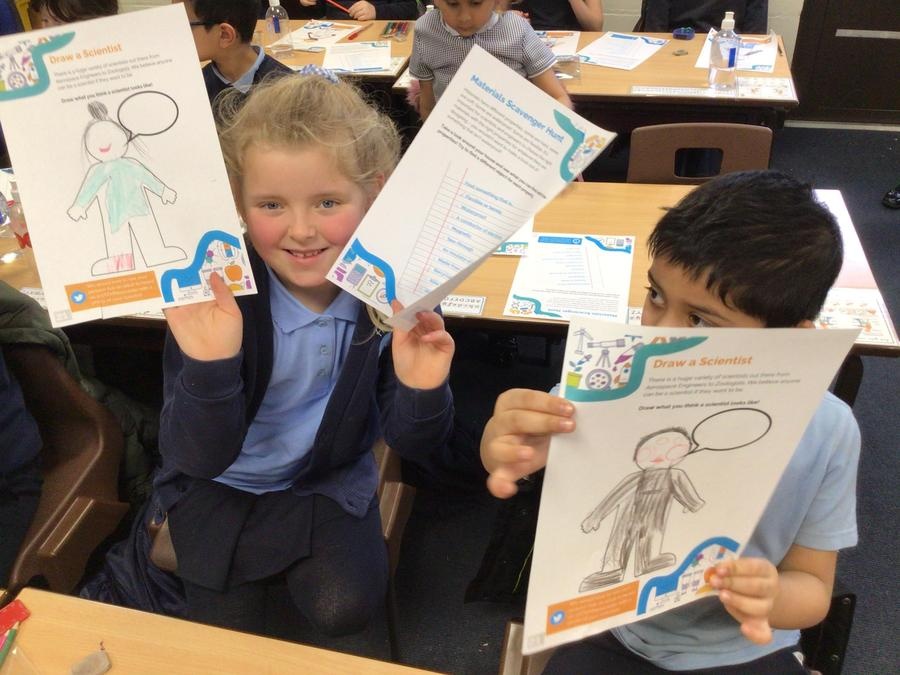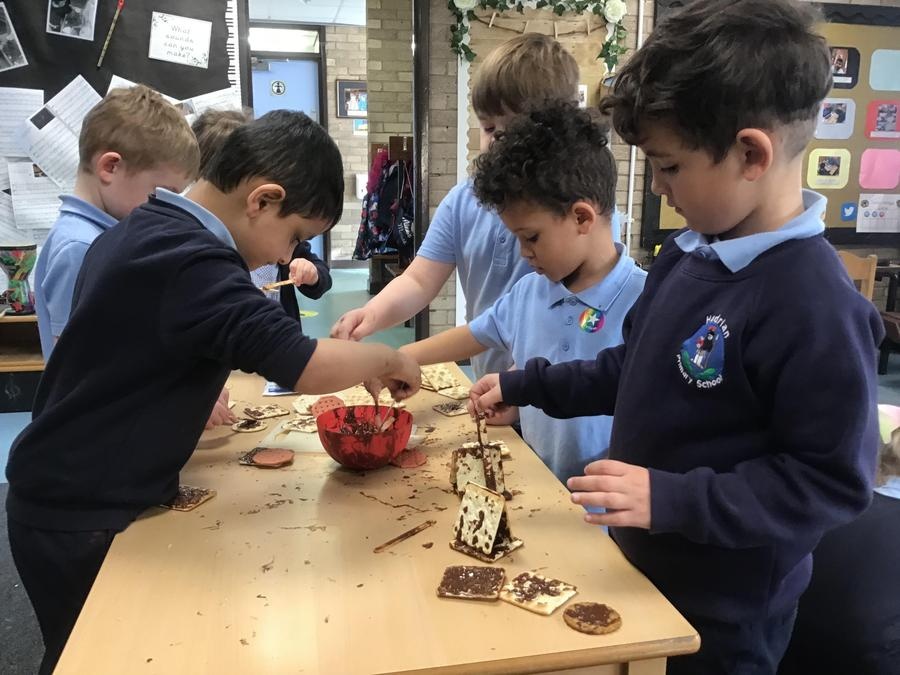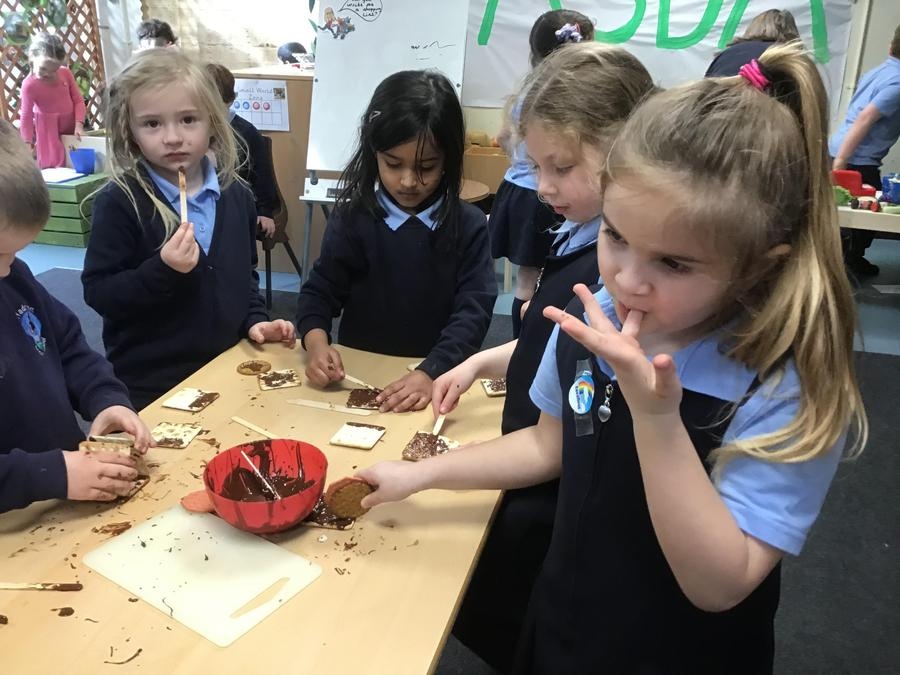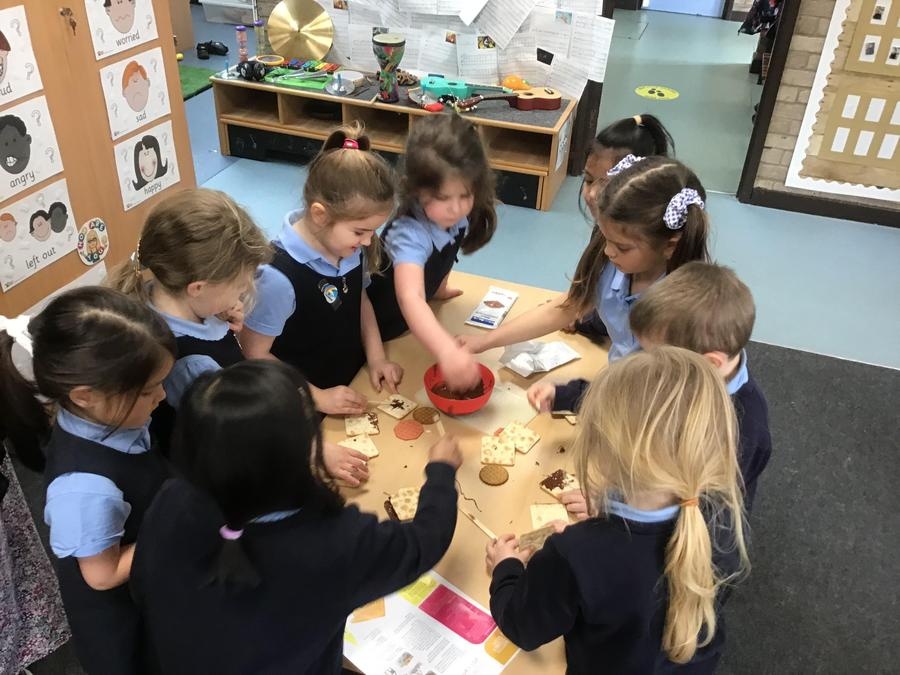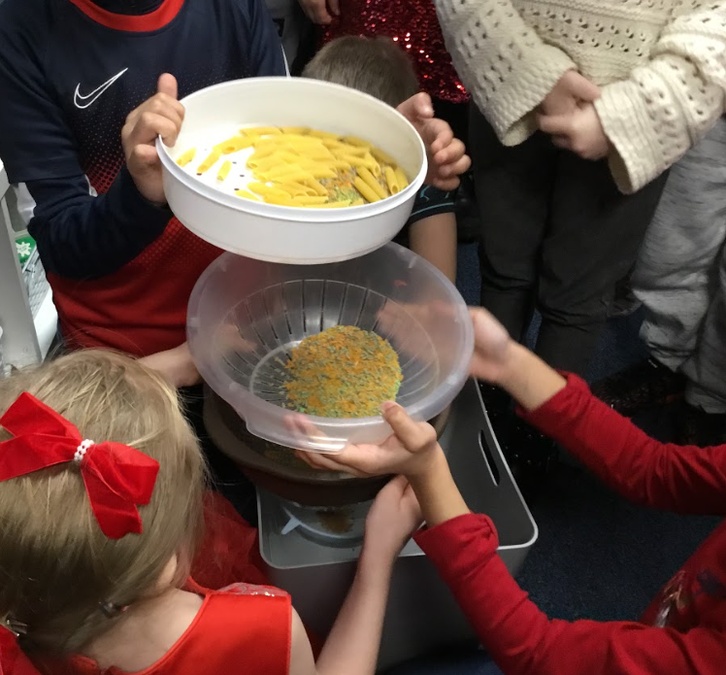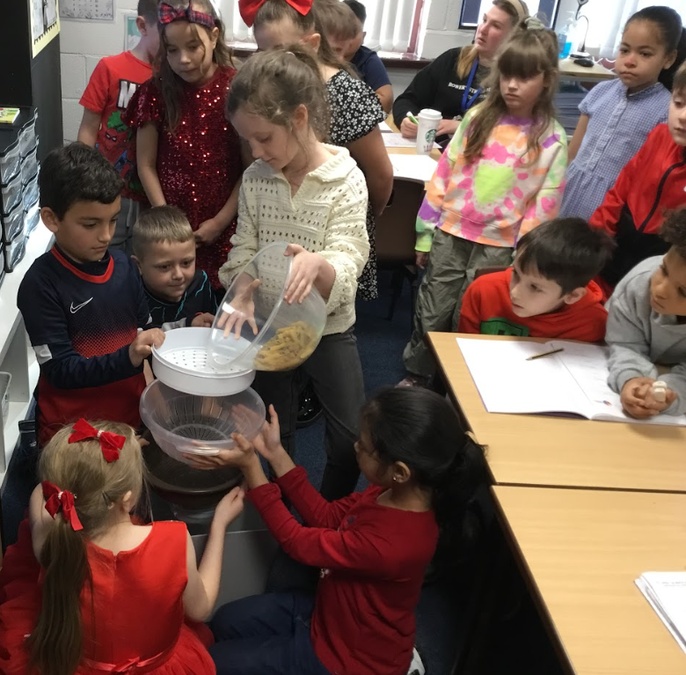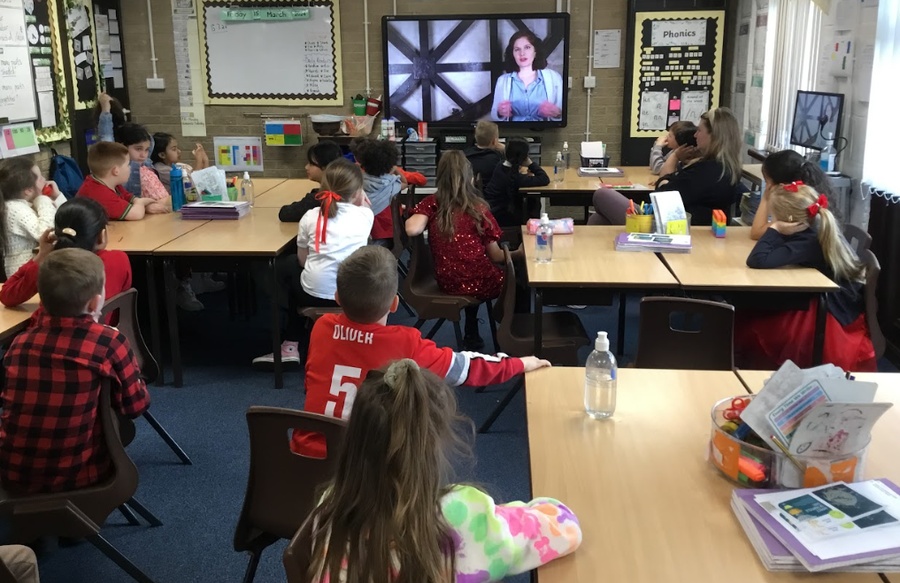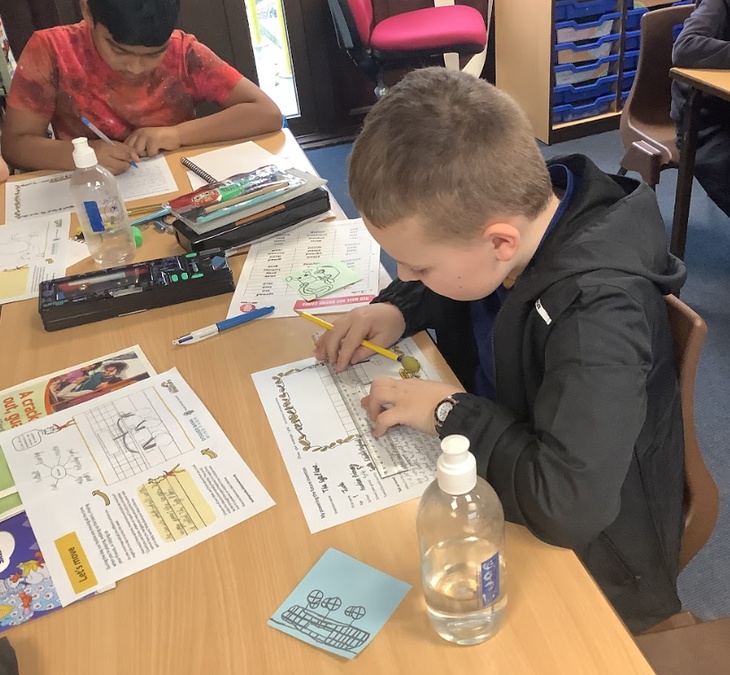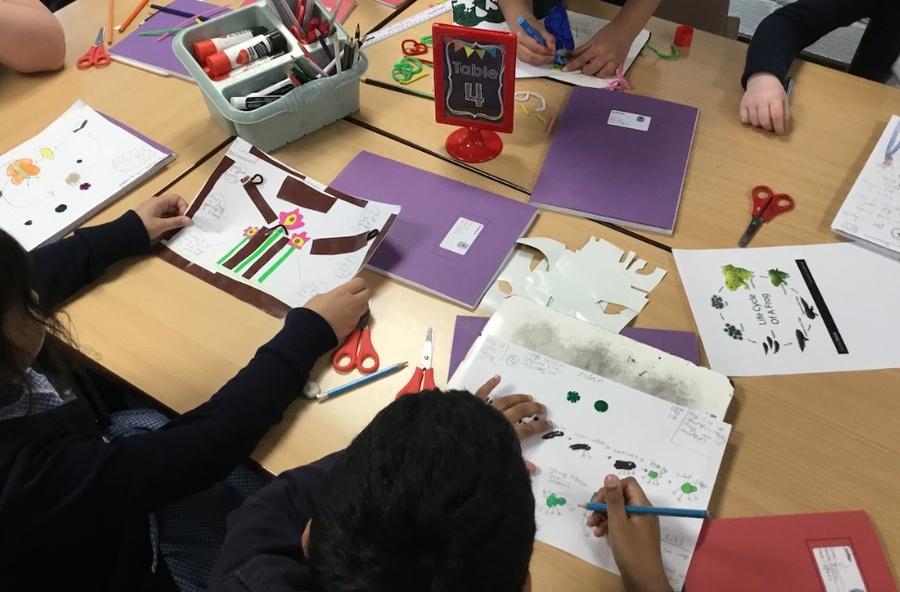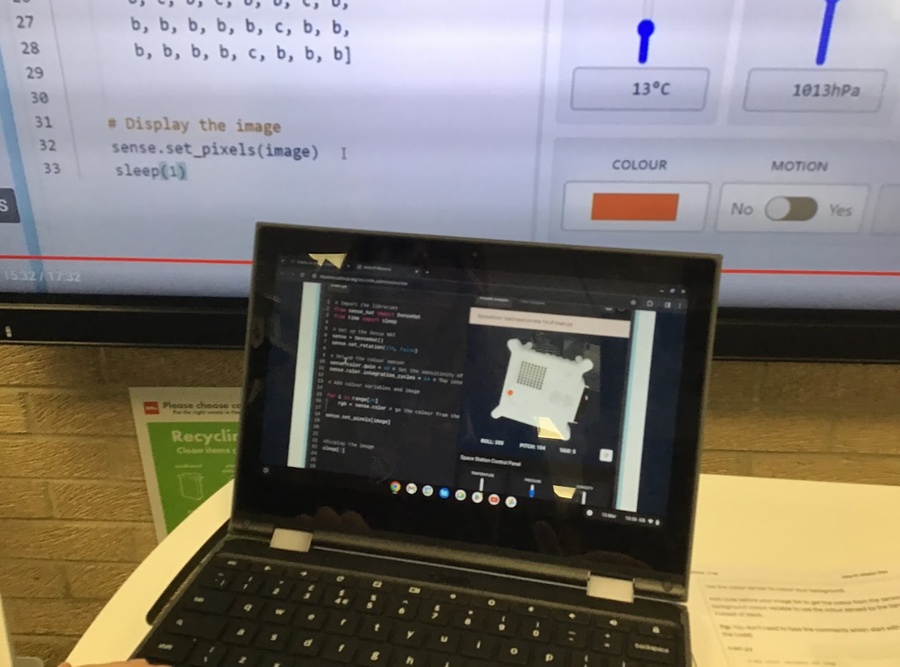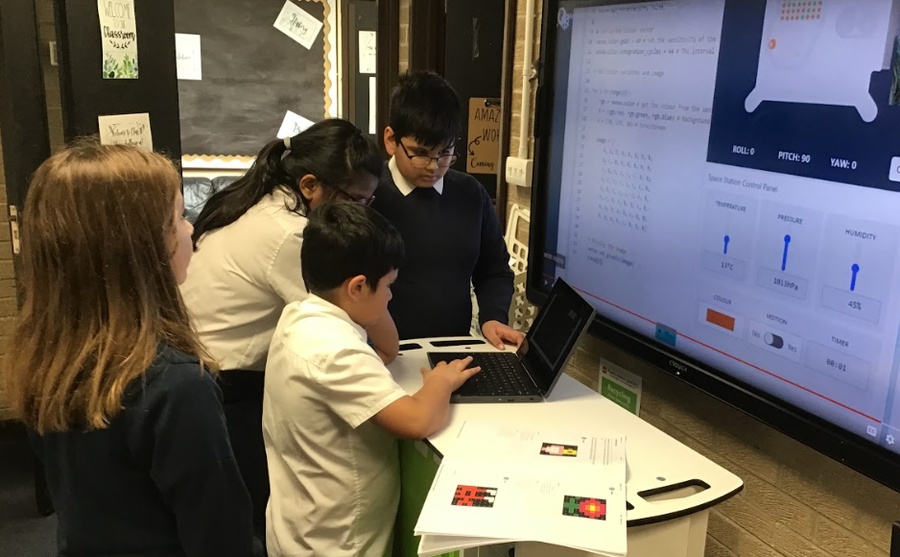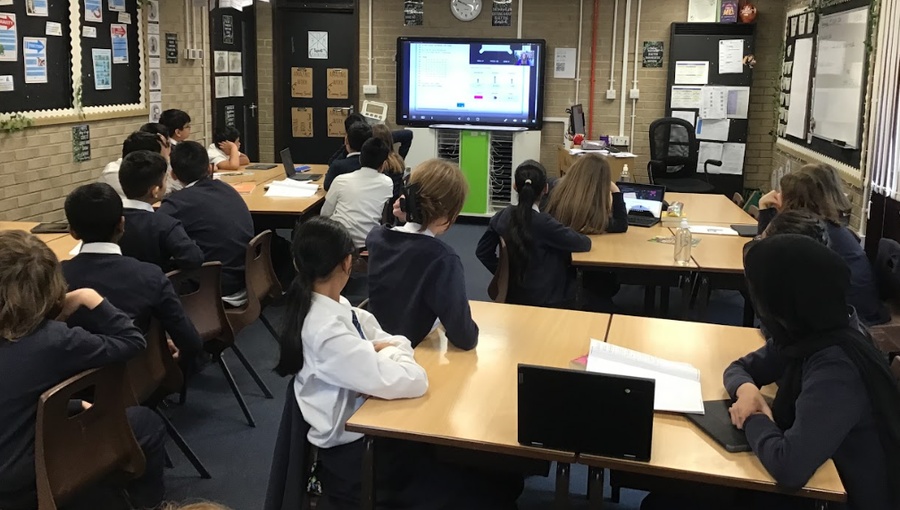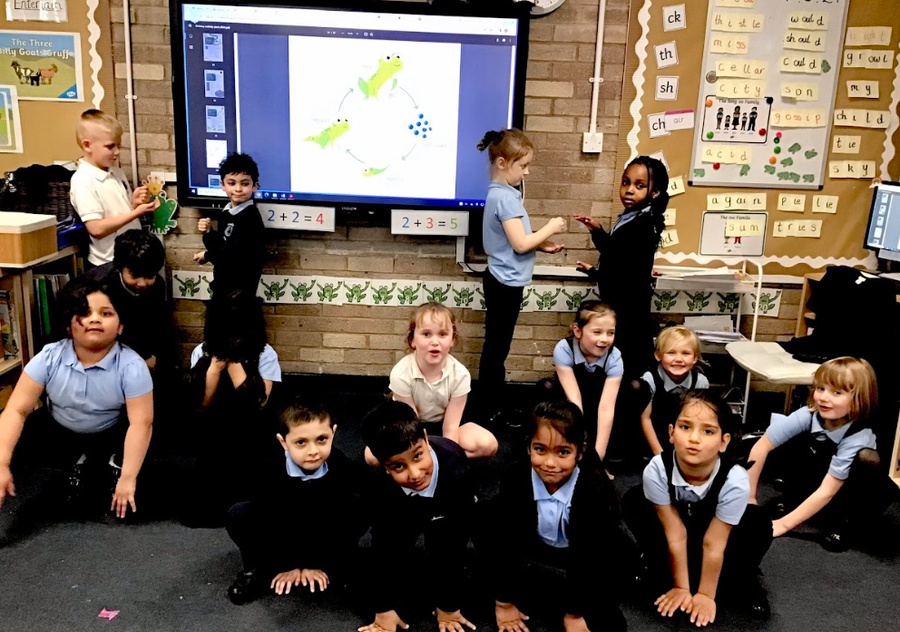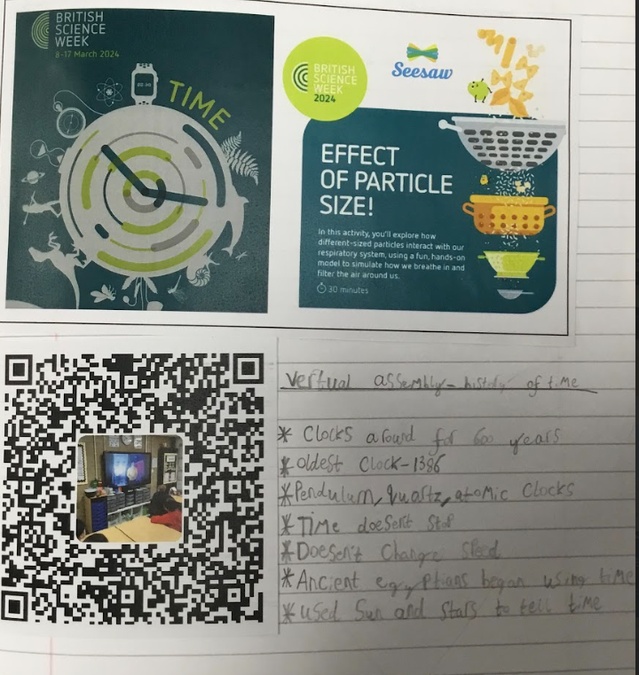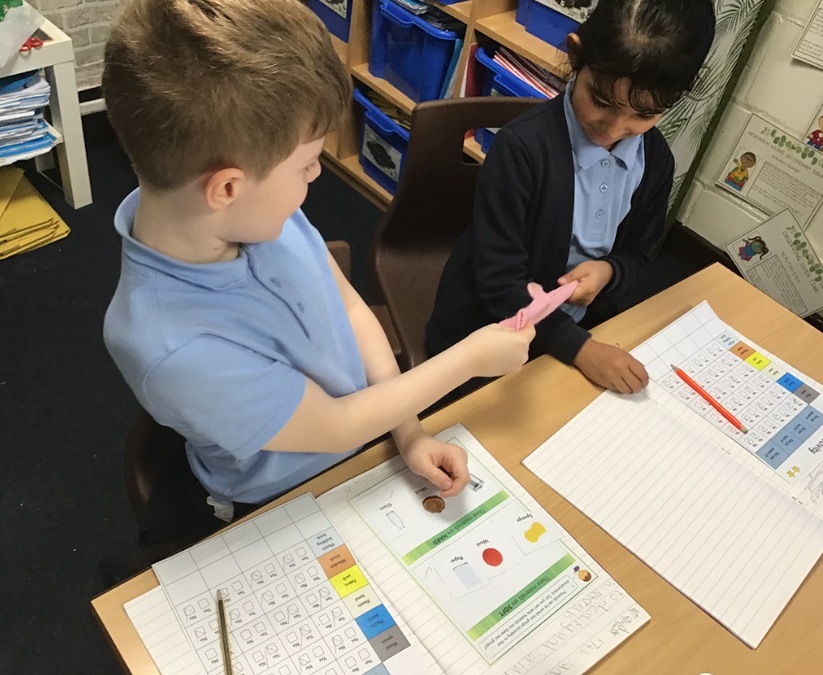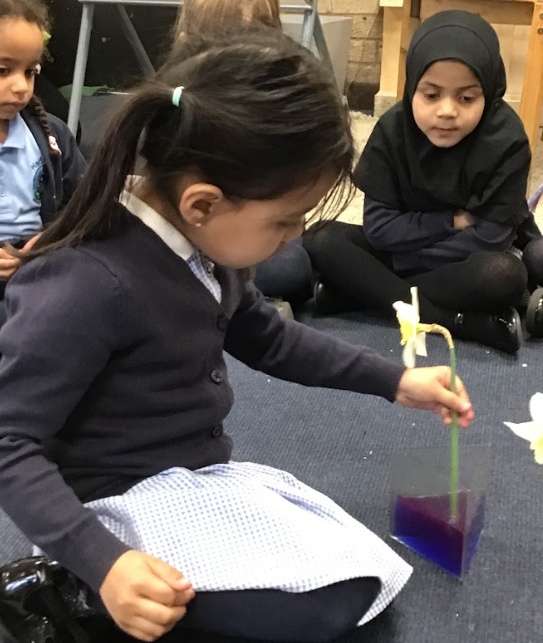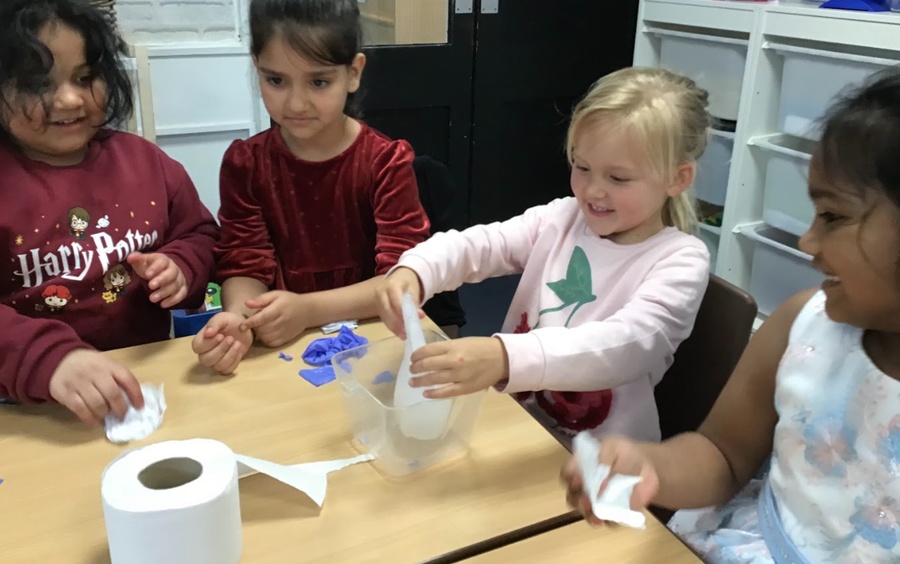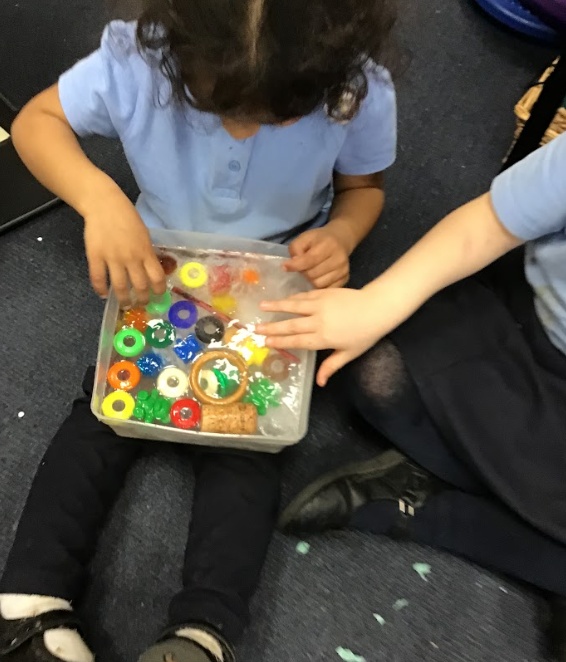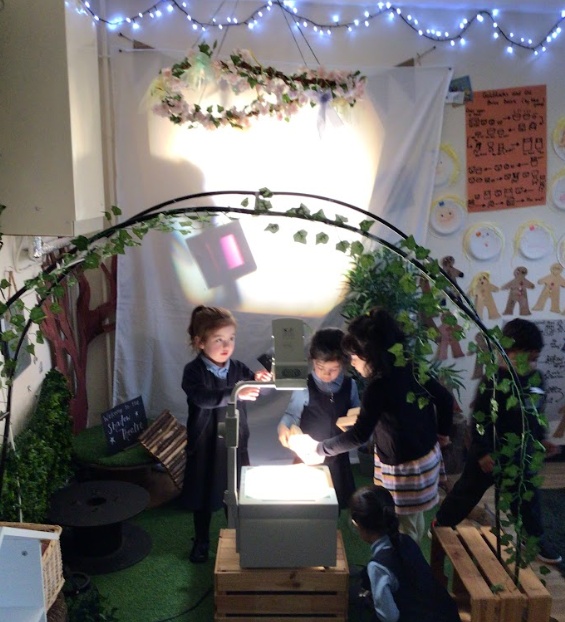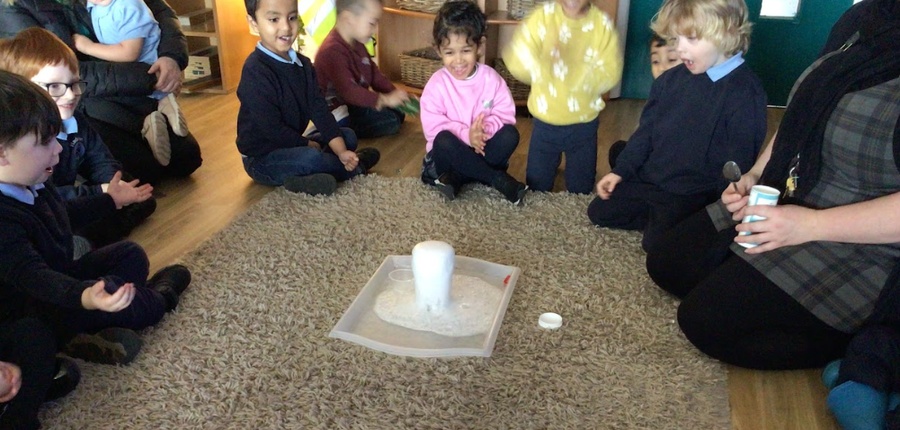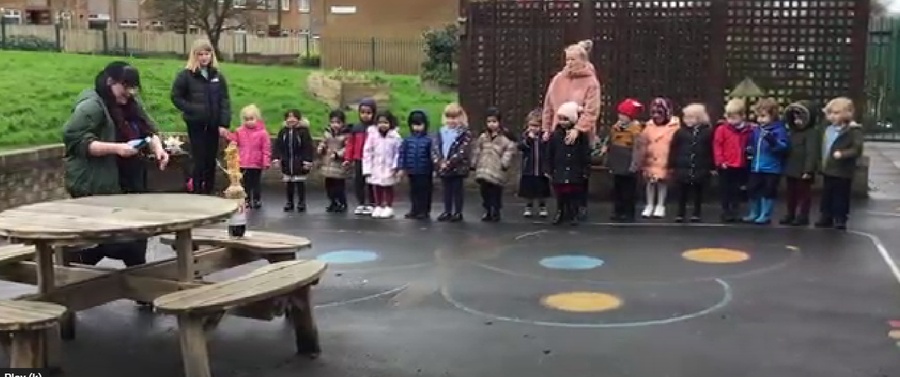Science
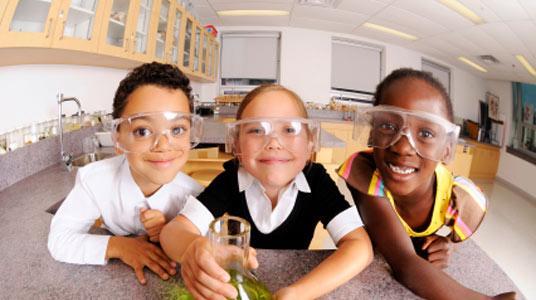
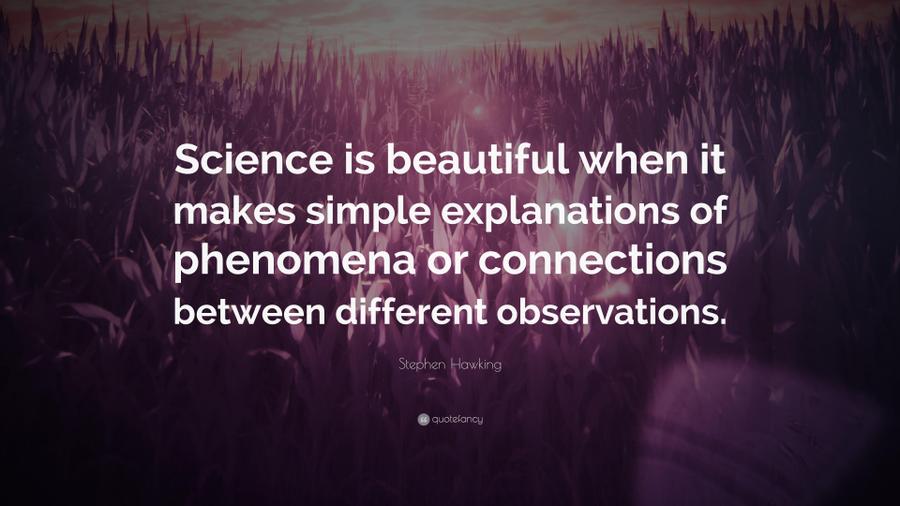
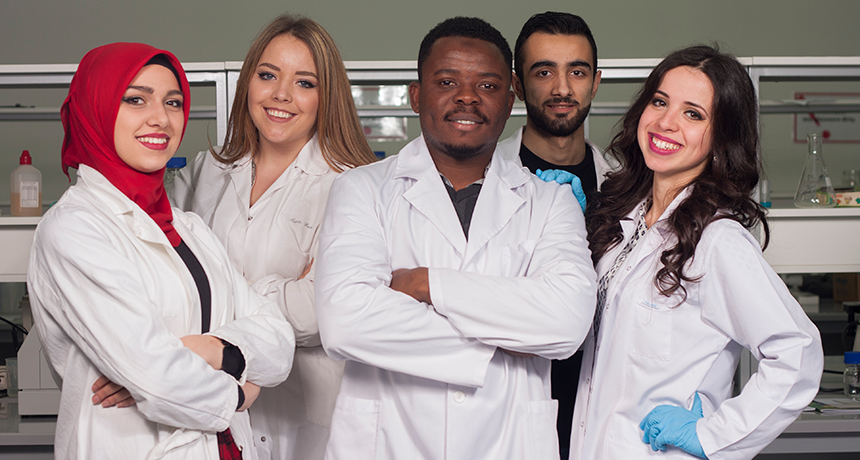
Science Curriculum Rationale
Here at Hadrian we encourage children to explore their curiosities and theories relating to Science. We value our vision - Being unique: believing, achieving, succeeding together. We try to ensure that children are excited and intrigued by the topics, through varied and exciting activities and investigations. We strive to incorporate Science across the curriculum, linking themes from other topics or organised days, events and trips to the subject. Our curriculum aims to broaden the children's scientific view of, and respect for the world around them, whilst promoting a love for enquiry and a desire for exploring new things. We took part in workshops with the Tyne River Trust and the River and Canal Trust where we were doing some cross-curricular work about the Water Cycle and ways to conserve water and protect our natural environment as well as finding out about animals in certain habitats and localities. We have also been working with Science Buddies for our after school science club.
We are always eager to work with professionals within the STEM industries to promote a positive attitude towards the exciting and fascinating world of Science, Technology, Engineering and Maths. With this in mind, we have developed links with Newcastle University, Harton Technology College, Life Centre, Beacon of Light, National Marine Aquiarium, RTC North, local police and fire services and Green Shift Educational Services to organise workshops, visitors, trips and events with the aim of inspiring young people and encouraging their curiosity about the world around them. It is important for the children to understand the various routes and diverse career opportunities within the STEM industries. For example, we constantly remind children what a scientist is ... that scientists are not old men in white coats but young women, students and anyone with a curiosity about the natural world.

Intent
We aim to give children the freedom and autonomy to explore their ideas and make mistakes that can be reflected on. Most of the learning about science should be done through the use of first-hand practical experiences, but there should also be some use of appropriate secondary sources, such as books, photographs and videos. Science should allow children to:
- Experience and observe the natural and humanly- constructed world around them.
- Be curious and ask questions.
- Explore, test and develop their understanding of scientific ideas.
- Use appropriate and accurate scientific language to communicate ideas and findings.
- Have knowledge of and exposure to different enquiry types.
- Have a growing confidence in ‘working scientifically’.
- Science should be meaningful, relevant and have real-life context.
For example, we have a wonderful school orchard, vegetable patch and herb garden where the children frequently visit. The children cultivate and harvest what they grow and even use their ingredients in recipes made in our outdoor classroom and fire pit. These types of experiences enhance and give context to the children's knowledge and understanding of animals, plants, cooking and habitats.

Implementation
At Hadrian Primary School our main aim is to develop children’s knowledge, skills, and understanding, as well as encouraging a sense of enjoyment in Science. Sometimes we do this through whole-class and small group teaching, while at other times we engage the children in an enquiry-based research activity. We encourage the children to ask, as well as answer, scientific questions. They have the opportunity to use a variety of data, such as statistics, graphs, pictures, and photographs. They use ICT in Science lessons where it enhances their learning. They take part in role-play and discussions and they present reports to the rest of the class. They engage in a wide variety of problem-solving activities. Wherever possible, we involve the pupils in practical activities as these increase enthusiasm and motivation and provide first-hand experience. Practical activities provide the children with a range of contexts allowing safe exploration of the world without the need to master facts and theories. By taking part in practical activities, children with special educational needs are given the opportunity to develop fine motor skills and co-ordination. Knowledge and skills can be developed in small steps through practical work. We recognise that there are children of widely different abilities in all classes, so we provide suitable learning opportunities for all children by matching the challenge of the task to the ability of the child. We achieve this in a variety of ways by:
*Setting common tasks which are open-ended and can have a variety of responses.
*Setting tasks of increasing difficulty (not all children complete all tasks).
*Mixed groups and grouping children by ability in the room and setting different tasks to each ability group.
*Providing resources of different complexity depending on the ability of the child.
*Providing challenges designed to allow the children to reflect and think deeper about their learning.
For example, two year 5 classes recently collaborated on a large-scale Solar System model on our school field to investigate the speed and distance of the planets' orbits around the Sun. The children worked practically, collaboratively and in mixed groups. We filmed the investigation using our drone and the children then discussed their findings and presented them in videos which were uploaded onto our online learning journals.

Assessment and Impact
Impact is measured by:
- Informal judgements by teachers during lessons
- Teacher’s marking and comments
- End of year reports
- Formal results and progress tracked in Maestro
- Retention of knowledge and skills
- Level of engagement and enjoyment
- Appropriate use of scientific vocabulary
- Children's confidence
The Science co-ordinator also completes regular work scrutinies as well as lesson observations, pupil surveys and staff questionnaires.
Formal Science monitoring complete in Spring Term 2024 and informal monitoring is currently ongoing.
At Hadrian Primary School, we are ALL scientists
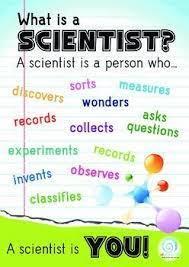 |
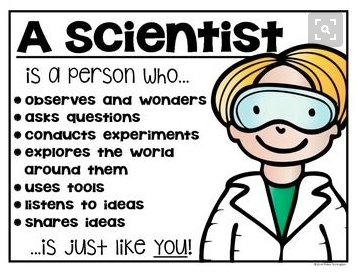 |
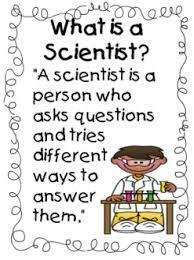 |
It constantly changes our lives, why is Science SO important?
SUPER SCIENTIST CLUB!
Each year, we have our after school Science club led by real scientists! Each week follows a new focus and every one hour session includes several practical experiments and hands-on investigations with the aim of building Science capital and fostering a love of Science.
KS1 Science club week1- volcanoes, colour diffusion in water and rockets
KS1 Science club week 2- storm in a cup and inflating balloons without an air pump
KS1 Science club week 3- exploring materials that are magnetic, putting an egg inside of a flask using fire and testing liquids to see if they are acid or alkali
KS1 Science club week 4 - making slime and watching the reaction of cola and mentos
KS1 Science club week 5- We were mini engineers and looked at different ways of building towers as well as making monster brains explode
KS2 Science club week 1- We created bath bombs
KS2 Science club week 2- We learned about the needs and habitats of an African Land Snail and wood lice. We also mixed baking soda and vinegar to create carbon dioxide to inflate some balloons.
KS2 Science club week 3- We experimented with chromatography using tissue paper and different colour inks. We also observed what happens when you mix oil, water and food colouring.
KS2 Science club week 4- We created volcanoes using a malleable material, vinegar and bicarbonate of soda. We then made some hover crafts!
1
KS2 Science club week 5- We looked at irreversible changes using bicarbonate of soda and coloured vinegar, as well as reversible changes using filtration and sand and water
KS2 Science club week 6- making Christmas bauble bath bombs
Exciting Science news!
We had a session booked with NMA (National Marine Aquarium). NMA gave a whole school assembly titled ‘Our Blue Planet’ where STEM experts delivered the message of conservation and what we can do to help take care of our planet.
We were also lucky enough to have real Scientists in school to deliver exciting workshops to each year group. These sessions were designed in collaboration with the class teachers to link with their topics and have a hands on approach that engaged and inspired our children.
